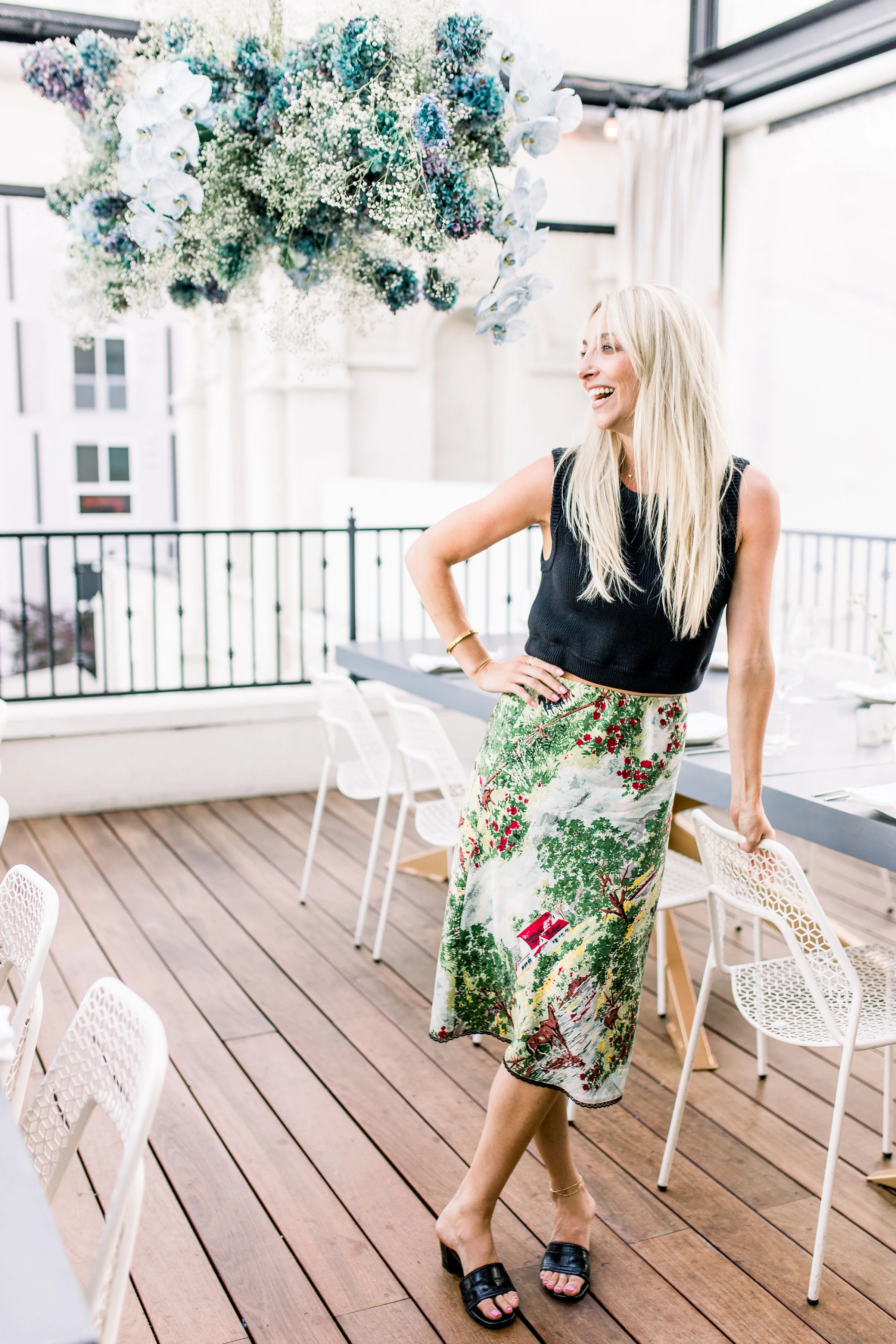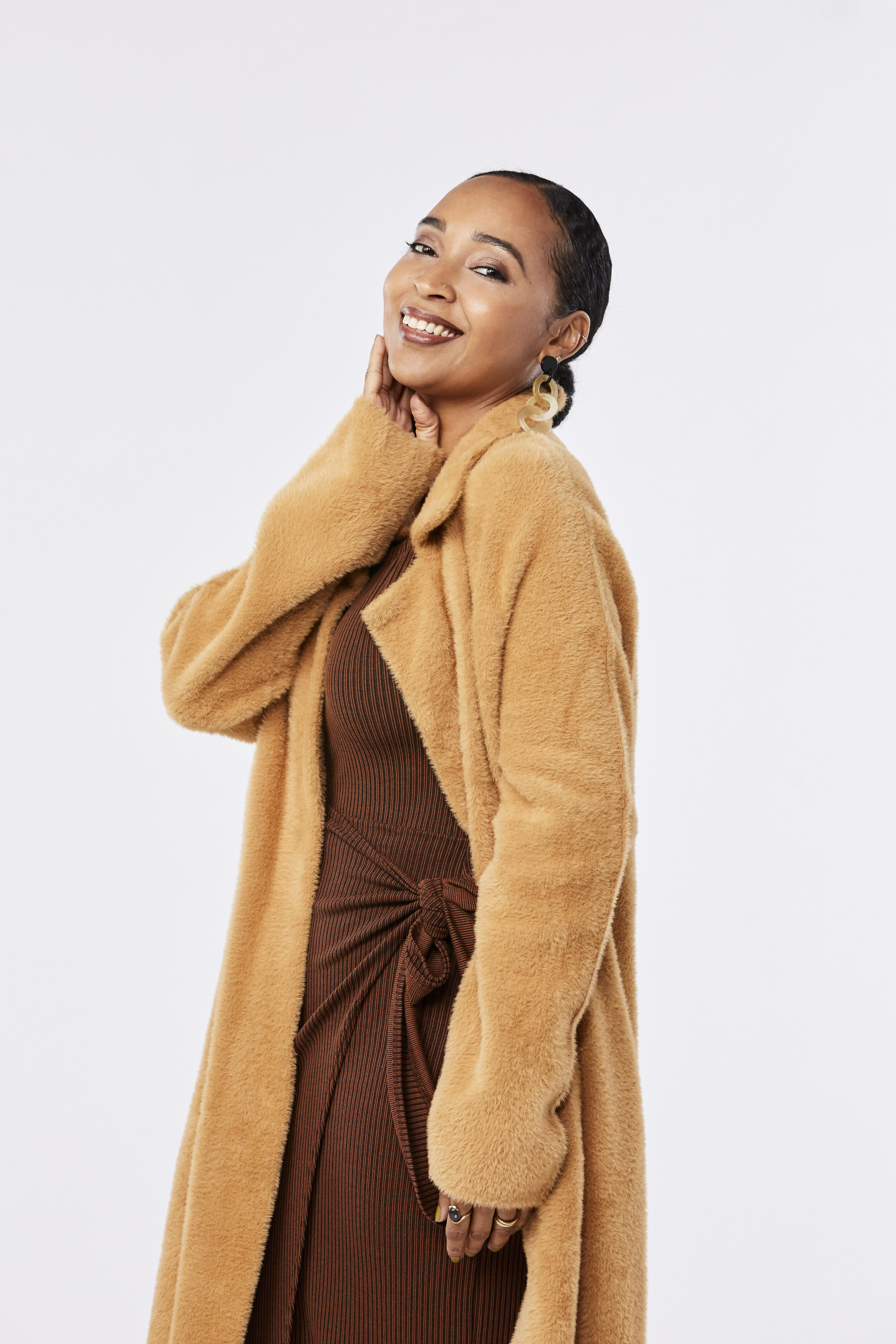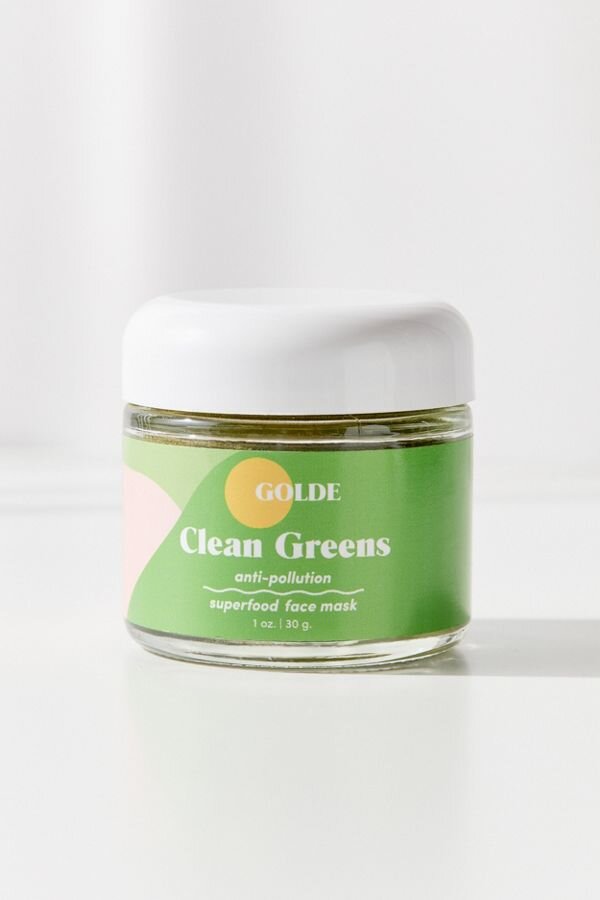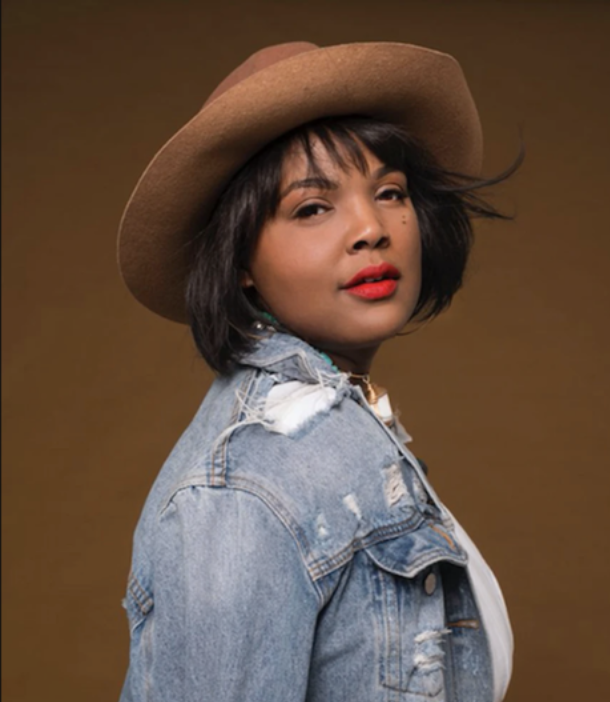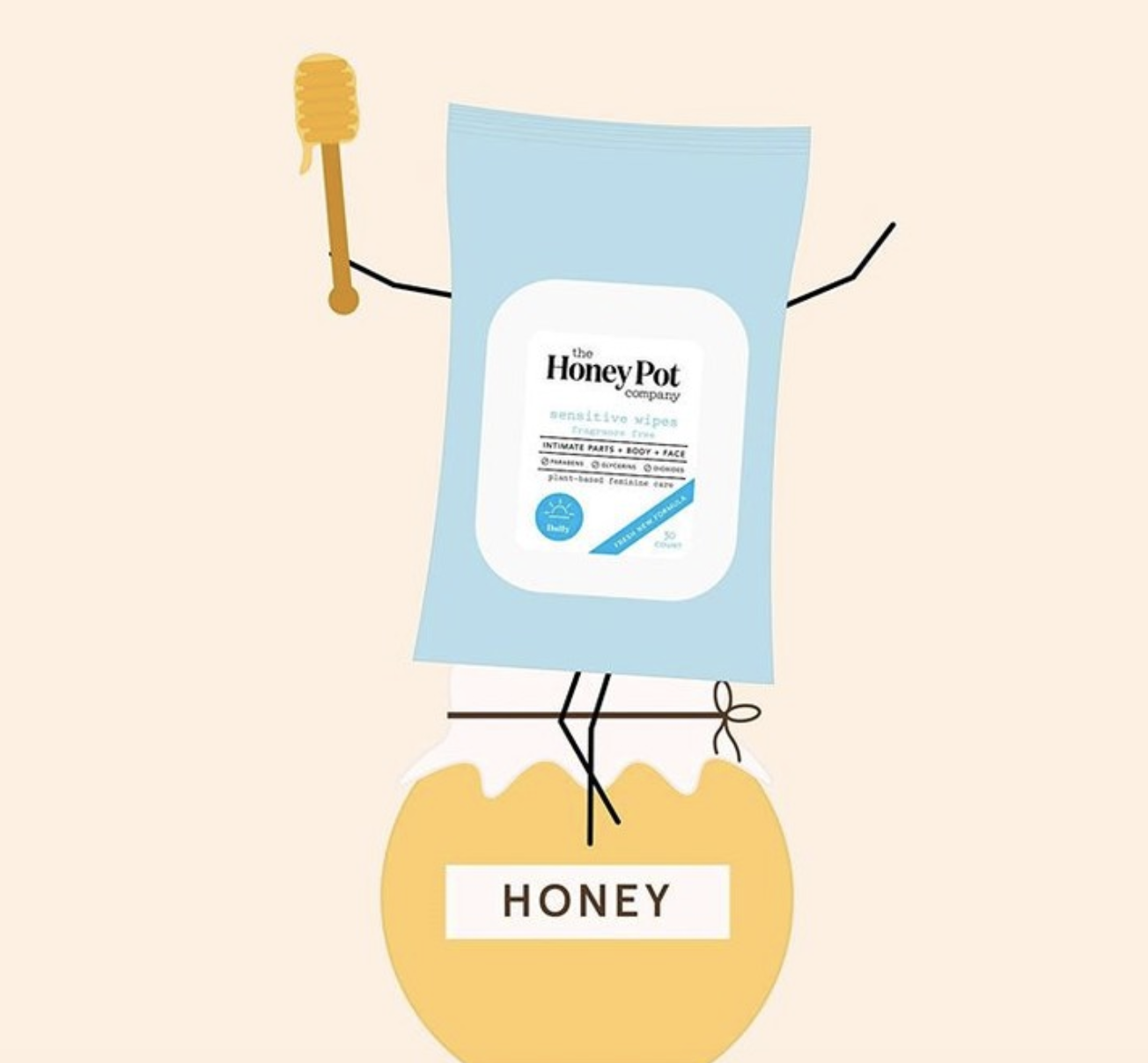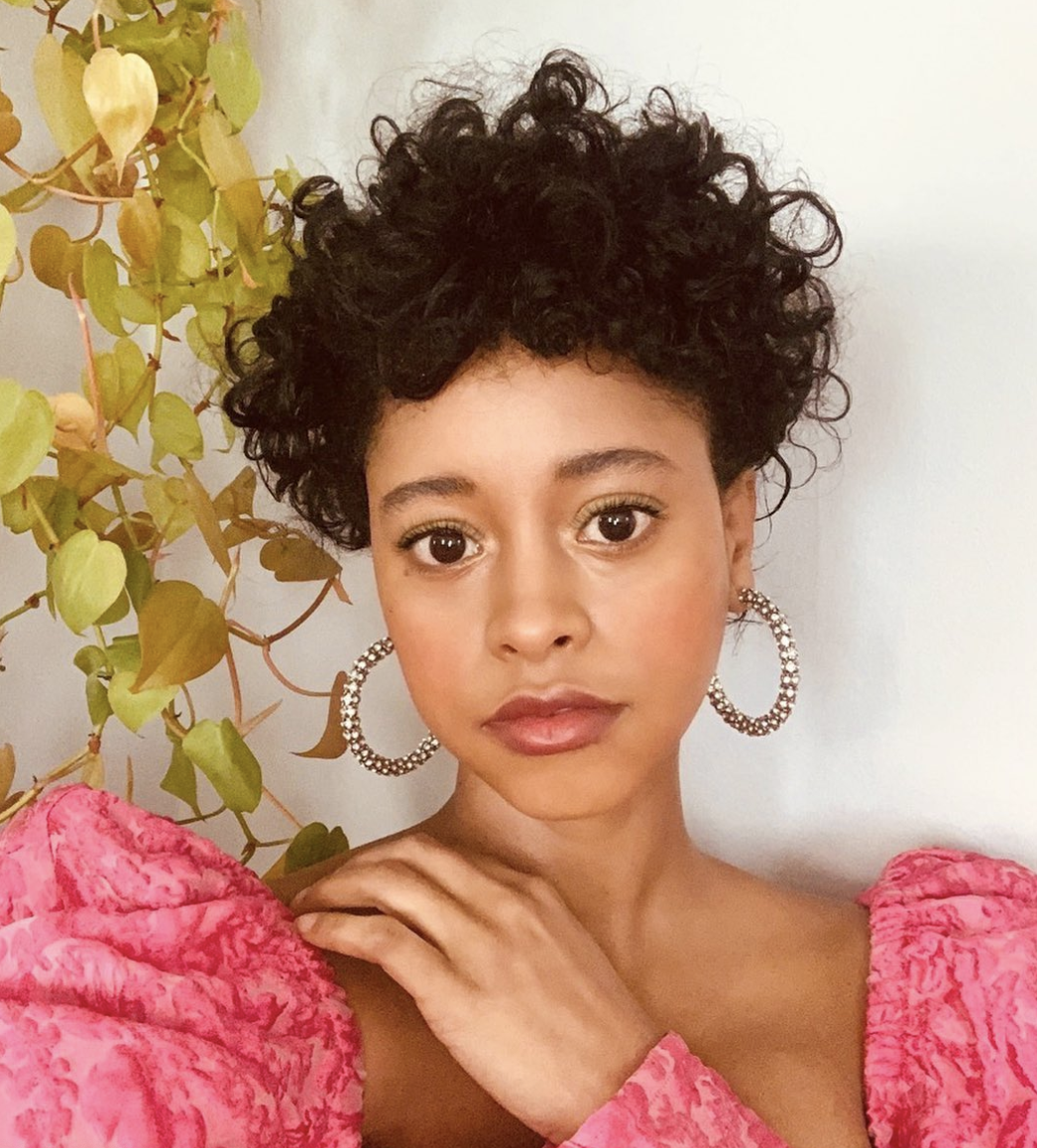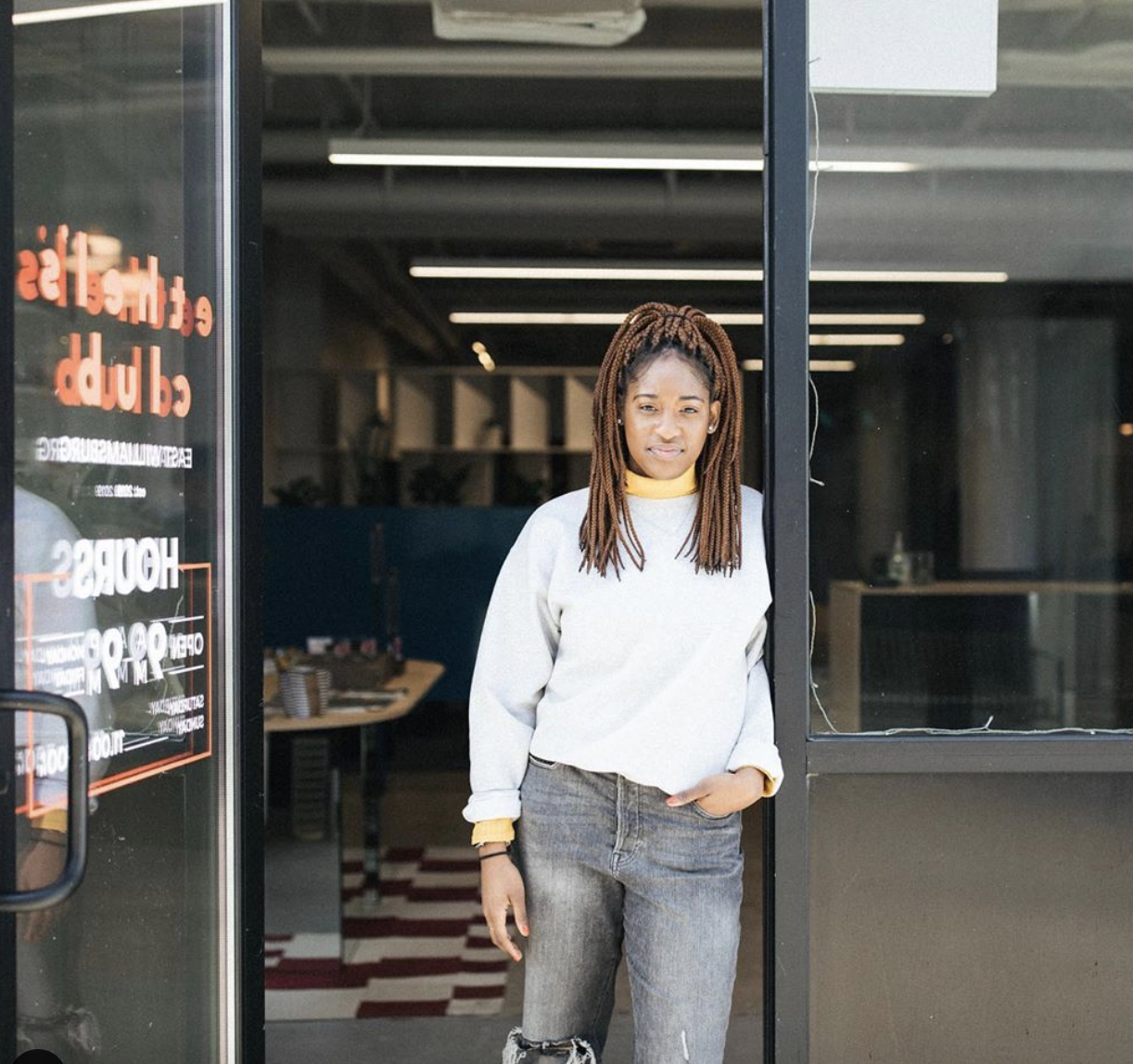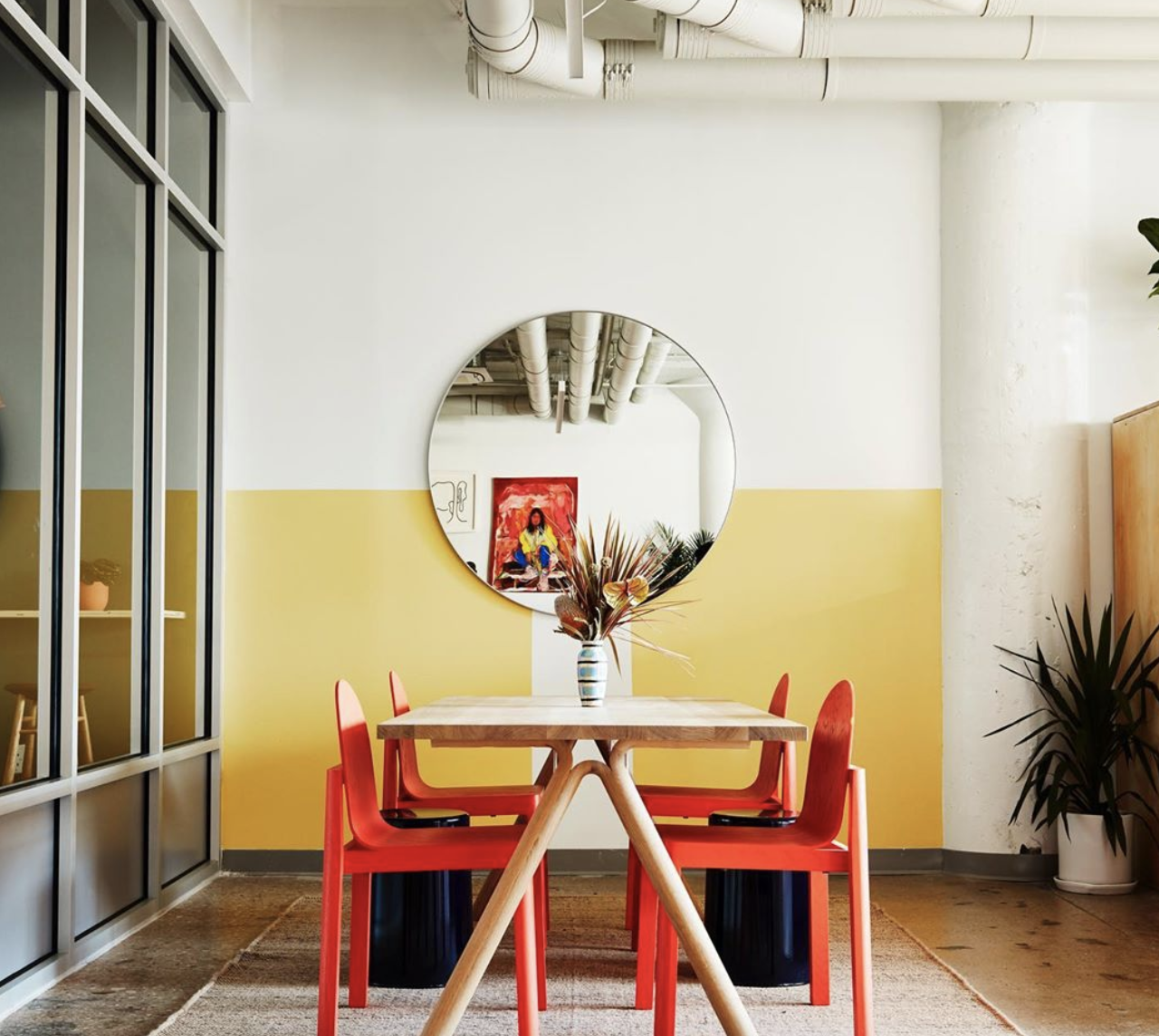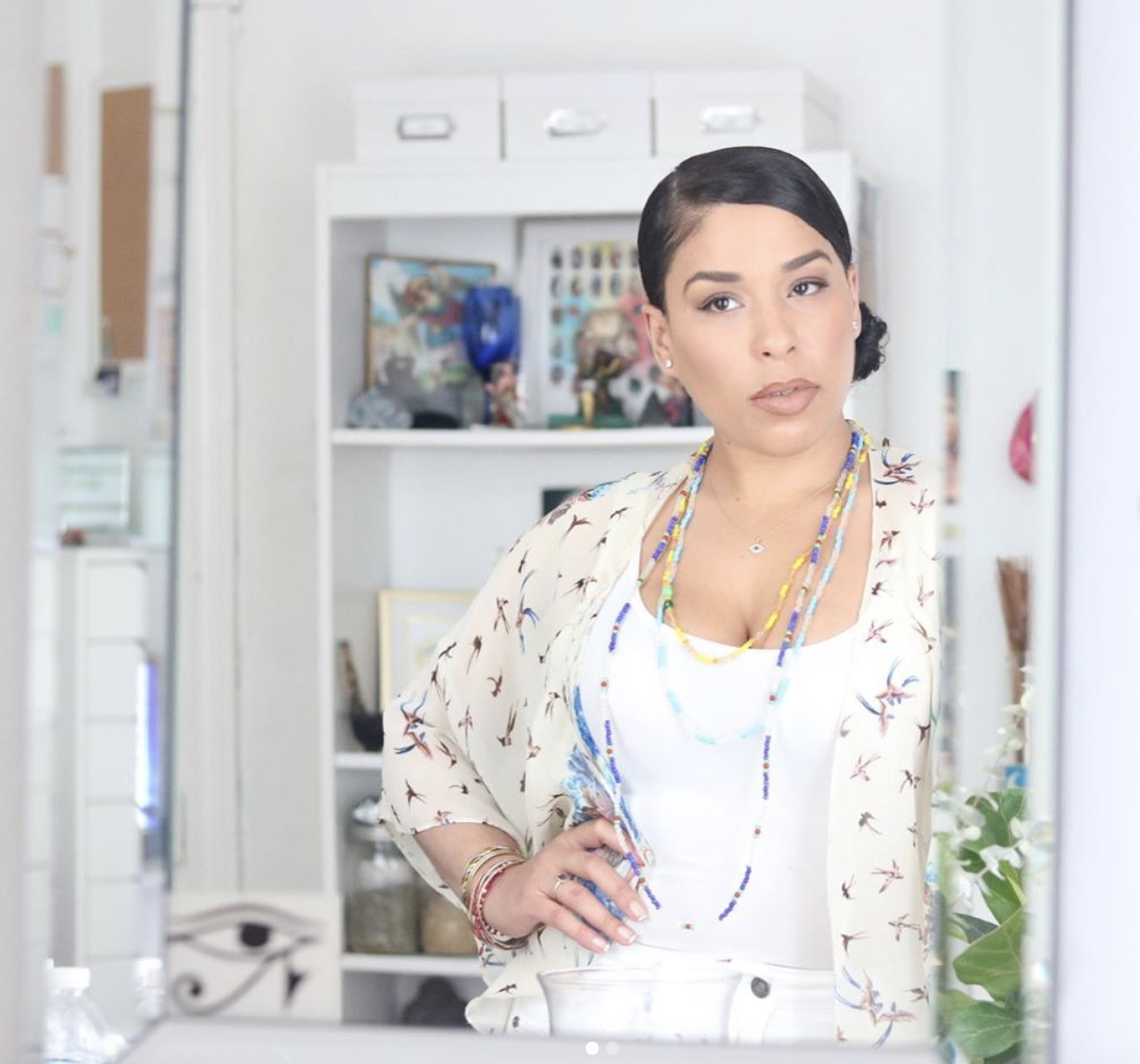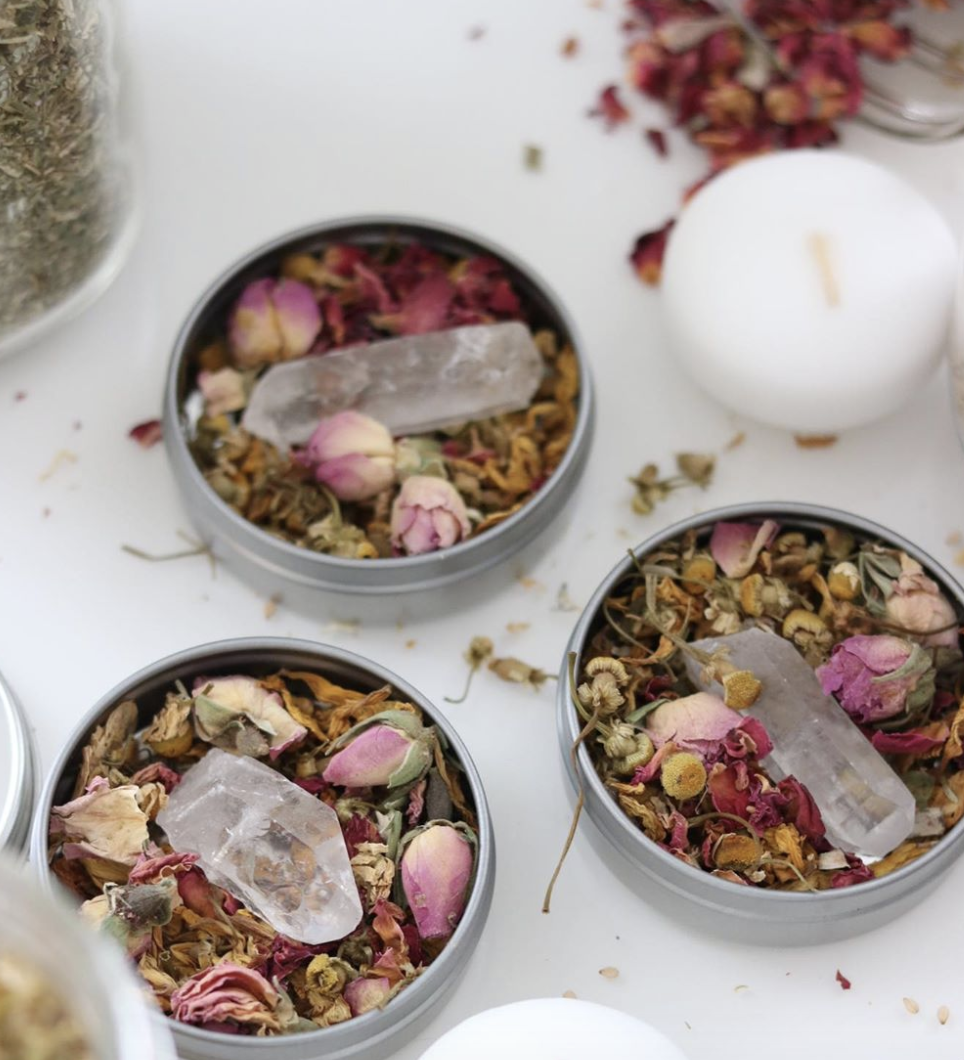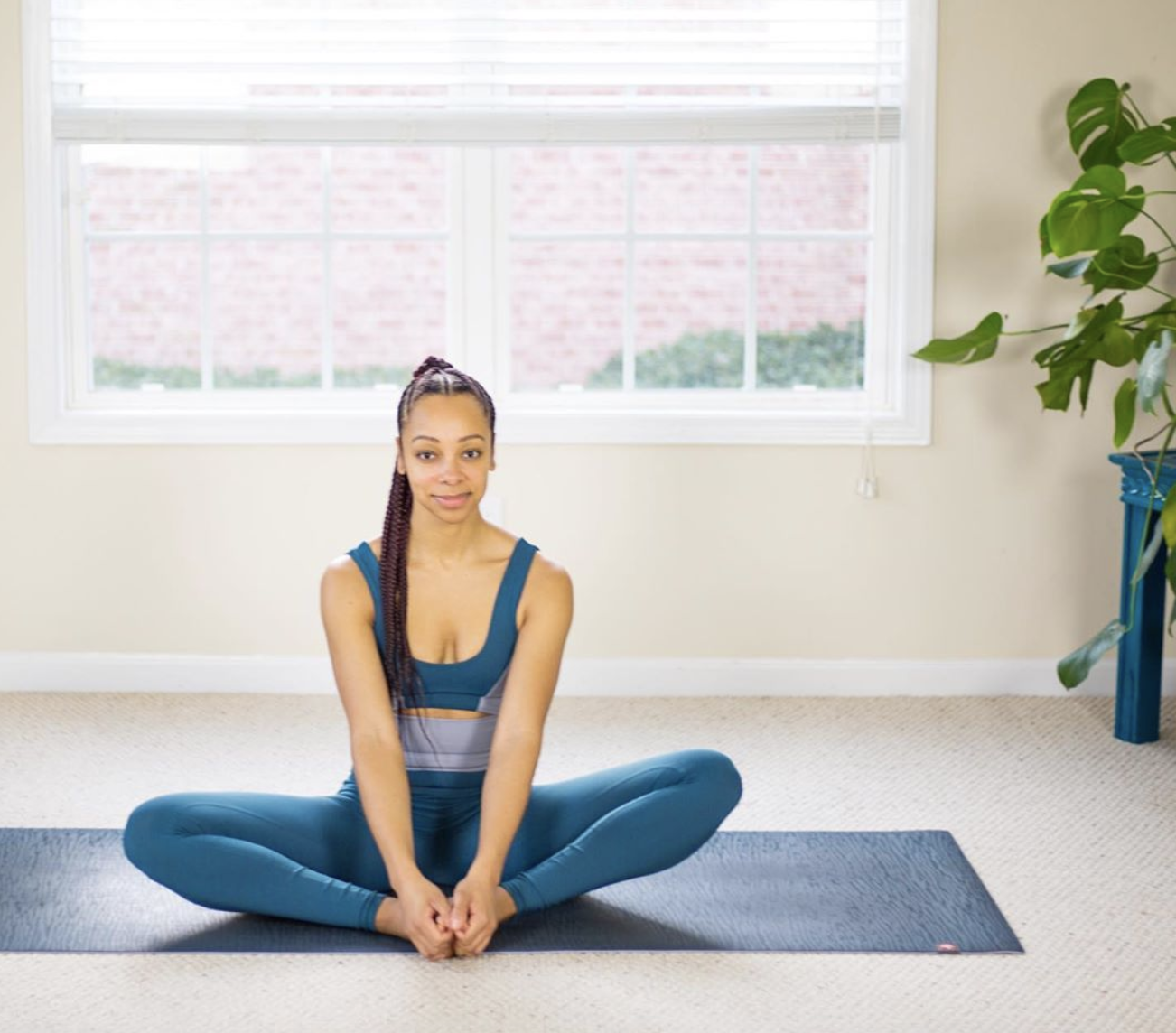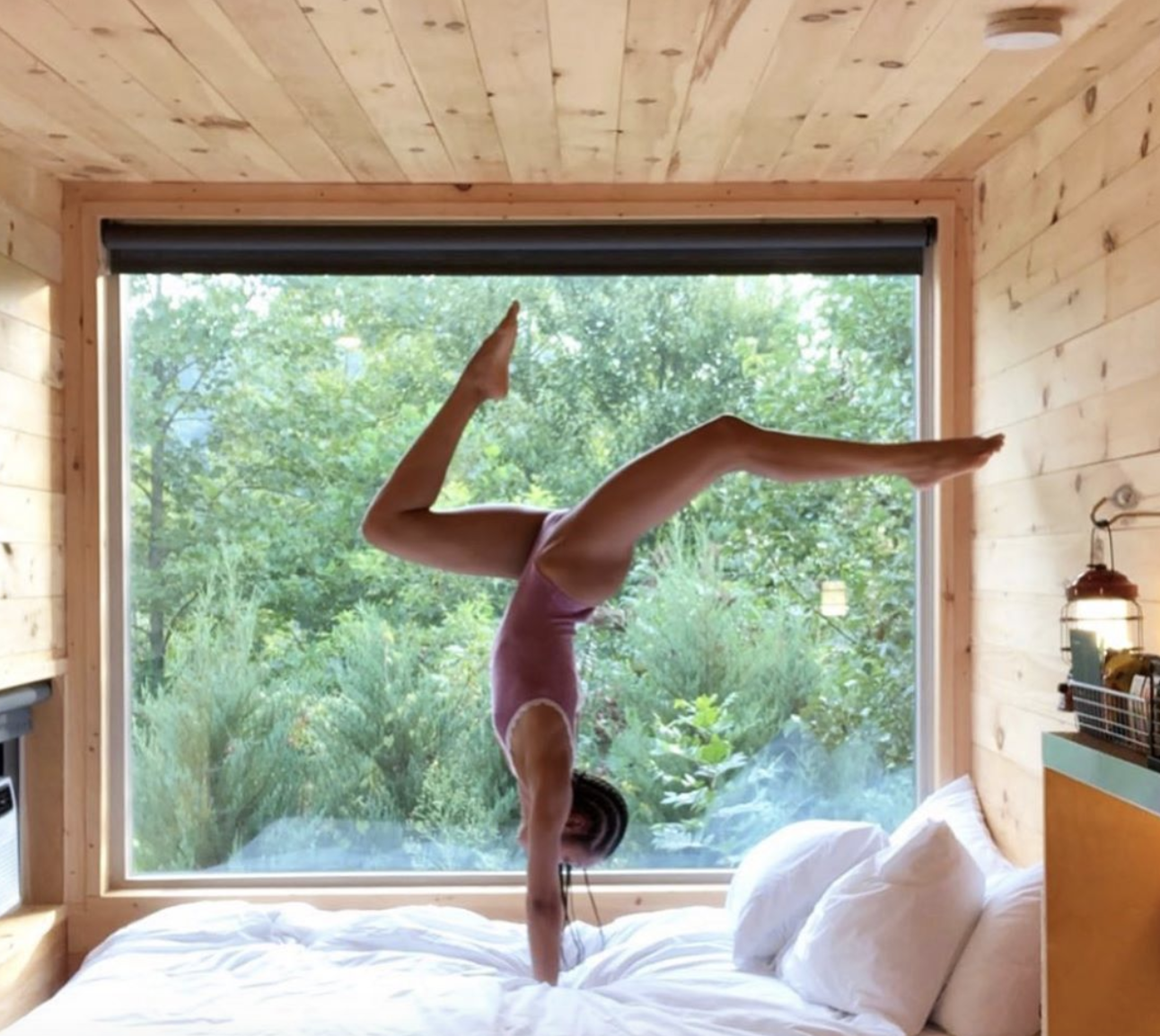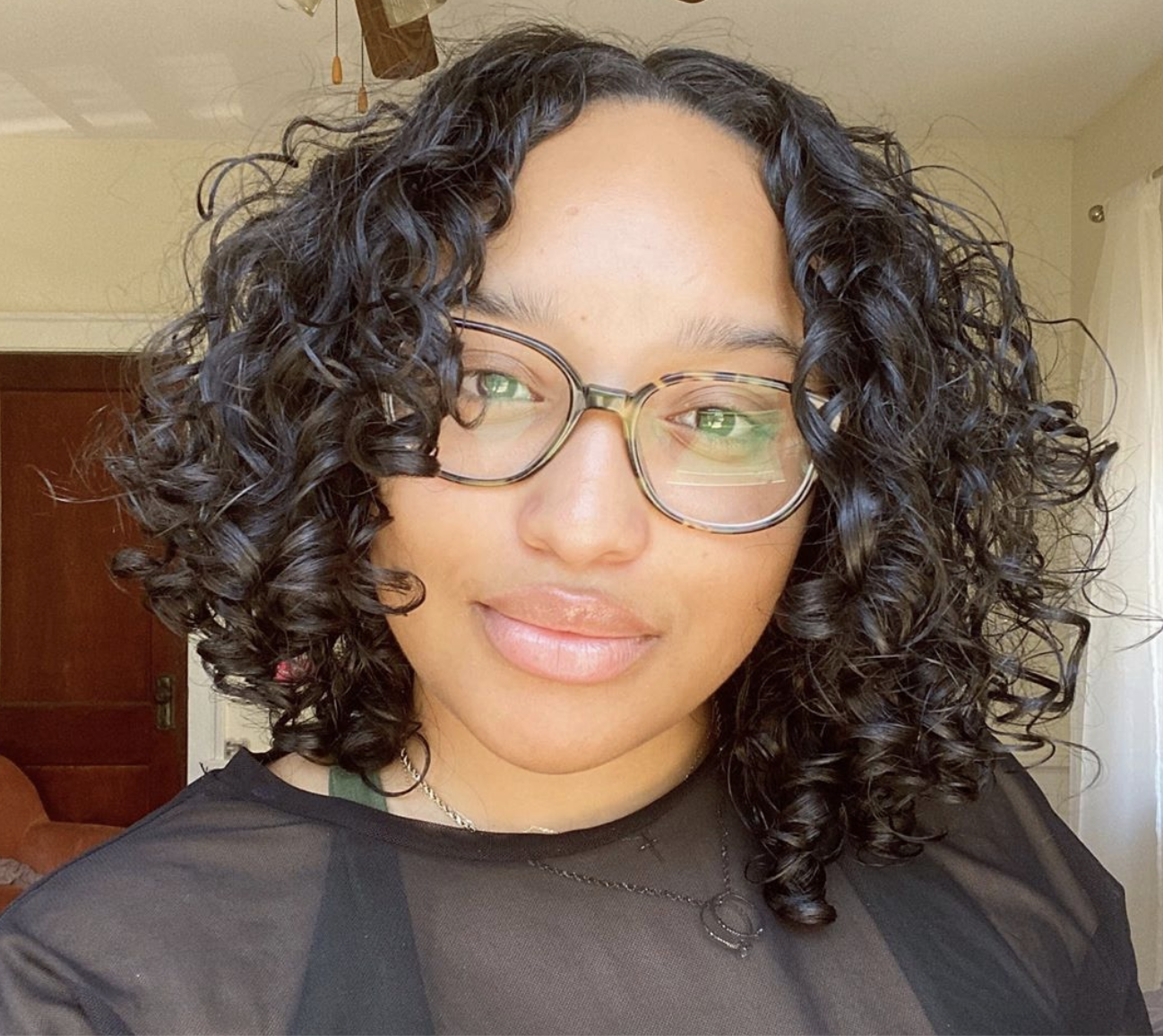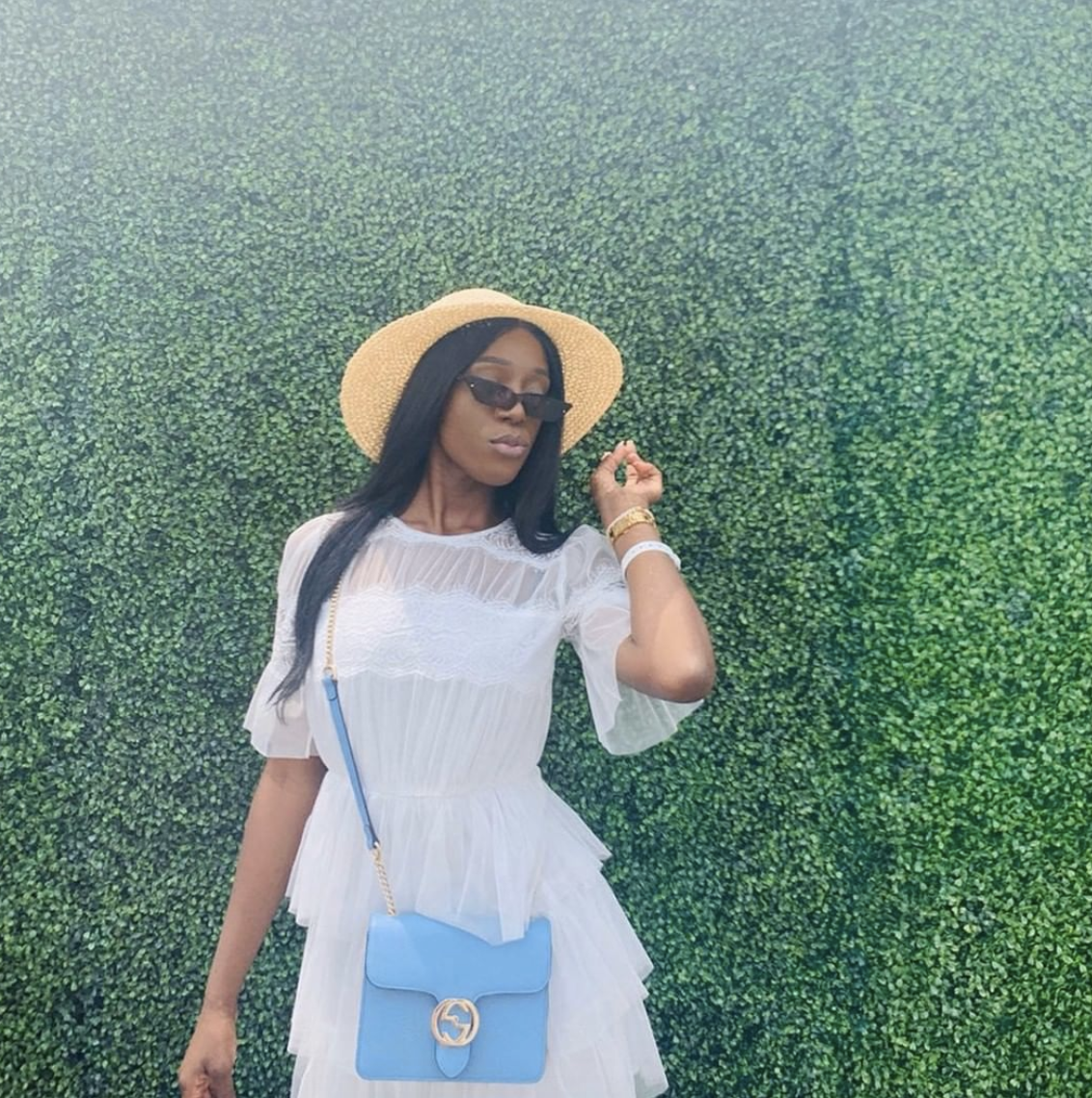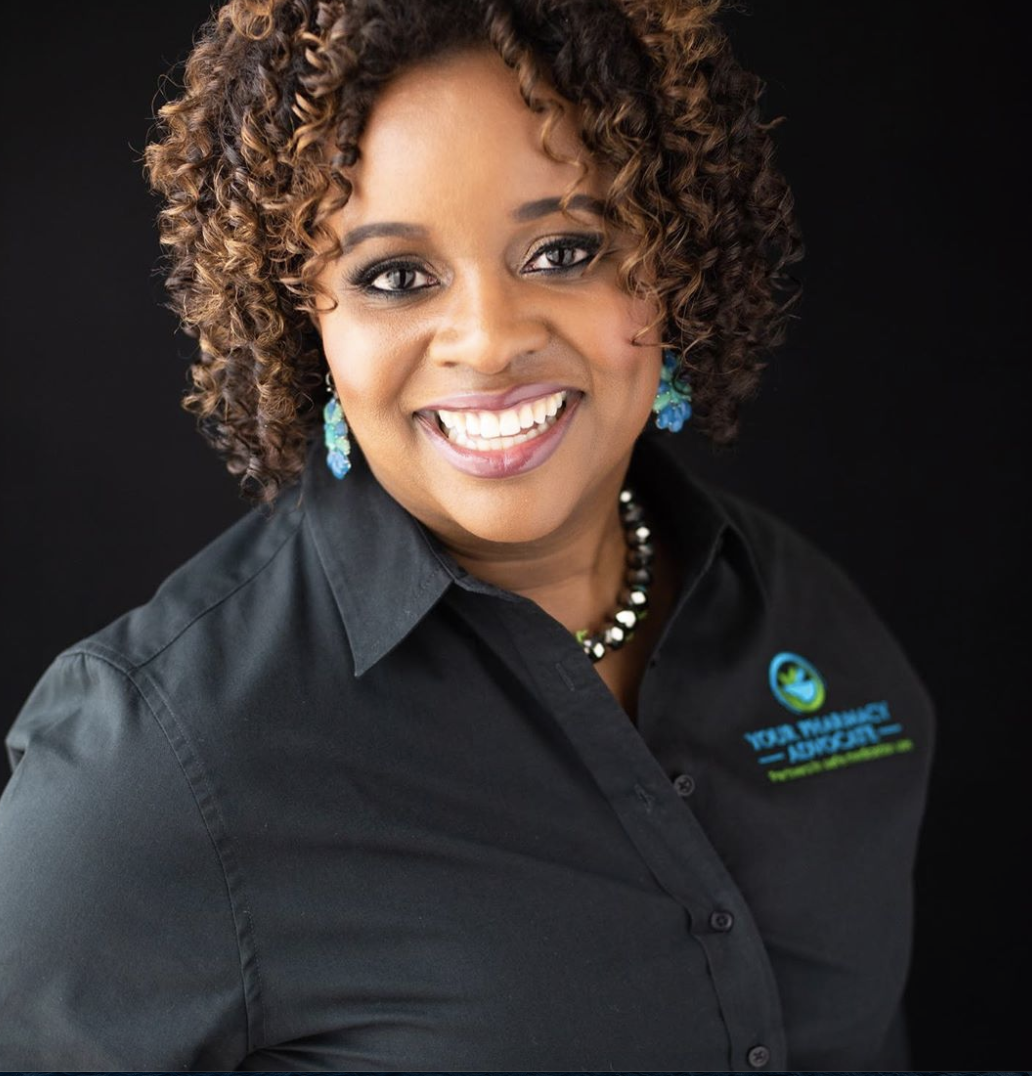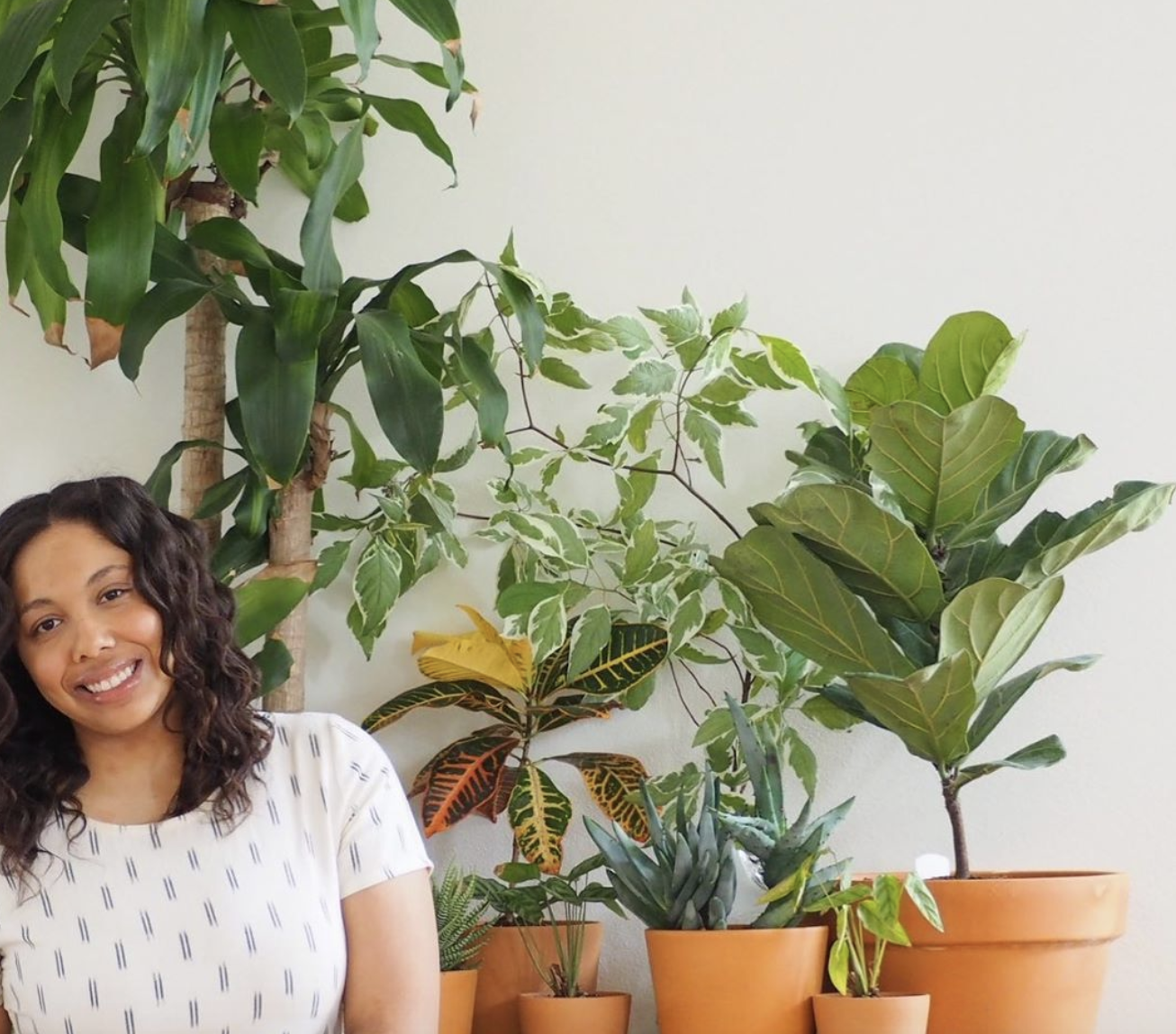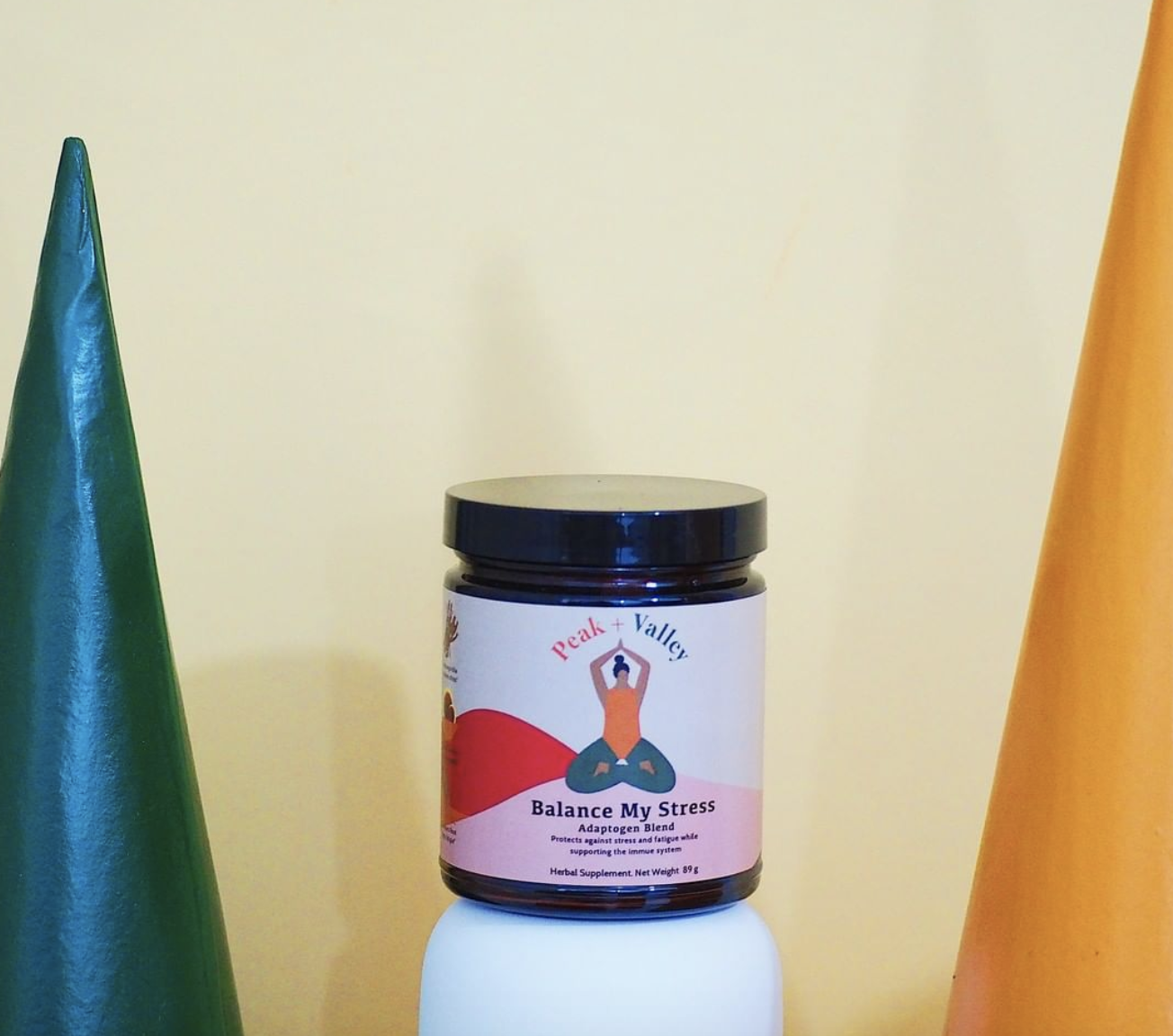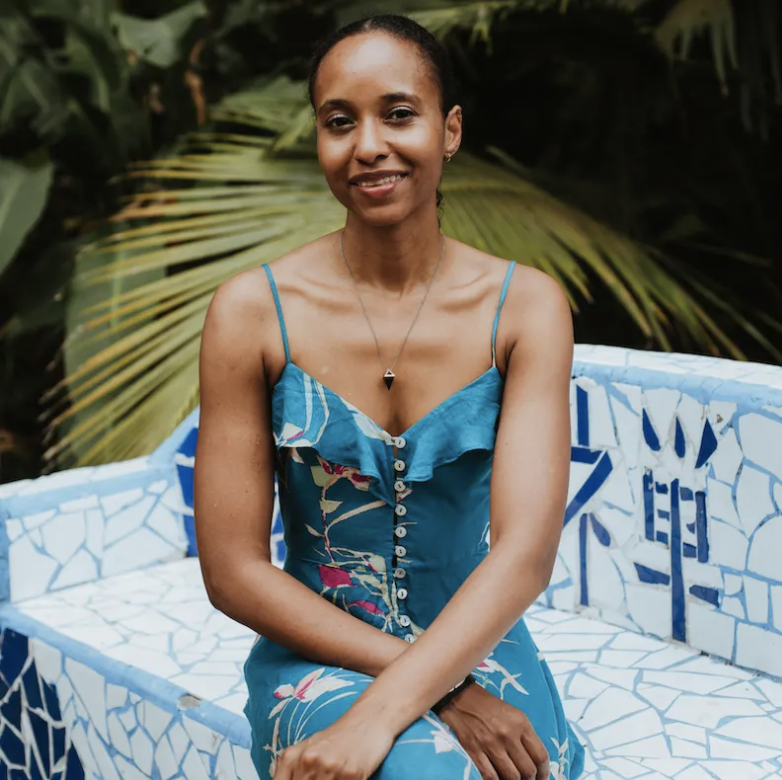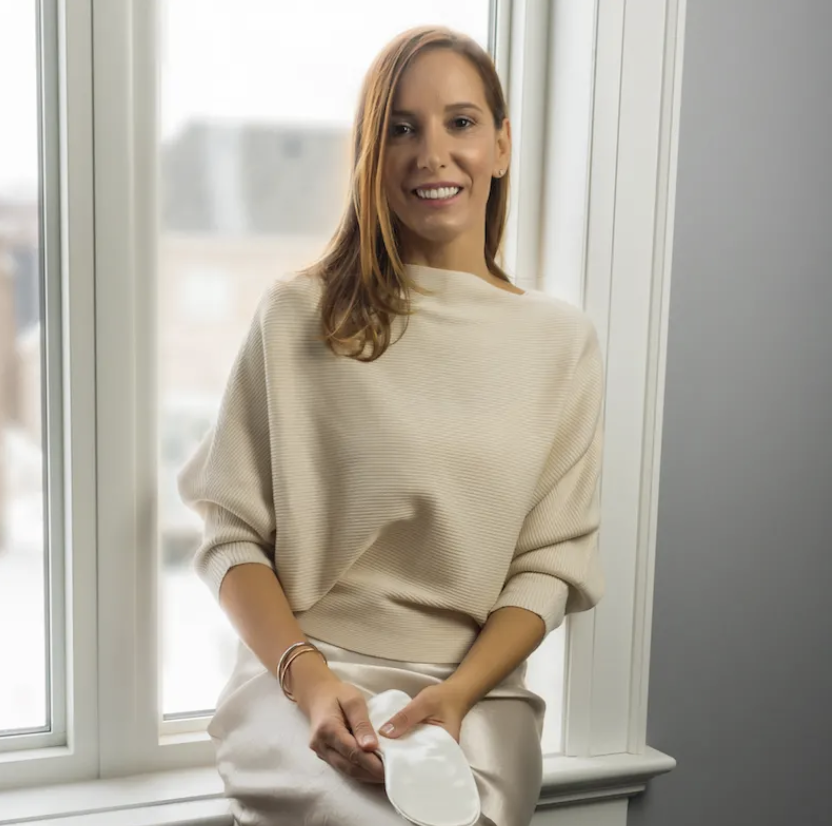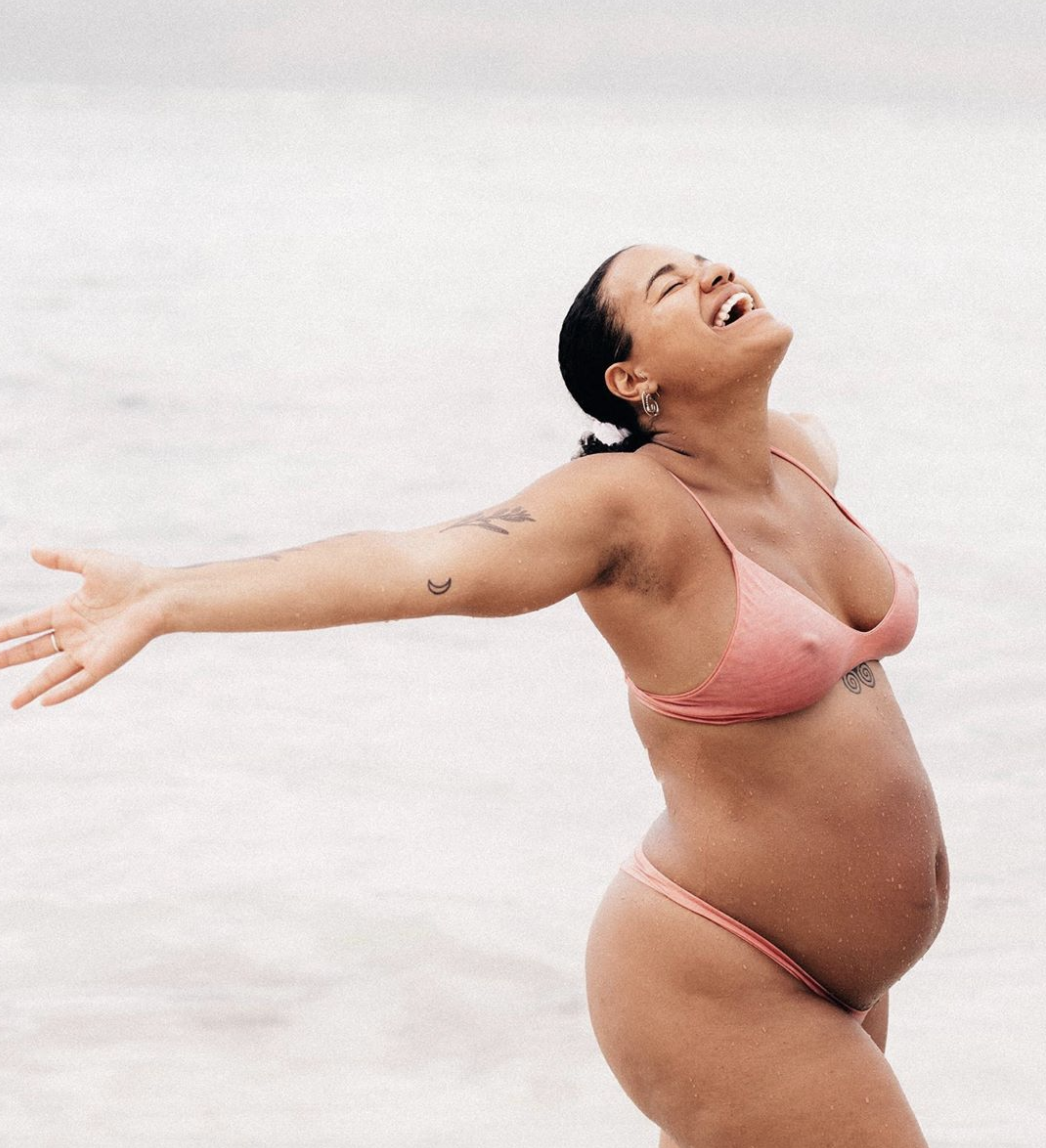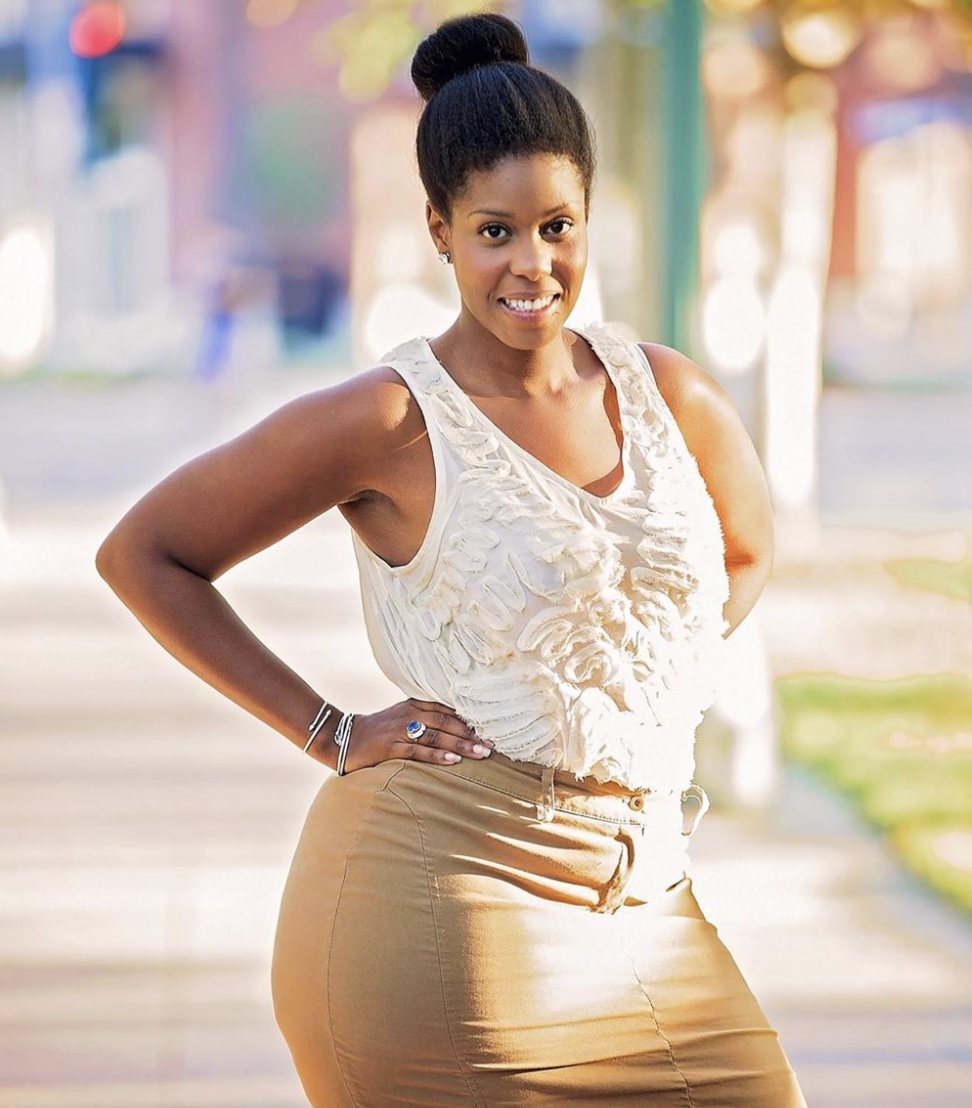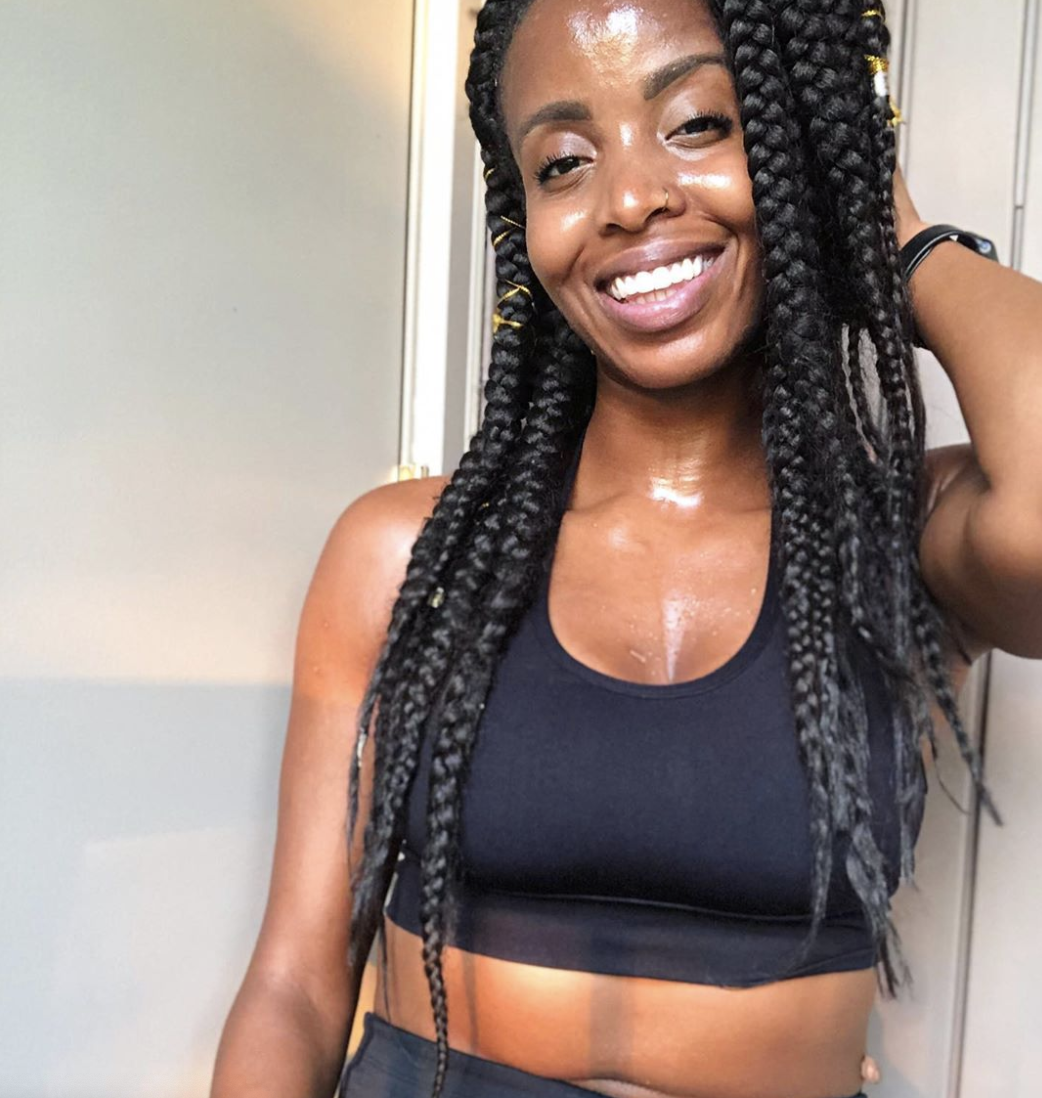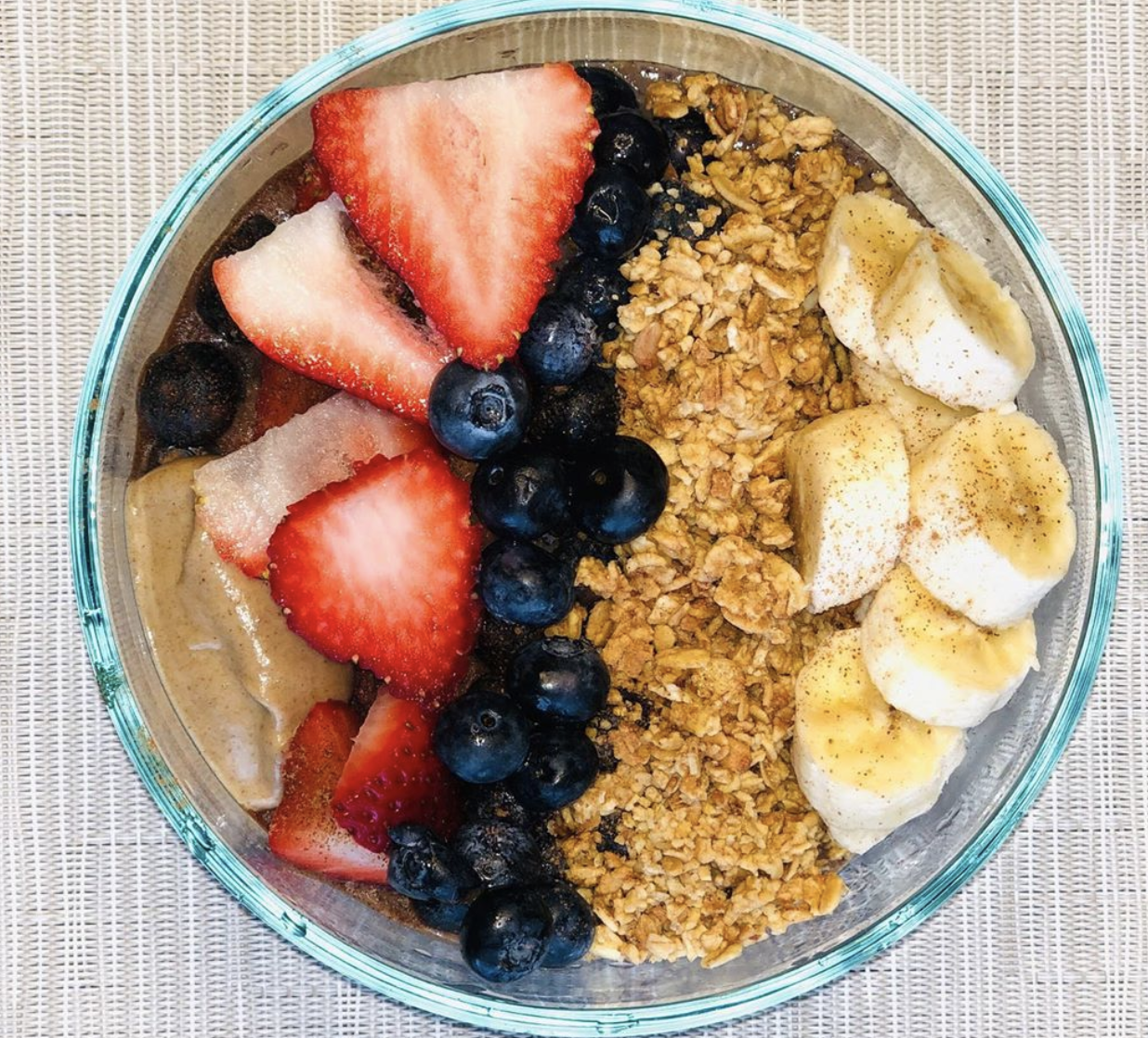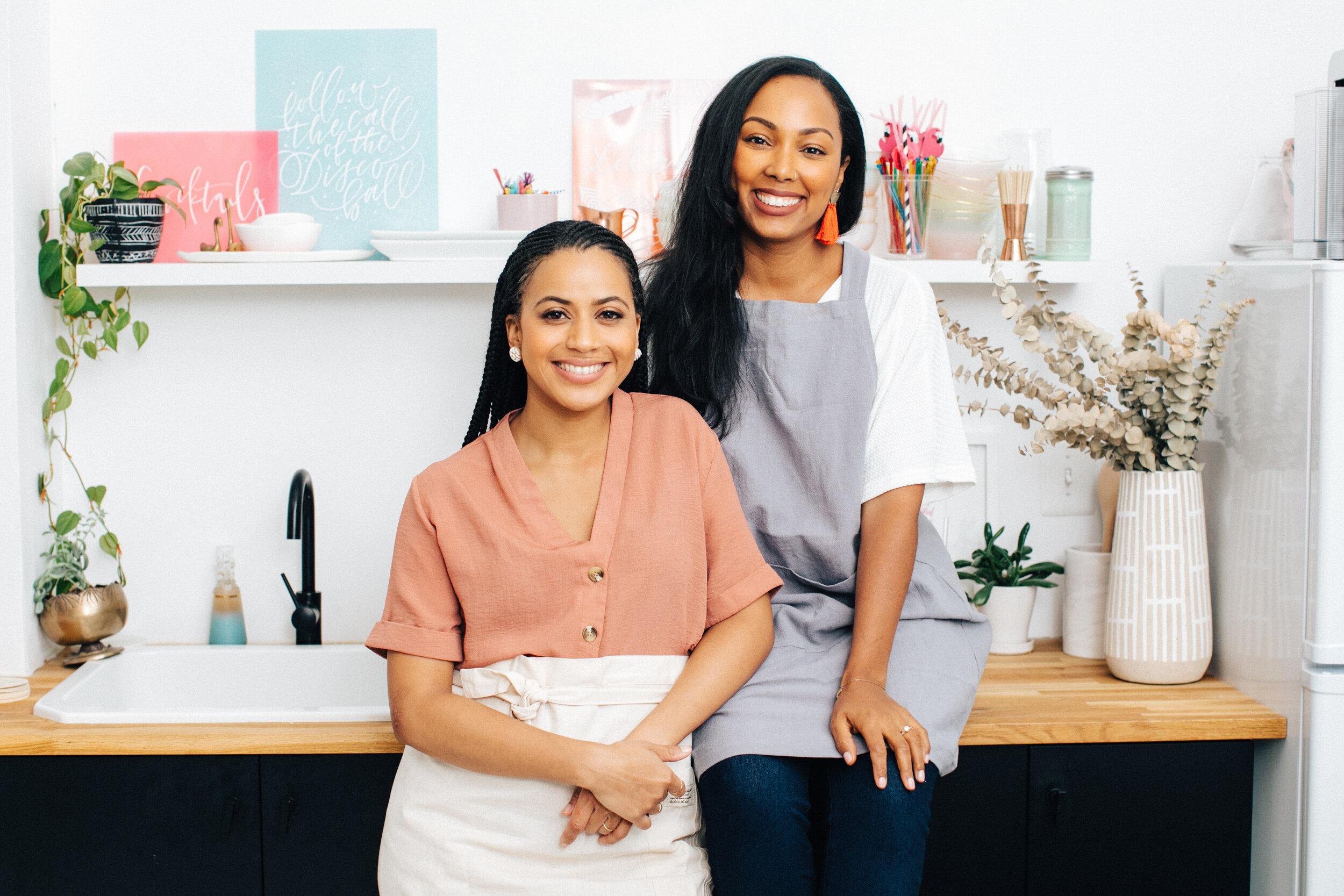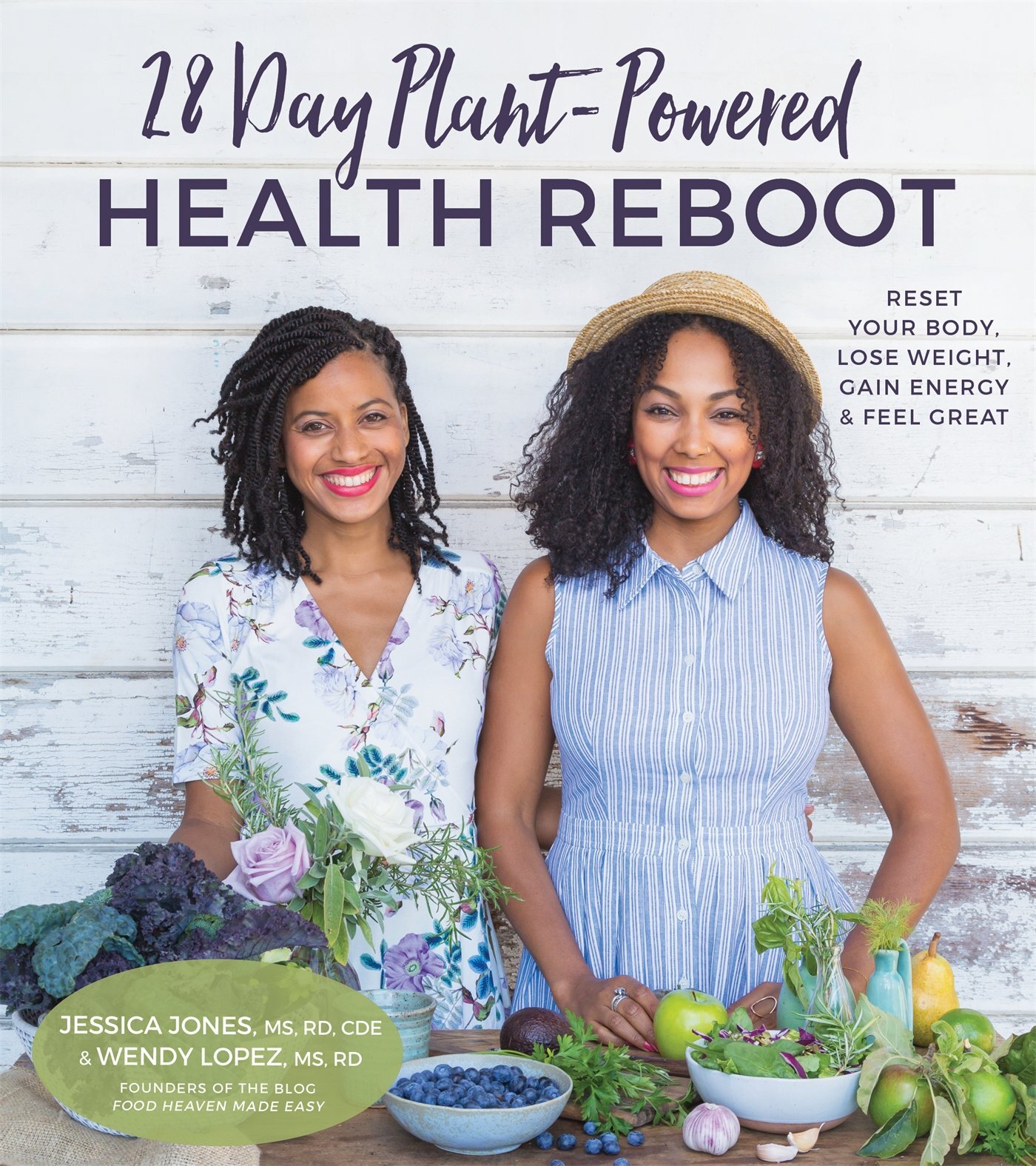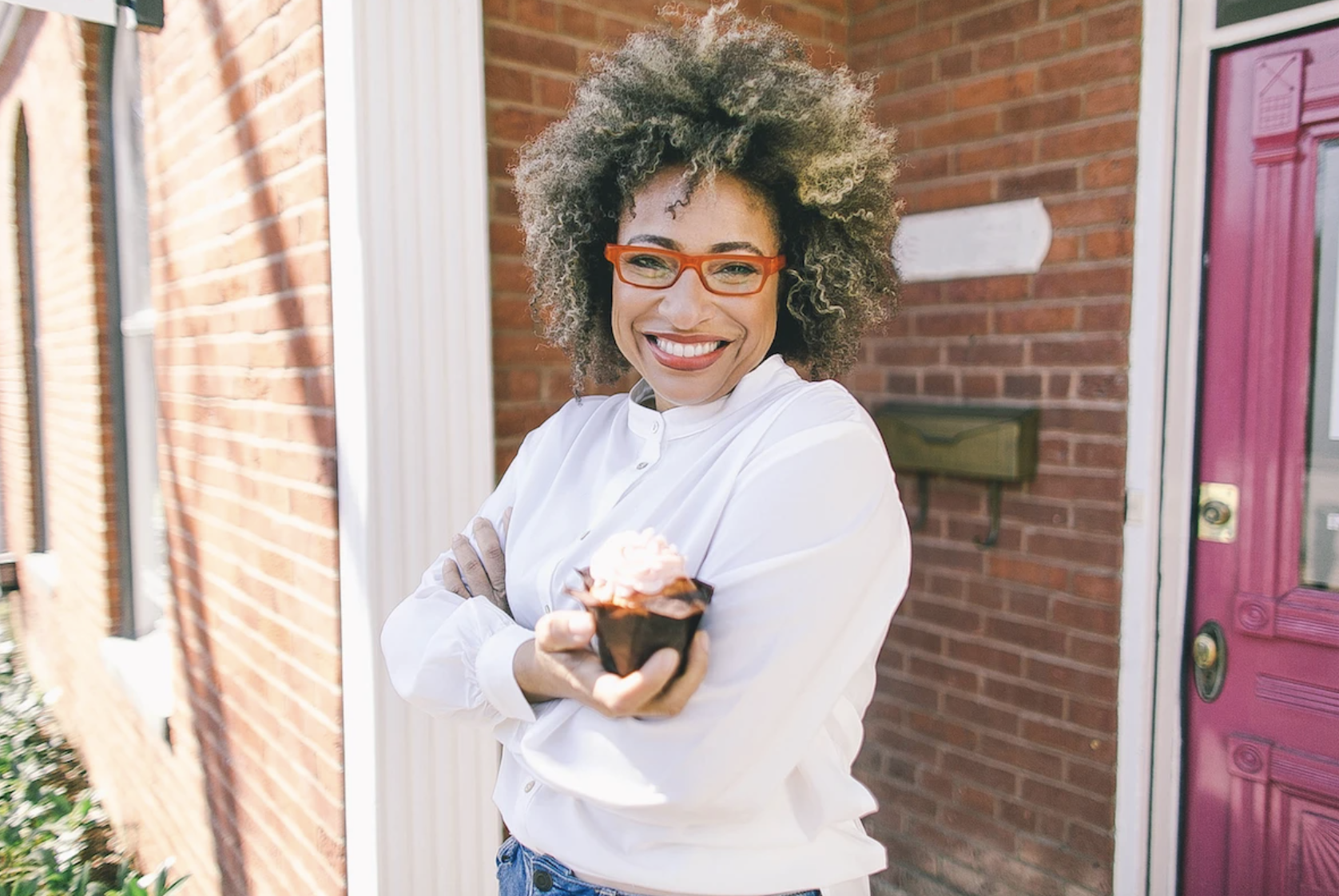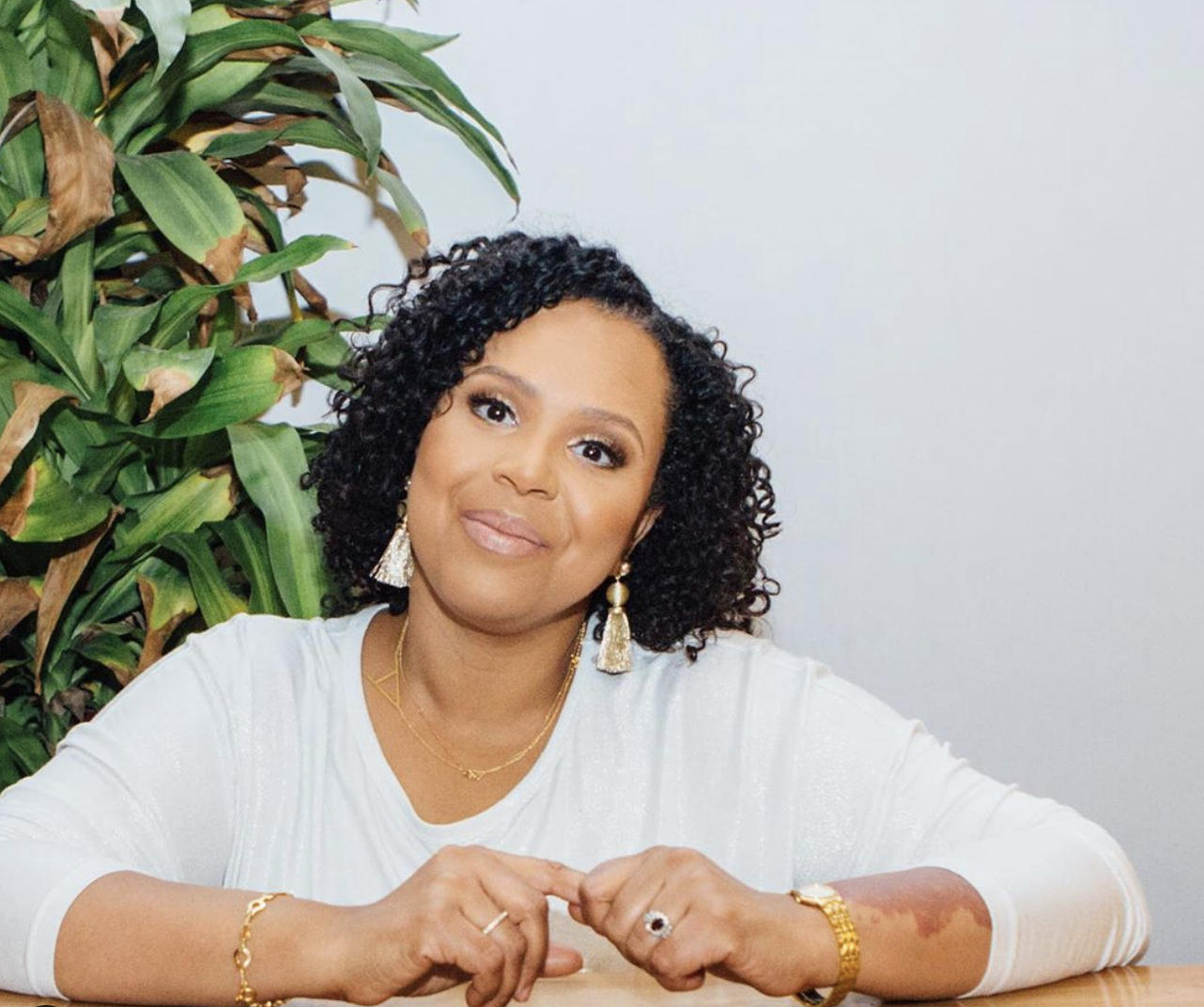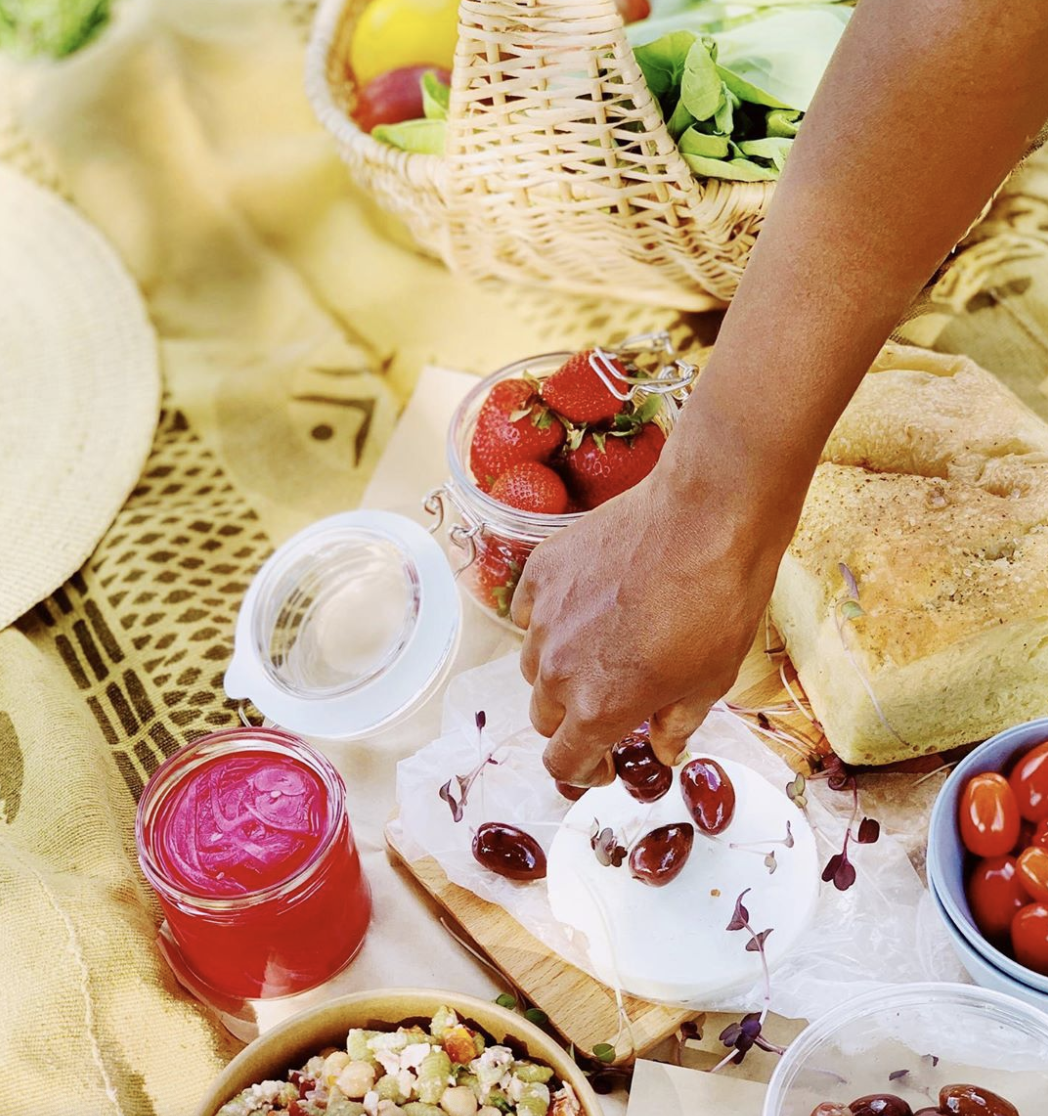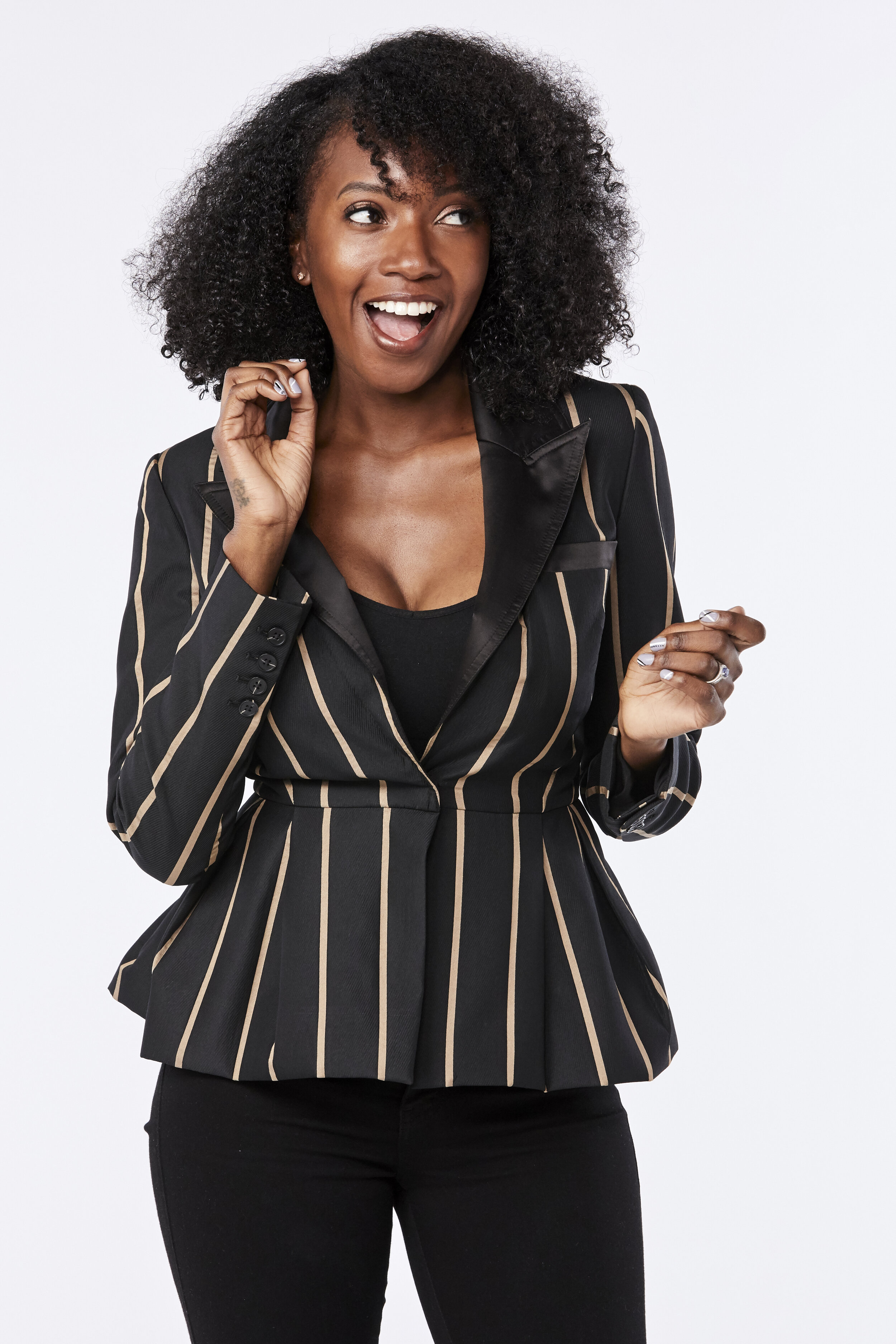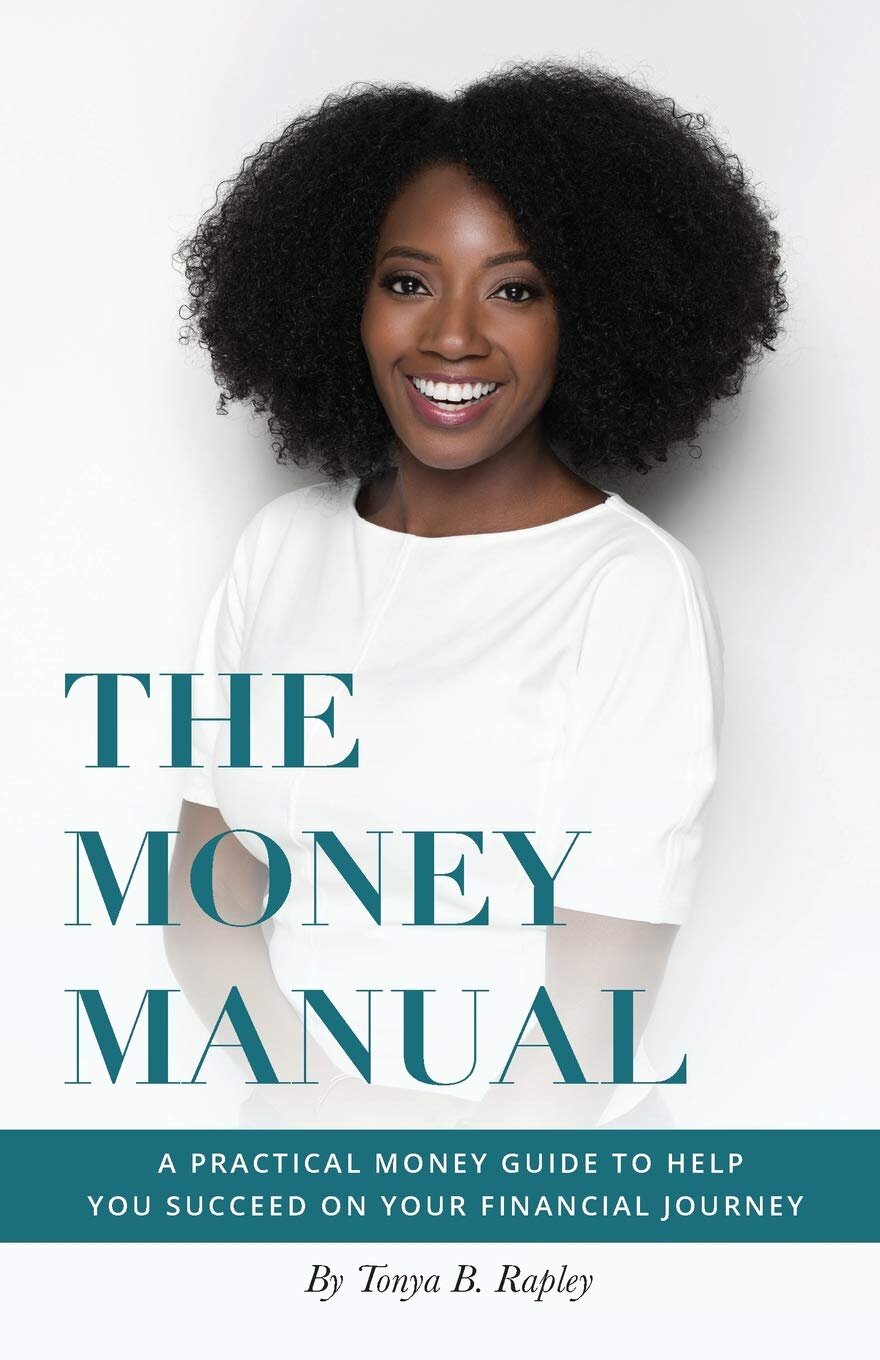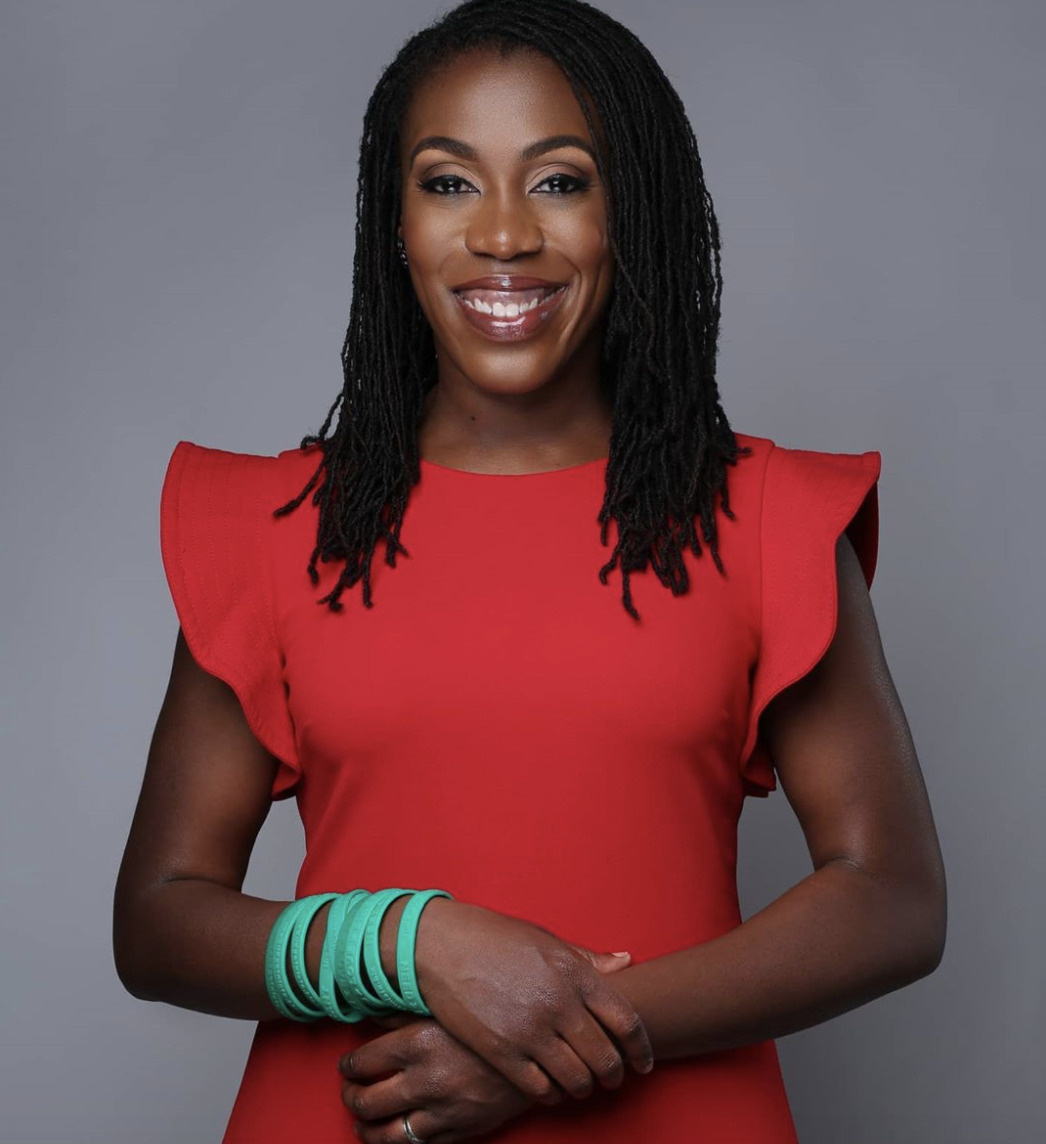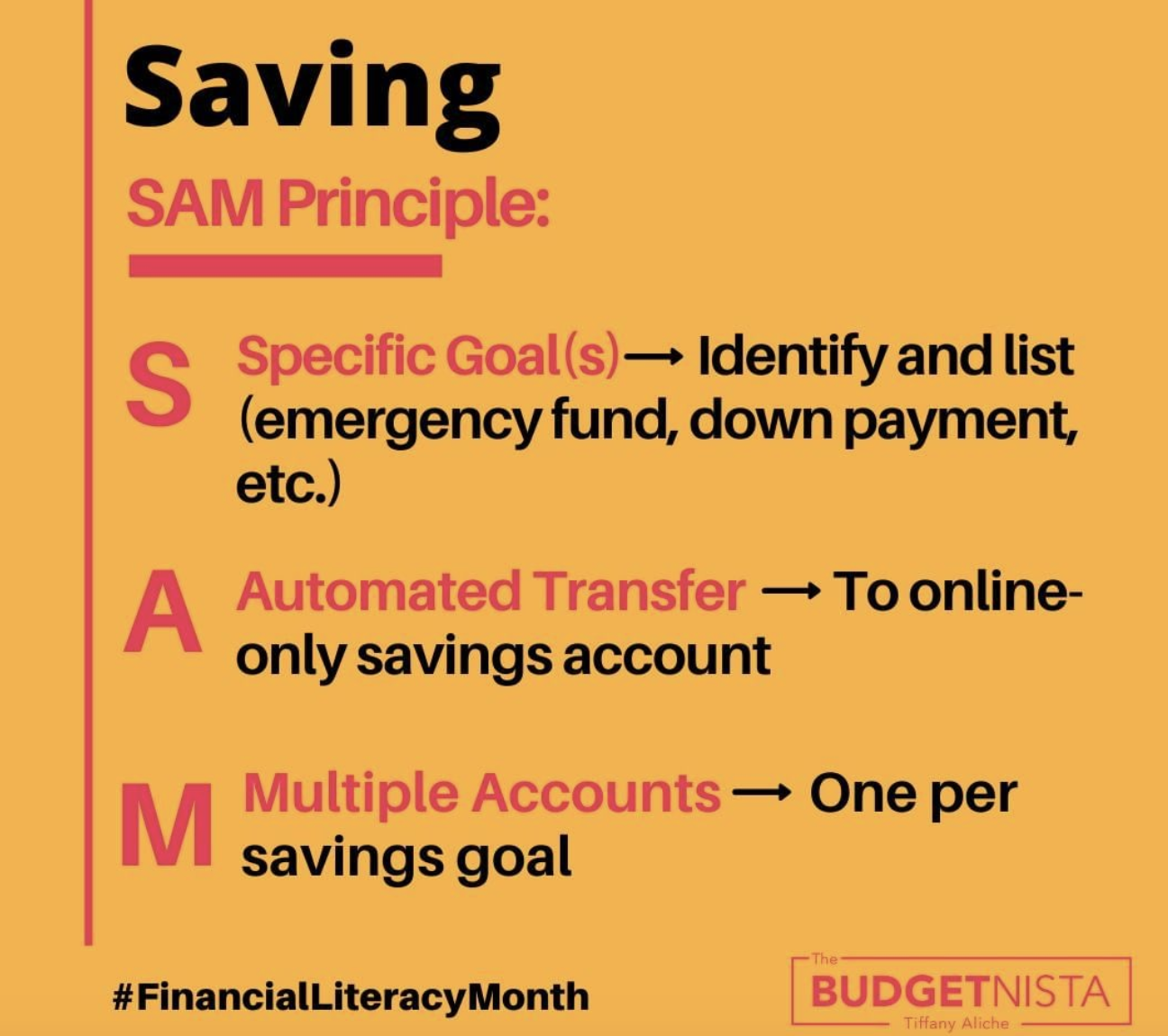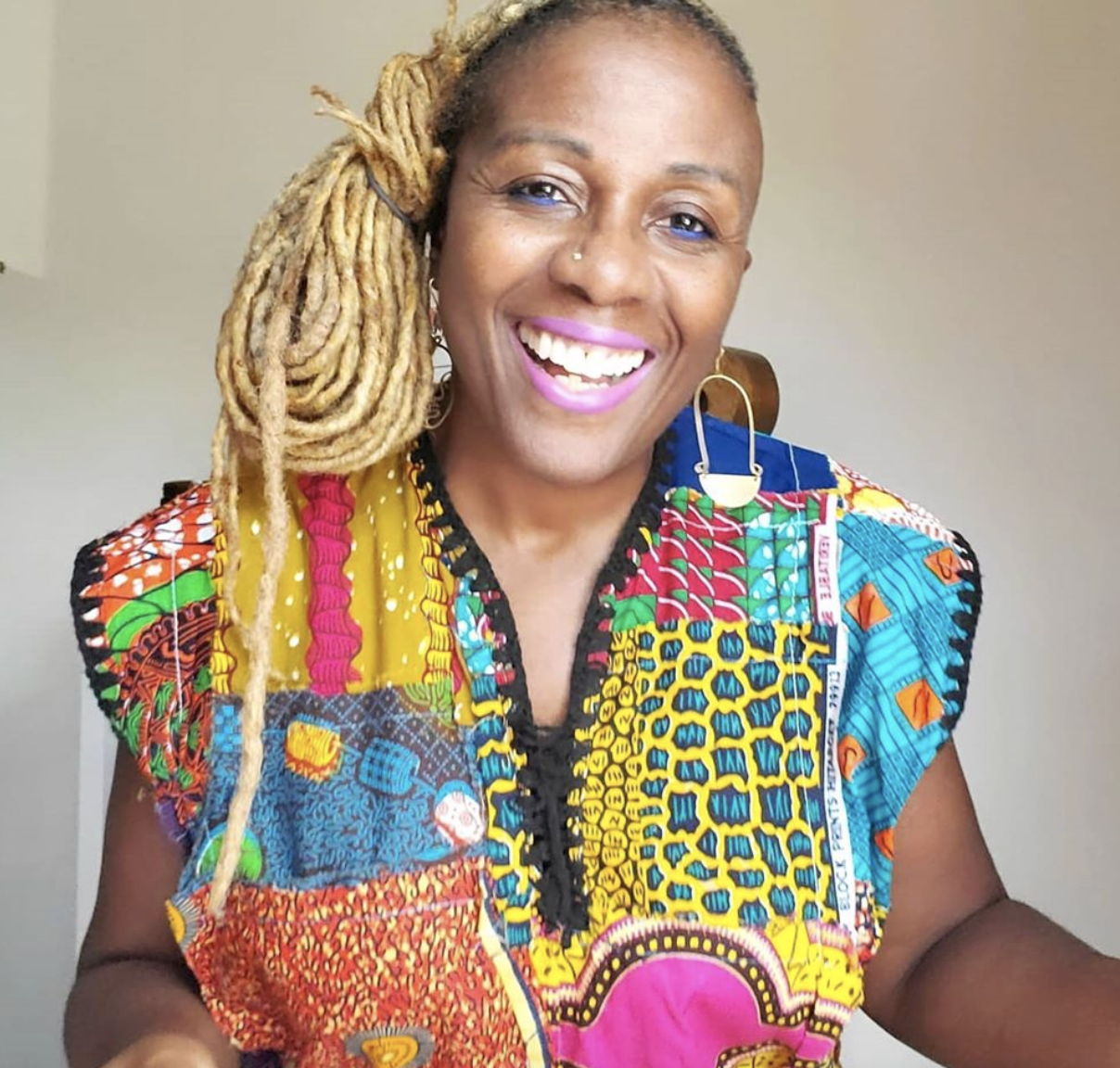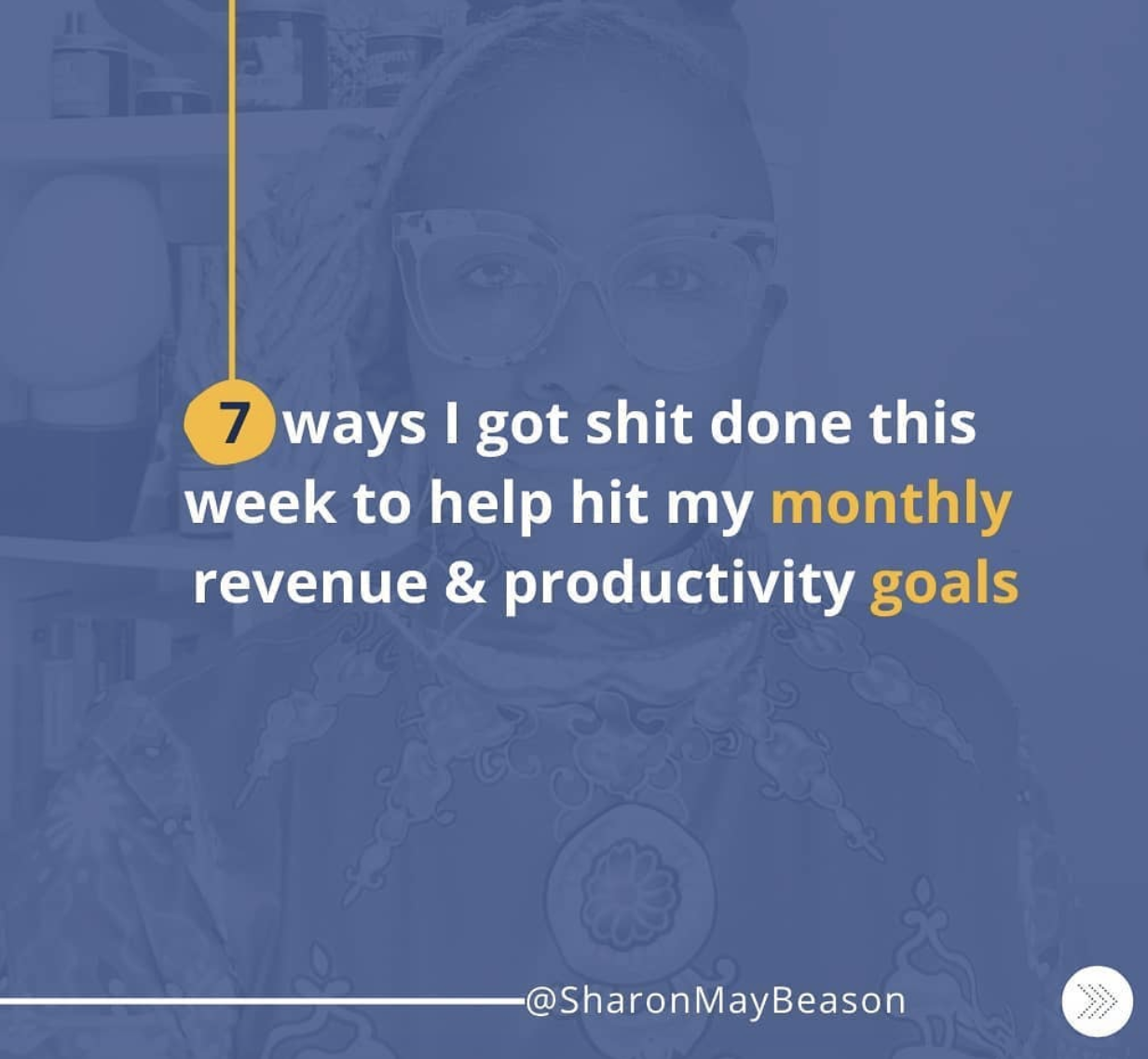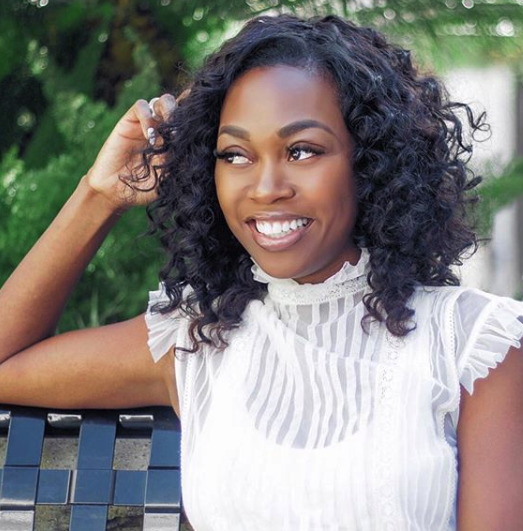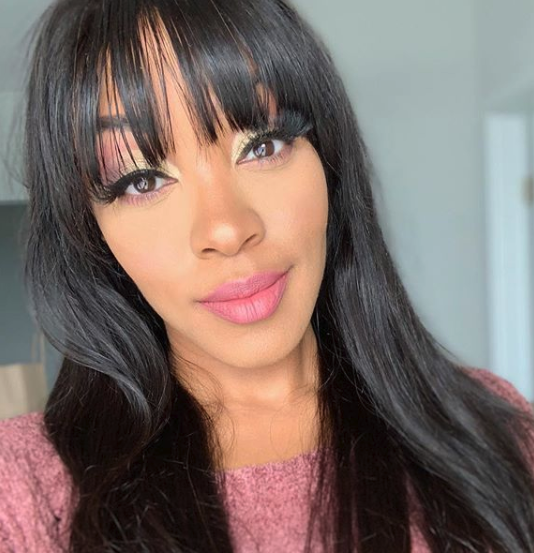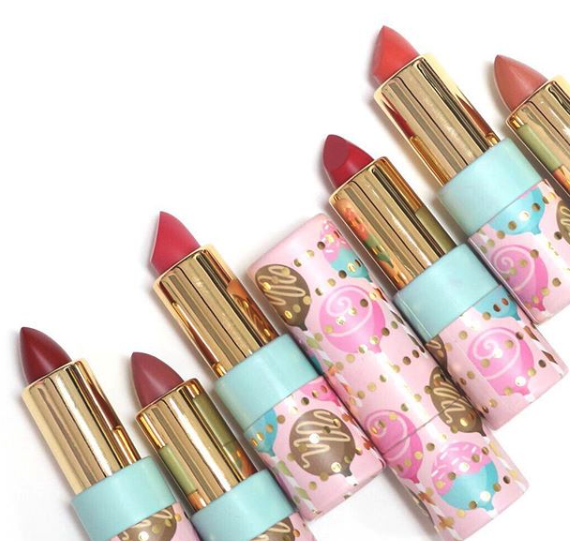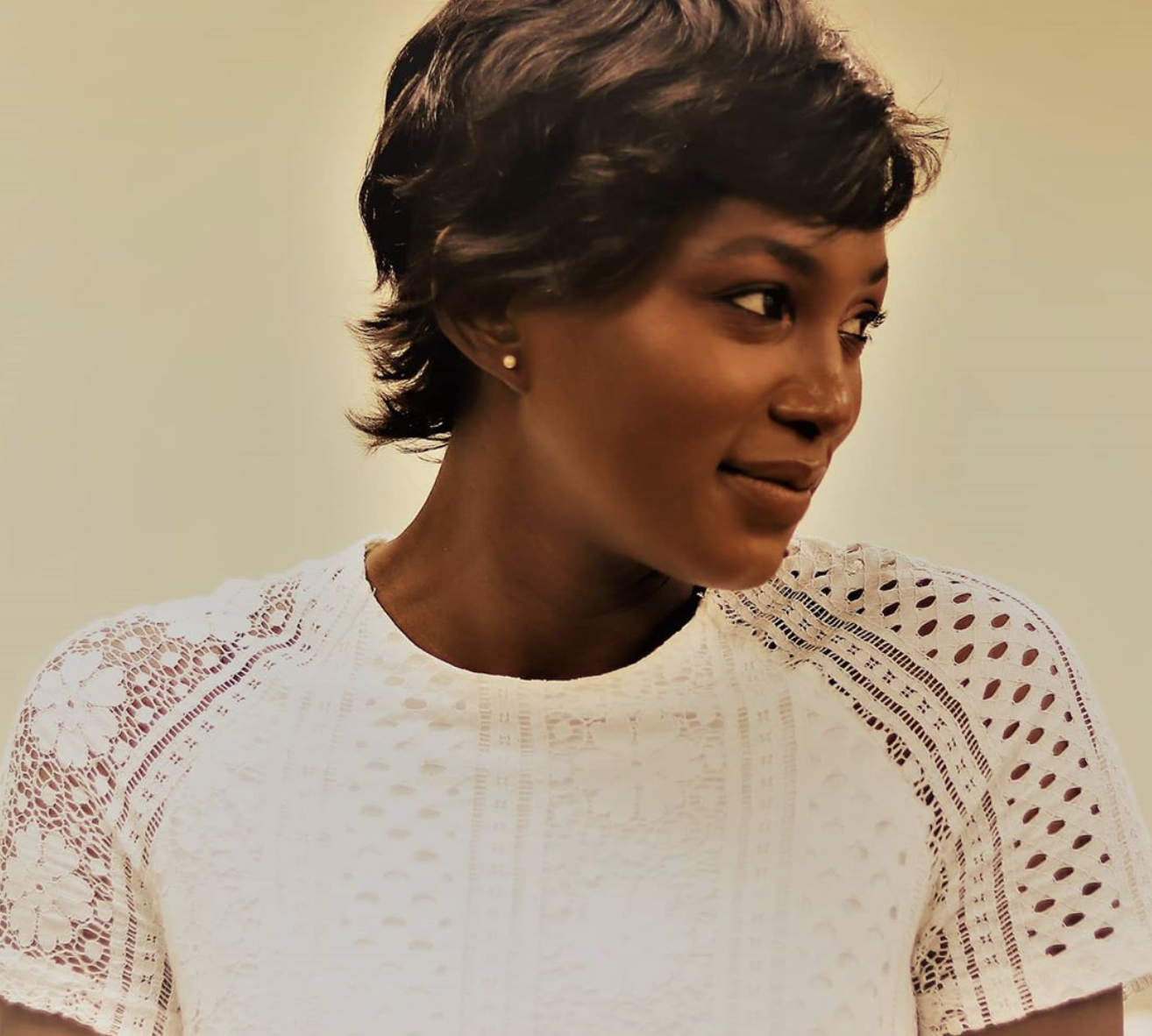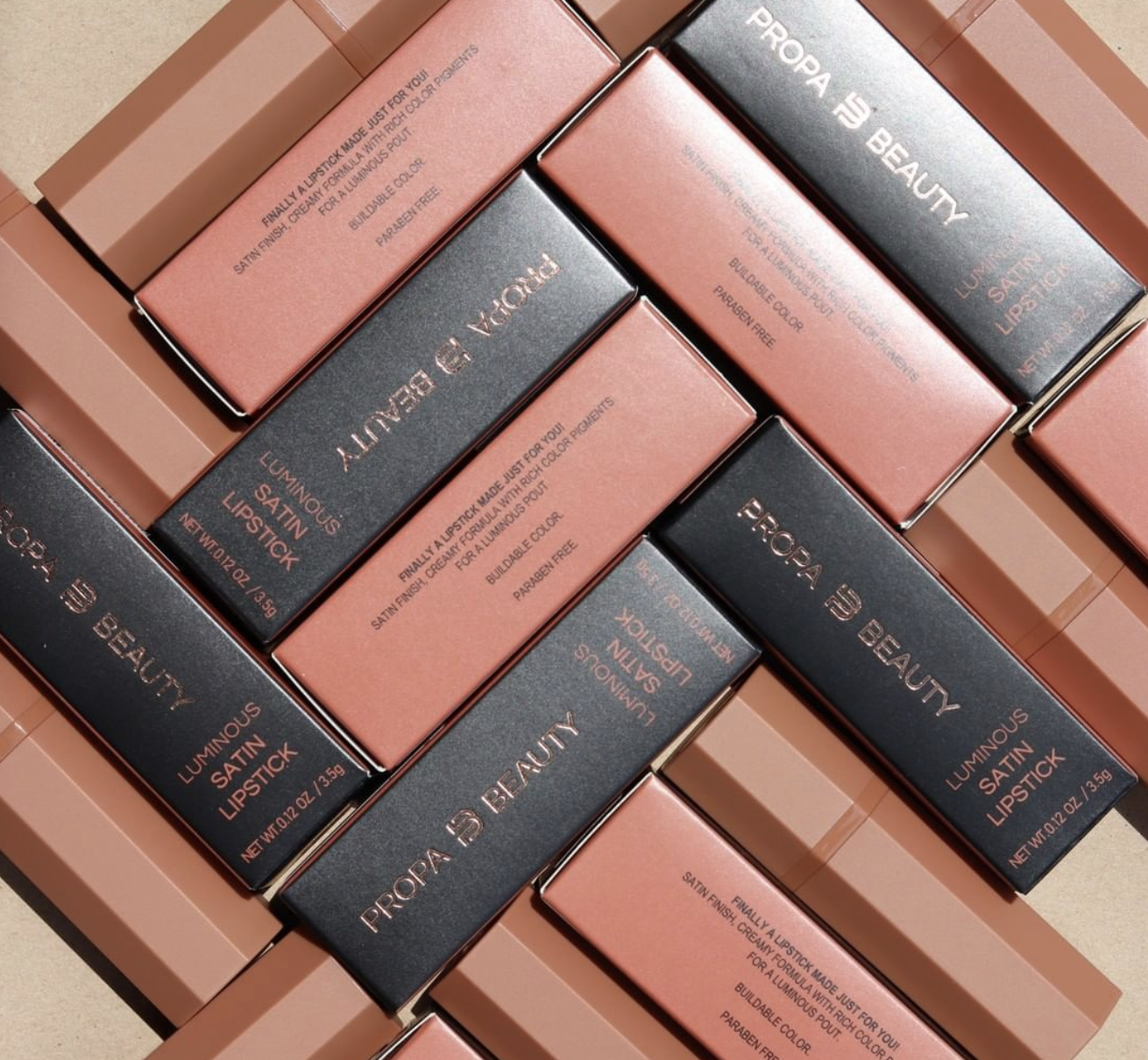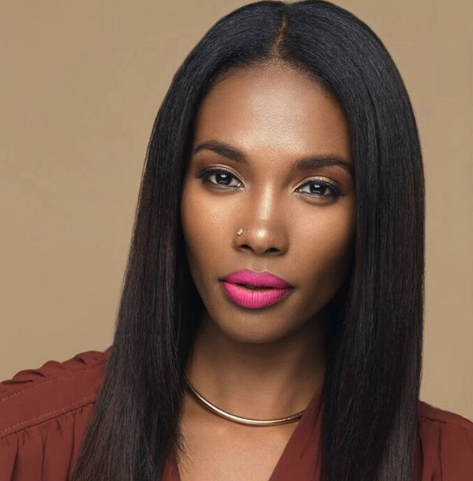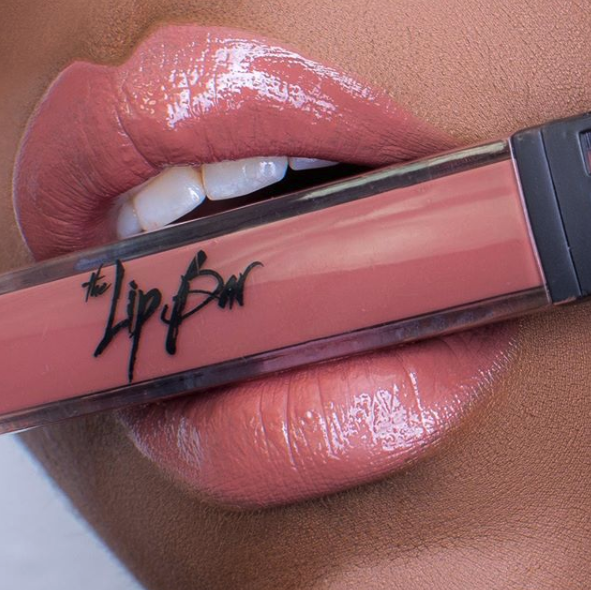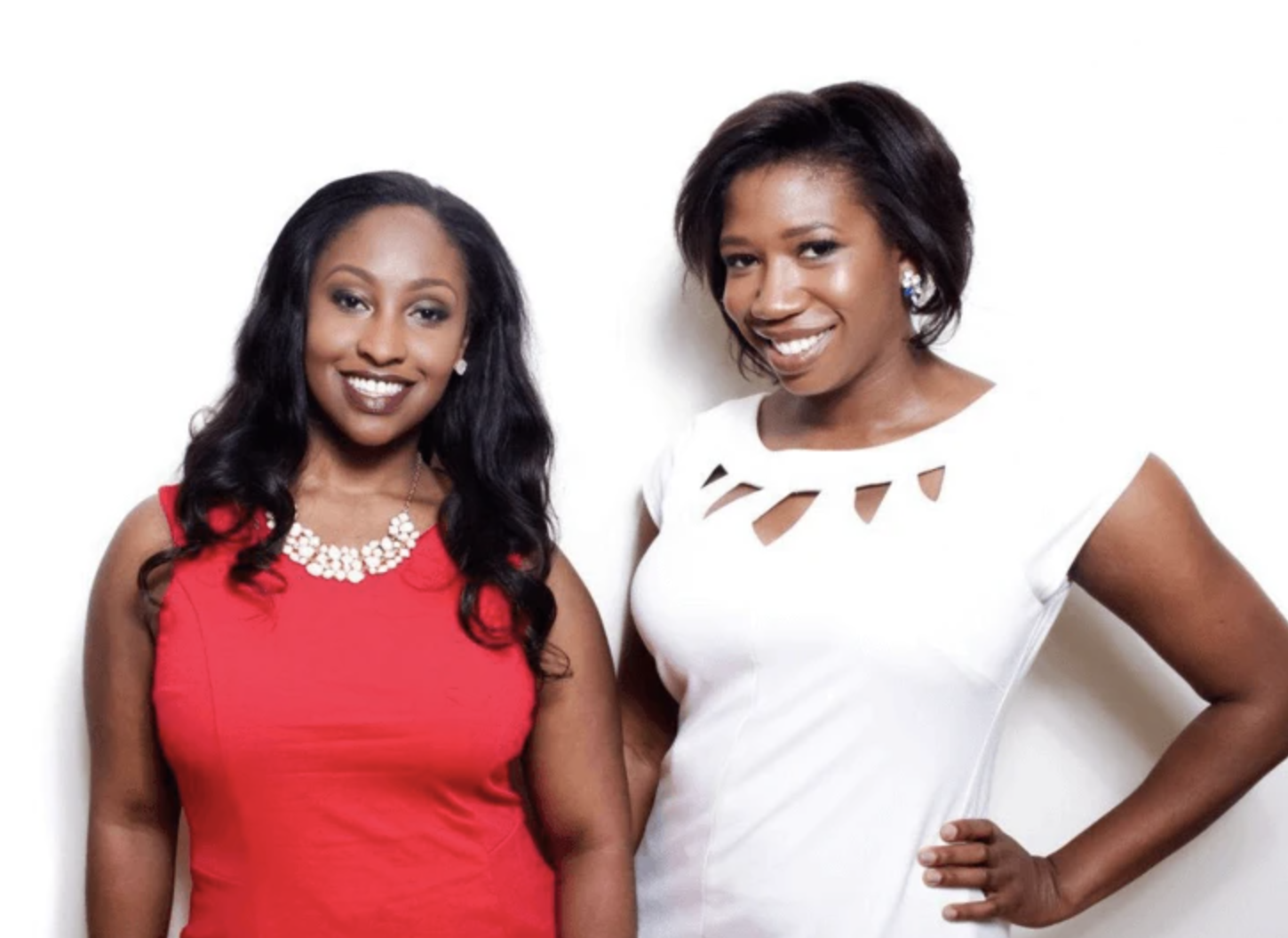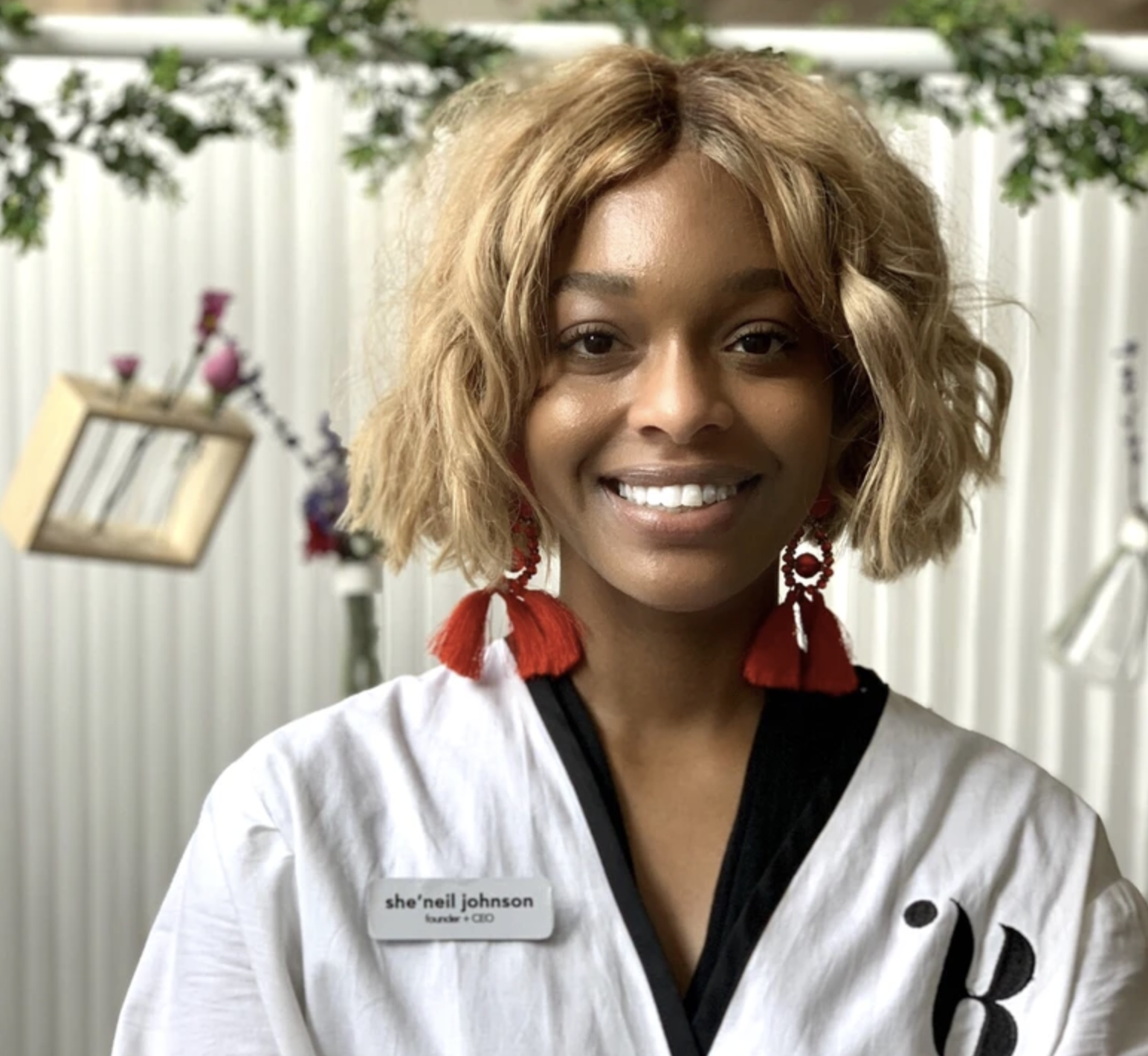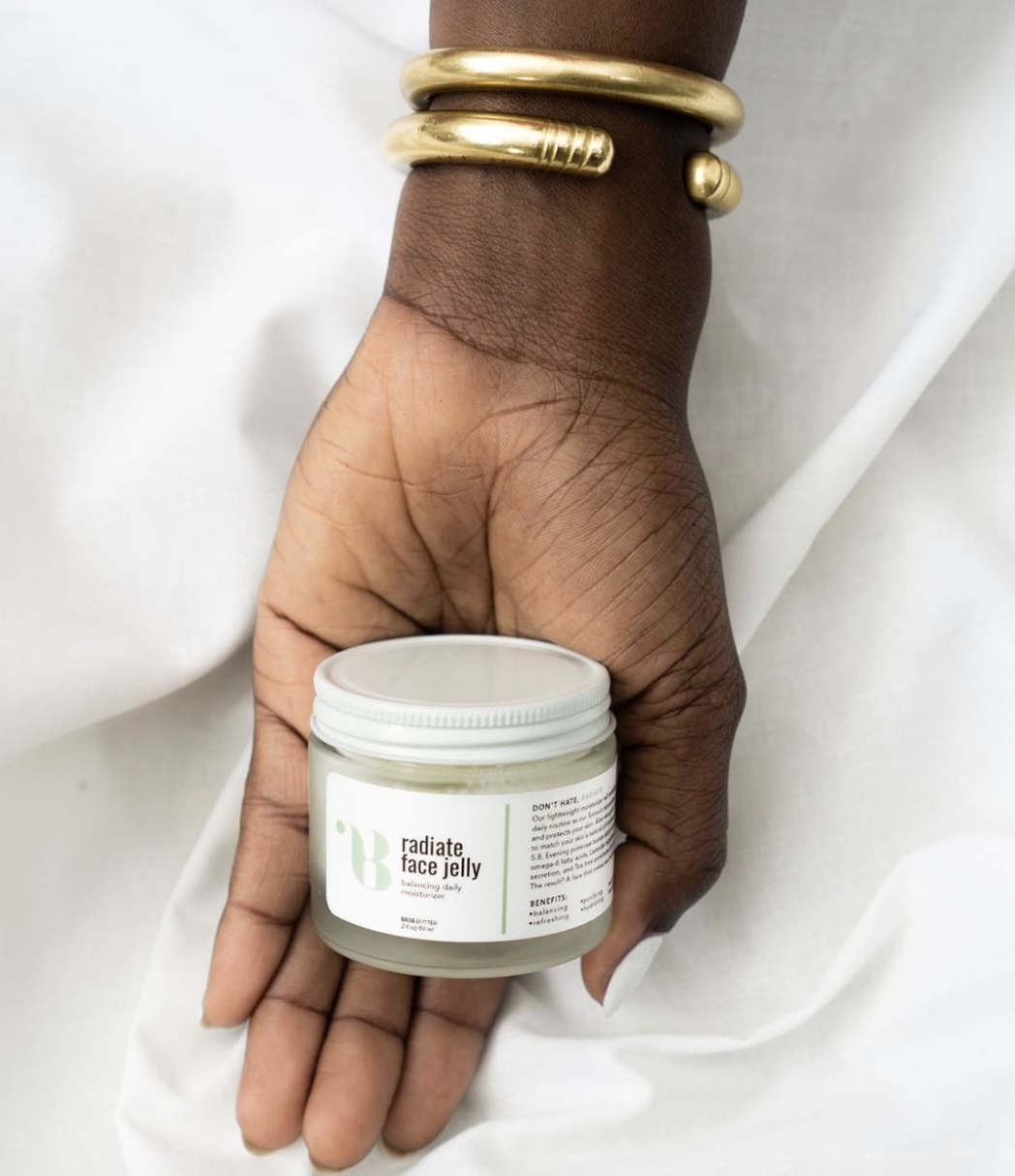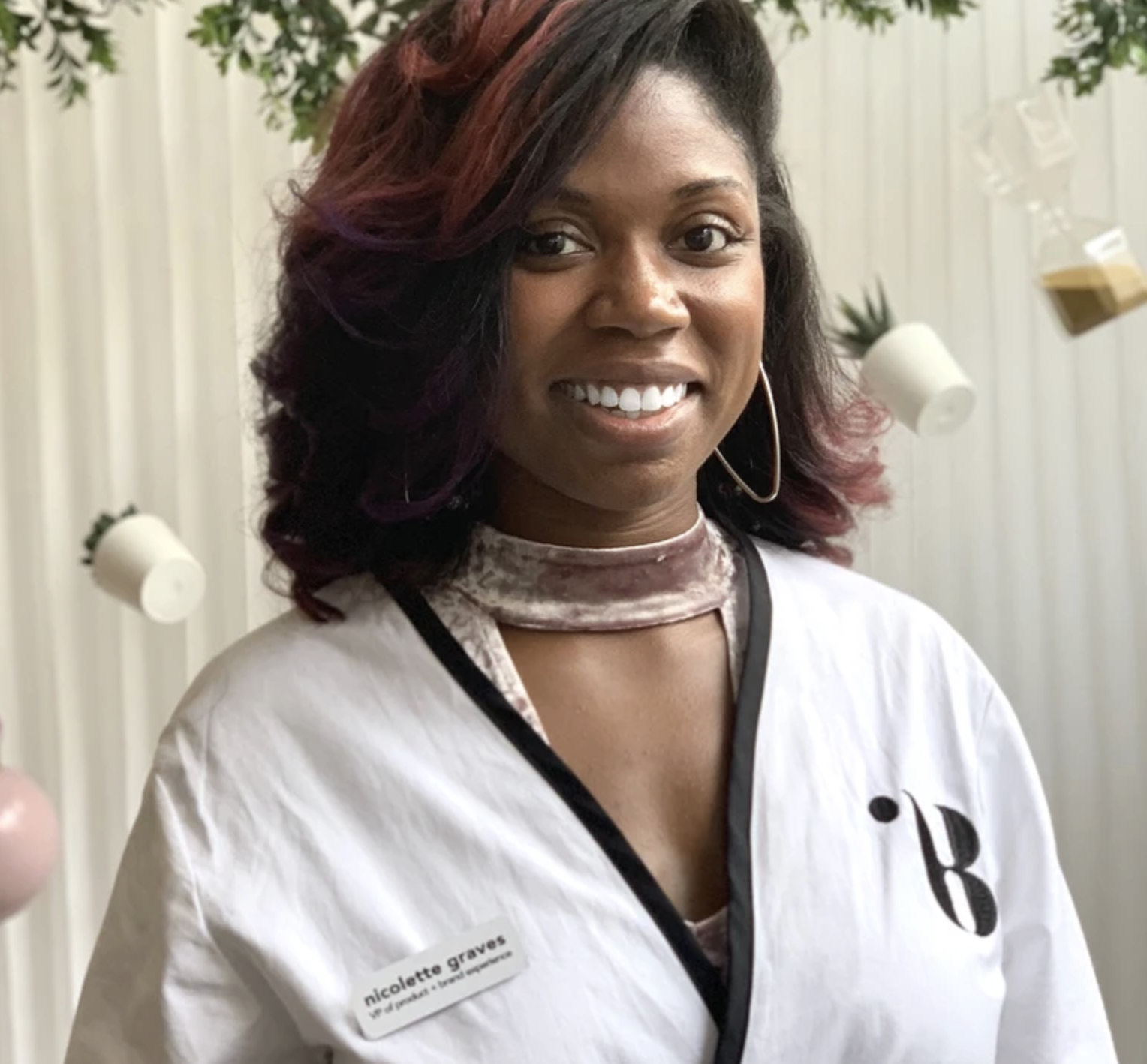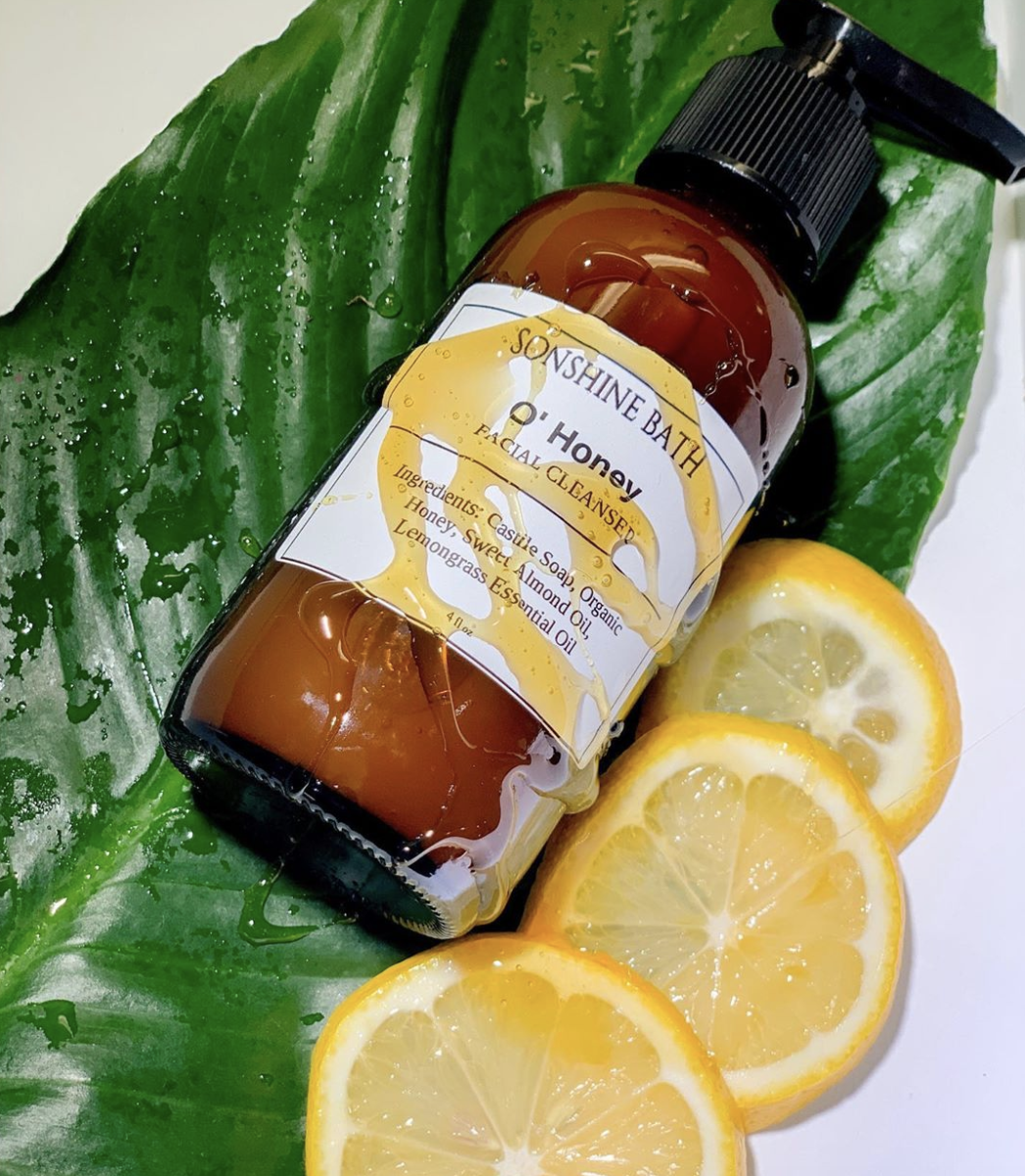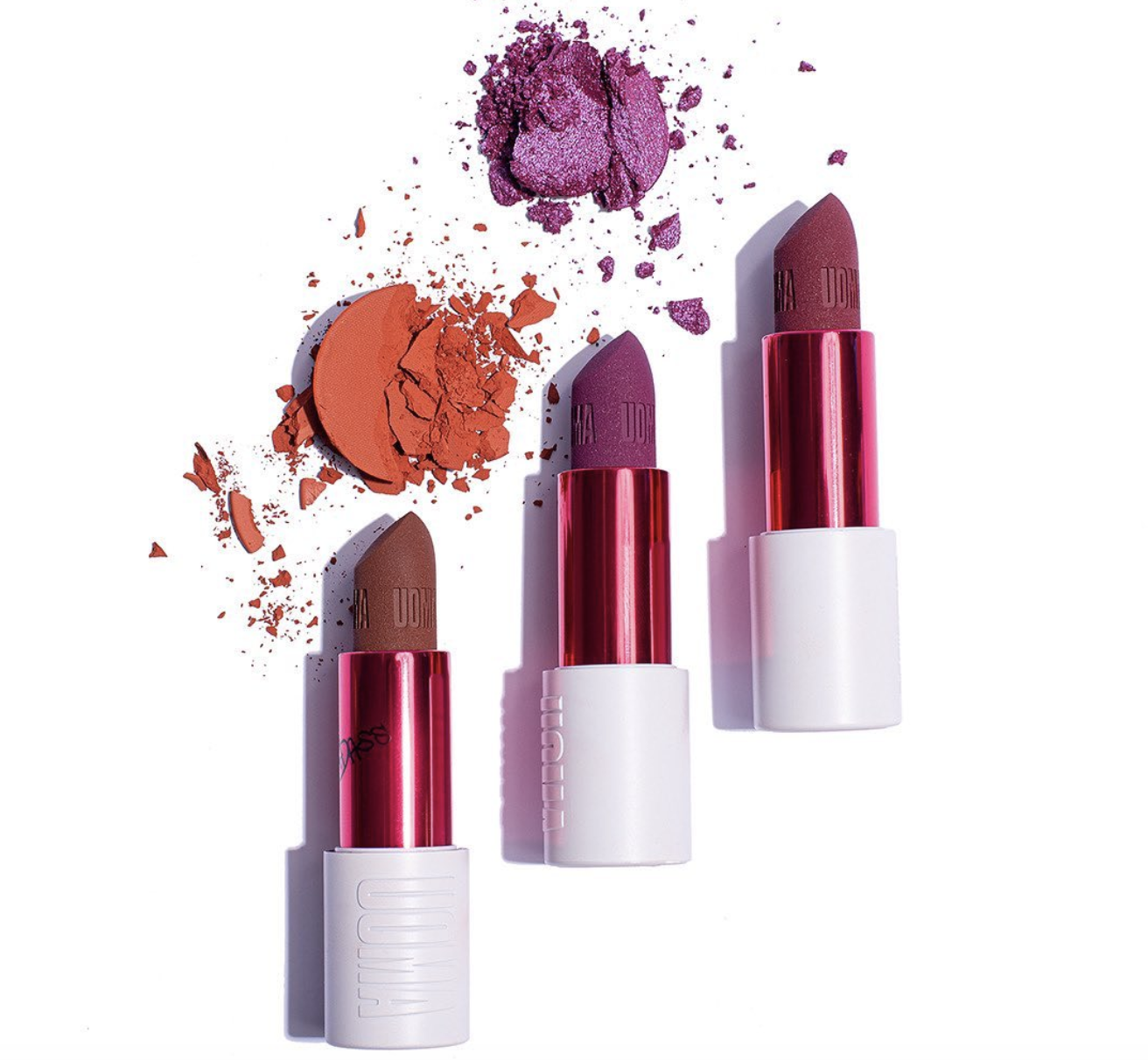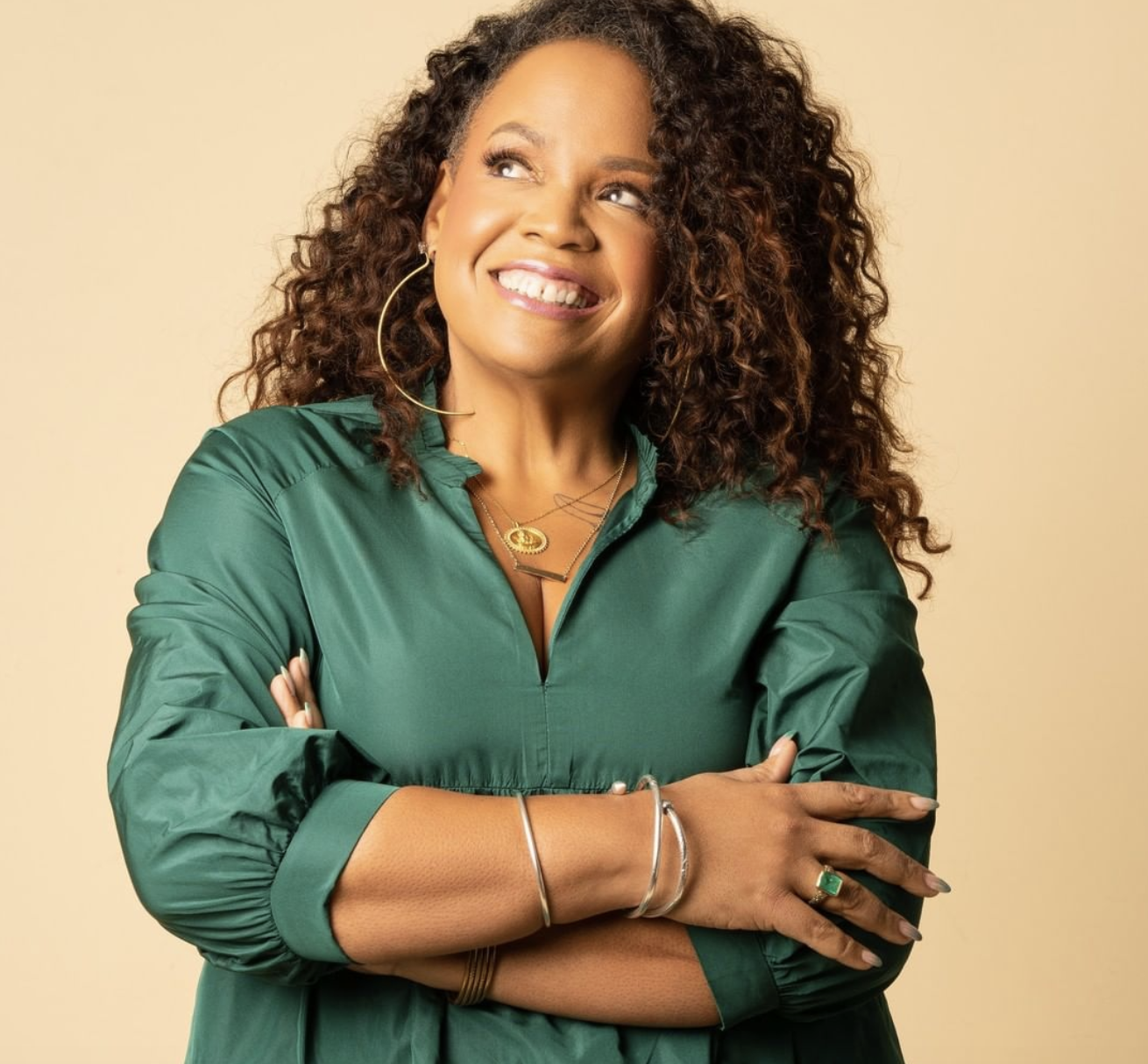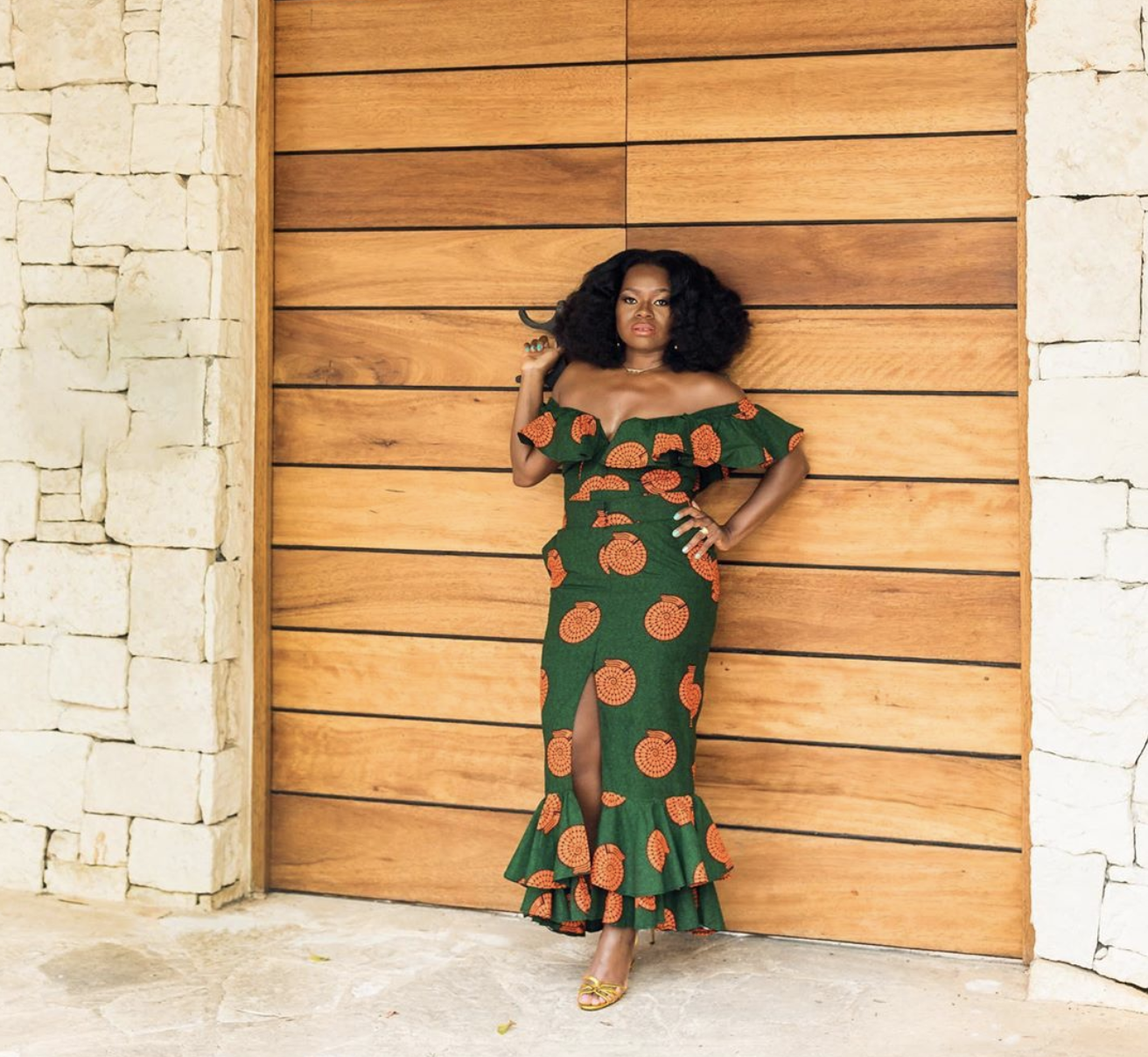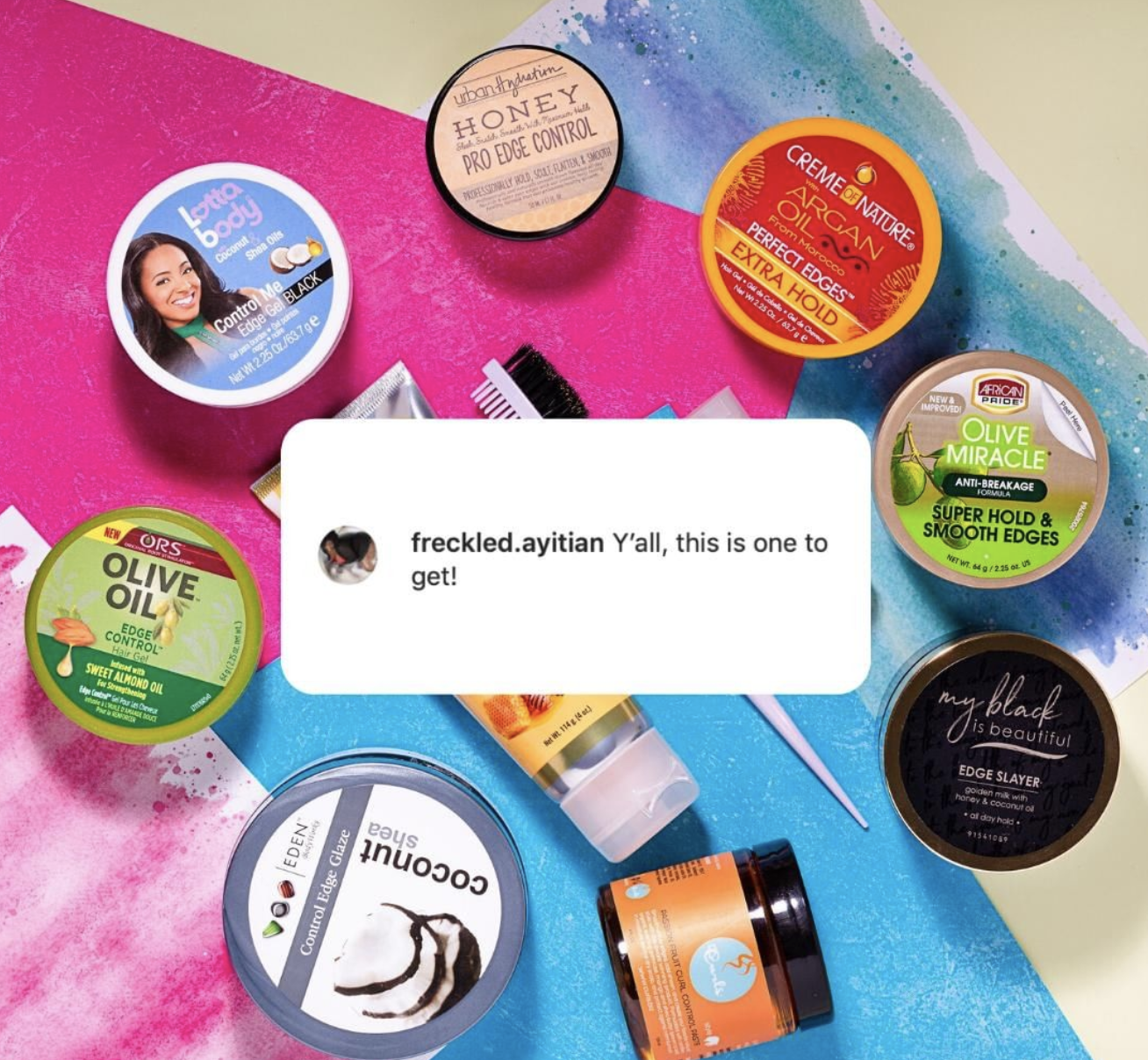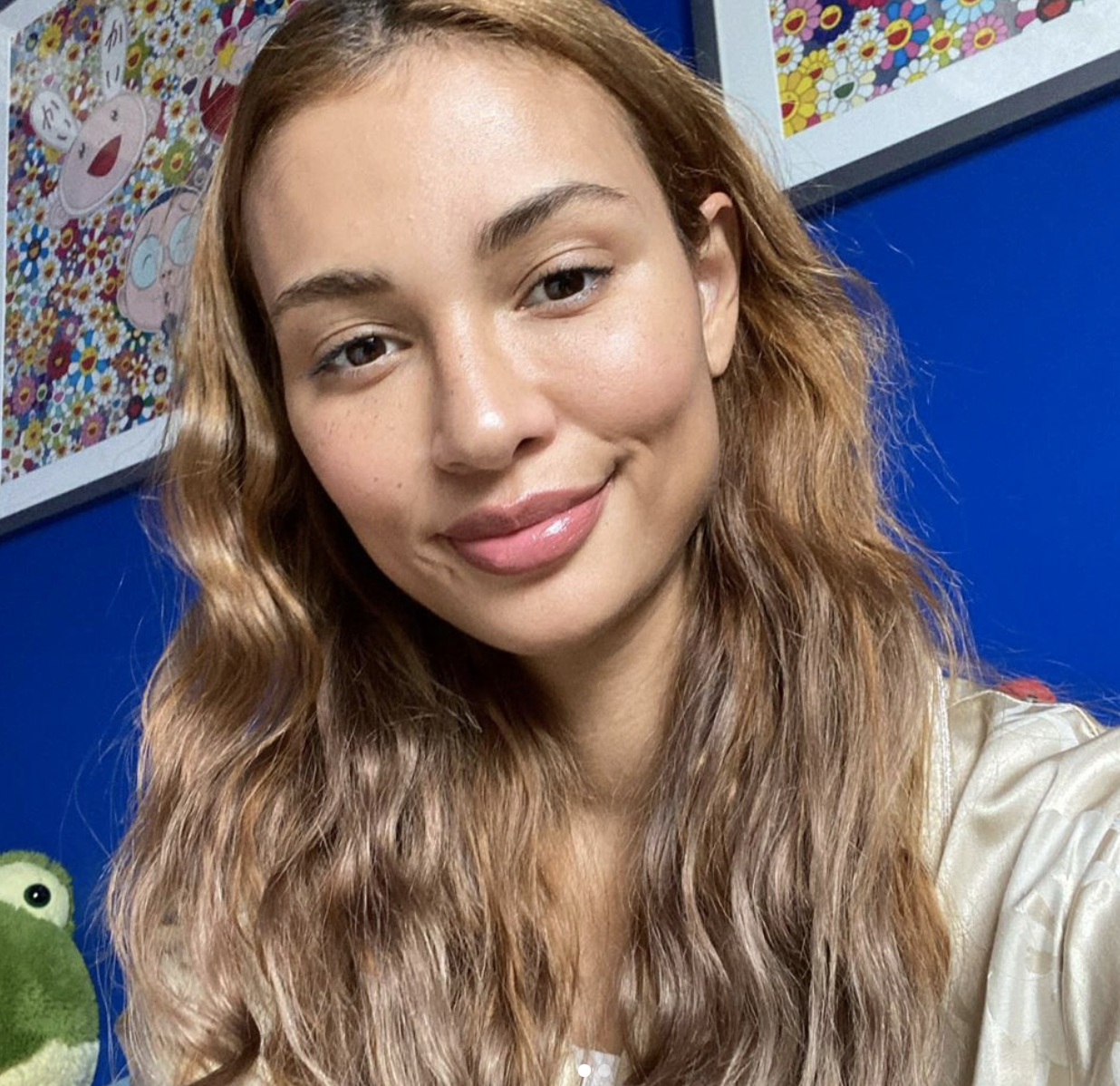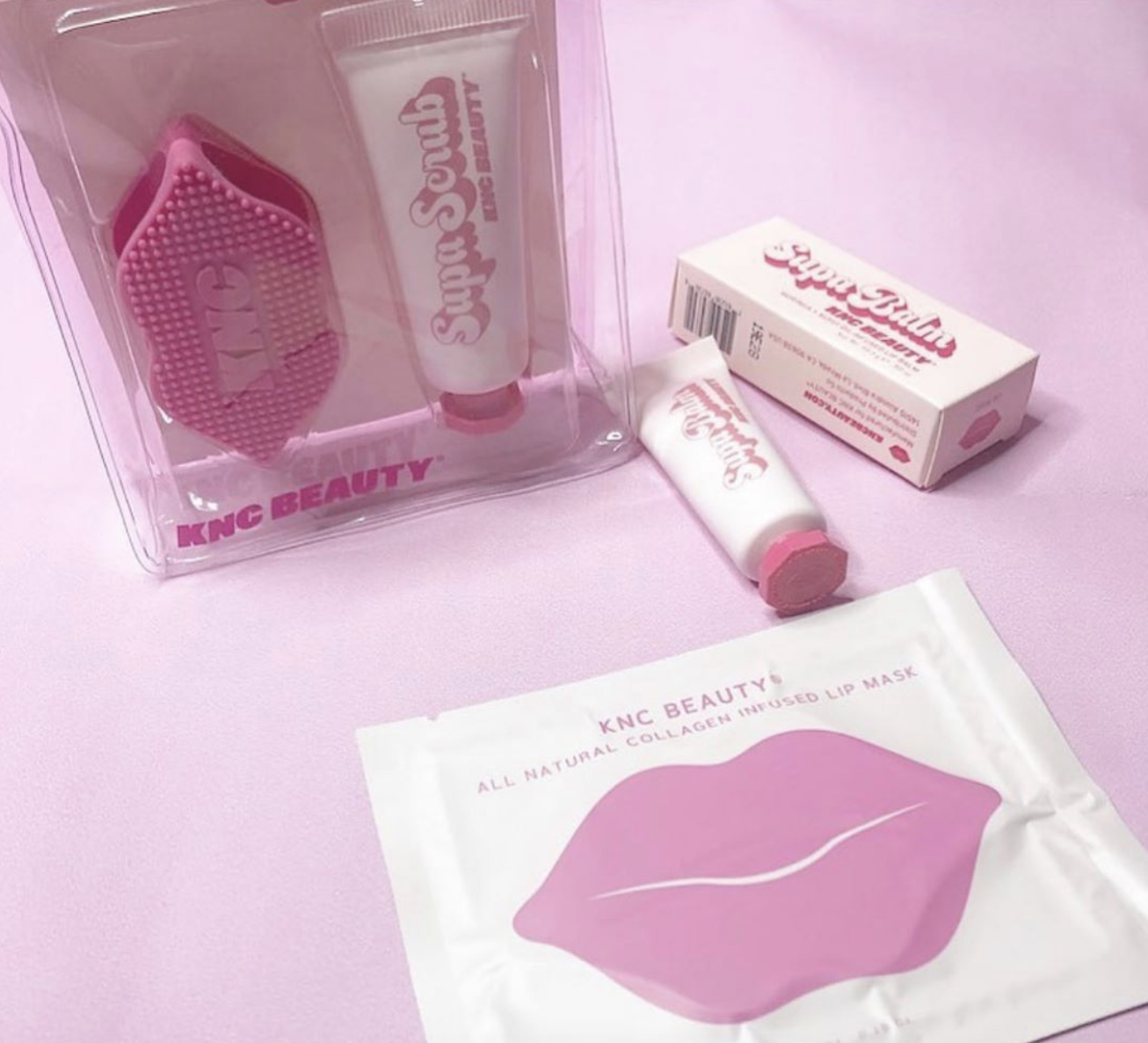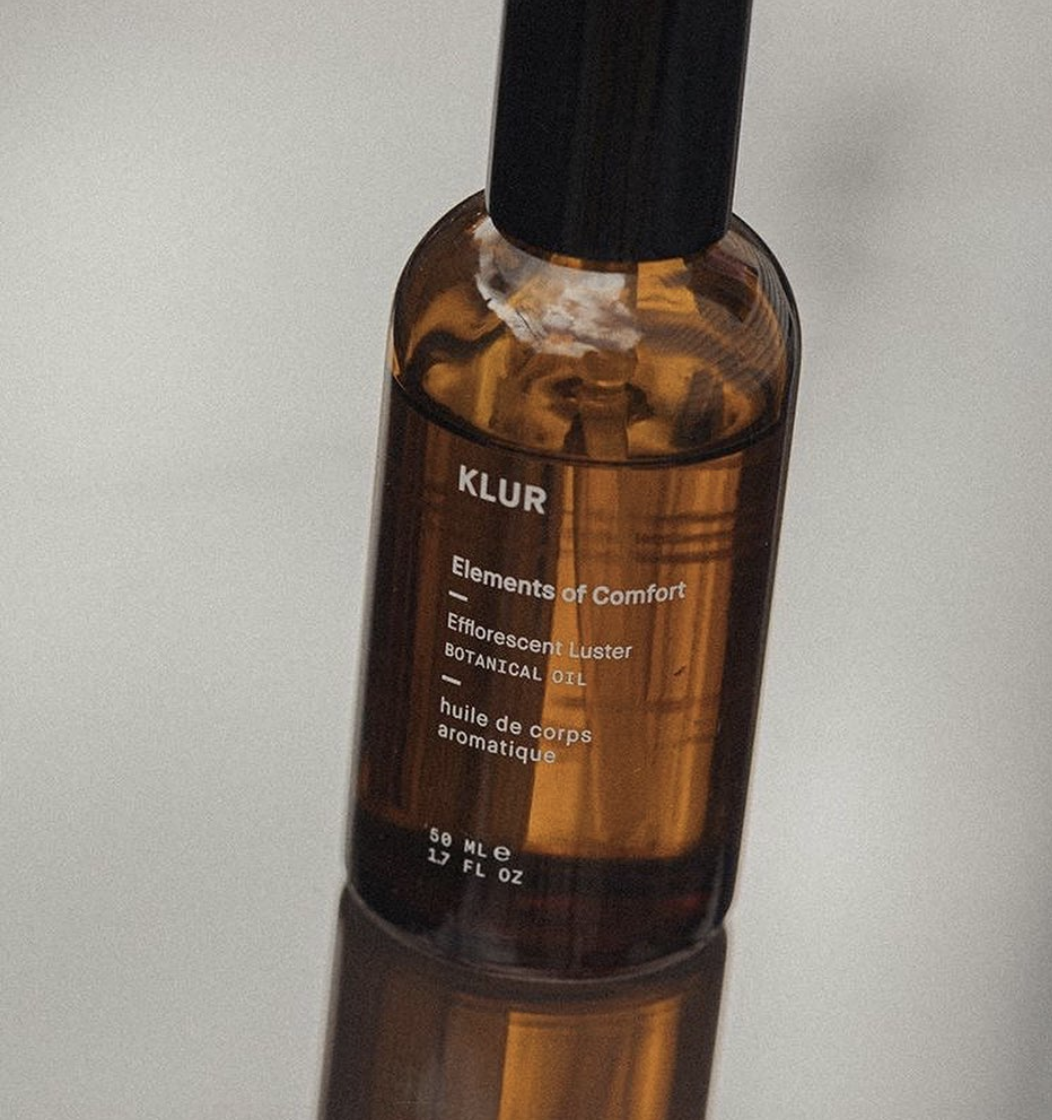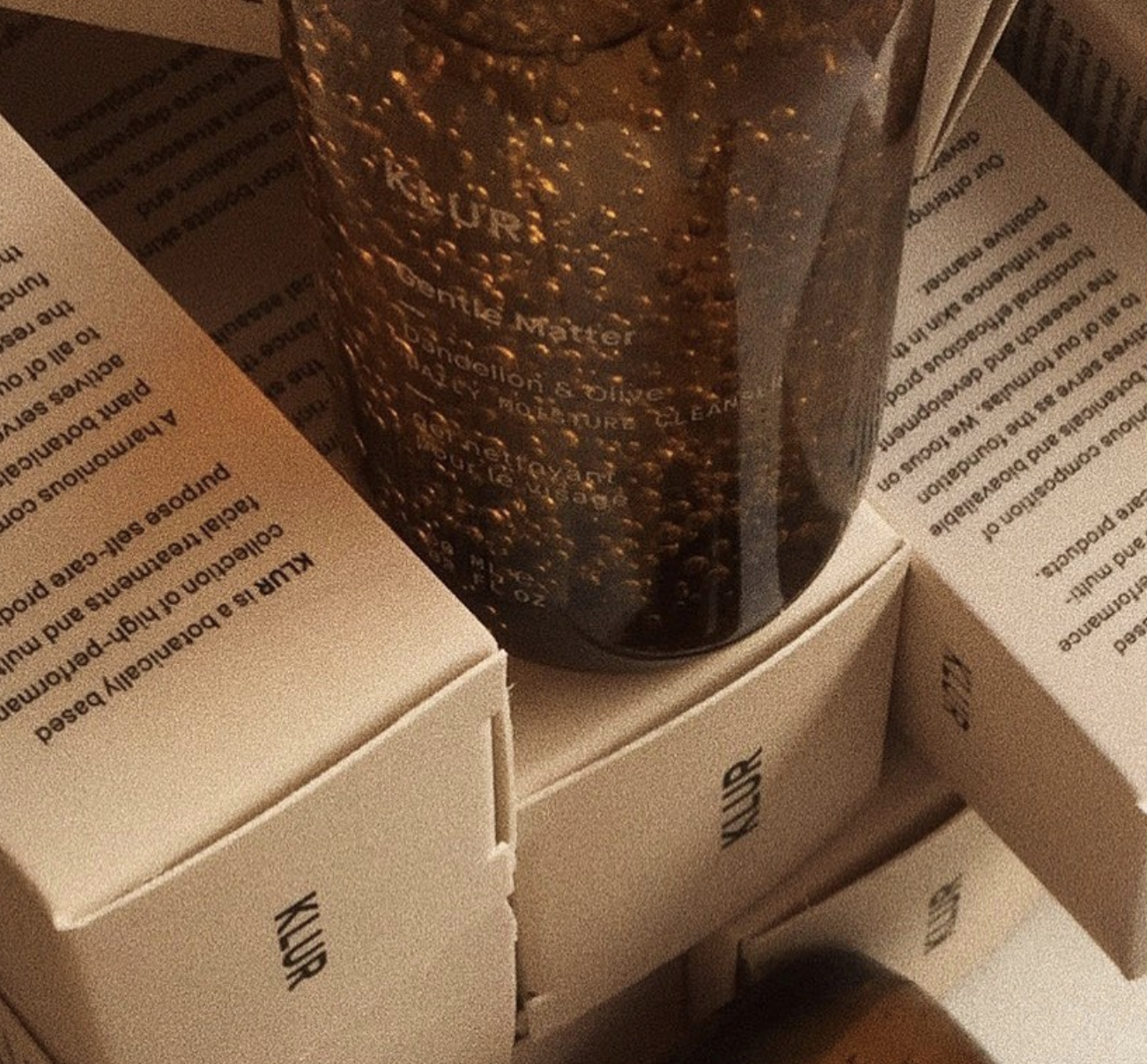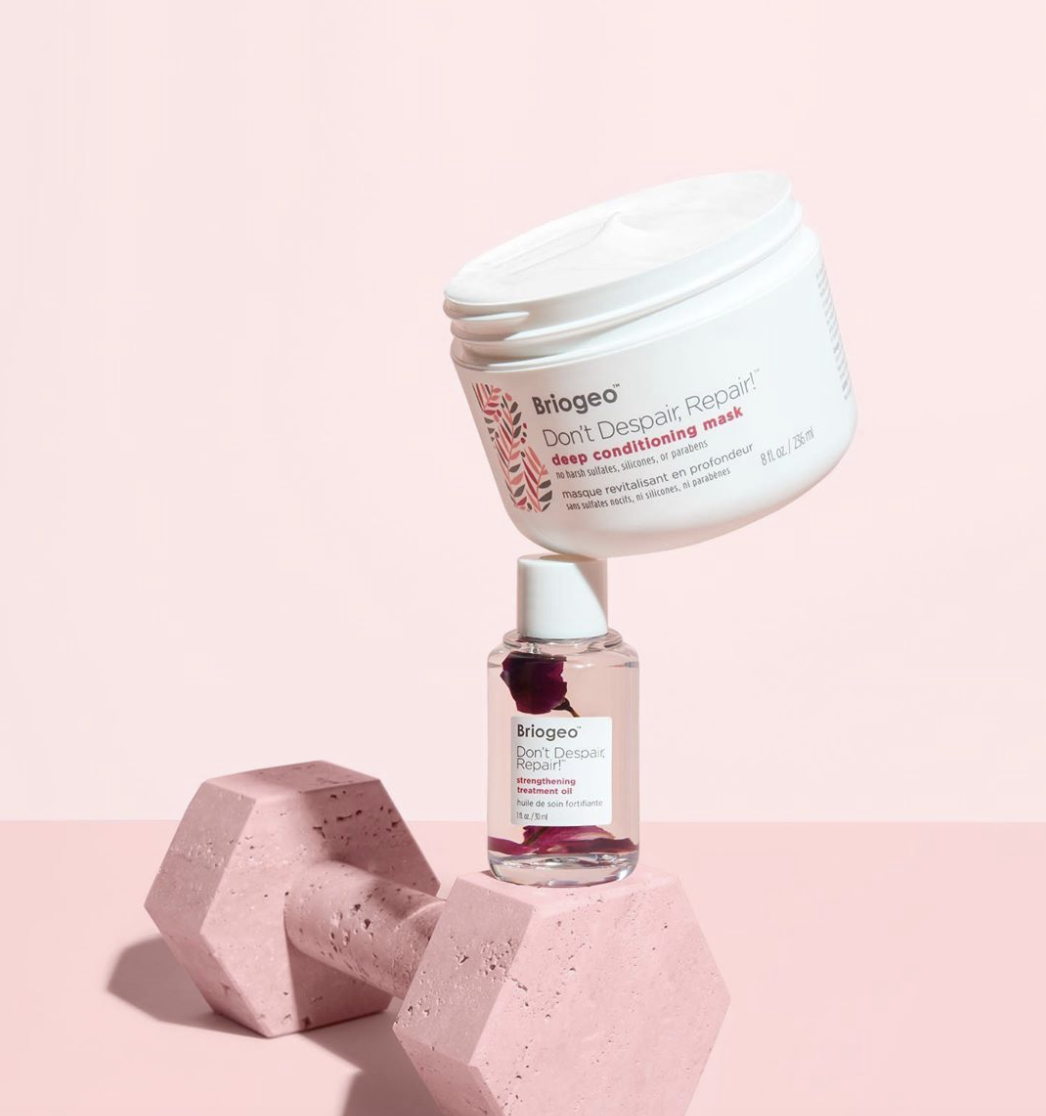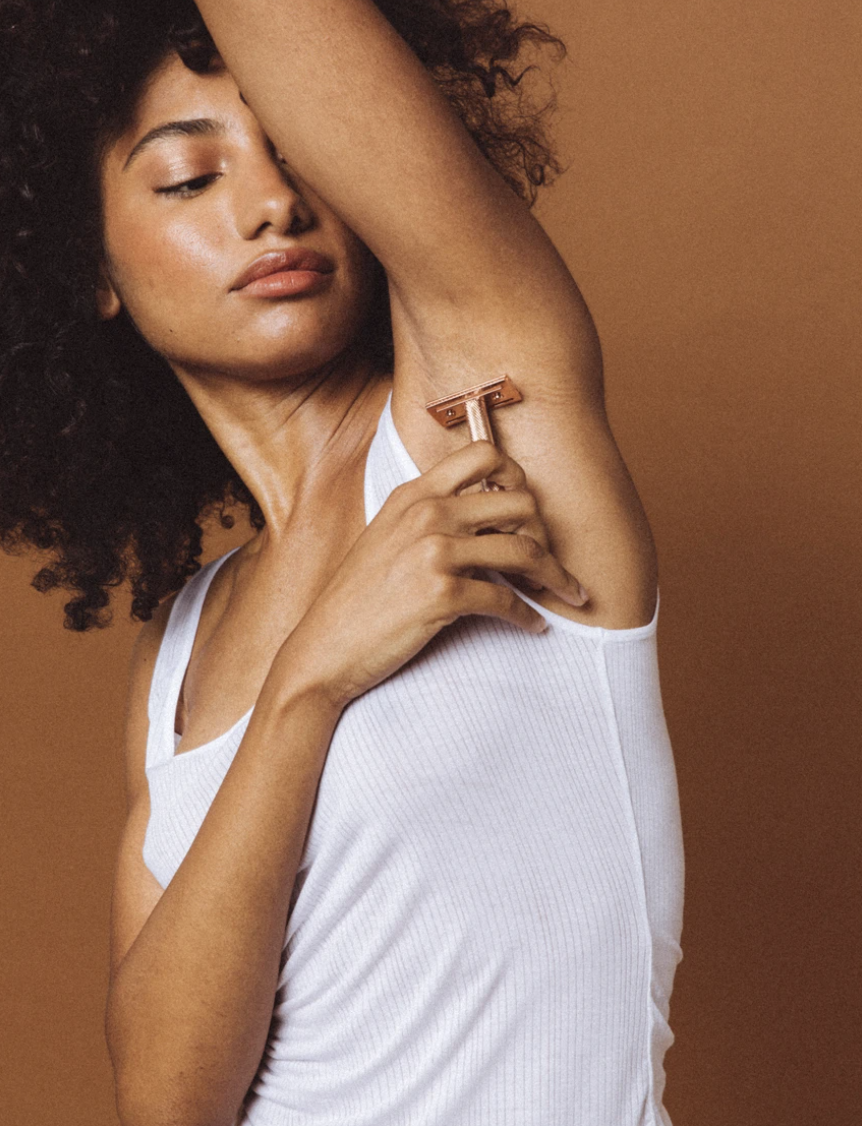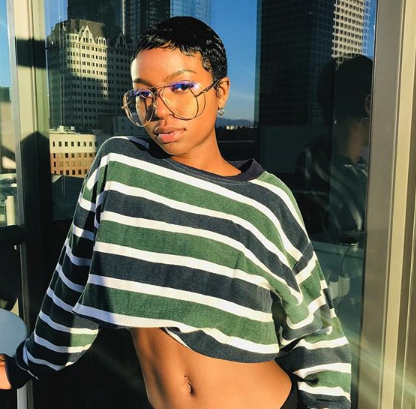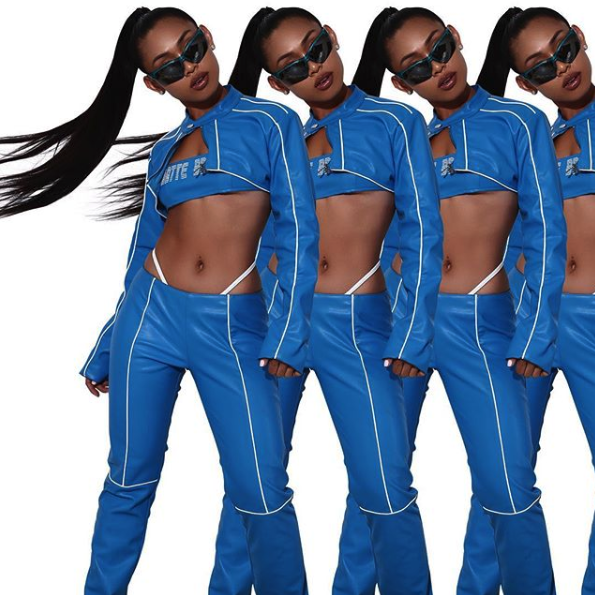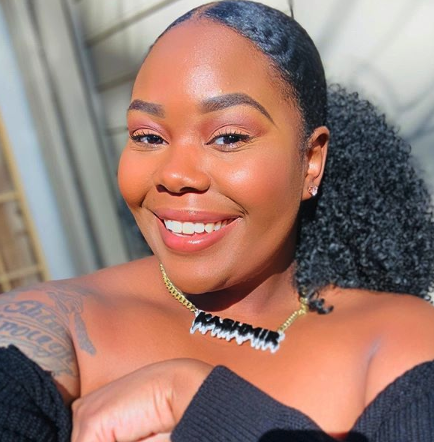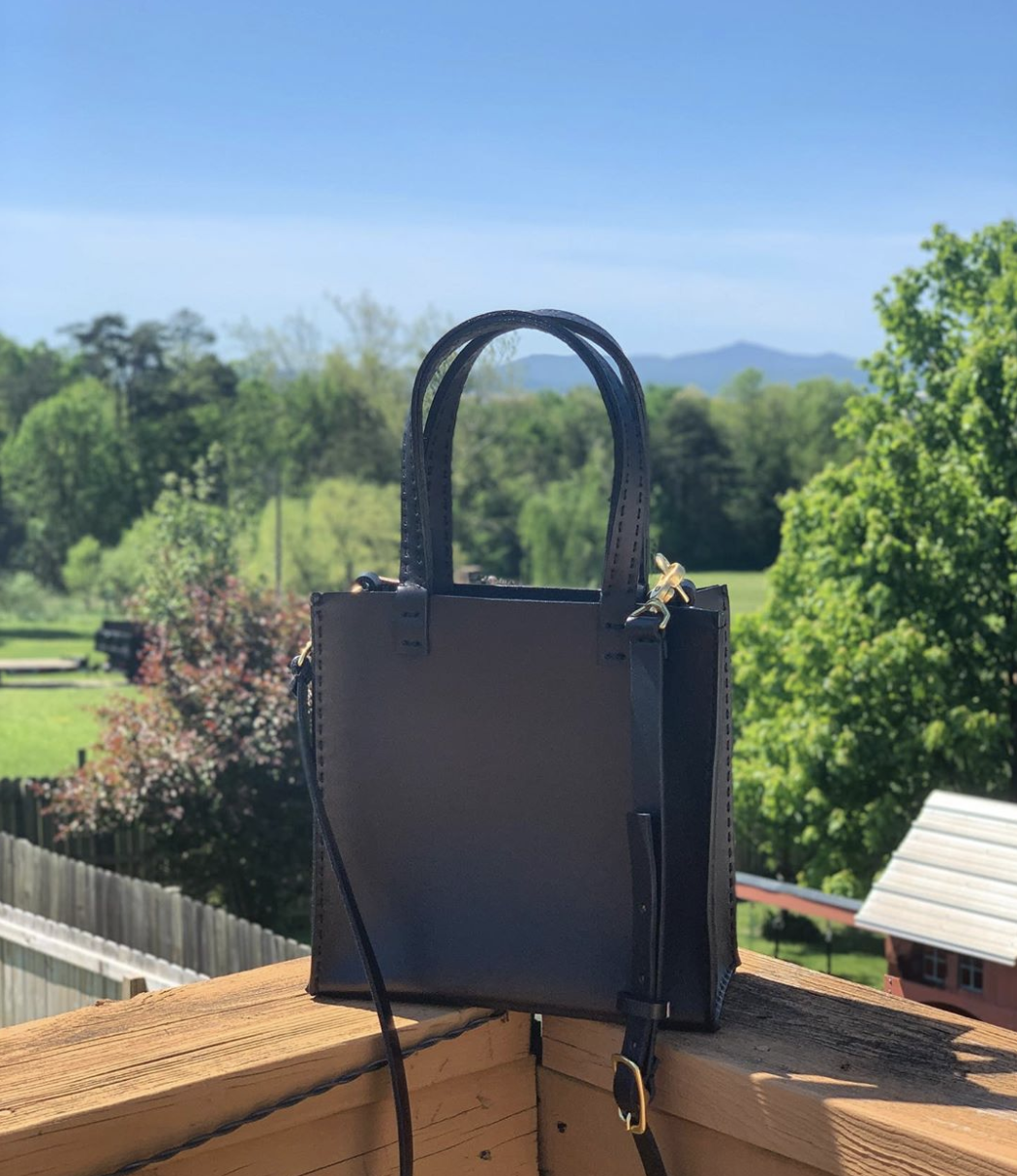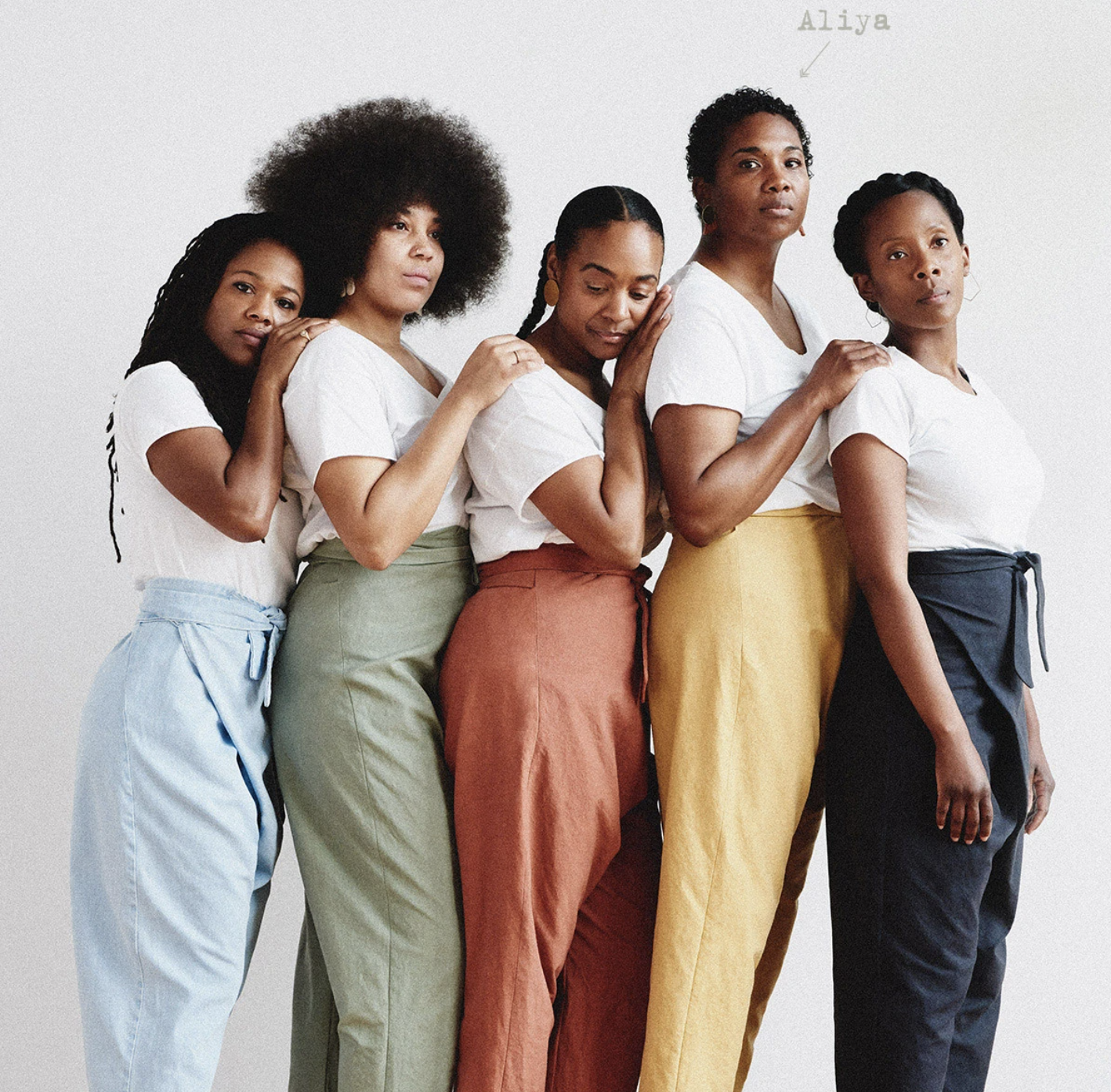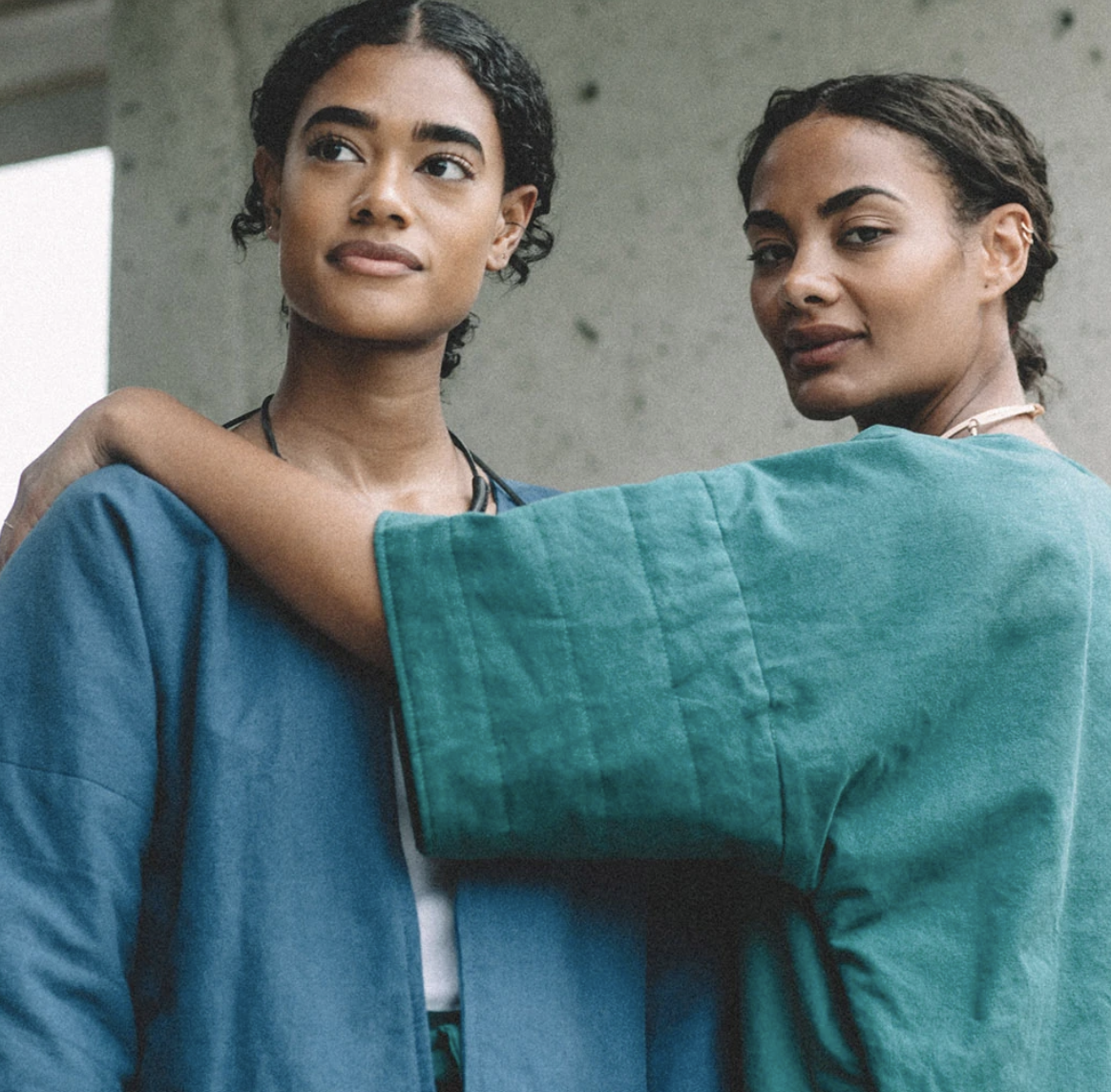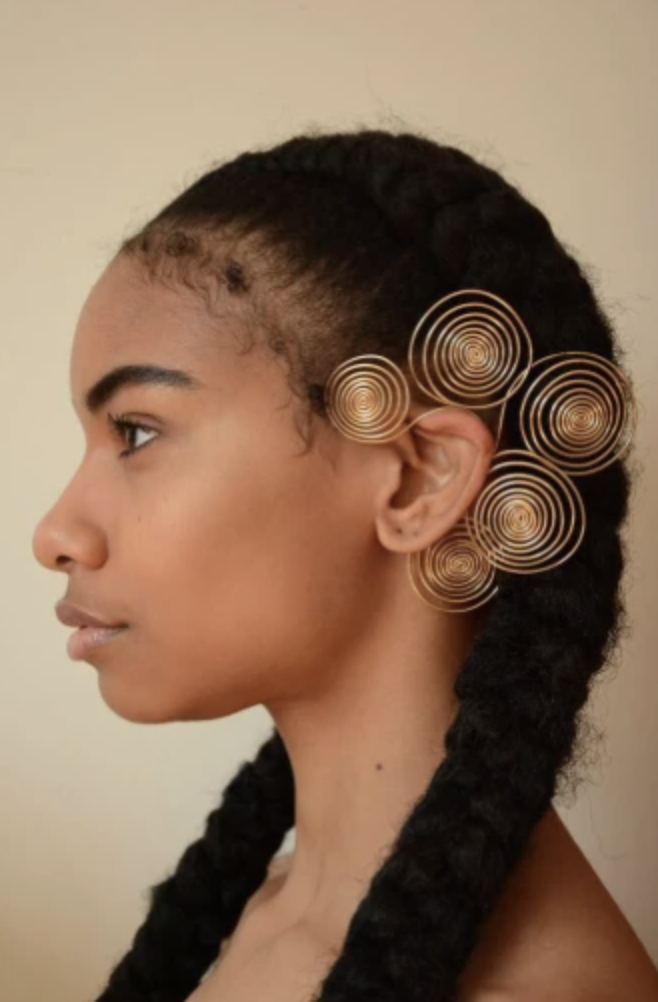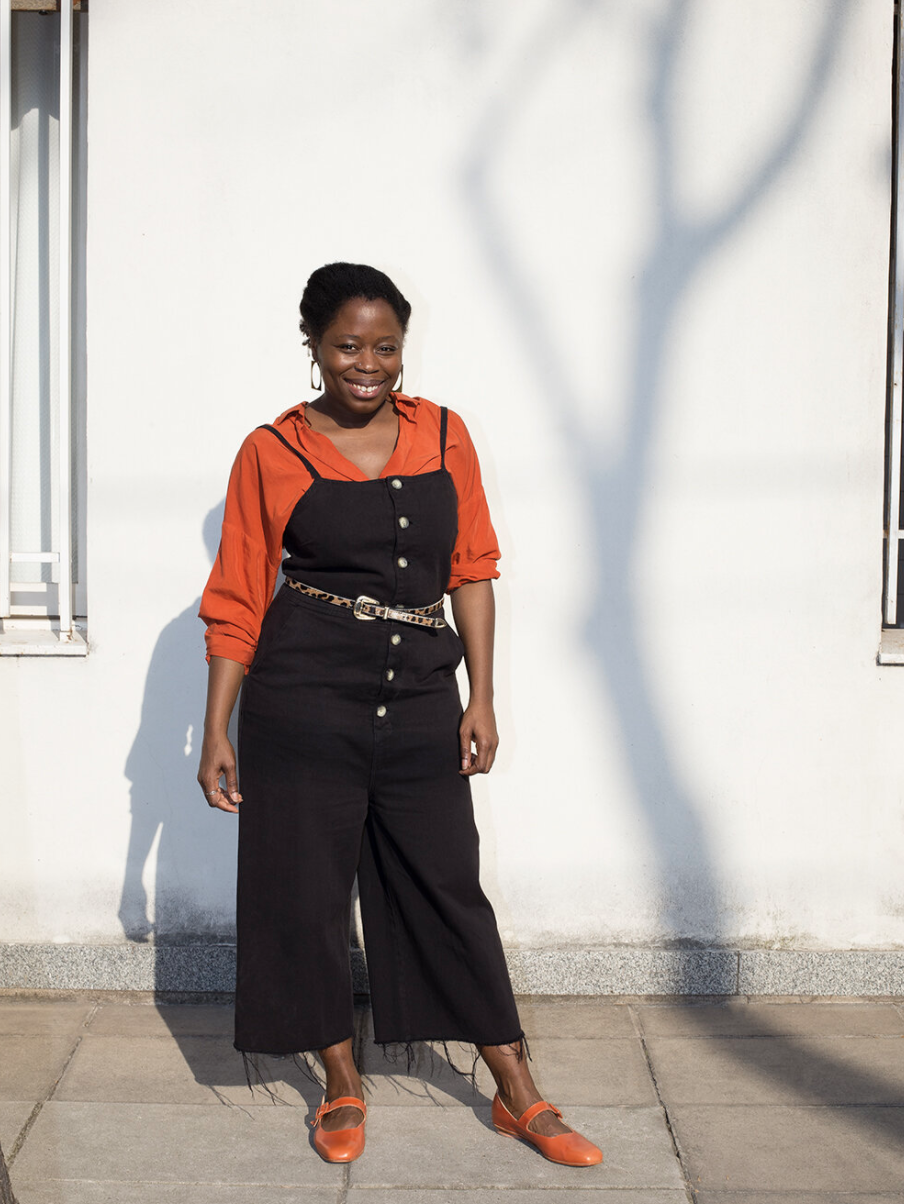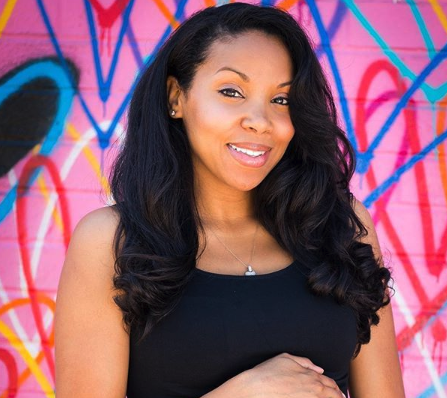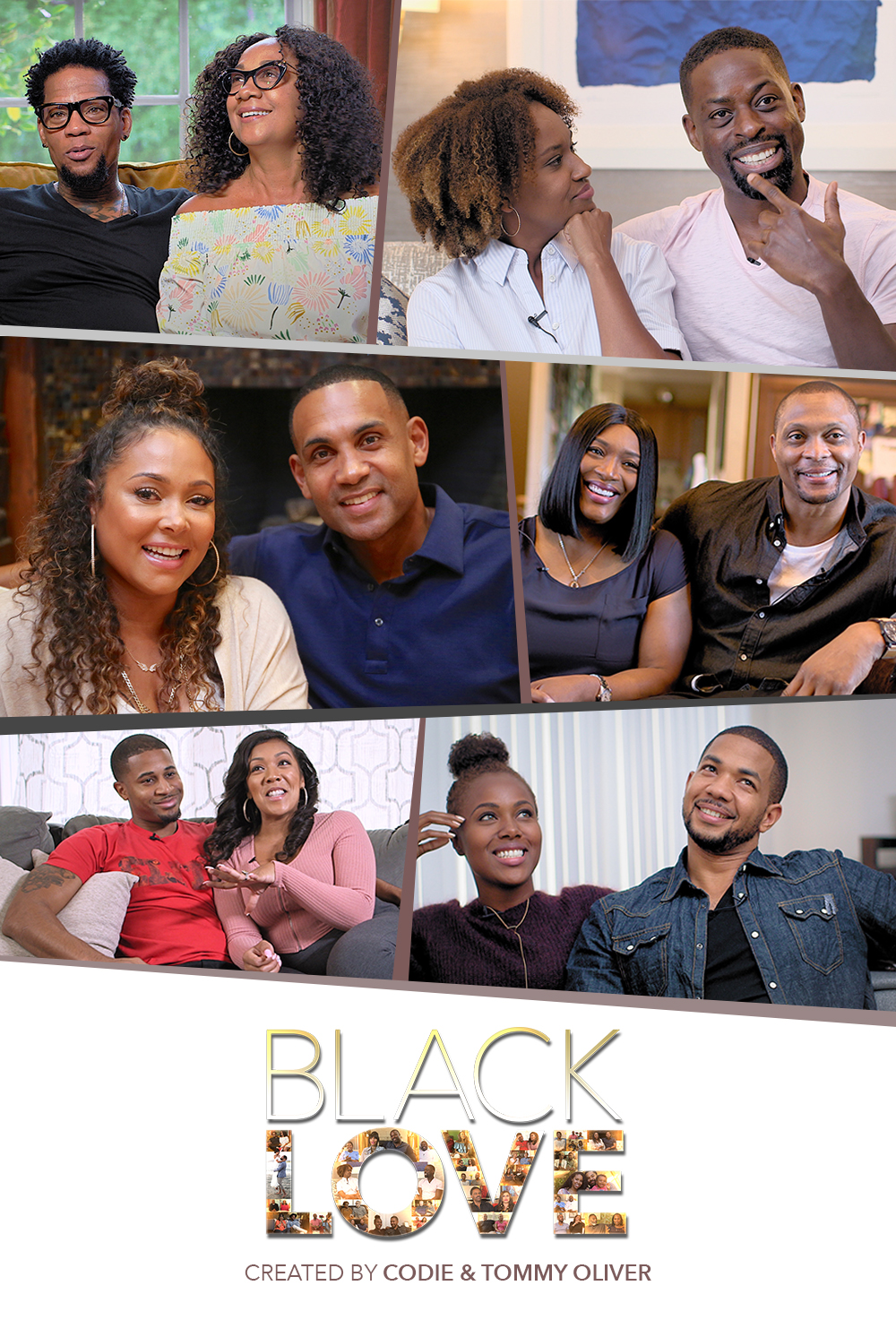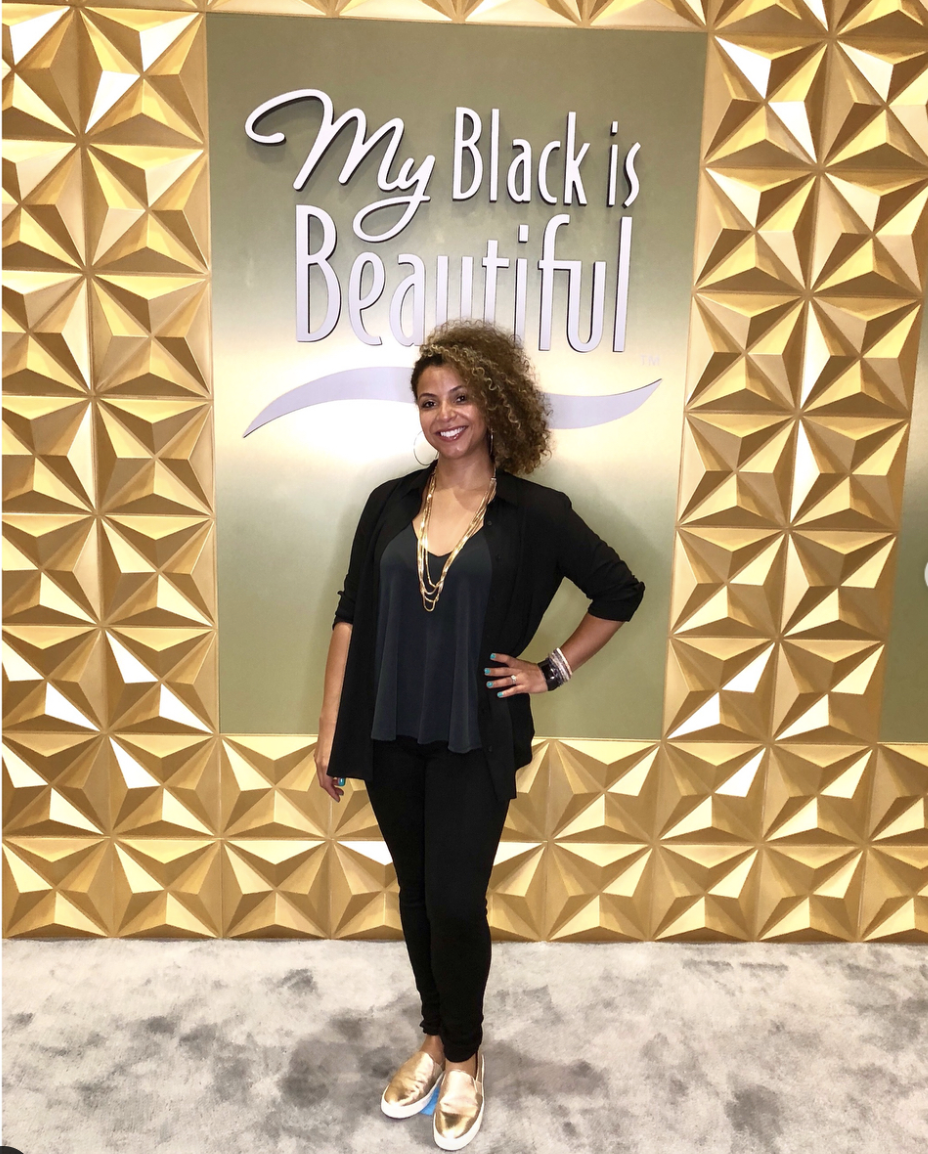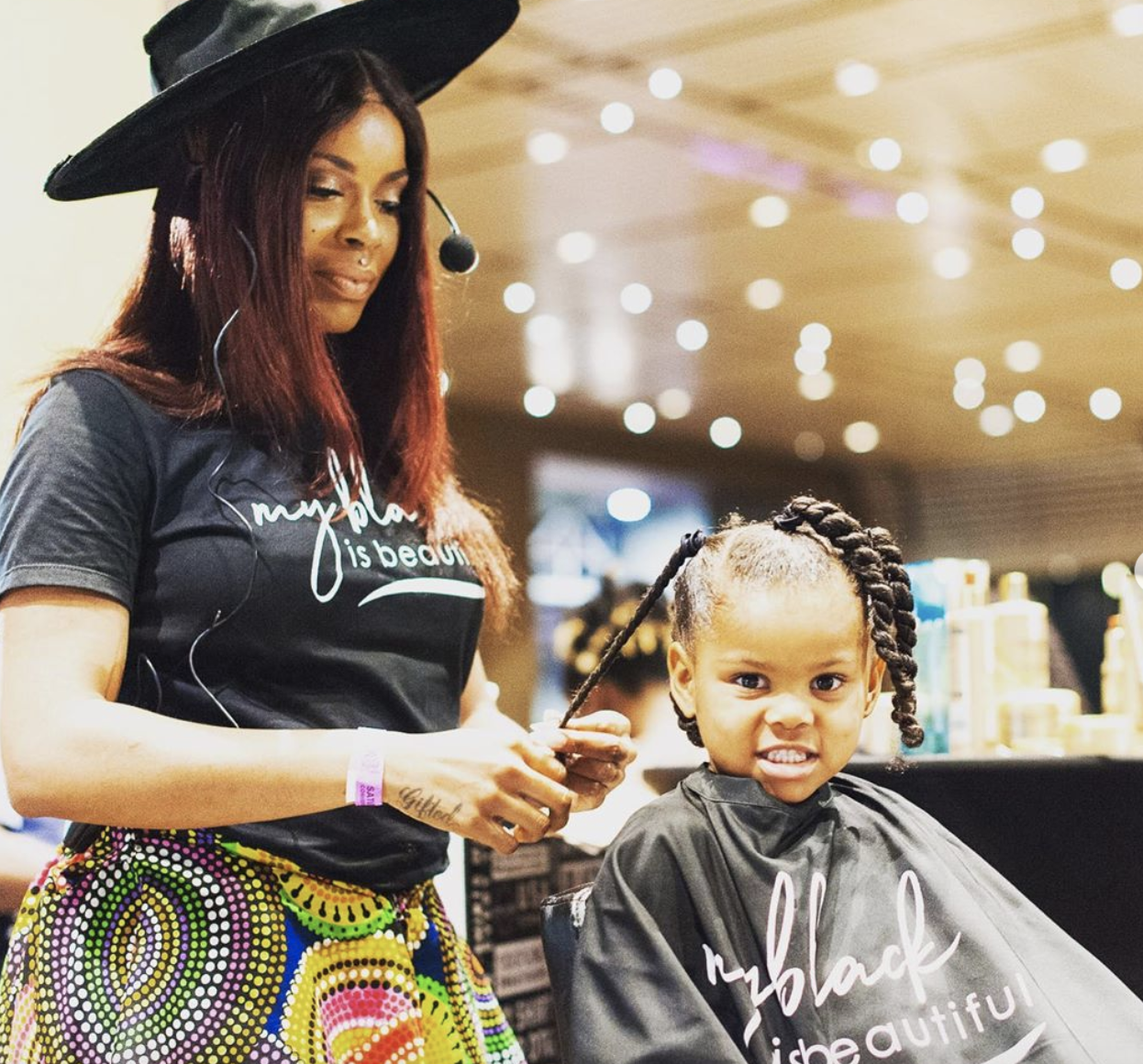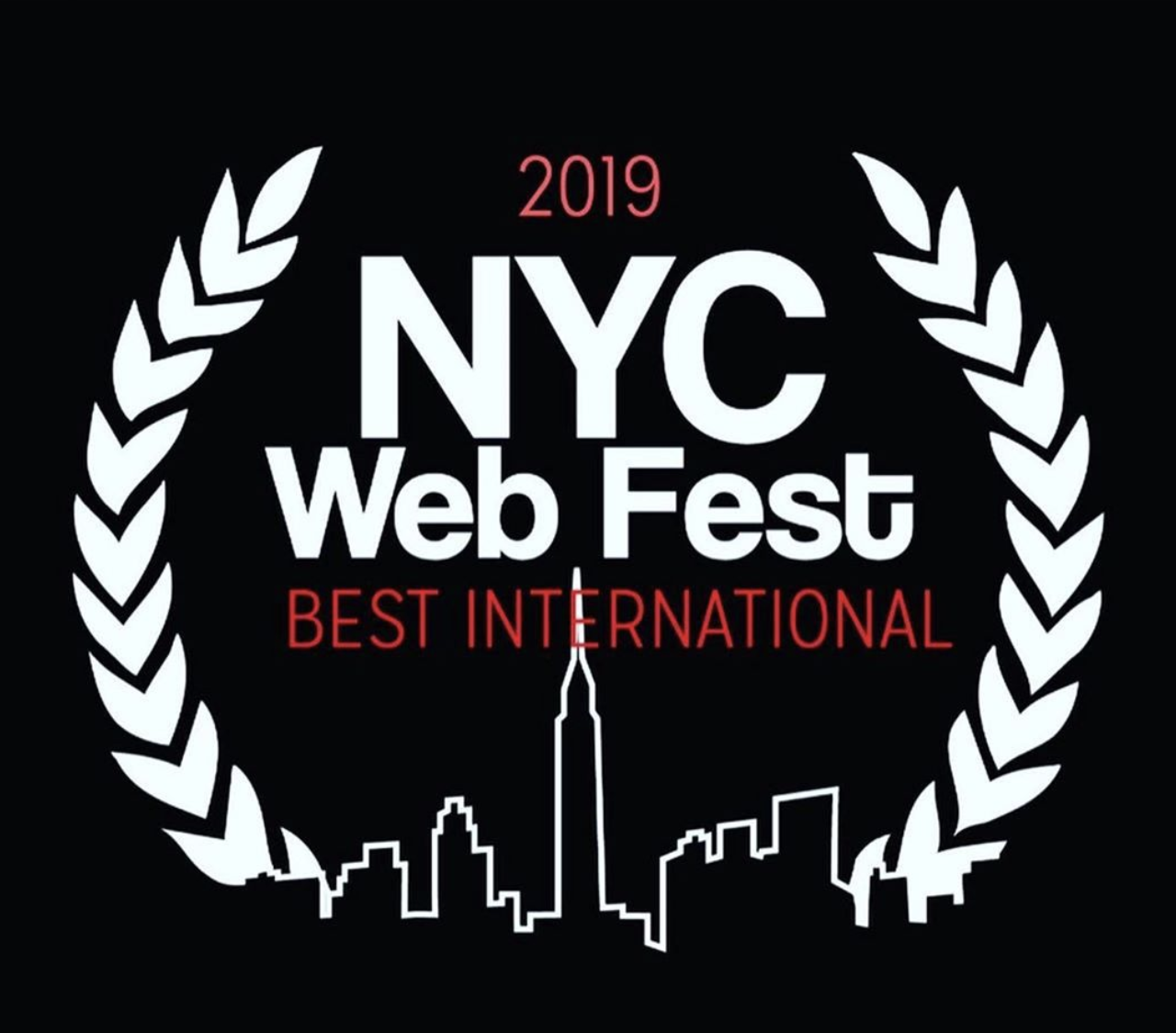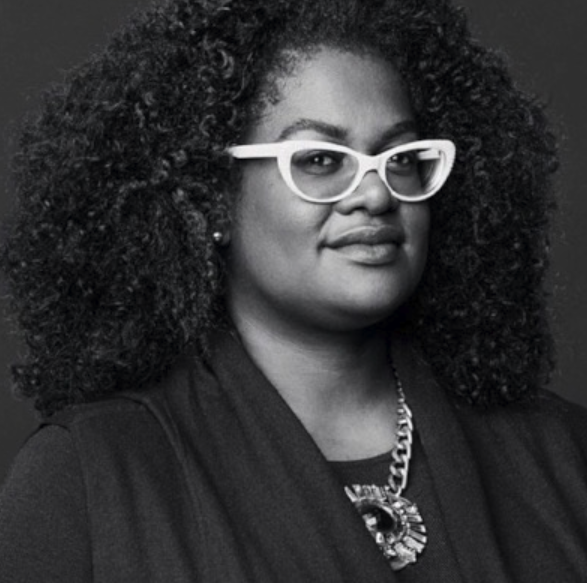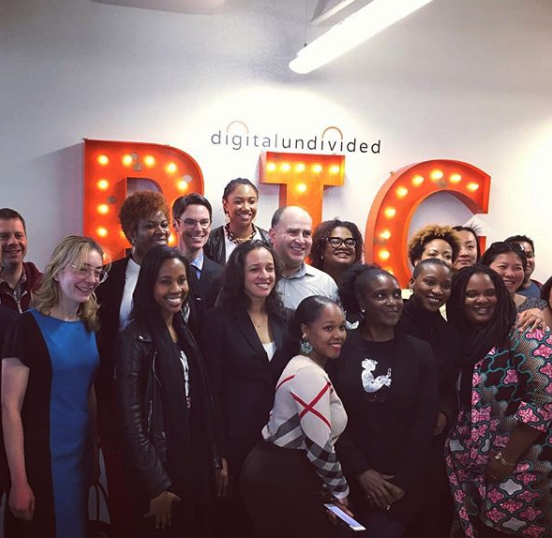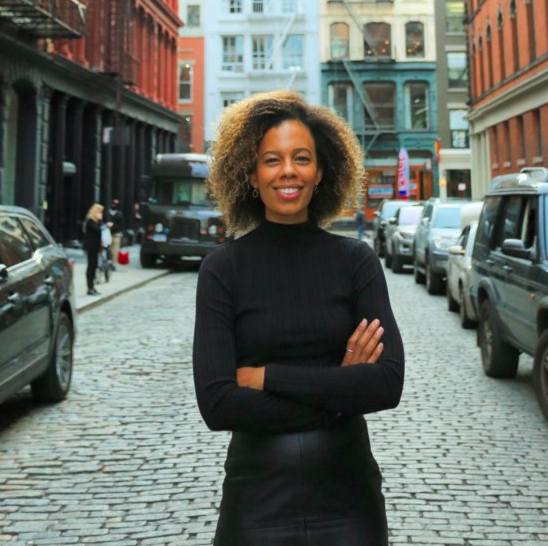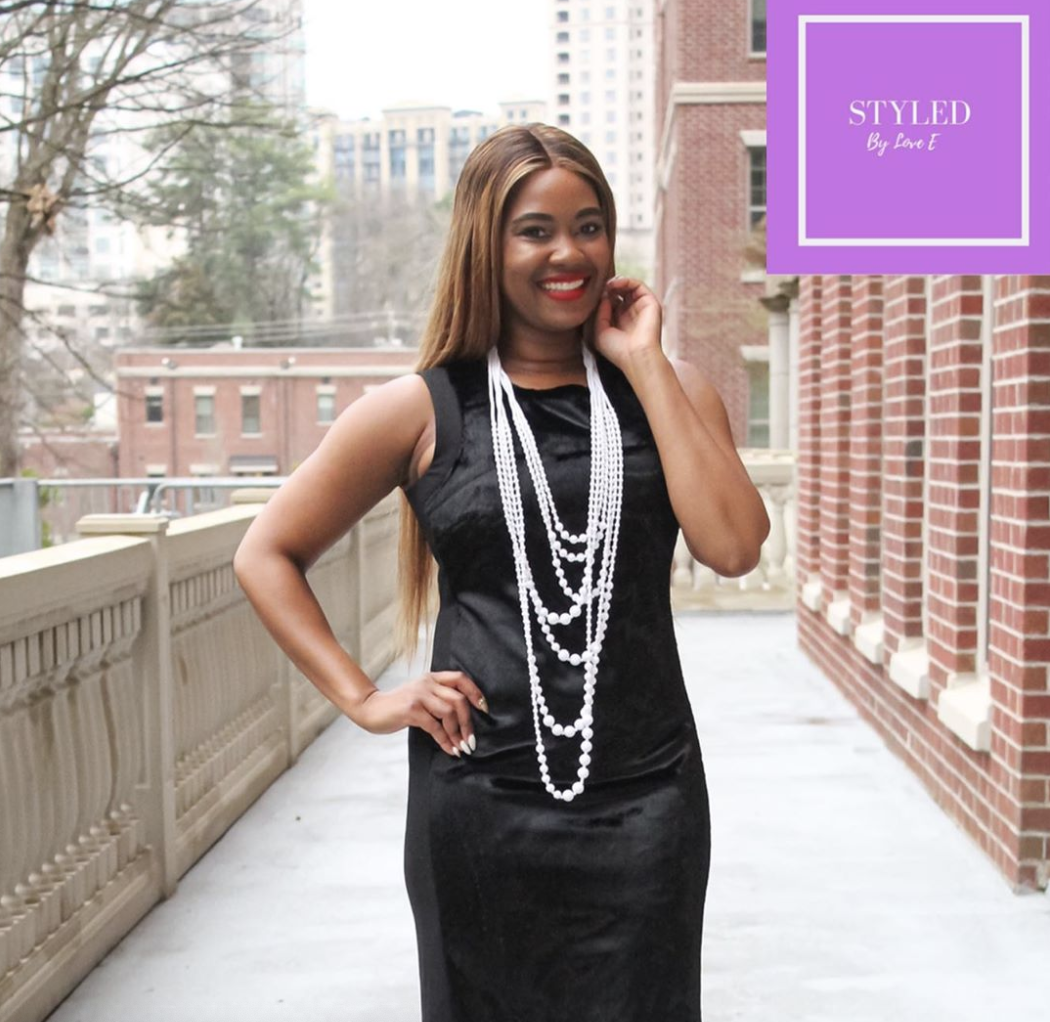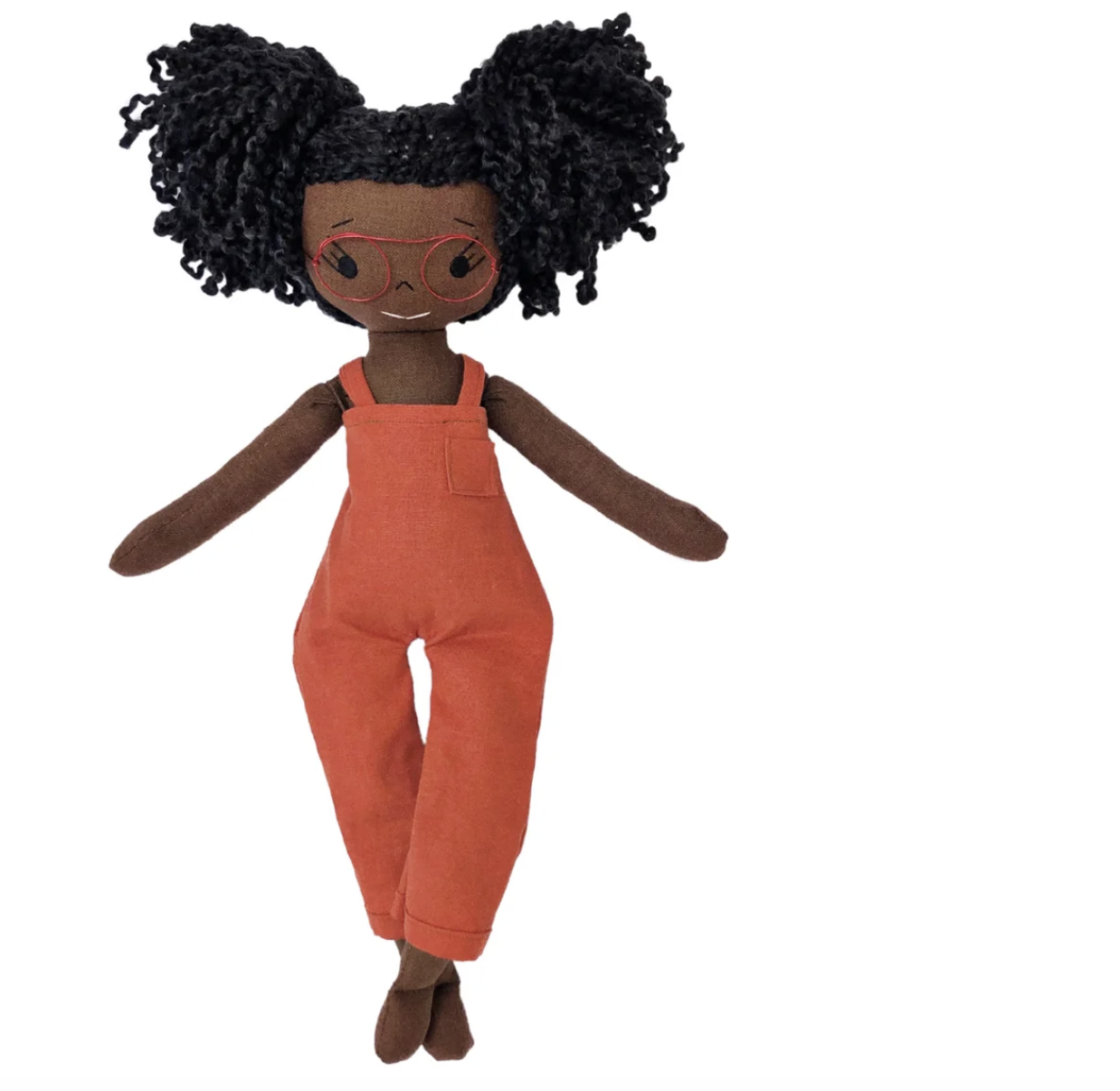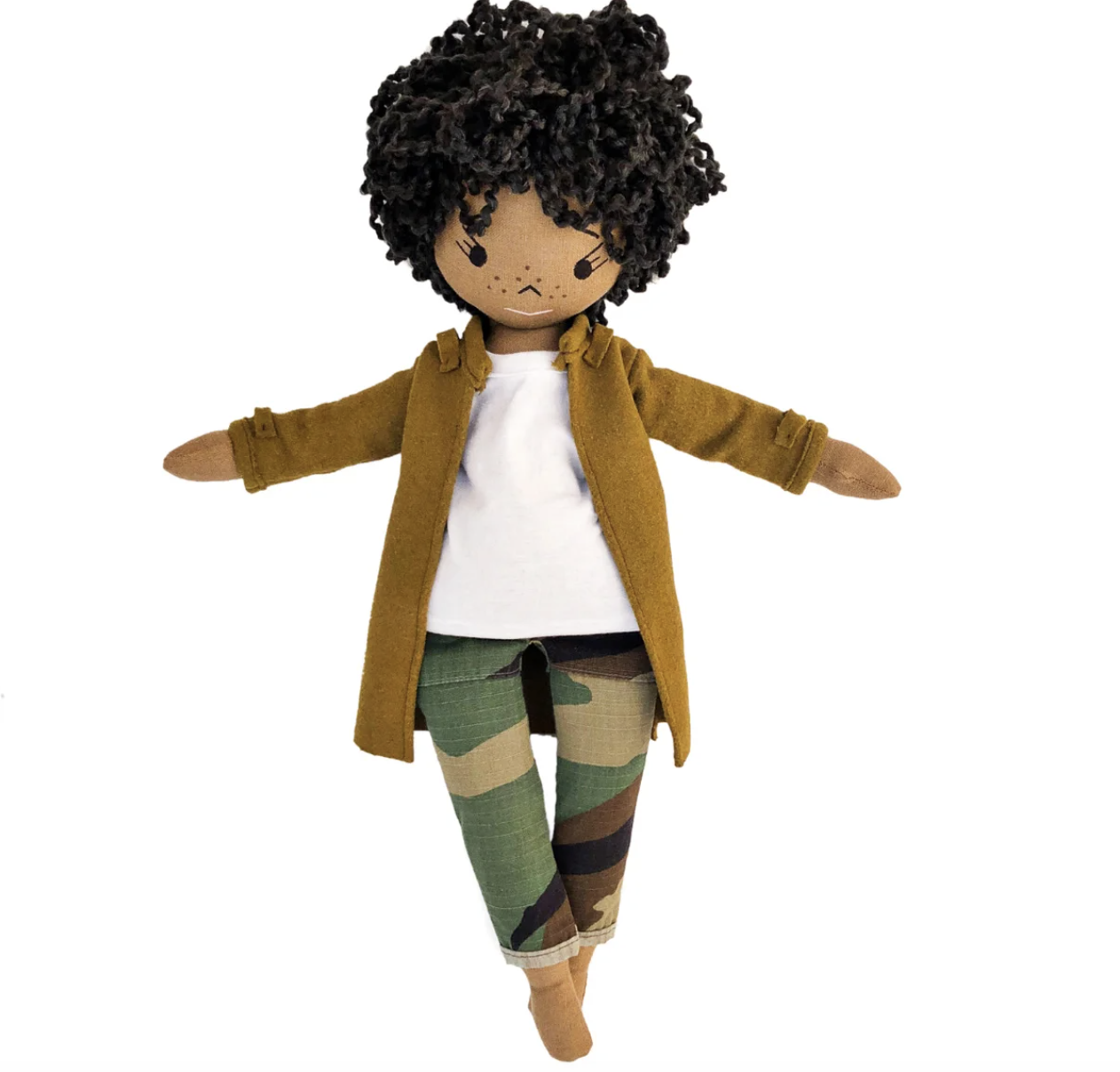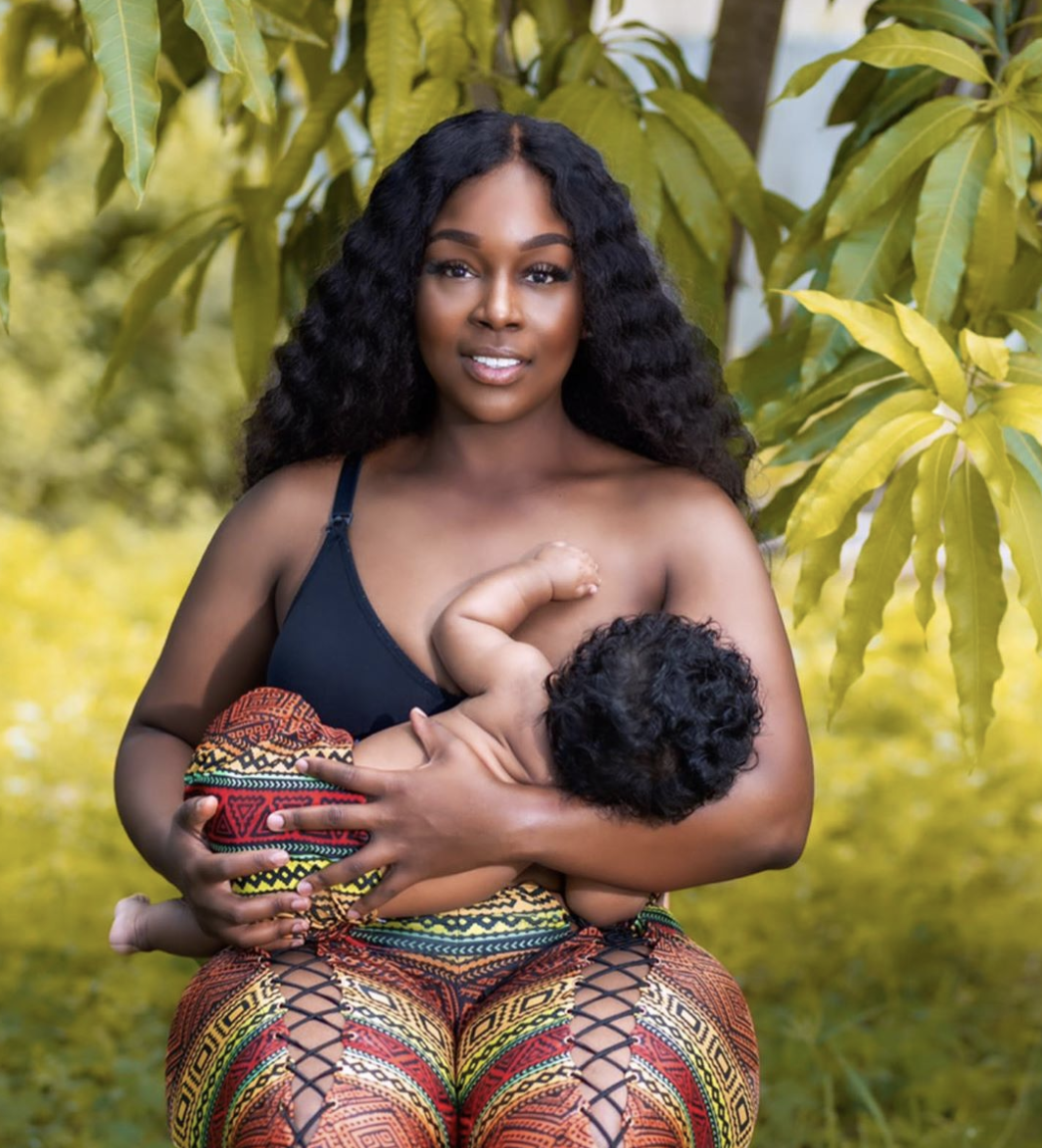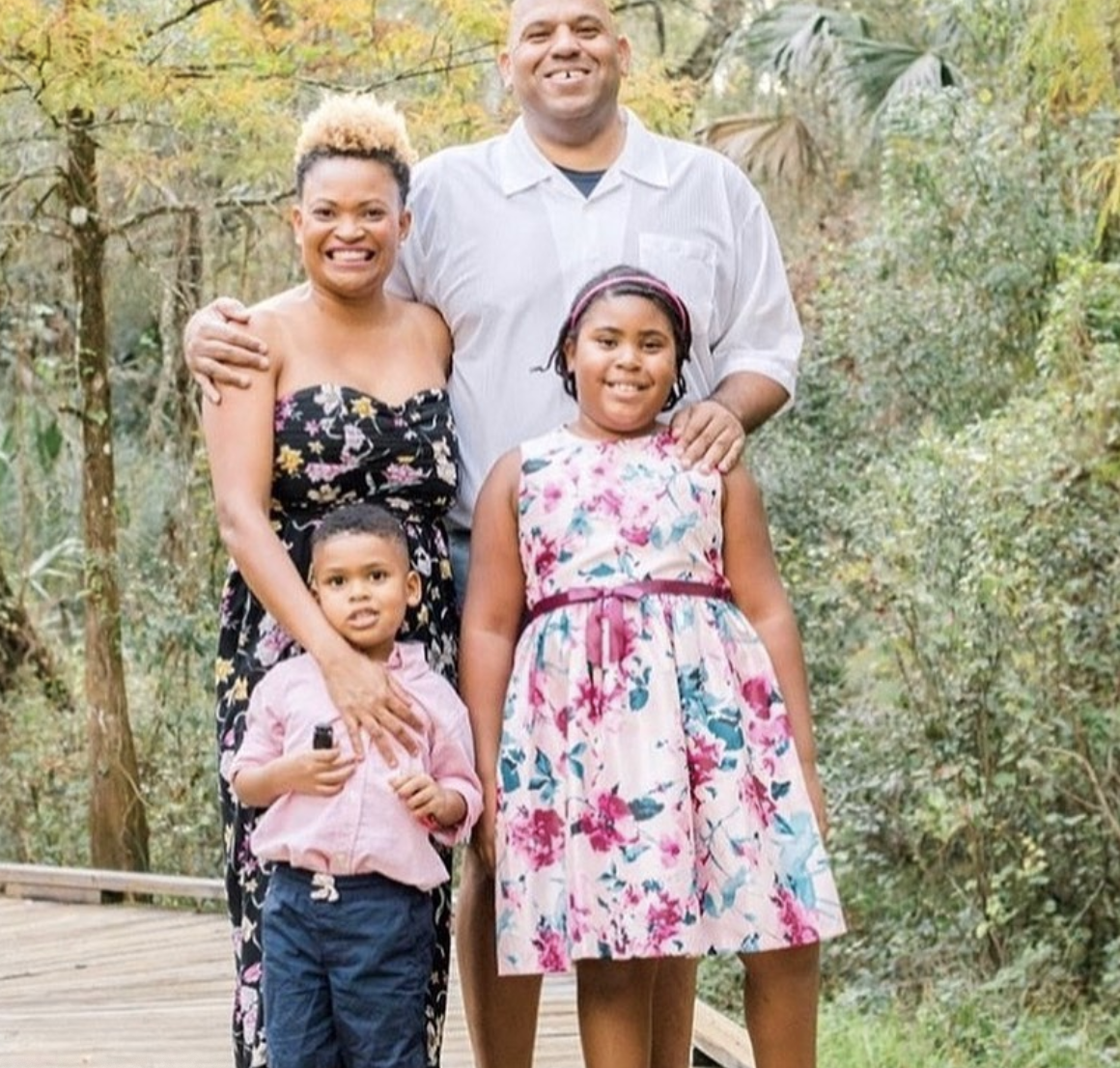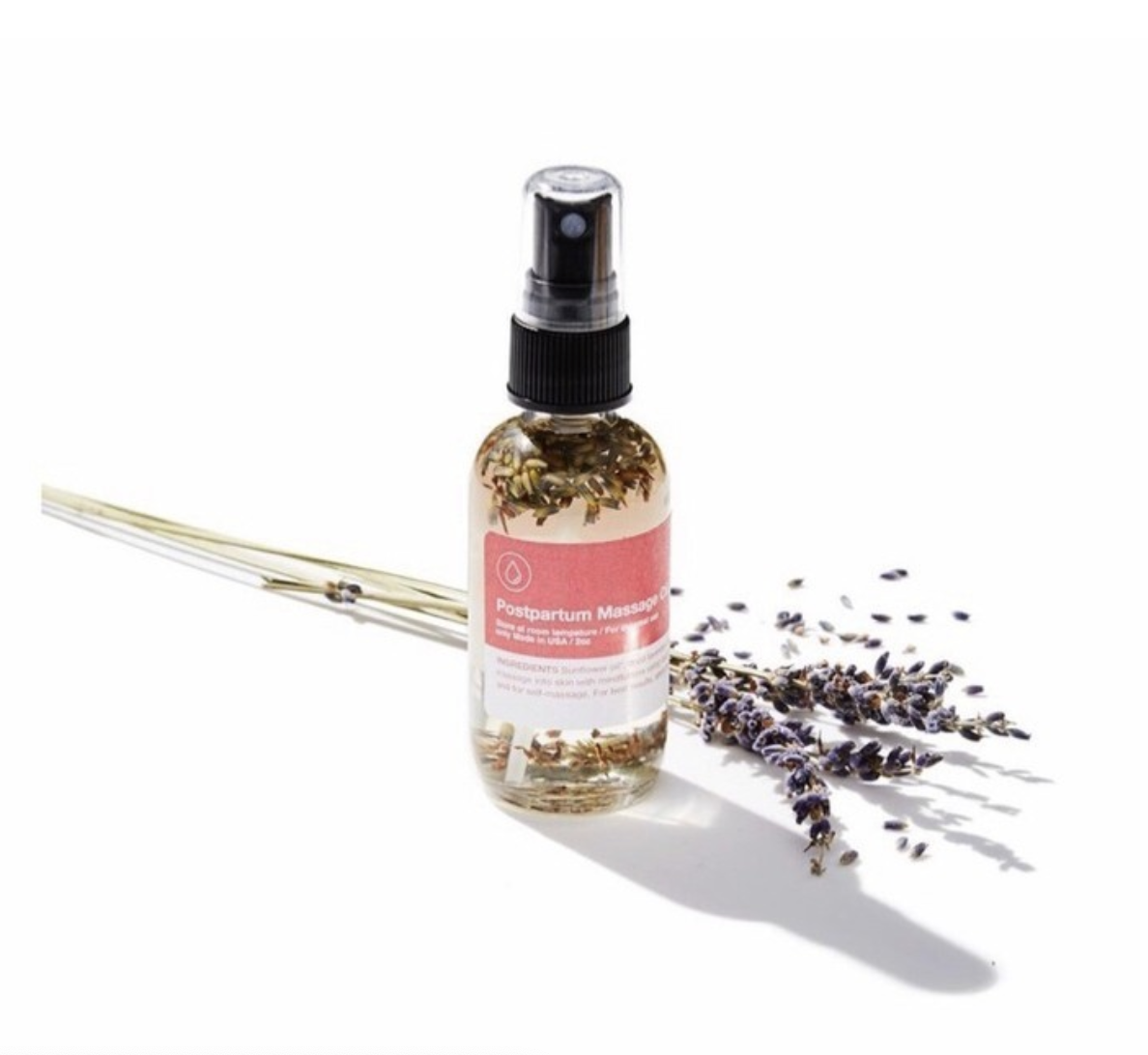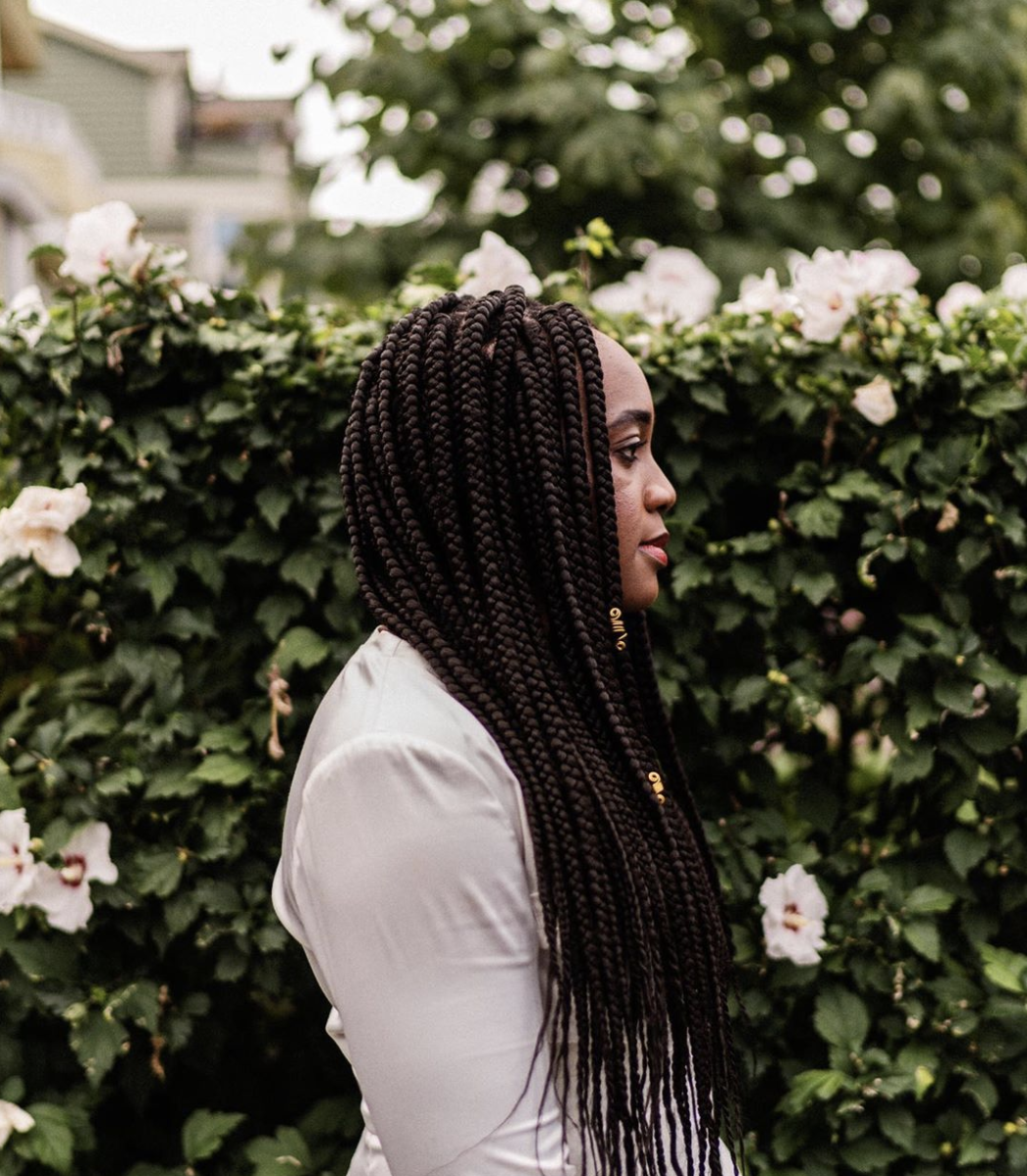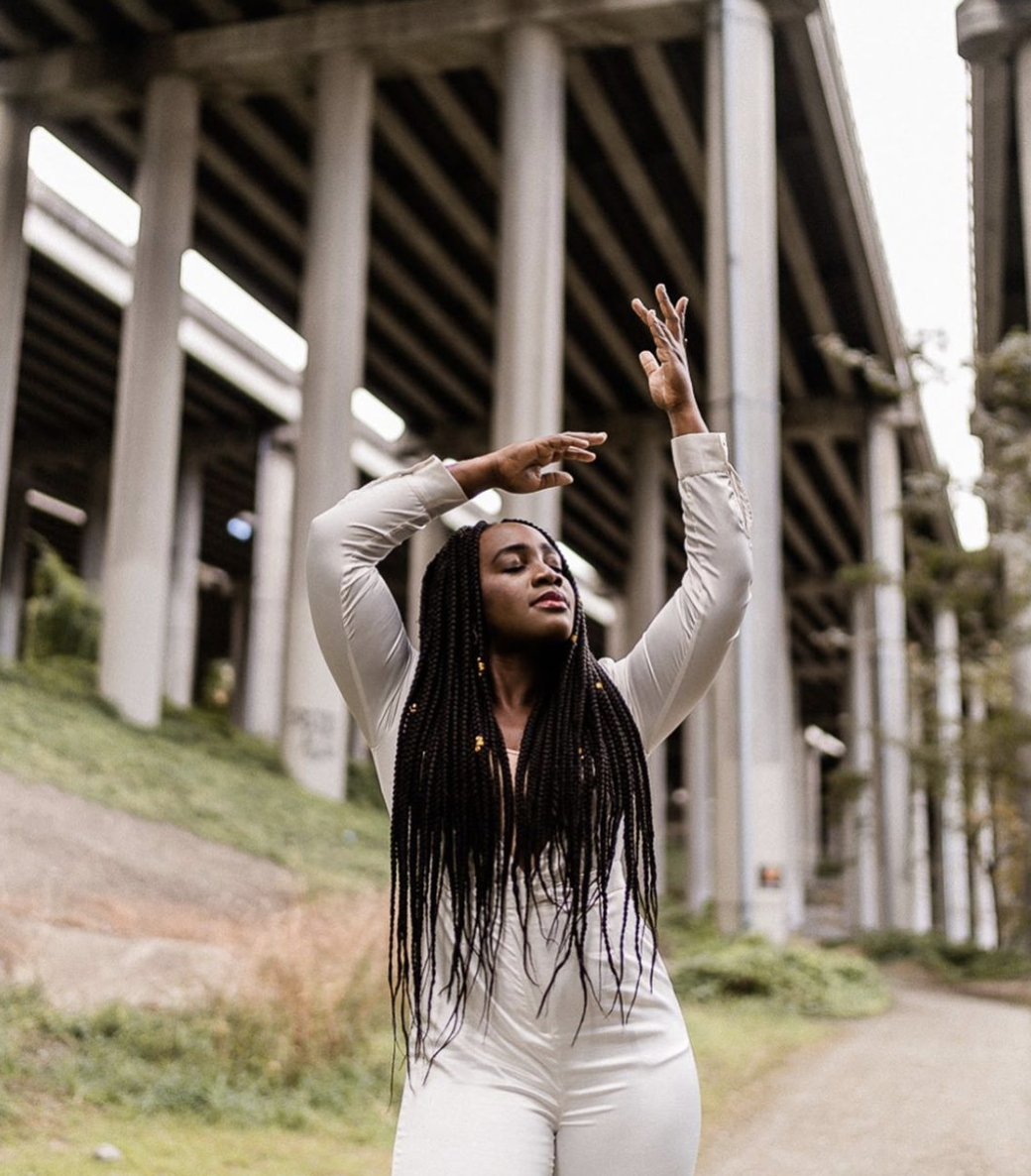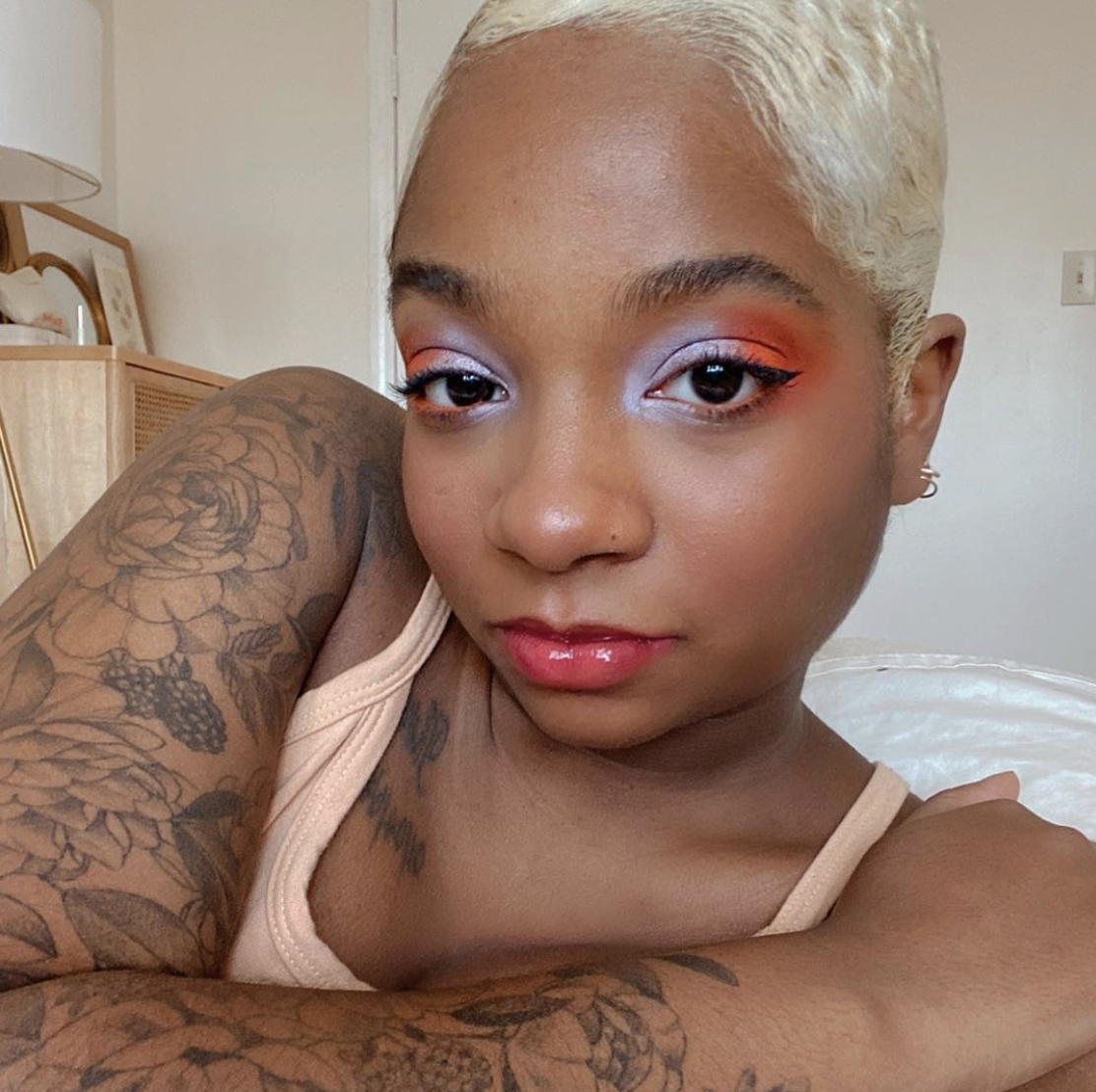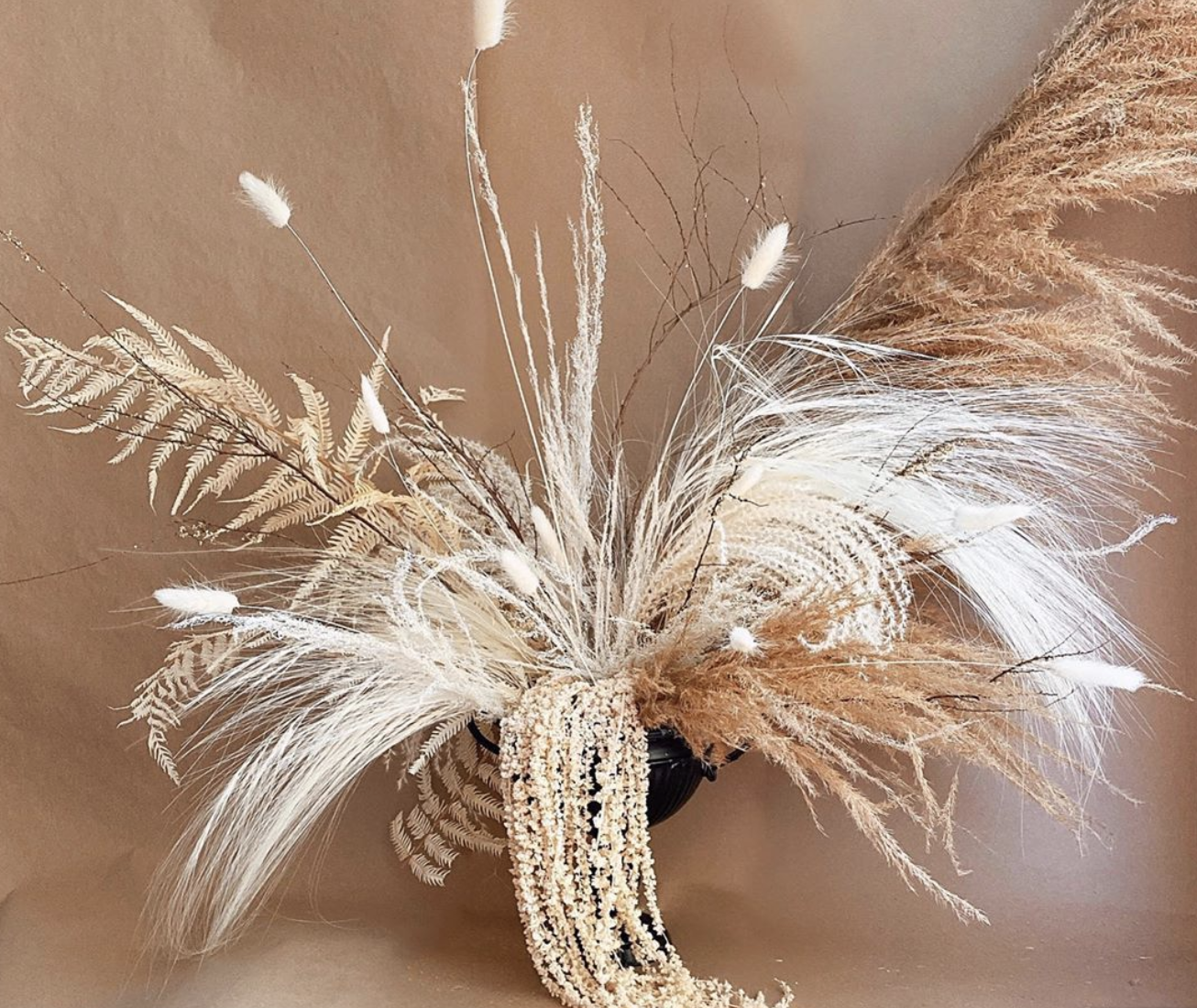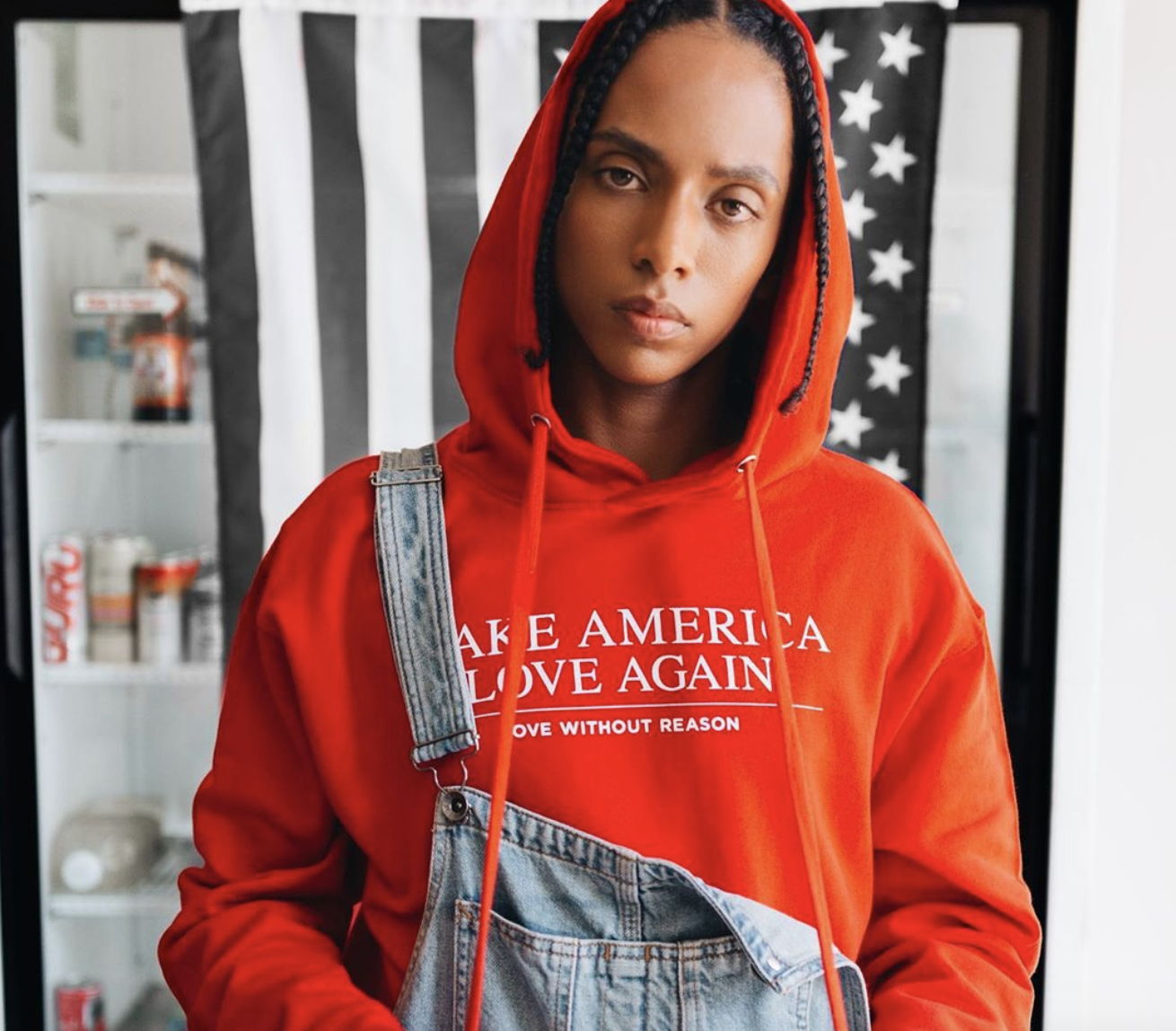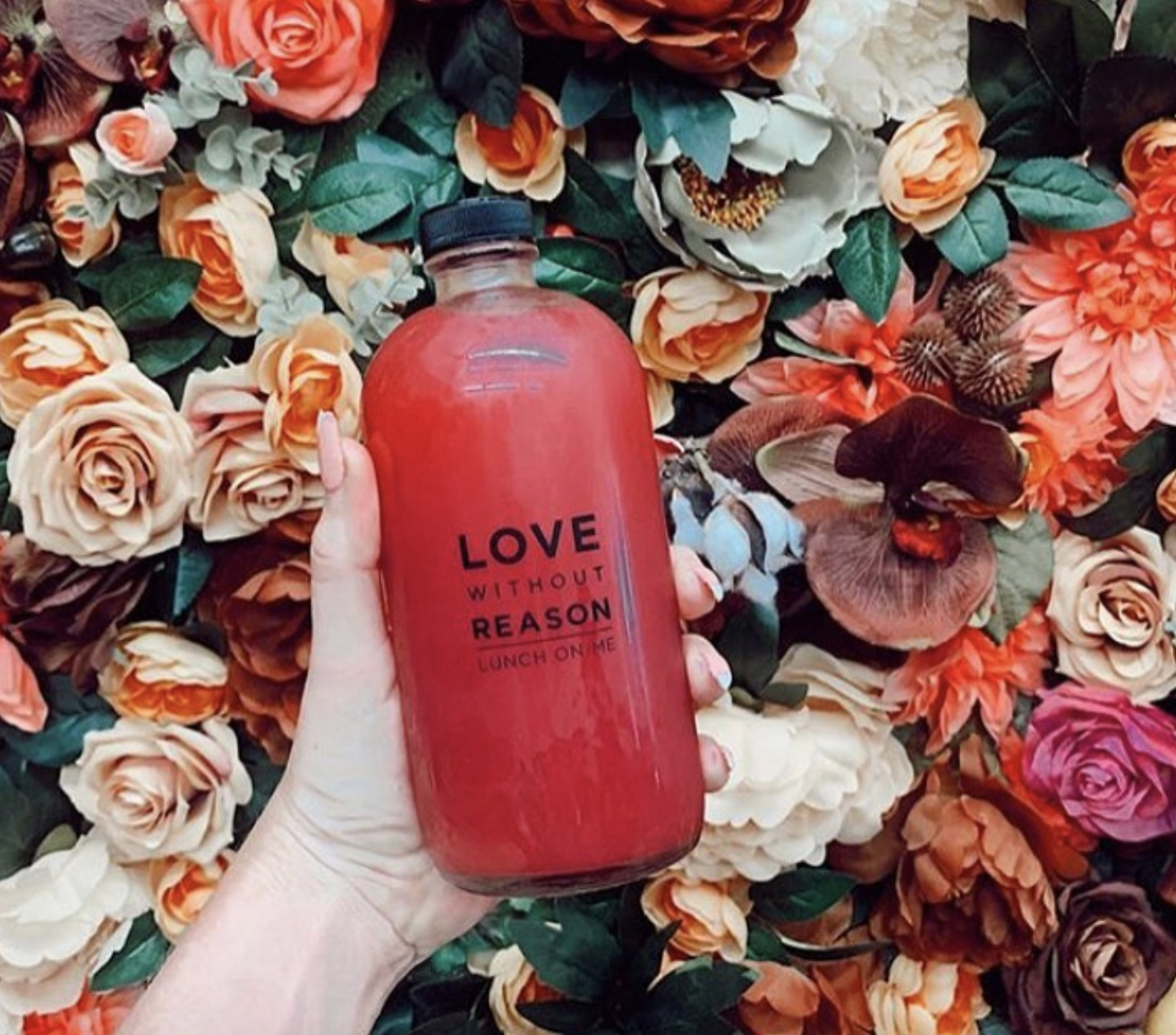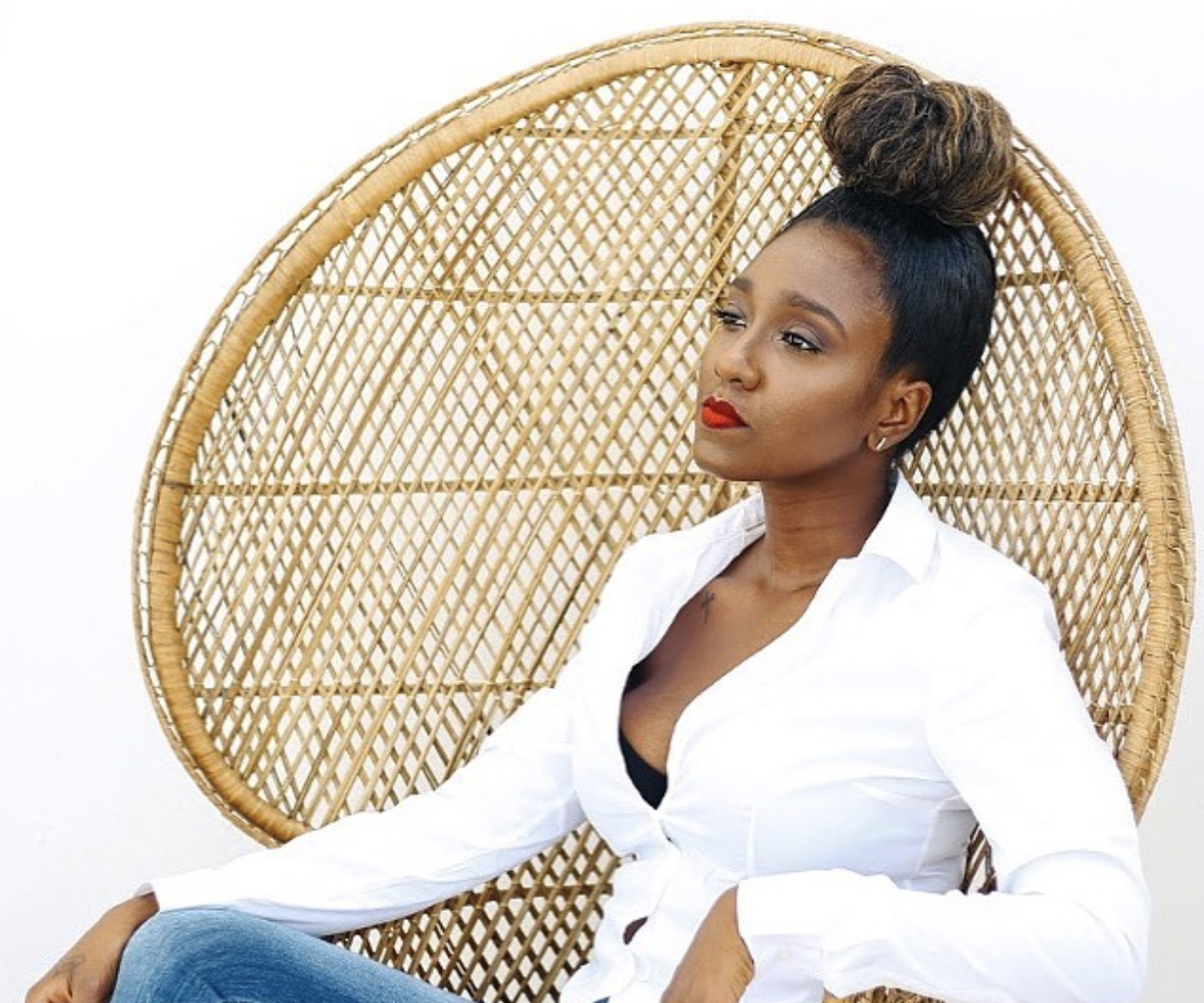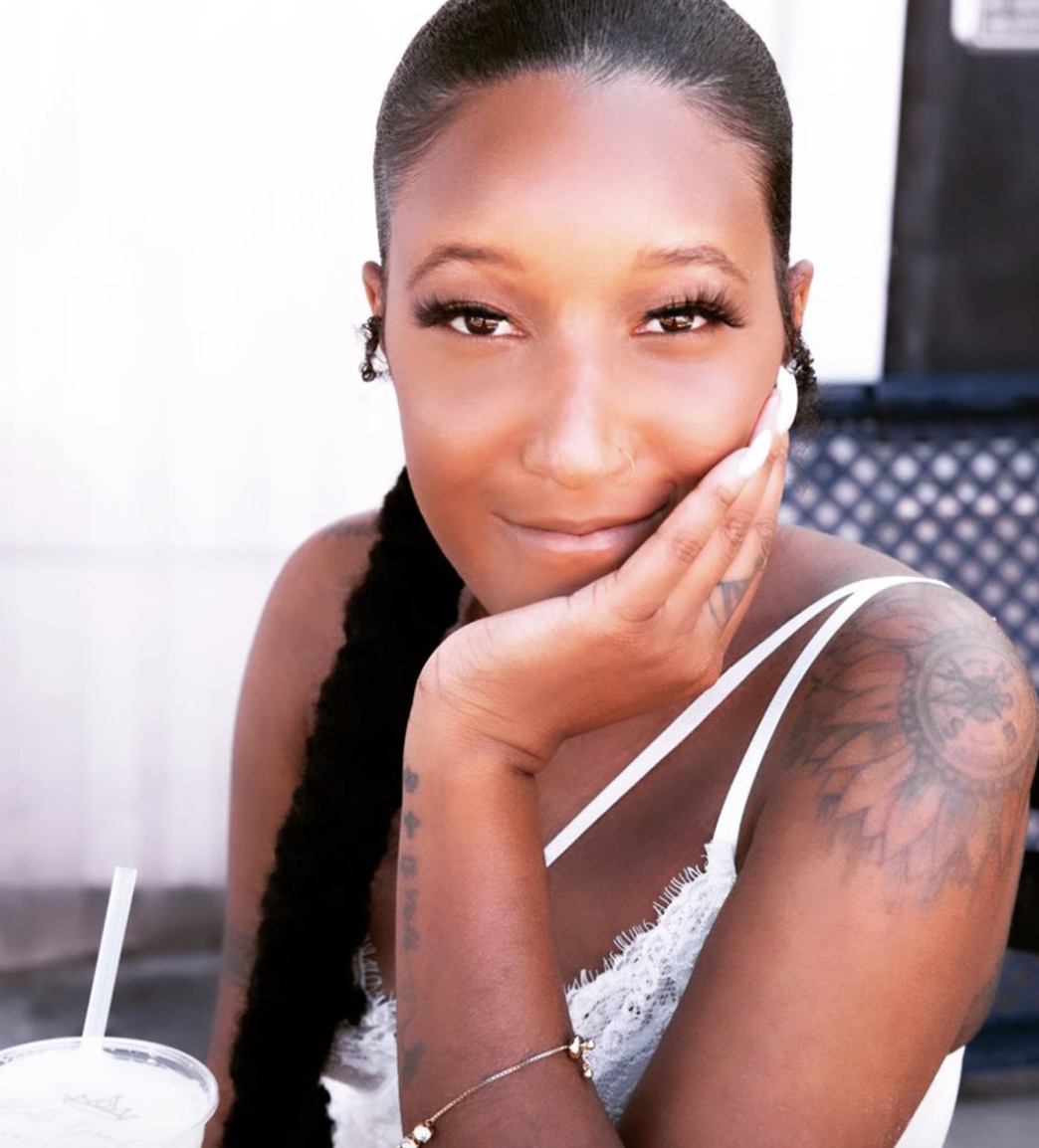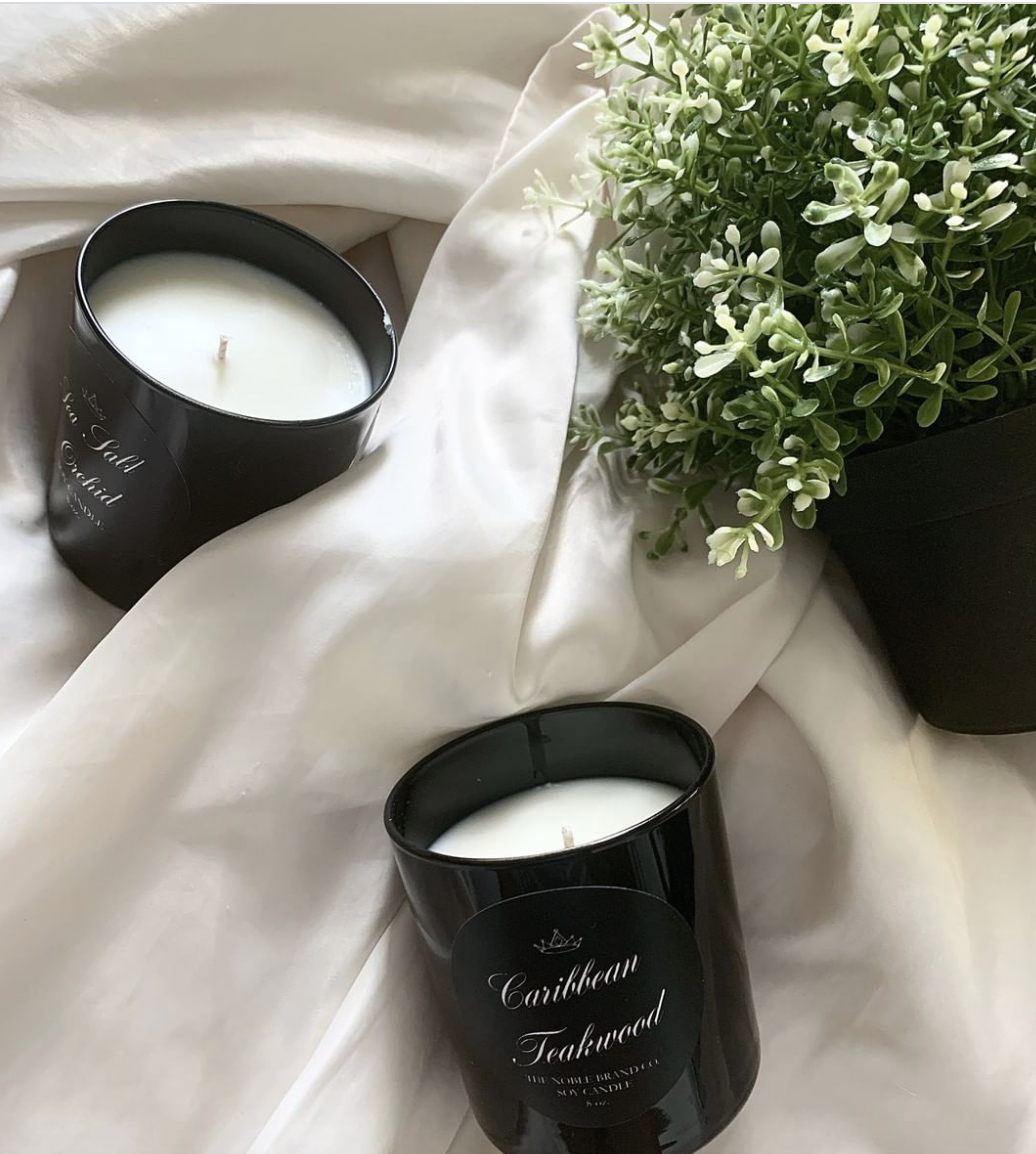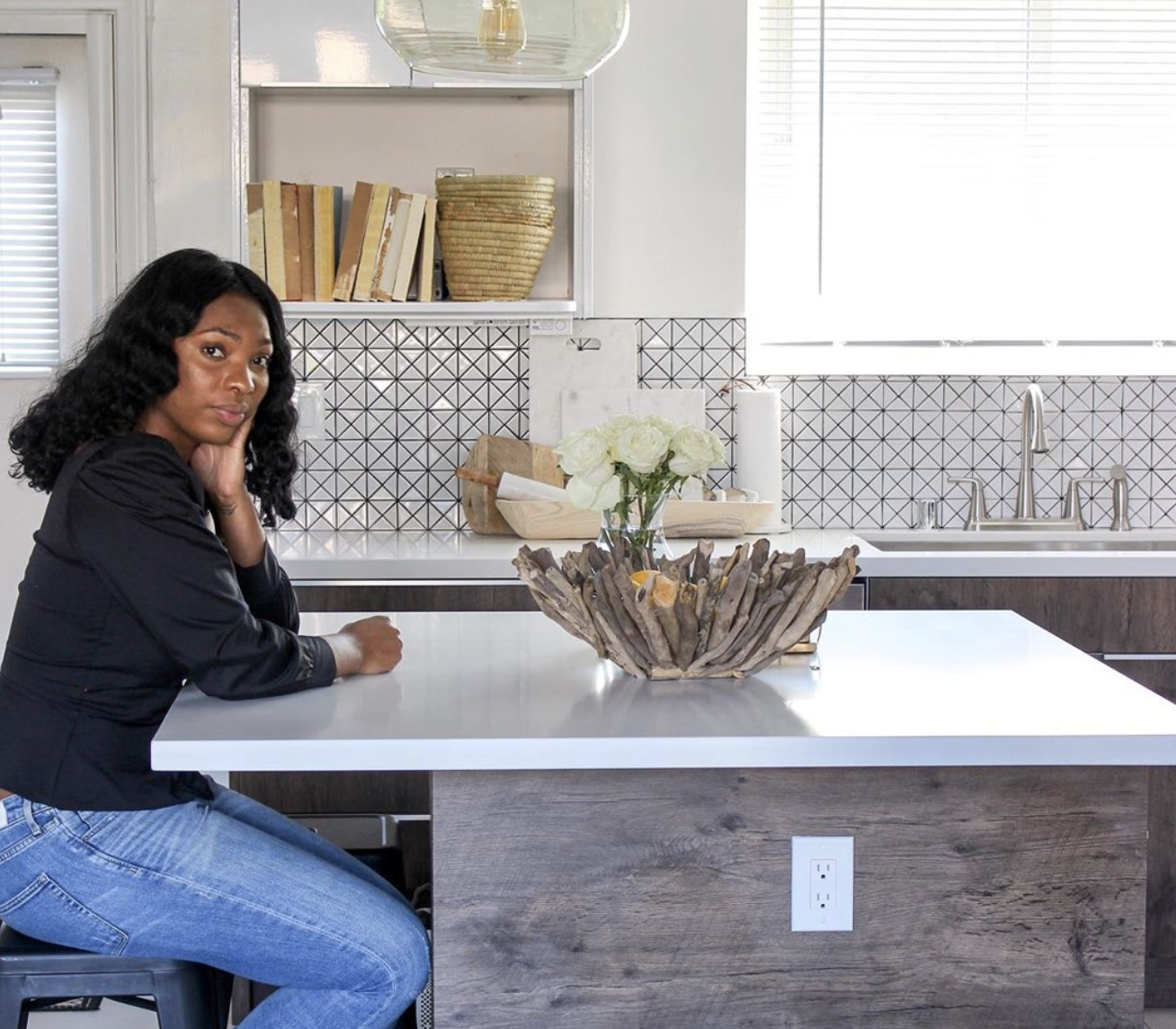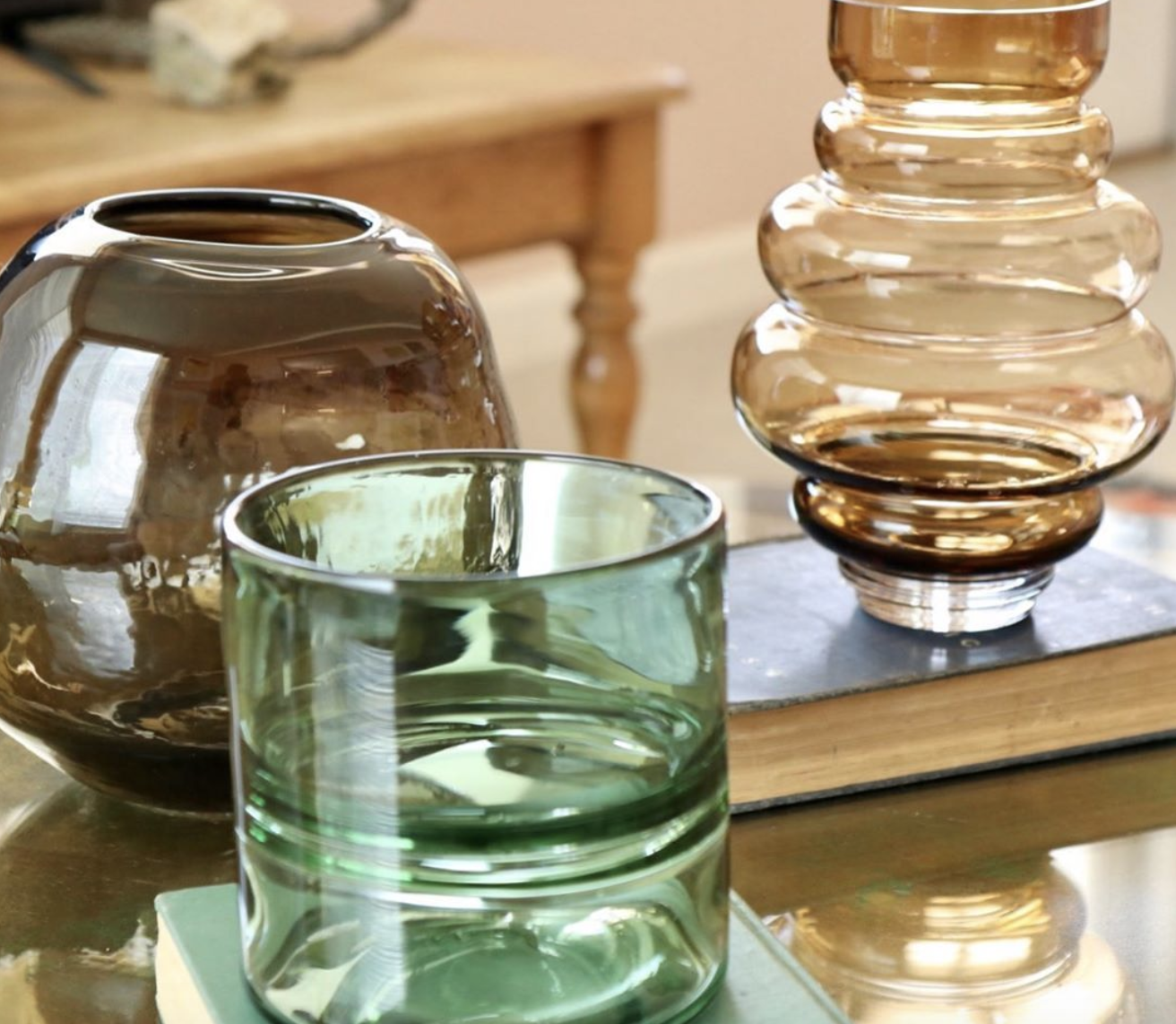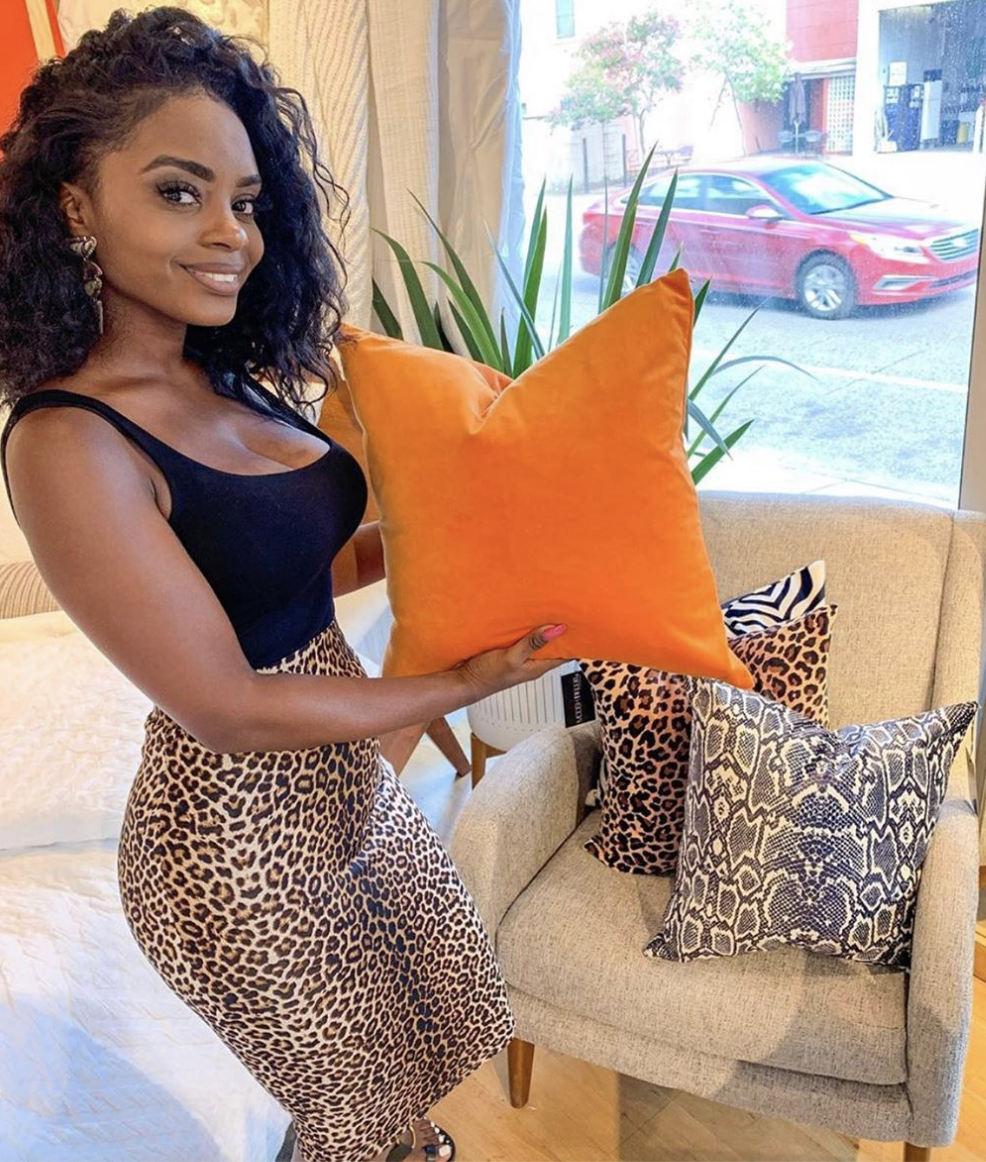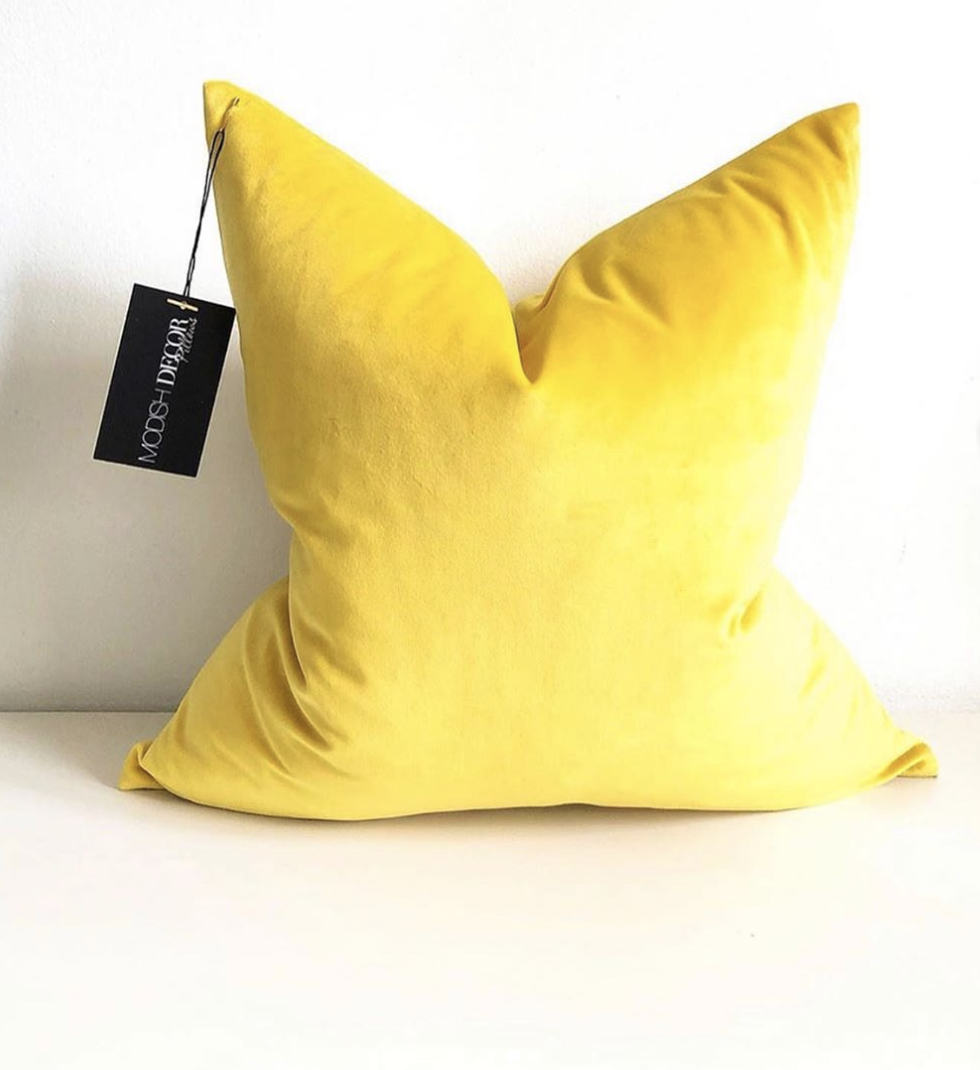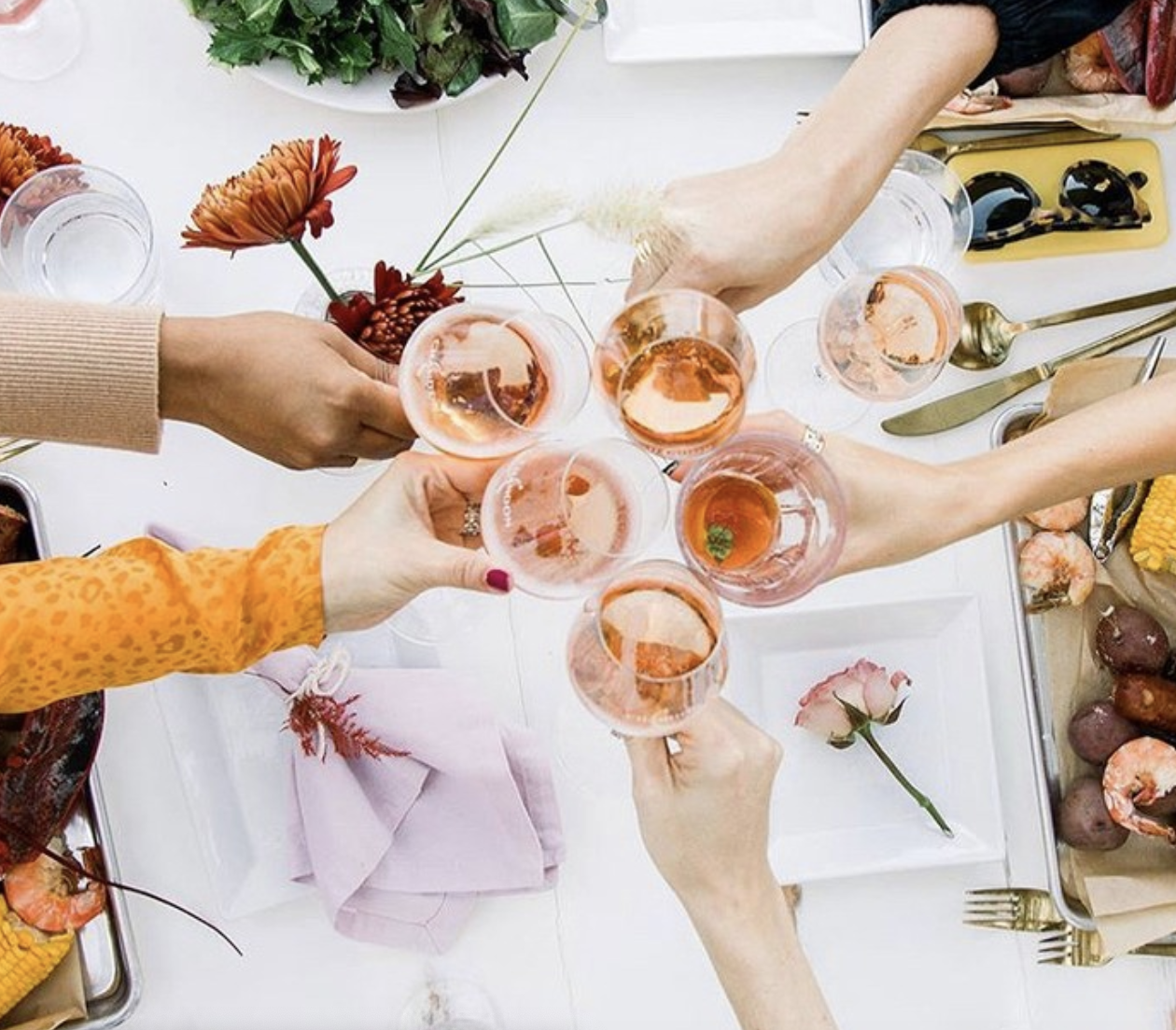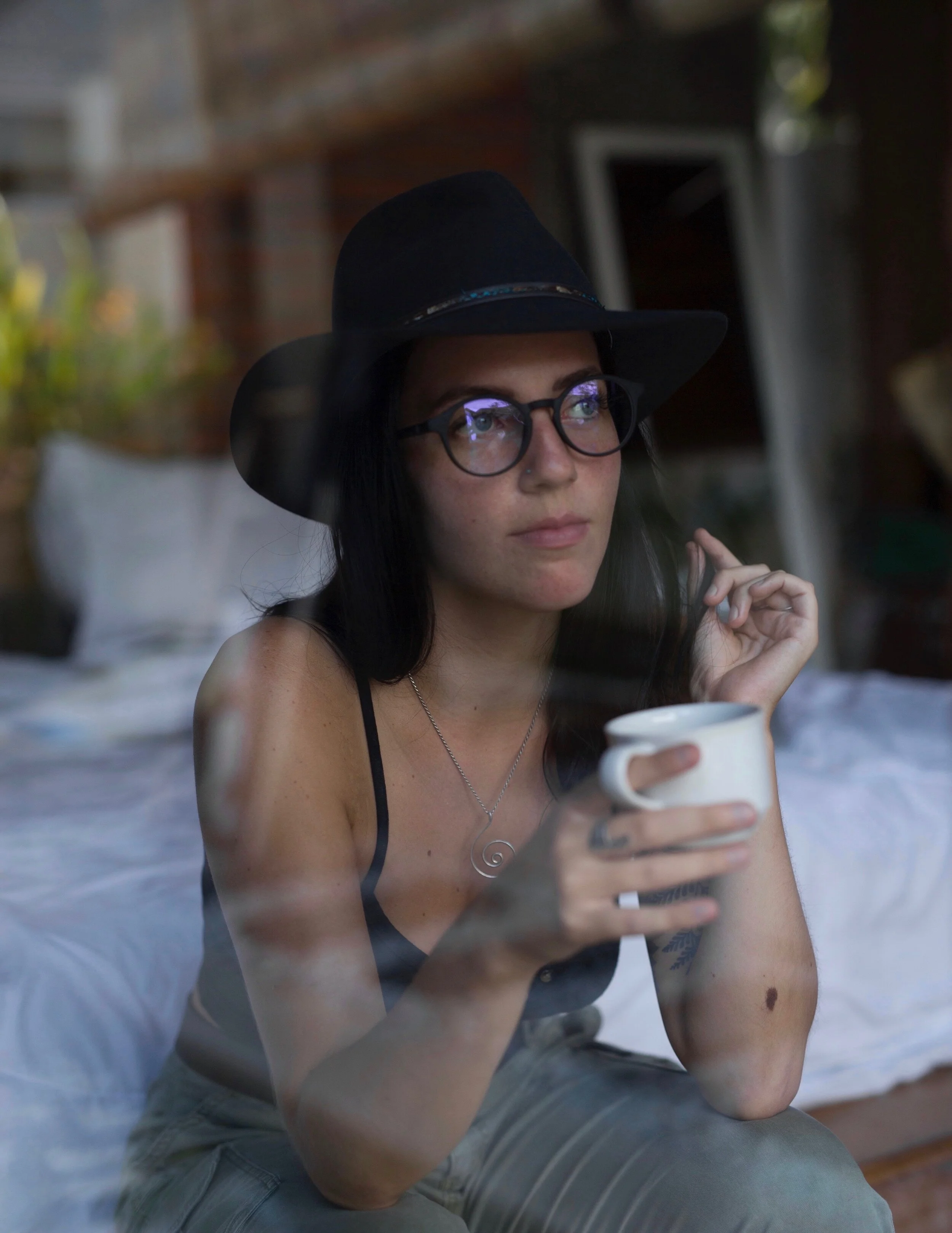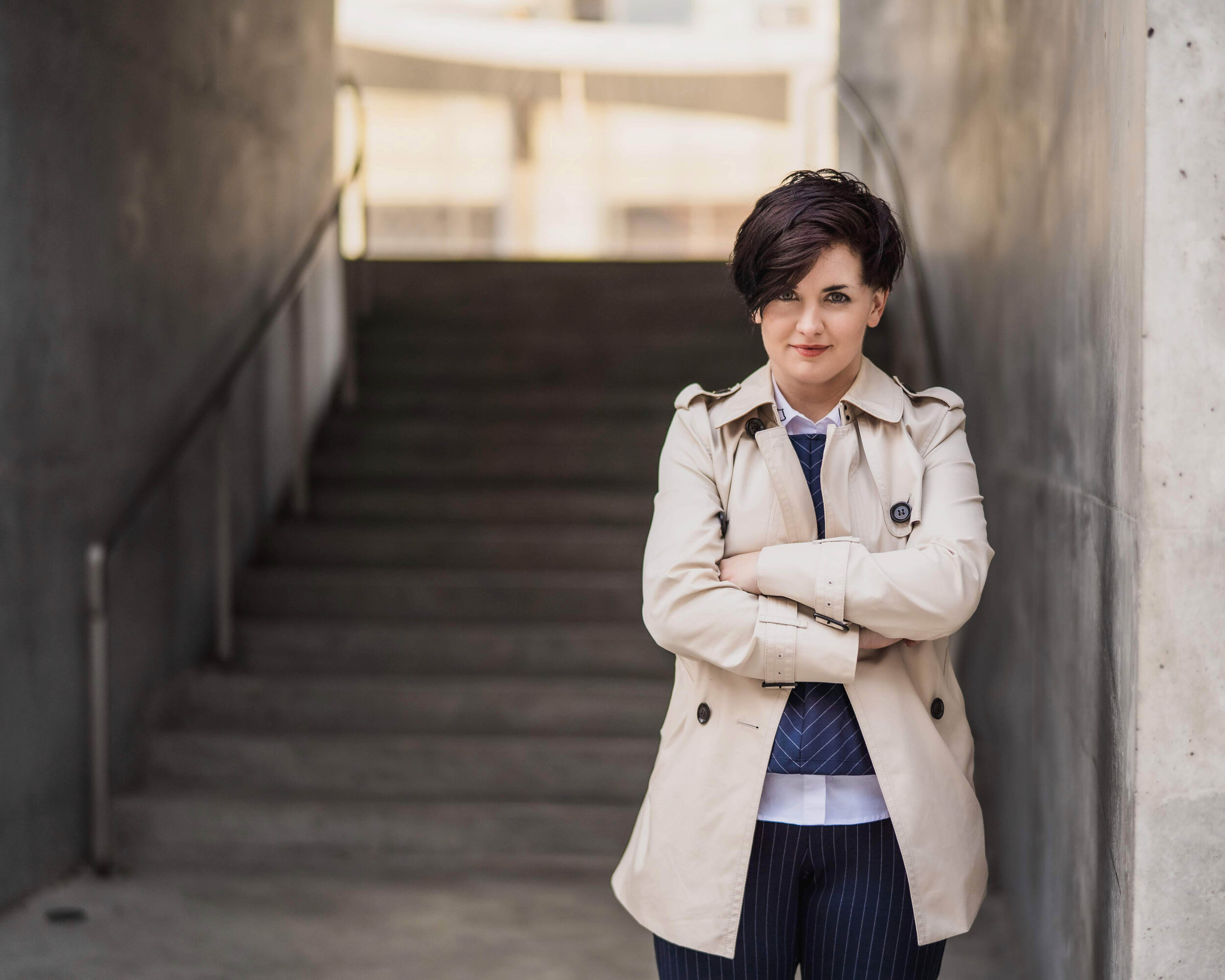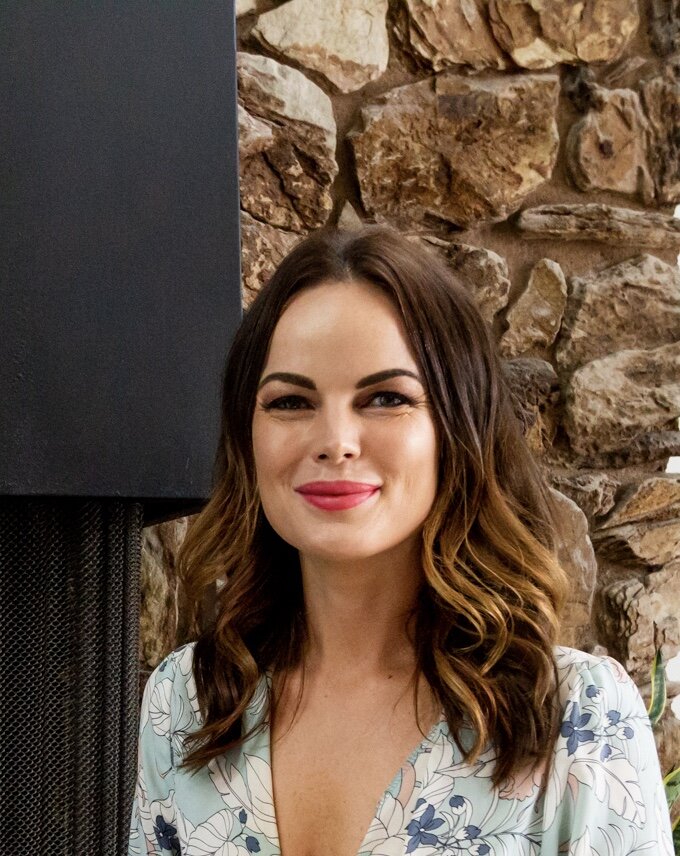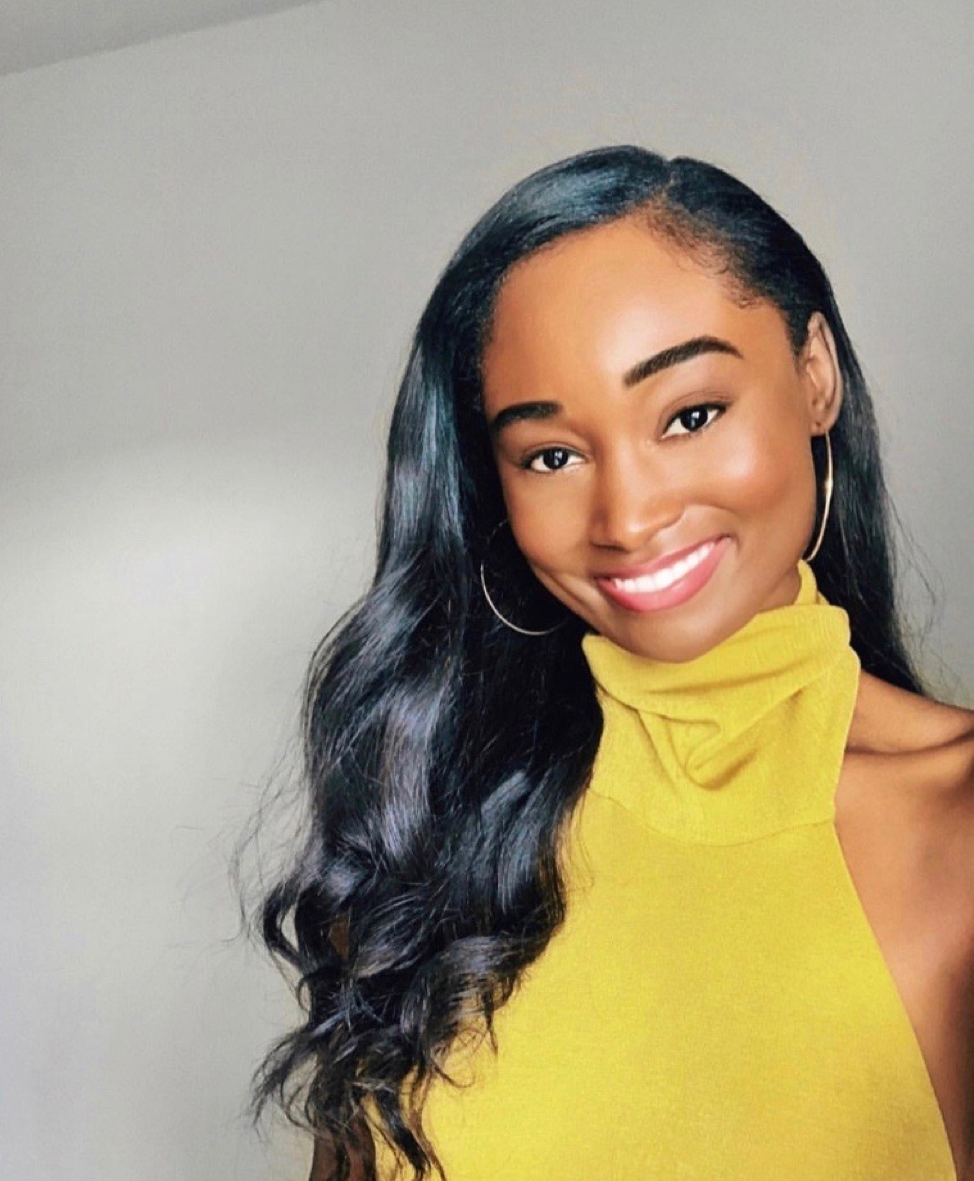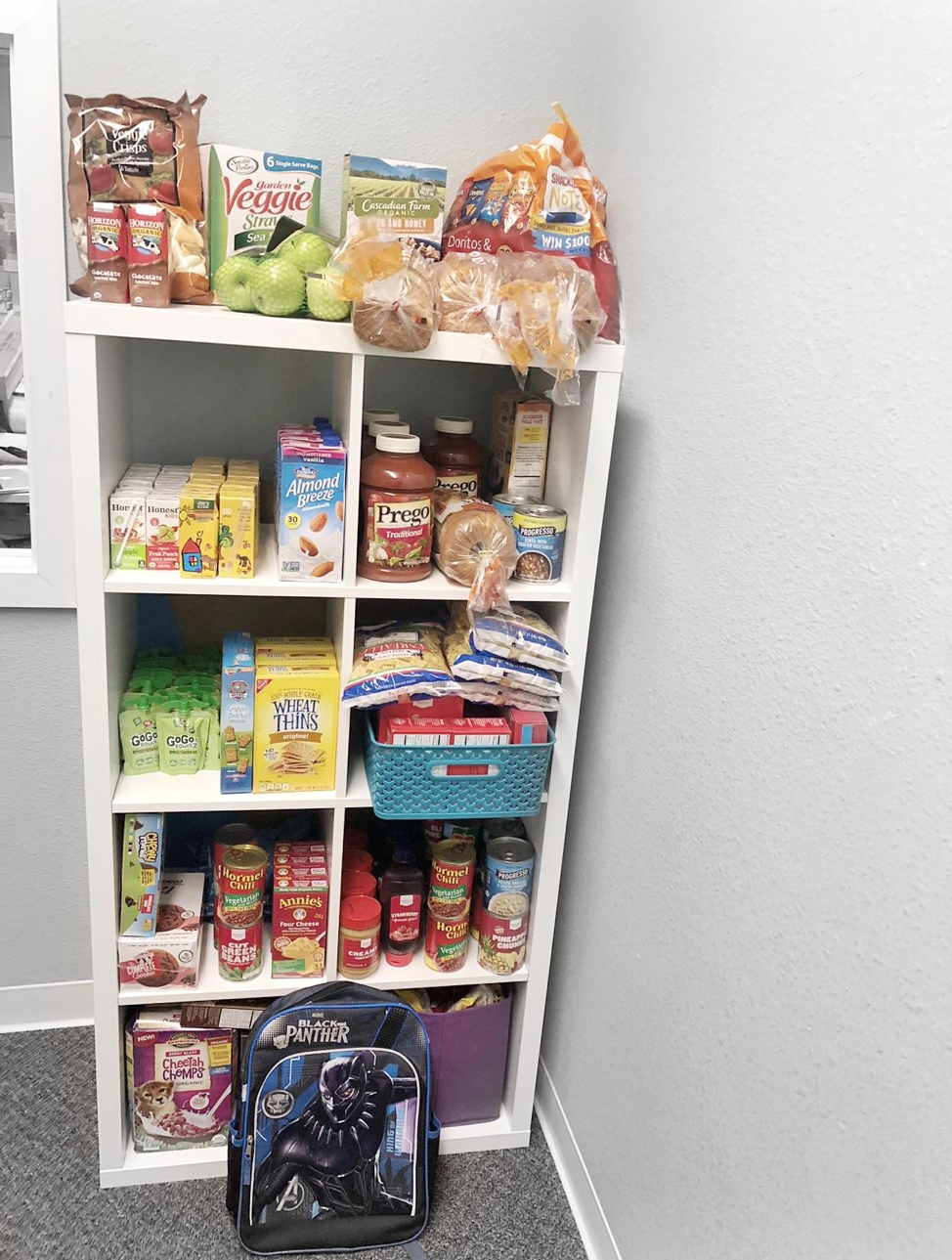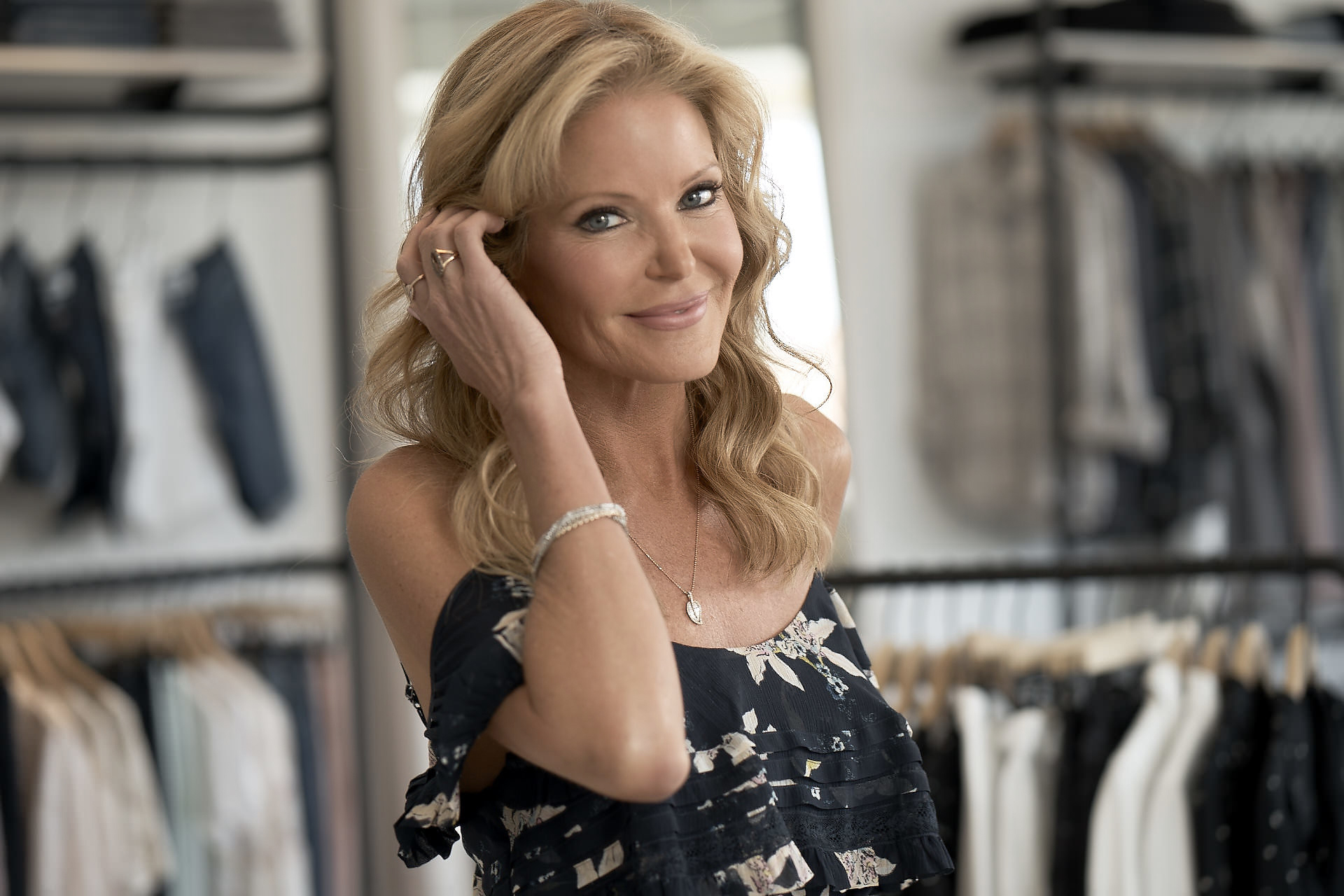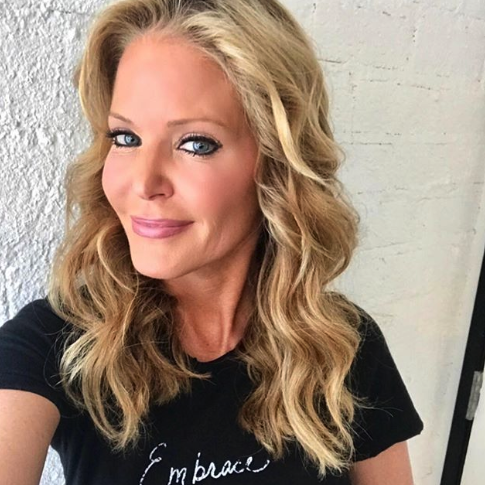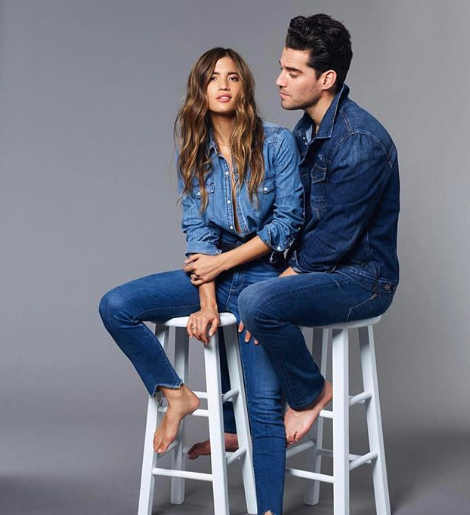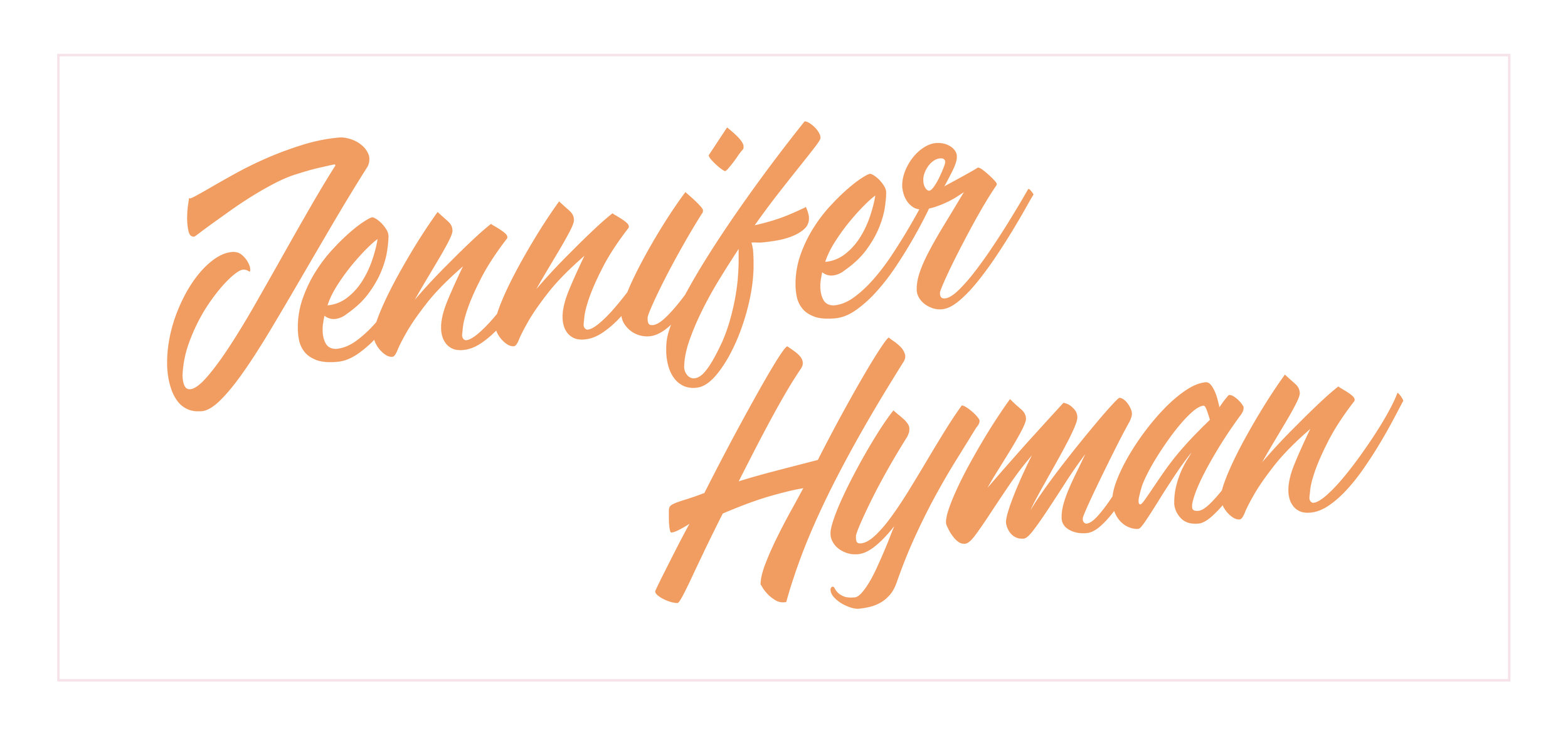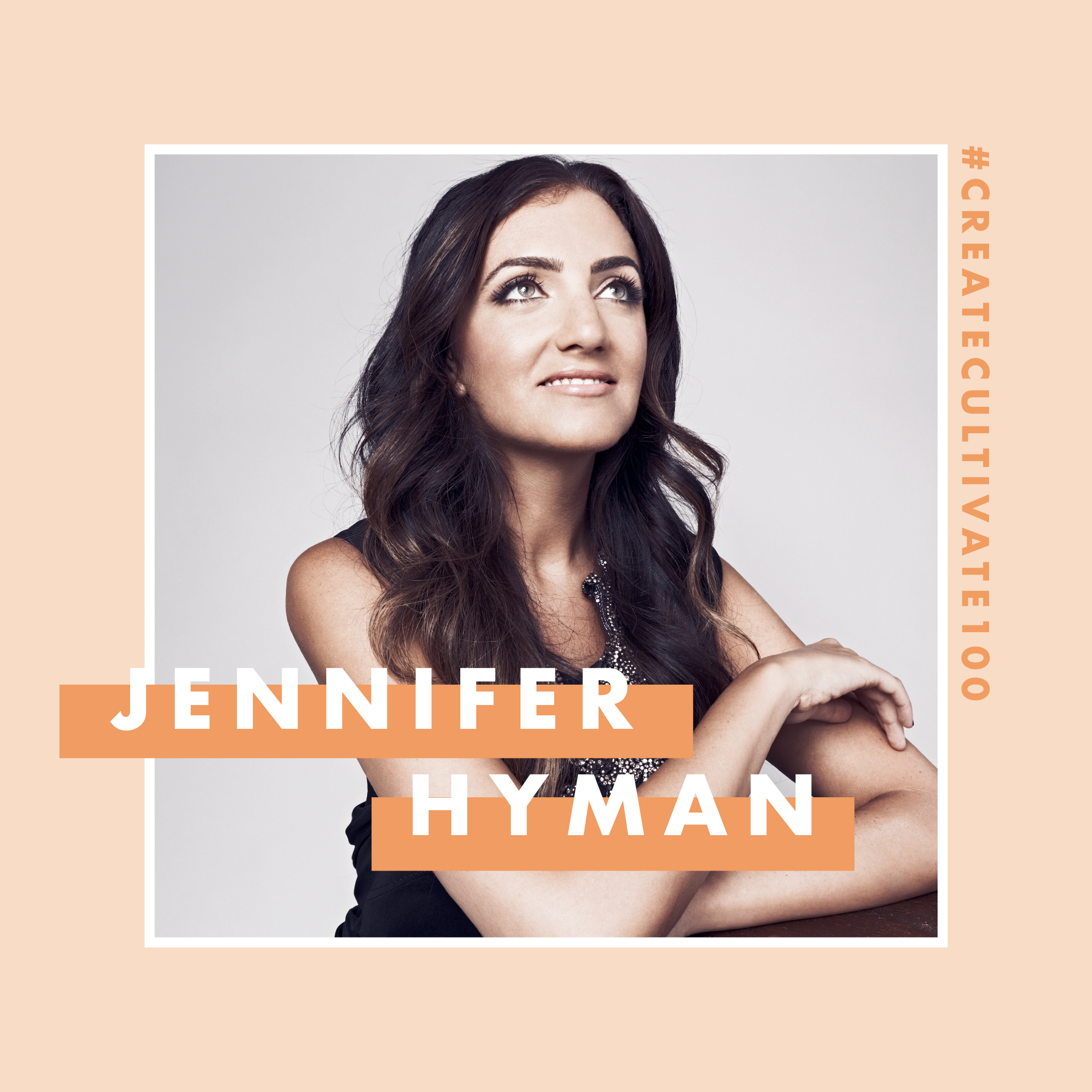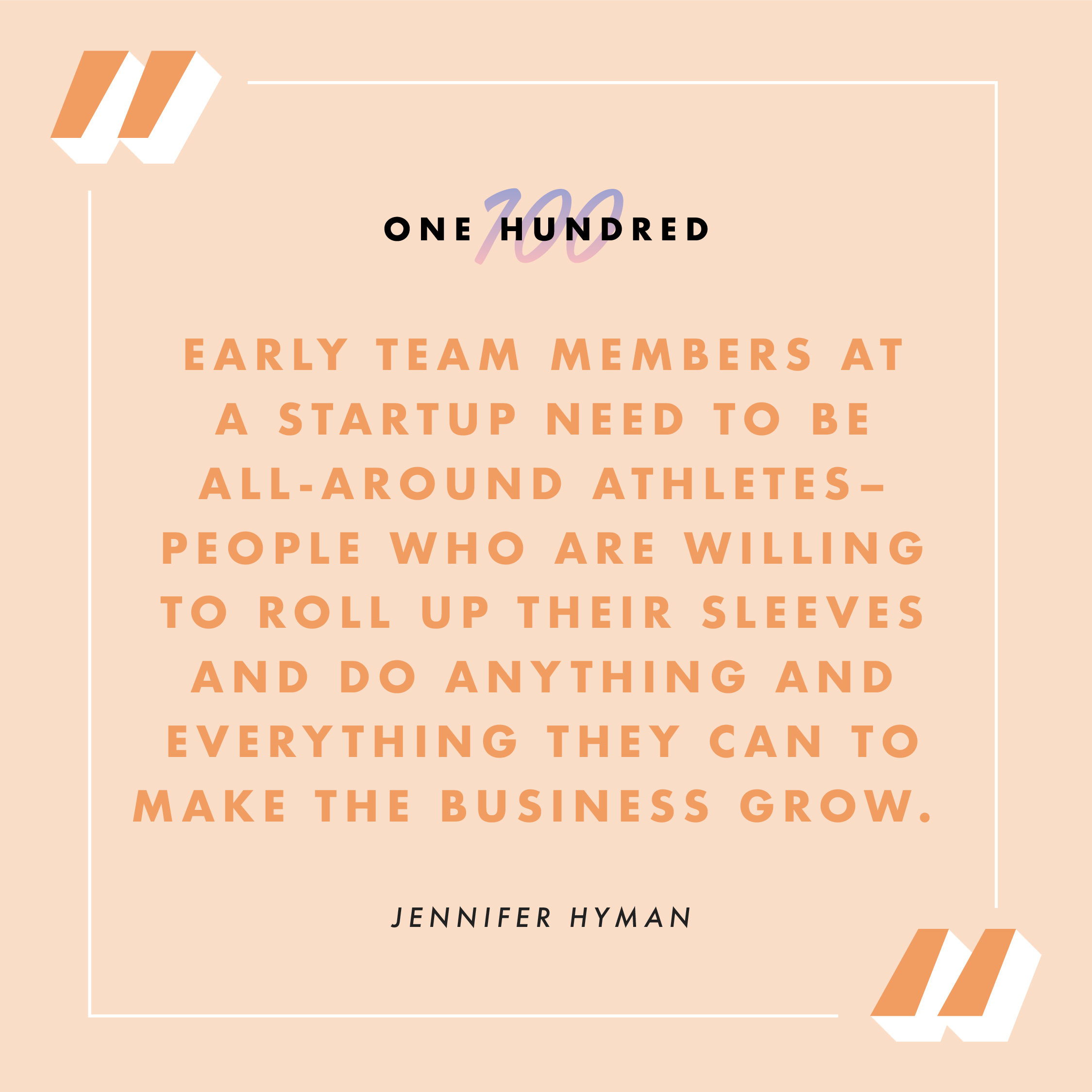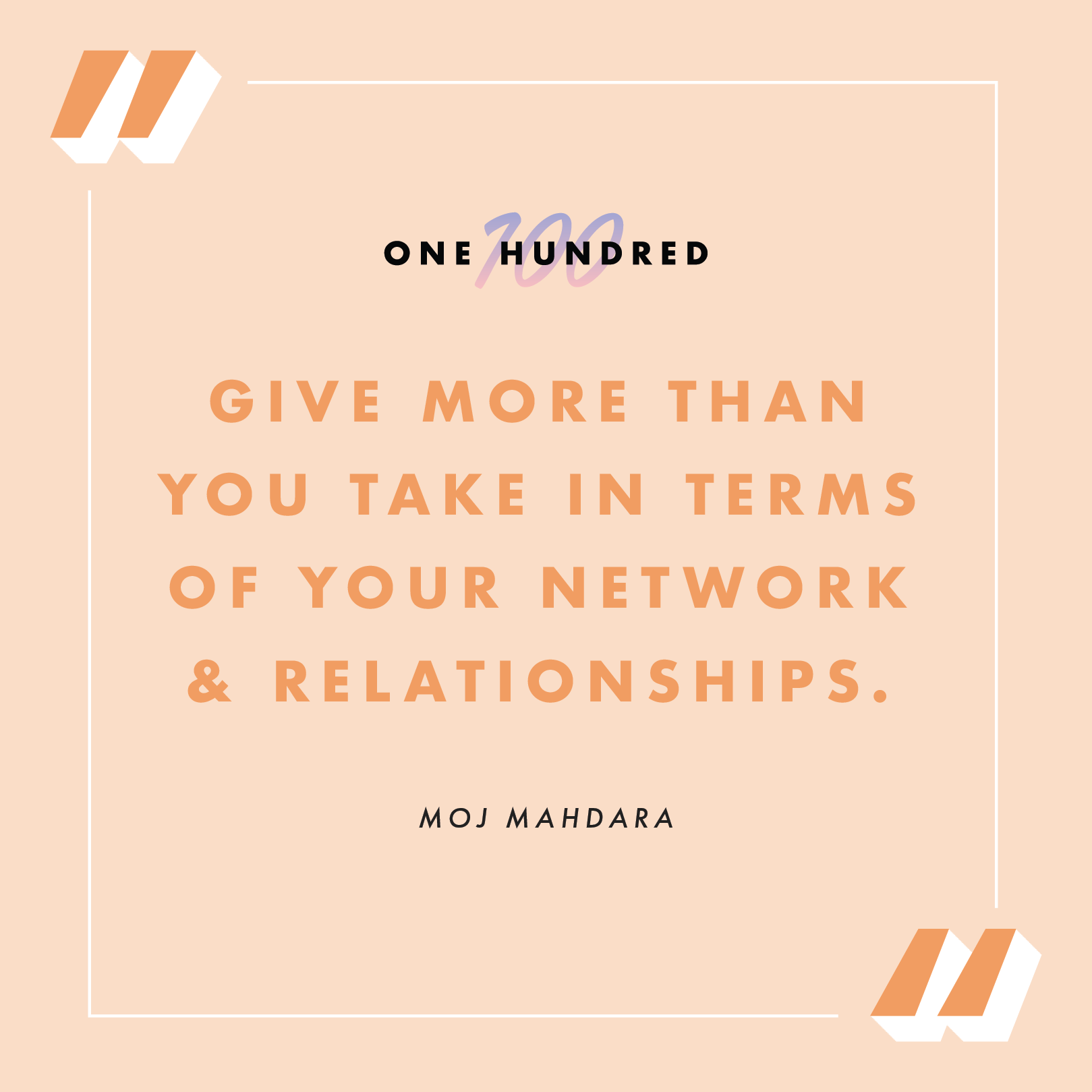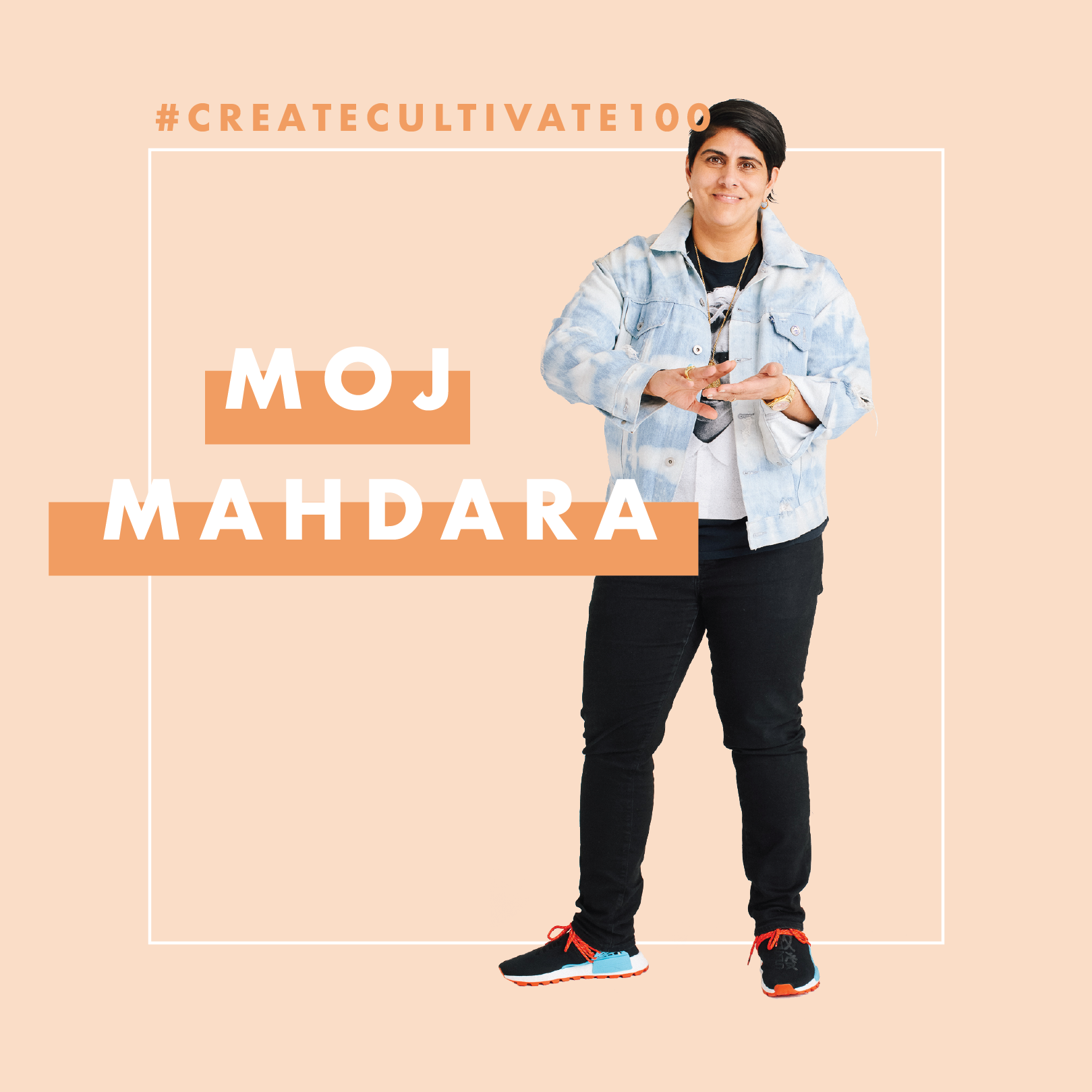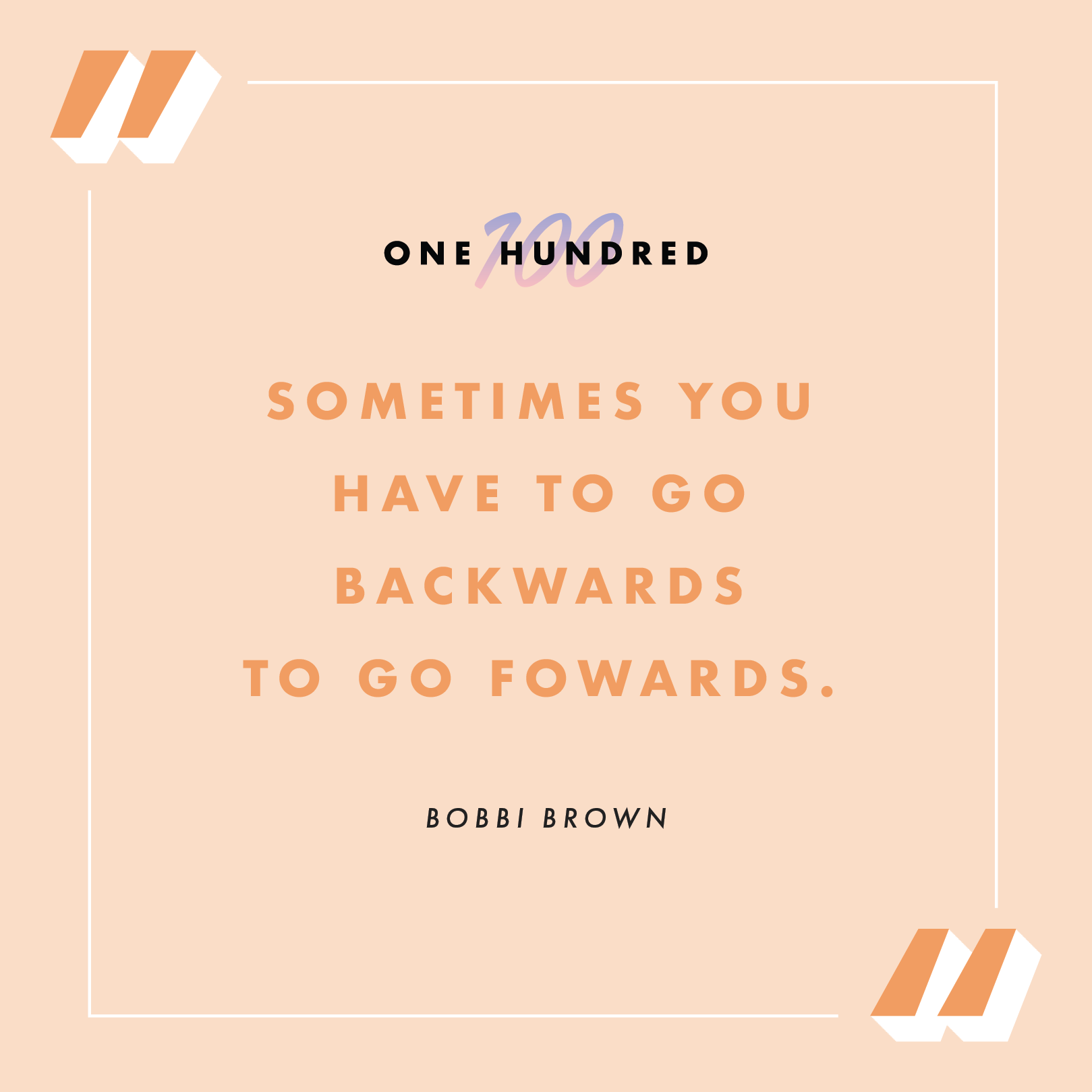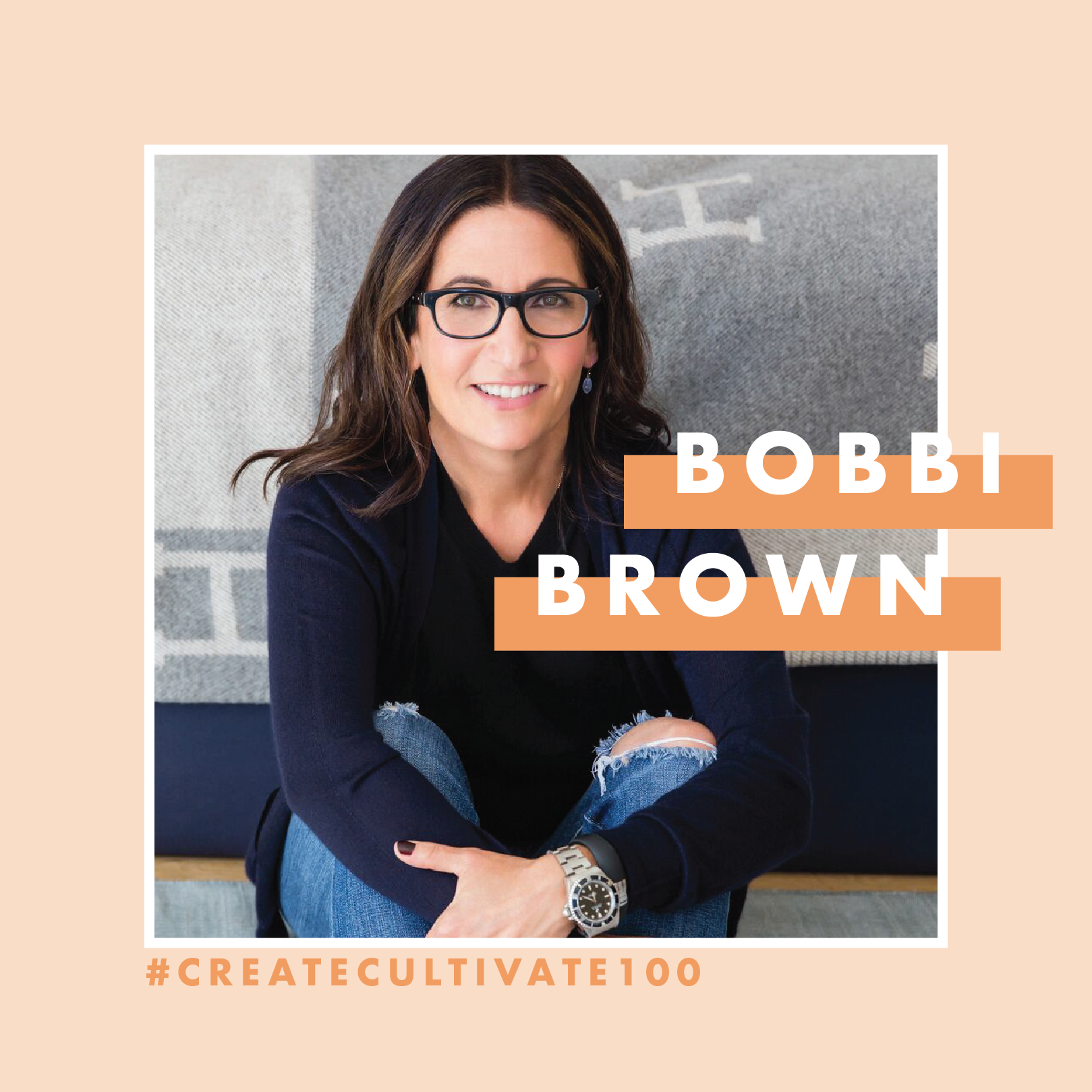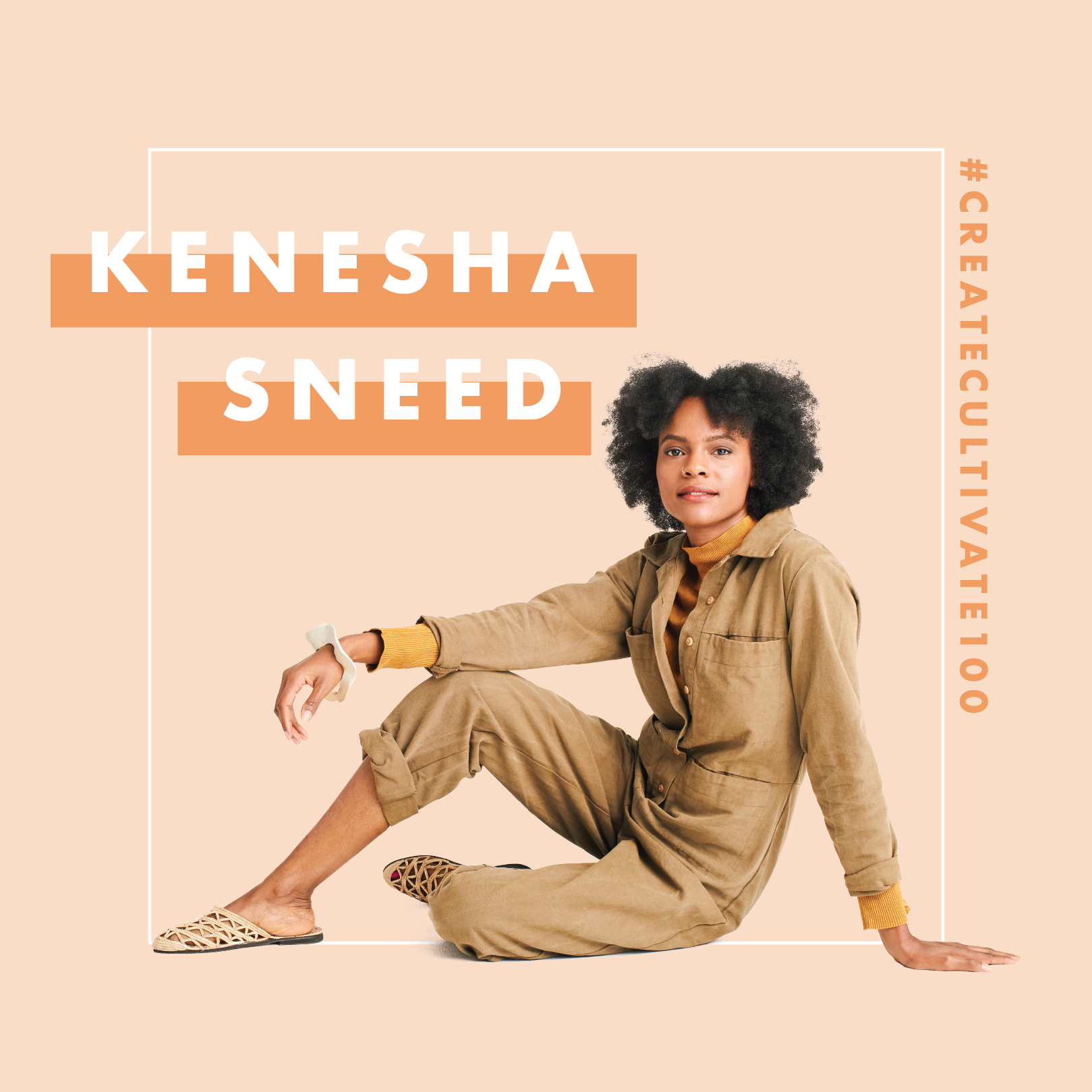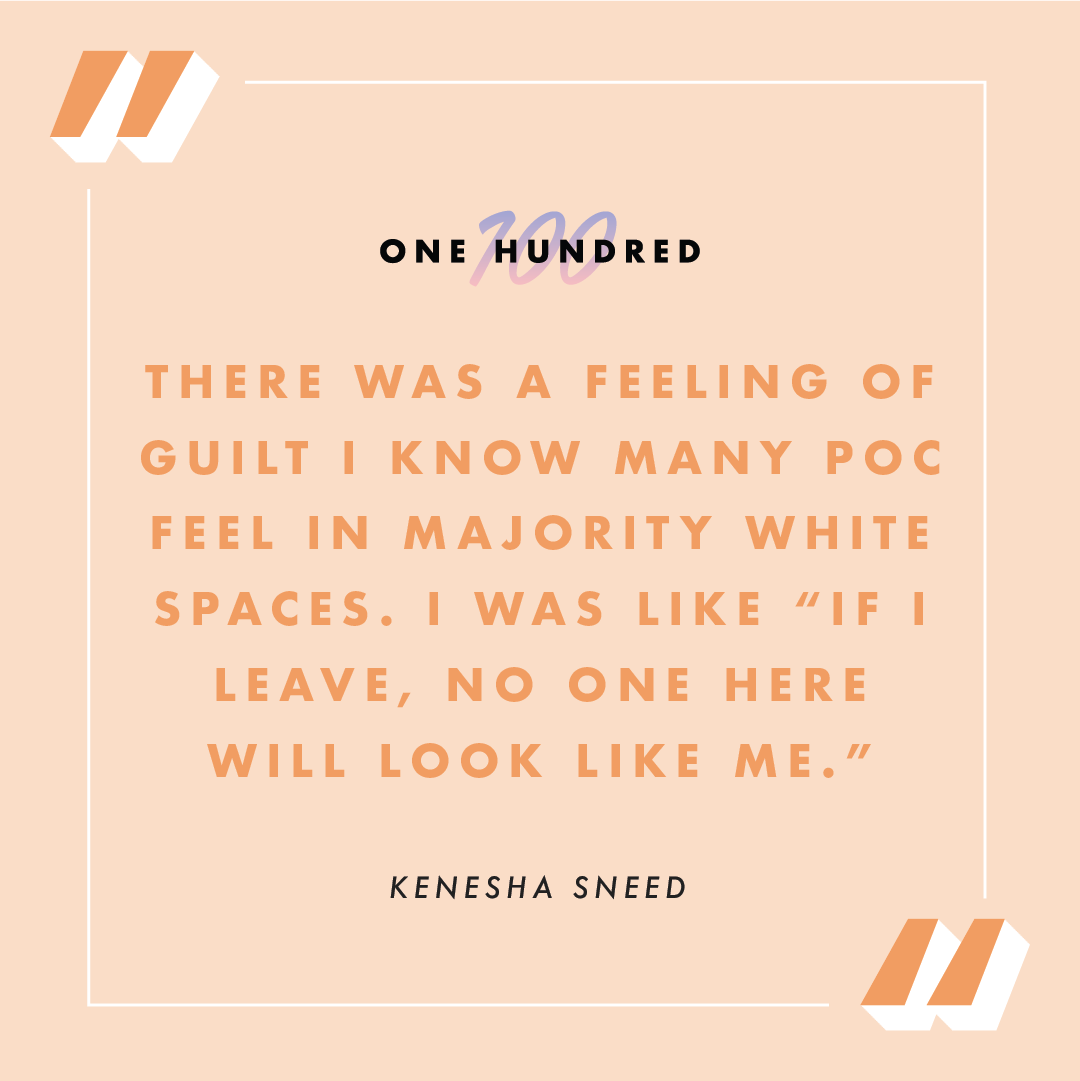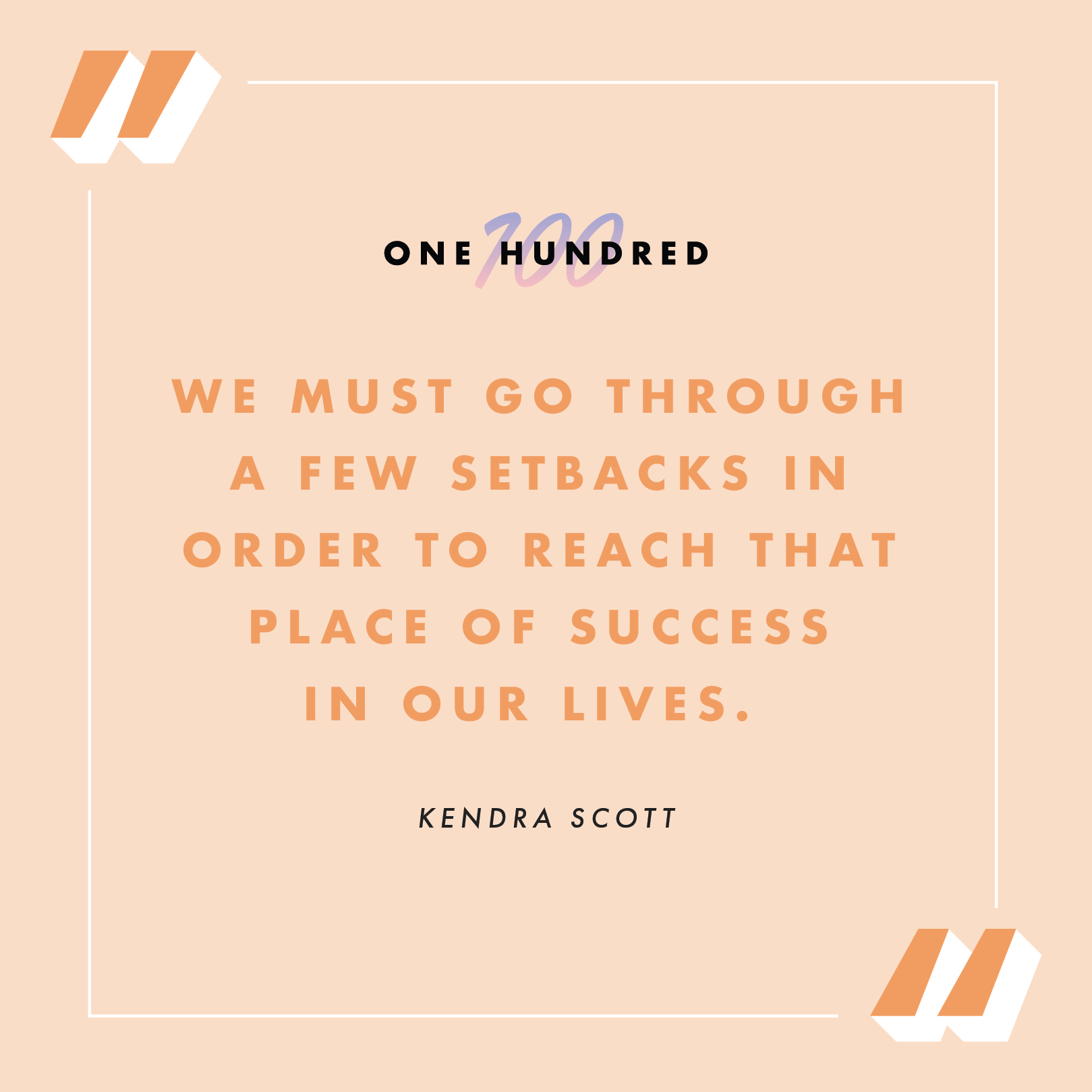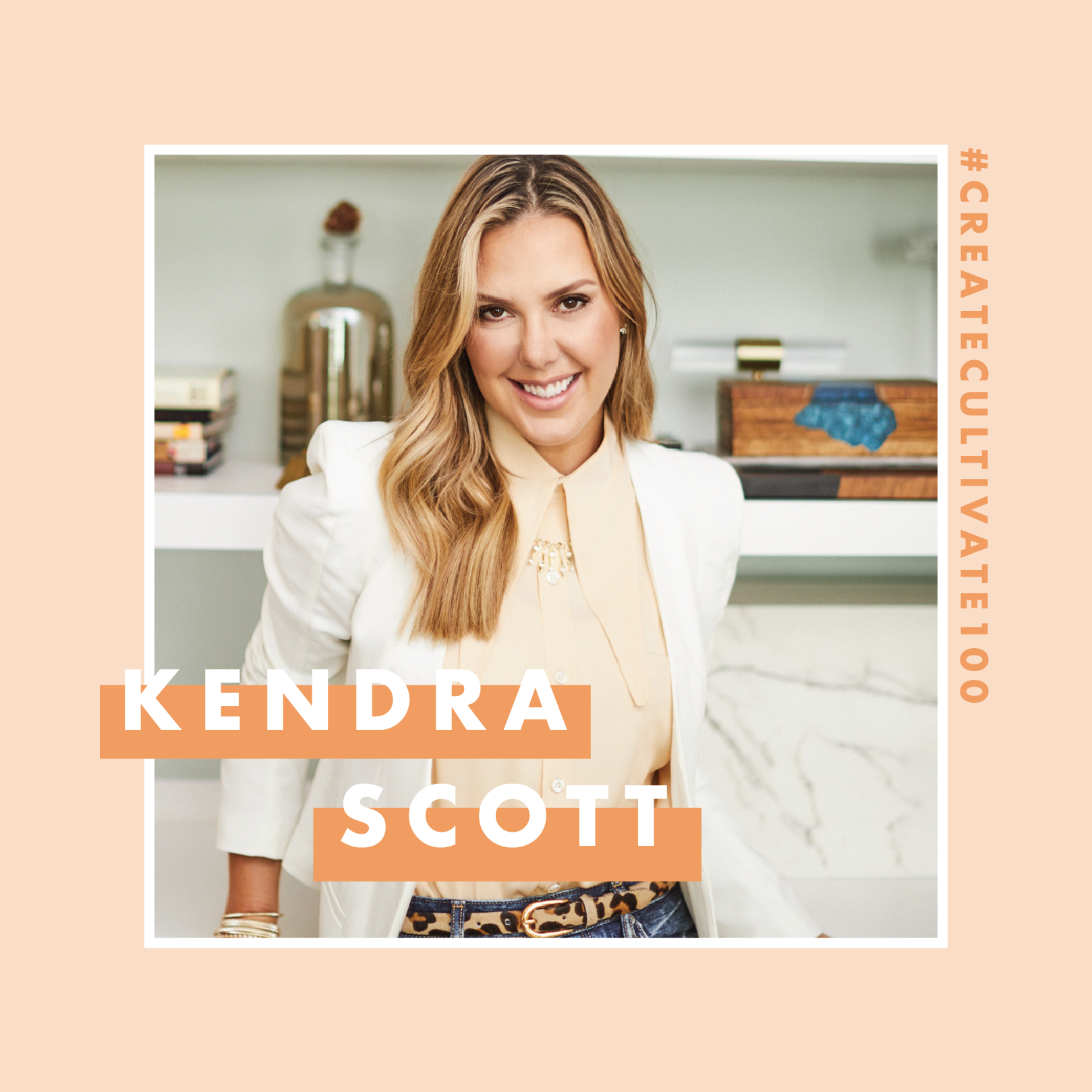Do You Have the Top 7 Traits for Entrepreneurial Success?
Trait #1: You’re curious.
Photo: Create & Cultivate
Are you cut out for the crazy, hectic, and yet super fulfilling life of being an entrepreneur? We’ve worked with countless business owners over the years, and thanks to our conferences and digital summits, we spend a lot of time with startup owners, owners of growing companies, even people juggling four or five companies at once. Unfortunately, not every business owner will make it for the long haul, but I’ve definitely noticed seven traits that are common threads among those who do well.
Do these traits sound like you? Read on to find out if you have all of the elements required to be a successful entrepreneur.
1. You’re Curious.
You don’t ever think you know it all, and you’re always learning, experimenting, and hungry for more, no matter how long you’ve been in the business. Your vision and passion inspire others to action and your curiosity keeps your business innovative.
2. You’re Highly Engaged.
You always know what’s going on with every aspect of your business. When there’s something you should know but don’t understand, you talk to the experts on your team until you get it (whether that’s your manufacturing team, your CFO, your company’s attorney, etc.).
You’re also actively engaged with your employees. You understand that the success or failure of your business ultimately relies on you.
3. You Have a Big-Picture Vision.
You understand why you’re in business and you’re able to take a step back and see your company for what it is. You understand that entrepreneurs tend to be serial business launchers and you aren’t overly attached to your current projects.
You also have an end desire in mind, whether that’s where you’d like your business to be in 20 years or when and how you’d like to sell it.
4. You Have an Even Temperament.
You maintain a calm, even-tempered demeanor at work no matter what’s going on. You don’t take out your stress on others or let the urge for control of the call of anxiety get the best of you. You can be relied on to always keep your cool. This trait helps you make clearer and more balanced business decisions. It also sets the tone for a healthy-functioning work environment.
5. You Have Excellent Negotiation Skills.
You walk into every negotiation situation knowing what it is you want and what you’re willing to give up to the other side. You work on improving your negotiation skills every time. Negotiating is a huge part of business— from negotiating with vendors to everyday smaller negotiations with the members of your team.
6. You Surround Yourself With Top Talent.
You aren’t threatened by the prospect of not being the smartest person in the room. You know that you don’t know everything and that there’s always more to learn. As such, you make it a point to surround yourself with people who excel in different disciplines and areas of business. This extends to your social groups but also the members of your team and your consultants.
7. You’re Willing to Work on Any Area of Your Business.
You don’t reserve your efforts for CEO or co-founder activities. You take care of whatever needs taking care of and don’t make a big deal of it.
About the Author: Syama Meagher is the CEO and founder of Scaling Retail, which has launched brands around the world using a combination of expert advice and creative marketing strategy. We believe in the power of hard work to grow and build your businesses. Discover Scaling Retail at www.ScalingRetail.com.
Love this story? Pin the below graphic to your Pinterest board.
This story was originally published on August 25, 2019, and has since been updated.
MORE ON THE BLOG
99 Black Women-Owned Brands and Entrepreneurs to Support Now and Always
These women are changing the game.
Over the past year, women started an average of 1,817 new businesses per day in the U.S., and Women of Color account for 89% (1,625) of those new businesses. In fact, according to the State of Women-Owned Businesses Report, Black women-owned businesses represented the highest rate of growth of any group in the number of firms between 2014 and 2019 as well as between 2018 and 2019.
When looking at specific minority groups over the last five years, growth in side-entrepreneurship is up 99% among Black women. They started an impressive 42% of net new women-owned businesses, which is three times their share of the female population (14%).
This study calls the women behind these rapidly-launching businesses “necessity entrepreneurs” because, due to higher unemployment rates, long-term unemployment, and vast gender and racial pay gaps, women of color start businesses out of the need to survive. And these Black female entrepreneurs are changing the game but they’re not the first.
In fact, they’re walking in the footsteps of many brave, risk-taking necessity entrepreneurs in history. In the 1850s, Clara Brown established a laundry business during the gold rush and used her money to invest in real estate developing properties that allowed black communities to live safely. Annie Turnbo Malone paved the way for Black female cosmetologists and created jobs for over 75,000 women worldwide with her beauty enterprises. Maggie Lena Walker was the first Black woman to charter a bank and help our people protect our coins. The list goes on and on.
Below we’re shining a spotlight on women whose businesses you can support and celebrate today and every day.
Health & Wellness
Lalah Delia, Founder of Vibrate Higher Daily
Lalah is an author, spiritual writer, and wellness educator who has been a force in the self-care space, encouraging and empowering us all to mindfully care for ourselves with her Vibrate Higher Daily platform.
Follow her on Instagram.
Buy Her Book: Vibrate Higher Daily: Live Your Power
Trinity Mouzon Wofford, Founder of Golde
Trinity was only 23 when she launched her wellness line, Golde and now it's stocked at Goop and Urban Outfitters and continues to fly off shelves. Her phenomenal success is why we celebrated her achievements as an honoree in the small business section of our CC100 list this year.
Follow her on Instagram.
Bea Dixon, CEO and Founder, The Honey Pot Company
After suffering from bacterial vaginosis for months, an ancestor gave Bea Dixon the ingredients to heal herself in a dream. She created the formula for an effective, clean feminine wash and it worked! She’s now sharing her revelation with the world via The Honey Pot Company—the first complete feminine care system, powered by herbs™.
Candace Reels, Founder, Female Collective
At just 26 years old, Candace Reels has created a movement. Born out of her passion for activism and intersectional feminism, the Female Collective is now a thriving digital community empowering women to come together, tell their stories, and bring awareness to the issues that matter to them most. Reels also launched a clothing line that features powerful phrases and messaging from the platform. We look up to Candace because she turned a personal project into an important space for the women who needed it most. It’s also why we honored her on our 2019 CC100 list so be sure to read the interview and support.
Naj Austin, Founder and CEO, Ethel’s Club
Named after her grandmother, Ethel Lucas—a matriarch figure in a tightknit community—Ethel’s Club continues her mission with a purpose-driven space for People of Color to heal and thrive through conversation, wellness, and creativity.
Shop their marketplace or become a member.
Jessica L., Founder, Hell Notes for Beauty
If you’re in need of guided meditation, are curious about crystals, or are seeking herbal and holistic wellness rituals, then Hell Notes for Beauty is your new go-to. Jessica’s platform is the premier metaphysical destination for the strong-willed, inspired, and determined soul. “I am dedicated to the solitary practitioner seeking to establish spiritual independence, self-care, and recognition of ancestral knowledge.”
Jaimee Ratliff, Founder, Yoga With Jaimee
The Atlanta-based certified yoga teacher is a passionate advocate of the ancient discipline and credits the practice for getting her through life’s challenges. While she believes wholeheartedly that yoga should be accessible to everyone, the community at large has lacked diversity and her hope is to provide an inclusive platform both on a local and global scale.
Jordan James and Shaniece Vincent, Co-Founders, Goddess Culture Podcast and Wellness Retreats
Jordan and Shaniece aim to empower and encourage their listeners to embrace their inner Goddess through a dialogue that inspires self-love, self-care, and self-actualization.
Follow them on Instagram.
Dr. Jerrica Dodd, CEO, and Founder, Your Pharmacy Advocate
Dr. Jerrica Dodd launched Your Pharmacy Advocate with a mission to add a human touch to pharmaceutical care and improve lives through patient engagement, provider partnerships, and education.
Learn more about their pharmacy consulting.
Nadine Joseph, Founder, Peak and Valley
From pollution to phone notifications, the fast-paced world is around us isn’t exactly relaxing and can cause potential health risks. So Nadine Joseph took healing herself (and others) into her own hands with Peak and Valley—plant-based elixirs to enhance your beauty, mood, and mind.
Rashia Bell and Iva Bravic Millereau, Co-Founders, RE.VITYL
After meeting at a wedding reception in Bali, 2010, Rashia and Iva discovered their mutual love for natural, quality products with a sustainable foundation. So they partnered up to launch a wellness startup, RE.VITYL—products infused with elemental energy by Biocrystal® to promote relaxation and tranquility. “We truly believe in the re.laxing and re.storative powers of native plants and stones and their ability to bring about true wellness, harness positive energy, and enhance your quality of life.”
Veladya Chapman, Founder, Earth Mama Medicine
While working as a professional actress, Veladya attended the Institute for Transformational Nutrition to become a Certified Holistic Nutritionist and she now helps heal people from all over the world through her books, educational YouTube videos, personalized wellness plans, and public speaking.
Buy her products and services.
Cheryl Sutherland, Founder, PleaseNotes and, res-o-nate strategies
Taking a risk, Cheryl Sutherland left her job and focused completely on building her self-confidence and nurturing her inner gifts through journaling, reading, and working with affirmations. This personal growth led to her company, PleaseNotes focused on providing personal growth tools and leadership programs.
Follow her on Instagram.
Charlesha "Charli" Harris, Founder, ChasingTransformation
After struggling with insecurities that stemmed from poor health, and lifestyle choices, Charlesha Harris turned “potential poison into passion to educate, lead, and motivate others to be the best versions of themselves” with her ChansingTransformation health and fitness platform.
MORE HEALTH & WELLNESS FOUNDERS:
Business Name: Jamie Clarke, Founder, Soul Paradigm
What They Do: Reiki, lifestyle and healing coaching, tarot, self-care packages, and more.
Website: SoulParadigm.com
Instagram: @thesoulparadigm
Business Name: VGN AF—Wellness Redefined.
What They Do: Wellness is a journey, not a destination. VGN AF was launched to help you get to your best version of wellness and health with the best quality sustainably-sourced products to provide visible results over time. Their platform addresses healthy foods, vegan recipes, immunity, weight loss, healthy skin and hair rituals, gut health, mental clarity, healing, stress release, and increased energy.
Website: shopvgnaf.com
Instagram: @vgn_af
Business Name: Dr. Caroline Robinson, Founder, Tone Dermatology
What They Do: Board-certified dermatologist and Chicago native, Dr. Caroline Robinson specialize in general, medical, and surgical dermatology.
Website: tonedermatology.com
Instagram: @tonedermatology
Business Name: Magnolia Yoga Studio
What They Do: A community-based space to practice and strengthen the mind-body connection through hot yoga and meditation.
Website: magnoliayogastudio.com
Instagram: @magnoliayogastudio
Business Name: Mia Cola, Founder, Fancy U Fitness
What They Do: Workouts you can do to keep in shape at home, outside, or wherever you are in the world.
Website: Fancyu.net
Instagram: @fancyufitness
Business Name: Sunny Brooks, CEO, and Co-Founder, TJ Brooks, Spiritual Shop
What They Do: Sunny Brooks is a certified Reiki Master Teacher, Crystal Healer, Herbalist, and Aromatherapist. TJ is a healer, teacher, and artist. She creates natural, spiritual, and metaphysical art. Since 2017, they have been spreading joy, peace, love, and positivity with their products and education to create a movement that inspires a lifestyle filled with soulful vibes.
Website: soulfulvibesco.com
Instagram: @soulfulvibesco
Business Name: Alicia Richmond, Founder, A-Rich Nutrition
What They Do: After she was diagnosed with scoliosis, Richmond started her own research into supplements that helped ease her symptoms and weren’t filled with chemicals, fillers, or harmful ingredients. And so, A-Rich Nutrition was born offering a wide range of quality-assured food supplements from trusted suppliers from around the world.
Website: arichnutrition.com
Instagram: @arichnutrition
Business Name: Felicia La Tour, Founder, MindfulFee
What They Do: Renowned makeup artist, Felicia La Tour took the plunge a year ago to launch her own business, MindfulFee. Now it’s a thriving community of women who come together around the same mission, to live well, intentional lives while sharing the experience collectively. Be sure to check out her vibe box and order yourself one before they sell out, again!
Website: collectivelymindful.com
Instagram: @mindfulfee
Business Name: Sweet Mason
What They Do: From soft gels to bath salts and even candles, Sweet Mason is a mecca for high-quality CBD-infused products for every concern on your path to health and wellness.
Website: sweetmason.co
Instagram: @shopsweetmason
Business Name: Curls Vitamins
What They Do: A vitamin-infused haircare line to boost the strength and vitality of your hair.
Website: curlsvitamins.com
Instagram: @curlsvitamins
Business Name: Victoria McAbee and Jasmine Lee, Co-Founders, Whimsy Official
What They Do: A modern wellness and beauty atelier focused on plant alchemy and conscious luxury.
Website: whimsyofficial.com
Instagram: @officialwhimsy
Food & Beverage
Wendy Lopez and Jessica Jones, Co-Founders of Food Heaven
Dietitians Wendy and Jessica are on a mission to make health and wellness more inclusive, diverse, and accessible. To help fill the void for healthy recipes made with ingredients that are both accessible and affordable, Lopez and Jones founded Food Heaven in 2011.
Follow them on Instagram.
Buy their book: 28-Day Plant-Powered Health Reboot: Reset Your Body, Lose Weight, Gain Energy & Feel Great
Mignon Francois, CEO and Founder, The Cupcake Collection
Since planting its roots in 2008, Mignon Francois’ business savvy has earned her the titles of “Woman of Legend and Merit” by Tennessee State University, “Emerging Business Leader of the Year” and Black Enterprise Magazine “Family Business of the Year Award”. And it’s easy to see why. Her handmade cupcakes draw lines around the block for their iconic flavor unlike you’ve ever tasted before. She has bakeries in both Nashville and New Orleans but The Cupcake Collection also ships nationwide. Ordering is just a click away! Just shop online and choose shipping as your fulfillment option at checkout.
Idil Farah, Founder, IdilsWorld
A practicing nutritionist for over 10 years, Idil Farah draws on the “medicine as food” philosophy and traditional holistic practices to promote overall wellness. She aims to make healthy eating fun and enjoyable and doesn’t believe it has to be expensive, time-consuming, or a struggle.
Shop her health programs and packages.
MORE FOOD & BEVERAGE FOUNDERS:
Business Name: Nayana Ferguson, Owner, Anteel Tequila
What They Do: A premium tequila brand based in Detroit that produces the world's only coconut lime blanco tequila as well as a blanco and reposado expression.
Website: AnteelTequila.com
Instagram: @anteeltequilas
Business Name: Hawa Hassan, Founder, Basbaas
What They Do: Somali hot sauces, handmade in small batches, bottled, and sourced in the Hudson Valley.
Website: BasbaasSauce.com
Instagram: @basbaassauce
Business Name: Denise Woodard, Founder and CEO, Partake Foods
What They Do: Gluten-free, vegan, and non-GMO cookies free from the top eight allergens and made using clean ingredients. Flavors range from chocolate chip and cookie butter to birthday cake.
Website: partakefoods.com
Instagram: @partakefoods
Business Name: Robin and Andréa McBride, Co-Founders, McBride Sisters Collection
What They Do: Founded by sisters Robin and Andréa, McBride Sisters Collection is the largest Black-owned wine company in America.
Website: mcbridesisters.com
Instagram: @mcbridesisters
Business Name: Jenné Claiborne, Founder, Sweet Potato Soul
What They Do: Vegan chef, blogger, YouTuber, and author of "Sweet Potato Soul: 100 Easy Vegan Recipes for the Southern Flavors of Smoke, Sugar, Spice, and Soul."
Website: SweetPotatoSoul.com
Instagram: @sweetpotatosoul
Business Name: Milan Durham, Owner, Cultured Kombucha
What They Do: A kombucha company brewed out of Washington D.C. that believes all communities should have access to and knowledge of internal health and wellness.
Website: TheCulturedKombucha.com
Instagram: @theculturedkombucha
Tonya “The Millennial Money Expert” Rapley’s lightbulb moment for launching My Fab Finance was sparked by a personal need. As a millennial living in New York City and working for a non-profit, Rapley wanted to break the cycle of living from paycheck to paycheck but couldn’t find a financial resource tailored to millennials—so she created one.
Buy her book: The Money Manual
Tiffany Aliche, Founder, The Budgetnista
As an award-winning teacher of financial education, Tiffany Aliche has quickly become one of America’s most regarded personal finance experts. Her mission? To empower women and provide them with access to the tools and resources needed to create a better life for themselves and their families.
Her financial movement has helped over 800, 000 women worldwide collectively save more than $100 million, and pay off over $75 million in debt, purchase homes and transform the way they think about their finances.
Book her for financial advice, workshops, or speaking opps.
Sharon Beason, Founder, Womeneur
Sharon Beason helps emerging and early-stage female entrepreneurs get the clarity, resources, and actionable steps you need to plan, create, launch, sustain, and grow their business successfully and profitably. So if you’re ready to stop wasting time and start seeing results, join the Womaneur Collective today.
Beauty
Shontay Lundy, Founder of Black Girl Sunscreen
Shontay is here to remind us that black people need sunscreen too—and we’re here for it. From later diagnoses, black people have lower survival rates for skin cancer. Shontay has designed the solution.
Follow her on Instagram.
Cashmere Nicole, Founder of Beauty Bakerie Makeup
Cashmere Nicole was a single parent, struggling to make ends meet before she founded the hugely successful, Beauty Bakerie. In 2001, she was a teen mom putting herself through college, and after graduating, she became a nurse to support her daughter, Jasmyn. While raising her daughter and working as a nurse, Nicole would dedicate the second half of her day to developing her makeup business. Now she is inspiring women everywhere with her incredible story and game-changing products.
Follow her on Instagram.
Victoria Fazio, CEO and Founder of Propa Beauty
Victoria took the leap from her corporate career to create Propa Beauty in a bid to energize and encourage women to be confident leaders in their own fields. “Makeup is powerful and it’s about time it’s marketed as an arsenal which goes beyond just getting cute. I want women to look their best on the outside, but also to feel their best on the inside.”
Melissa Butler, Founder of The Lip Bar
Her career began in the corporate world, but after she became frustrated with the lack of diversity and excessive chemicals, Melissa Butler decided to launch her own and disrupt modern-day beauty standards in the process. Even after being faced with doubters during her appearance on ABC’s Shark Tank (and ultimately rejected) Butler went onto create The Lip Bar because everyone deserves to have their own perfect nude lipstick—period! Now she is a huge success and her massive community agree.
KJ Miller and Amanda Johnson, Co-Founders, Mented Cosmetics
The idea for Mented Cosmetics happened like most great business ideas: over a glass of pinot! Friends, KJ Miller and Amanda Johnson were sipping and discussing why it was so hard to find the perfect nude lipstick. And the idea for starting their own was born. “We believe every woman should be able to find herself in the world of beauty, no matter her skin tone. We know you'll love being put first because when it comes to beauty, no one deserves to be an afterthought.”
CEO, Sheneil Monique and Co-Founder, Nicolette Camille, Base Butter
Sheneil and Nicolette’s mission was simple: to create easy skincare for oily and combination skin types while helping women feel comfortable in their skin. And they achieved it. They’re easy-to-use products yield results through simple formulas that safely improve the overall health of the skin for immediate protection and long-term results.
Tuanieha Twanna, Founder, Sonshine Bath
After Tuanieha’s son, Tristan James (who she refers to as her “Sonshine”) was born, she started making his soaps and body butter at home so she could guarantee they were safe for his skin. A year later, she launched the brand to not only help secure Tristan's future but also provide other small businesses like hers by donating a portion of the business profits to other small businesses in the form of microloans through kiva.org.
Sharon Chuter, Founder, UOMA Beauty
UOMA Beauty was founded by Nigerian born, LA, and London-based former beauty executive, Sharon Chuter to redefine the rules of inclusivity and diversity. Listed by WWD one of the 50 most forward-thinking executives shaping the future of the beauty industry, she believes that “beauty starts the moment you decide to be yourself. We exist to re-write the rules of inclusivity and diversity to create a world of beauty that truly is for all of us.”
Lisa Price, Founder, Carol’s Daughter
Lisa Price’s iconic brand started as a hobby in 1993 when she would put her own spin on recipes she found in a DIY book. From essential oil-based perfumes and body products, Price would whip up magical beauty concoctions in her kitchen. Now she has built an empire with Carol’s Daughter, is stocked in a host of major stores like Target and Ulta, and counts celebrities like Jada Pinkett Smith (one of the companies' earliest investors) Halle Berry, Mary J. Blige, and Dascha Polanco as fans.
Myleik Teele, Founder, CURLBOX
After she “went natural” more than 15 years ago, Myleik clearly remembers driving 20 miles to buy an expensive product that she read had “worked on everyone.” But after several times of using it, she found it didn’t work for her and it sat under her sink for years. So, she started curlBOX as a means to save you the drive and the money. “curlBOX gives women the opportunity to try several products for the price of one!” Now, that’s a mission we can get behind.
Kristen Noel Crawley, Founder, KNC Beauty
Inspired by lip masks she discovered on a trip to Tokyo, Kristen Noel Crawley set out to make her own, but this time she swapped artificial ingredients for collagen, vitamin E, and hyaluronic acid. Since it’s launch, KNC Beauty has a sparked cult-following of beauty devotees who love the pink stretchy lip-shaped masks with major fans including Kim Kardashian, Luka Sabbat, and Emma Stone. The line has since expanded into star-shaped eye masks and lip balms. Read her interview as an honoree for CC100 in 2018.
Lesley Thornton, Founder, Klur Cosmetics
If you’re after clean, ethical, and inclusive beauty, KLUR is your answer. After giving personalized treatments as an esthetician for nearly a decade, Lesley Thornton took her approach to skin health and turned it into a skincare line that prioritized minimalistic regimens to deliver multiple benefits and long-term results.
Nancy Twine, CEO and Founder, Briogeo
It was while she working as a Goldman Sachs finance executive that Nancy Twine realized she wasn’t living her passion. Inspired by her grandmother's beauty recipes and a natural chemist team, Twine eventually took the leap to launch her own natural hair care line, Briogeo.
Karen Young, Founder, Oui the People
It seems all good business ideas are Inspired by a need or in Karen’s case a frustration. When she couldn’t find the right shaver, Young created her own by raising the bar and changing the shaving experience for good. In 2014, she designed a product line of three razor styles and accessories, including a lavender-scented shave oil and an ingrown relief serum. Now, she’s inspired a movement.
MORE BEAUTY FOUNDERS:
Business Name: Jasmine Lewis, Founder and CEO, Vie Beauty
What They Do: A clean beauty and skincare line dedicated to providing exceptional products that give you a renewed sense of self-confidence.
Website: theviebeauty.com
Instagram: @viebeautyx
Business Name: Yewande Masi, Founder, Ornami Skincare
What They Do: Zero-toxin, zero-drama skincare that keeps it 100.
Website: ornamiskincare.com
Instagram: @ornamiskincare
Business Name: Brittney Ogike, Founder and CEO, BeautyBeez
What They Do: A modern beauty supply shop offering a curated collection of natural hair care, beauty, skincare, wigs, braiding hair, and extensions.
Website: beautybeez.com
Instagram: @beautybeezstore
Business Name: Rochelle Graham-Campbell, Co-Founder and CEO, Alikay Naturals
What They Do: Premium all-natural and organic hair care and bath and body products designed to moisturize dry hair and skin while promoting faster and longer hair growth.
Website: alikaynaturals.com
Instagram: @alikaynaturals
Business Name: Kenyata Gant, Founder and CEO, Pink Lipps Cosmetics
What They Do: Vegan and cruelty-free lip products (think: glosses, liquid lipsticks, lip balm, glow gloss, and more).
Website: pinklippscosmetics.com
Instagram: @pinklippscosmetics
Started on the ‘gram; now she’s selling out of clothes—to the likes of Kim Kardashian and Karrueche. Now, Briana has grown a huge community online who have rallied around her innovative designs.
Follow her on Instagram.
Kashmir Thompson, Founder of KashmirVIII
You might recognize some of Kashmir’s art from the iconic HBO series Insecure. Her products bring life and color to iconic black images.
Follow her on Instagram.
Tricia Hash, Founder, Tree Fairfax
Tree Fairfax is a handmade minimal leather goods line made by Tricia “Tree” Hash. The self-taught creative based in Roanoke, Virginia wanted to create leather goods that are long-lasting with timeless designs that will “hopefully change how you move about the world.”
Aliya Wanek, Founder, Aliya Wanek
Exploring the connection between one’s identity and style, Aliya Wanek creates comfortable, stylish clothing ethically and sustainably as an extension of the wearer’s individuality. If not sewing the garments herself, Aliya works with a production sewer and other local contractors in the Bay Area to produce and dye her garments, always taking into consideration ways to reduce the brand’s environmental impact.
Areeayl Goodwin, Founder, Beads Byaree
Designer, Areeayl Goodwin makes her whimsical dreams a reality with her handcrafted jewelry line. Born and raised in Philadelphia PA, she now resides in Brooklyn, NY and has a line of clothing to accompany her jewelry designs.
Katherine Theobalds, Founder, Zou Xou
Zou Xou was created and founded in New York City by Katherine Theobalds. While she went to fashion school with the intention of becoming a clothing designer, her love for unique shoe designs had her walking a different path. After a trip to Buenos Aires, she was inspired by the artistry of local Argentinian shoe design and went on to launch Zou Xou in 2015.
MORE FASHION FOUNDERS:
Business Name: OMA the Label
What They Do: OMA the label, founded in 2018 by New York-based fashion stylist Neumi Anekhe, creates pieces for the woman that is intentional about the choices she makes and wants to wear pieces that make her feel empowered and confident. In an effort to represent Women of Color, the brand is focused on challenging homogenous industry standards, while creating quality and affordable pieces for the everyday woman.
Website: omathelabel.com
Instagram: @omathelabel
Business Name: Fanm Djanm
What They Do: Fanm Djanm, which means "strong woman" in Haitian Kreyol, was founded in 2014 as a collection of eight head wraps, which Paola Mathè sold directly from her apartment on the weekends. Today, Fanm Djanm has transformed into a headwrap collection and lifestyle brand that creates sustainably, focuses on community and serves to both empower and inspire women to live boldly. The combination of carefully selected fabrics, hand sewn pieces, and cultural musings inspire women everywhere to wear a bold print, take command of a room, laugh a little too loud, and pursue their greatest aspirations.
Website: fanmdjanm.com
Instagram: @fanmdjanm
Business Name: Chari Cuthbert, Founder, BYCHARI
What They Do: Established in 2012, BYCHARI is a reflection of designer Chari Cuthbert's approach to life and style. Effortless, unique, and modern, each handmade piece is designed for women who appreciate simplicity but demand luxury. Handmade sustainably in Los Angeles, Cuthbert and her team remain committed to supporting local small businesses so that each BYCHARI piece can be worn with confidence.
Website: bychari.com
Instagram: @bychari
Business Name: Stephanie Thomas, Founder and CEO, Cur8able
What They Do: Stephanie Thomas uses fashion as a tool to challenge negative perceptions about people with disabilities (PWD) by providing disability fashion styling, content creation, and coaching/consulting services.
Website: cur8able.com
Instagram: @cur8able
Business Name: Nichole Lynel, Founder, Shop Nichole Lynel
What They Do: In 2019, Nichole Lynel launched her eponymous fashion brand, Shop Nichole Lynel. Her glamorous yet affordable Shop Nichole Lynel pieces, ranging in price from about $50 to $250, are coveted by “glamorous girls on the go.”
Website: shopnicholelynel.com
Instagram: @shopnicholelynel
Marriage is a journey. When Codie Elaine Oliver approached the docu-series, Black Love with fellow filmmaker and partner, Tommy she wanted to pull the curtain back on how a relationship blossoms and the daily realities of marriage. This is a warts and all film that shares the ups with the downs and highlights true love stories from some of our favorite black couples.
Bonnie Smith, Founder & CEO, Studio B Entertainment
Studio B is a diversity-driven, woman-owned brand experience agency that specializes in producing consumer, influencer, and retail customer experiences for women, by women. CEO and founder, Bonnie Smith is an industry pro with a 17+ year career in the marketing and media industry as a brand and agency marketer. She has partnered with brands such as Pampers, COVERGIRL, and more as well as top media brands including ESSENCE, PEOPLE en Español, and Entertainment Weekly magazine.
Lauren Atkins, Founder, NYC Webfest
As New York’s first web-series festival, NYC Web Fest has brought together a diverse group of people from around the world to showcase the best of the web. And they hope to turn the festival into the premier home for digital producers to showcase their talent, network with other artists, and learn from industry insiders.
Founded in 2012 by tech pioneer, Kathryn Finney, Digital Undivided aims to help high-potential black and Latinx female founders through the startup pipeline, from idea to innovation. They develop innovative programs and initiatives that catalyze economic growth in Black and Latinx communities to create a world where women own their work.
Learn more about Digital Undivided.
Camille Hearst, Co-Founder, Kit
Camille created Kit to develop a community to discover, discuss, and, deliver interesting products for activities like traveling, DJing, cooking, cycling, and more. In 2018, KIT was acquired by Patreon and Camille now serves as Patreon’s Head of Product and as a General Manager.
Evonya Easley, Founder, Styled by Love E App
Evonya helps busy professionals curate their wardrobes and personal style to be the best version of themselves from the boardroom to the bar all through her mobile app. She conducts virtual style consults, personally shops the outfits, and delivers the clothes to you, too.
Follow her on Instagram.
MORE STEM & TECH FOUNDERS
Business Name: Blex
What They Do: The first and only mobile app providing sex and relationship coaching for Black adults.
Website: blexapp.com
Instagram: @blex_app
Parenting
Cynthia Watkins, and Kathryn Burnett, Co-Founders, HarperIman Dolls
HarperIman Dolls was created in 2017 by mother-daughter duo, Cynthia Watkins, and Kathryn Burnett with one mission in mind: "to help reinforce how beautiful and strong our children are by providing them with positive affirmations of themselves that they can identify with," they told POPSUGAR. "We found that dolls of color are underrepresented. There aren't many choices, and the ones available do not accurately represent our different skin tones and hair textures. Our children are left playing with and trying to identify with dolls that look nothing like them. We wanted to change that."
Felicia Osbourne, Founder, PerfBaby
PerfBaby is an all-natural, organic, vegan skincare line for babies and children. Like many moms, Felicia Osbourne created the brand after having her son and realizing a lot of brands out there had toxins or chemicals. After doing some research, she got into the kitchen and made the first iteration of what is known today as PerfBaby, safe and natural products to help soften and moisturize delicate skin.
Ruth Martin-Gordon, FOunder and CEO, Coddle
When Ruth Martin-Gordon was preparing for her first child, she was given a lot of information on pregnancy but what she couldn’t find was what to expect after giving birth and how to care for herself during recovery. She wants to help other moms who felt “clueless” like she did how to take care of themselves post-birth by creating a community around shared struggles and empowering each other with information, awareness, and empathy.
Shop her post-partum collection.
Download her e-Book on C-section recovery.
MORE PARENTING FOUNDERS:
Business Name: Brooklyn Lighthouse
What They Do: When Zaneesha couldn't find apparel for her two little boys that were full of brights colors, besides gray, dull gray, bright gray, and black, she decided to do something about it. By combining her passion for shopping and fashion visual merchandising, she began reselling clothing for children on social media. By 2013, at the peak of Instagram, Zaneesha began to build what would become Brooklyn Lighthouse. By staying true to her core audience of Boy Moms, Zaneesha has built Brooklyn Lighthouse into a on trend children's apparel shop. The main goal of Brooklyn Lighthouse is to provide parents with a wide range of cool clothes for their children at affordable prices. As the brand continues to grow, the products practice inclusivity with unisex options.
Website: breukelynthreads.com
Instagram: @brooklynlighthouse
Business Name: Lucy Lue Organics
What They Do: Lucy Lue Organics has one goal, and that is to grow a successful and purposeful business built on love, happiness and family: It's at the heart of every thing the company does. By offering a sustainably and ethically-produced collection of modern organic baby clothes with fabrics that are environmentally friendly from seed to seam and beautifully, minimally designed, Lucy Lue Organics proudly presents the perfect blend of style and comfort that is not harmful to Mother Nature or your baby's sensitive skin.
Website: lucylueorganics.com
Instagram: @lucylueorganics
Services
Karen Okonkwo, Founder, TONL
Representation is at the core of Karen Okonkwo’s work. She launched TONL to provide stock photography that featured images of diverse people and their stories around the world. This powerful combination of photography and storytelling can help humanize and hopefully diminish the stereotypes and prejudice against black and brown people, especially. They are committed to showcasing the ethnic backgrounds of everyday people. And the Nigerian-American social entrepreneur believes anyone can do this. “If you don’t see what you want—anyone who has a skill set, be that change,” she told us in her CC100 interview. “Start your own Facebook group or start your own meetup, or agree to mentor one person, that’s how we create that cascade of people. There’s nothing wrong with asking for help, either. That knowledge is there for you to take."
Ryan Norville, Founder, Oat Cinnamon
A native New Yorker, Ryan Norville found herself in the floral industry by way of graphic design and photography. Now she’s taken her inspired designs from the screen into real-life crafting beautiful floral designs. She works with a small team of talented designers and freelancers to offer services in New York, Los Angeles, and beyond.
Shop her floral designs.
MORE SERVICE FOUNDERS:
Business Name: Her Market
What They Do: Indie brands are taking the world by storm providing not only a different buying experience but more clean, ethical products for consumers that are conscious about what they’re putting in and on their bodies. These brands have the freedom to do business on their own terms however, it can also be a little more challenging whether it’s with finances, branding or manufacturing. Where there was once a void, Her Market offers a platform and resources for indie brands to be discovered and thrive. From curated, in-person experiences connecting them to the marketplace to educational programming, Her Market vows to shine a light on her and her brand.
Website: thisishermarket.com
Instagram: @thisishermarket
Business Name: The Black-Owned Market
What They Do: What started as pop-up market to gather Black-Owned brands in New York has grown into a shopping destination for people to interact and shop with Black business owners. Generating over six figures for Black business owners within just a year of existing, it was evident that the BOM needed to exist. From detailed curation, unmatched design, and connections that last a lifetime allow us to introduce you to your new favorite can’t live without products!
Website: ourbom.com
Instagram: @ourbomdotcom
Business Name: Favornirs
What They Do: Favornirs is an online full-service gifting business that specializes in perfecting the art of giving through deep reflection. The goal is to provide functional and fun gifts while providing a facile and flawless gifting experience for all. Gifts help memorialize special moments and times in our lives, so by using the art of gifting to trigger deep reflection through the creation of offerings, the brand is dedicated to the achieving that moment of joy & true reflection. Favornirs handle sourcing valuable, yet beautifully packaged products, logistics, crinkle paper and the perfect bows, while you sit back, relax and focus on your craft. By operating virtually, Favornirs serves a wide range of clients.
Website: favornirs.com
Instagram: @favornirs_
Non-Profit
LaRayia Gaston, Founder, Lunch on Me
This Los Angeles-based nonprofit is dedicated to ending starvation while providing opportunities to enrich the mind, body, and spirit of LA's homeless community. LOM Brings nutritious and organic meals to skid row six days a week, every week and now reaches 10,000 people a month. They redistribute organic food that would otherwise be wasted in order to create delicious and quality meals. And their initiative goes beyond food to include yoga classes, community parties, and healing gatherings for women.
Find out ways to help or donate.
Jewel Gould, Founder, Balanced Women
The non-profit, Balanced Women curates spaces and initiatives for women who wear various “hats” while encouraging them to lead wholesome and purpose-fueled lives. Their recent initiative, Sister-Sister assists the community with essentials, along with the tools and resources for further education.
MORE NON-PROFIT FOUNDERS:
Business Name: Olympia Auset, Founder, SÜPRMARKT
What They Do: A non-profit organization aimed at making fresh food easy and affordable for the people living in low-income communities in South Los Angeles, a community that has 1.3 million residents but only 60 grocery stores.
Website: SÜPRMARKT.la
Instagram: @supr.mrkt
Business Name: Evelynn Escobar-Thomas, Founder, Hike Clerb
What They Do: An L.A.-based intersectional womxn’s hike club and 501c(3) that’s dedicated to equipping womxn of color with the tools, resources, and experiences they need to collectively heal in nature from Los Angeles and beyond.
Website: hikeclerb.com
Instagram: @hikeclerb
On a journey of self-discovery, Sydney Noble created The Noble Brand Candle Co. in 2016. “Not only did I understand that I am royal, but also that all of those around me are royal too!”
Shop her candles and home accessories.
Brittiny Terry, Founder & Chief Interior Stylist, Effortless Composition
Brittiny had an obsession with interiors, fashion, and décor since she was very young so after a move from the fast-paced San Francisco life to Los Angeles, she decided to explore her passion. Effortless Composition is all about providing elevated home décor that is rich in aesthetic and doesn’t skip out on artisan quality. She also offers personalized styling sessions so you can learn how to decorate with her stunning pieces.
Chantal Bradley, Founder, Modish Décor Pillows
Chantal Bradley started Modish Décor Pillows in 2015 and has since had them featured in West Elm stores across the country and on television. Her pillows help you achieve that modern effortless look in any living or workspace.
MORE HOME DECOR FOUNDERS:
Business Name: House of 40
What They Do: At House of 40, the mission is to provide the healthiest best scented performing candles that are handmade in New York with only the highest quality ingredients, finished in a beautiful box gift wrapped black and white ribbon for your pleasure. These energizing candles are meant to light up the corner of your space, while you show compassion, love, and light to others every day
Website: houseof40.com
Instagram: @houseof40ny
Business Name: The Coy Collection
What They Do: The Coy Collection offers a variety of ceramic wares that make you feel good, connecting functional artwork to self-love and care. A lil reminder that your body and home are worthy of smiles, love, and warmth.
Website: thecoycollection.com
Instagram: @thecoycollection
Business Name: Harlem Candle Co.
What They Do: Founded in 2014 by travel and lifestyle expert Teri Johnson, the Harlem Candle Company is the manifestation of her love affair with fragrance, jazz, and Harlem. Each candle is specially handcrafted using a soy vegetable wax blend, infused with one of a kind fragrance oils, and tells a story while taking you on an olfactory journey. The subtle scents and soft glow from Harlem candles instantly enhance your space while creating a sense of comfort and luxury.
Website: harlemcandlecompany.com
Instagram: @harlemcandlecompany
Business Name: Awkward Auntie
What They Do: What initially started as a place for Awkward Auntie to share her thoughts and experiences as an auntie (through blood AND love) turned into a different kind of creative outlet. In the second half of 2018, Awkward Auntie began using cement as my medium to create fun planters and candles. Turns out if she’s now not creating something with her hands, she’s not happy. Since then, she’s been making candles, planters, soap dishes, trays, and more!
Website: awkwardauntie.com
Instagram: @awkwardauntie
Business Name: UNWRP
What They Do: UNWRP was founded in 2017 by Ashley L. Fouyolle, a multidisciplinary designer, who started the company in a small bedroom of her Brooklyn apartment. Her love for art, fashion, vibrant colors, unique patterns, and the gifting experience naturally led her into the world of luxury gift wrap where all her favorite things came together. Today, the brand is one of the most popular, Instagram-worthy, luxury gift wrapping companies having been featured in Forbes, Essence, Refinery29, TeenVogue, People, Apartment Therapy and more!
Website: unwrp.com
Instagram: @unwrp
Business Name: Effie's Paper
What They Do: Effie’s Paper believes that from the door to her desk, a woman should be surrounded by pretty things that make her heart leap! The brand’s products are a unique mix of casual elegance, motivation and social conversation that make using them fun and engaging. Although named after Kalyn’s grandmother, Effie’s Paper is not your grandmother’s lifestyle brand!
Website: effiespaper.com
Instagram: @effiespaper
Business Name: Stephanie Summerson Hall, Founder, Estelle Colored Glass
What They Do: A luxury brand of hand-blown colored glass cake stands and stemware in a mix of jewel tones and soft pastels made by glass artisans in Poland at a glass-making company with a rich 100-plus-year-old history.
Website: estellecoloredglass.com
Instagram: @estellecoloredglass
Experiential
Taylar Colyar, Founder, Sip Shop Eat
Dissatisfied with her experience as a vendor in New York City, Taylar Colyar decided to launch her own event specifically catering to the entrepreneurs behind the brands. Sip Shop Eat launched in April 2017 as a curated marketplace and it’s quickly grown to three major cities. It is now a community-based platform for brands big and small to connect, share, promote, and network with like-minded entrepreneurs.
Check out their virtual pop-up.
This list is just the beginning and we will continue to update it with more Black female-owned brands and entrepreneurs over time. Please let us know of brands you think should be included here in the comments below.
This post was originally published on February 10, 2019, and has since been updated.
MORE FROM THE BLOG
4 Ways Failure Led Me to Become a Solopreneur
When wrong turns ultimately lead to the right path.
“Had I ‘succeeded’ in my past endeavors, I’d probably be sitting in a corporate office racking my brain over some superfluous comment my boss made in our morning meeting.”
-Sarah Lempa, Writer, Entrepreneur, and Creative Media Strategist
I used to crack jokes about being the black sheep of my business school in college. Mingling with corporate recruiters, relentless internship hunting, networking events that were more awkward than an eighth-grade dance—none of them were quite my forte. “What am I even doing here?” I’d ask friends with a sheepish grin, in between classes where I wrestled to keep my focus. Under the jokes, however, there was a gnawing fear that I wasn’t good enough.
Me and failure? Oh, yeah. We go way back.
We’re old pals, really. Between wiping tears on the sleeve of my Ann Taylor suit (that I loathed) after career fairs and feeling like I got punched after yet another job rejection, we’ve gotten to know each other painfully well. What I didn’t know back then was that failure had a secret agenda the entire time: To align me in a direction congruent with who I really am.
Two-and-a-half years, one self-designed career, and 40+ countries later, I couldn’t be more grateful for my so-called failures. Without them, I’d probably still be taking lunch break naps in my car at an office job. Here’s how each blunder and botch catapulted me into becoming a solopreneur.
1. Each rejection prodded me to try something new.
Early in college, I chased big-name corporate internships. I never received a single offer. Taking everything far too personally at age 19, I’d stew in the sullen sting of failure, agonizing over why I didn’t make the cut.
After moving on to pursue advertising agencies, I was beside myself that I had ever attempted working in corporate America. My personality wasn’t suited for a “normal” office, I thought. I should work somewhere with colorful bean bag chairs, a place where people swear in their emails, I convinced myself. While it was comparatively better, the agency world offered little improvement when it came to freedom. Not even all of the Friday office beers in the world could make up for that. As fate would have it, none of my job prospects materialized anyway.
With each perceived screw-up, I gained insights about what would actually make me happy. It wasn’t freedom within the office—it was freedom from the office. I wanted to travel the world like a crazy vagabond, not spend 97% of the year daydreaming of a meager 10-day vacation. That revelation was scarier than any rejection, as I knew it would be much harder to achieve.
2. I learned exactly what I didn’t want for my career—much faster.
A fancy name tag, gargantuan skyscraper office views, glossy high heels that echoed in hallways... I used to think I needed these things to be successful. It turns out that was only what other people around me wanted at the time. Failure bopped me on the head like a Whack-A-Mole, time and time again, saying you don’t want any of that anyway. I lusted after their approval, mirroring others’ dreams that weren’t suited for me. I can only imagine how much longer this realization would have taken had I not gotten turned down from the start.
In a last-ditch effort to get a job that provided some semblance of freedom, I applied to be a flight attendant. I wanted to try freelancing while flying for a living, hoping I could figure out self-employment while on-the-go. I made it to the third round of the interview process and never got a callback. I sobbed at the news, thinking I had officially lost all chance at freedom in my career. Little did I know that crushing letdown would later lead me to take a leap into freelancing full-time, something I’d later look back on with immense gratitude.
“I wanted to travel the world like a crazy vagabond, not spend 97% of the year daydreaming of a meager 10-day vacation.”
-Sarah Lempa, Writer, Entrepreneur, and Creative Media Strategist
3. It made me a more resilient and courageous person.
Reminiscent of first heartbreak, those initial flops in your professional life can leave you feeling like you got dumped on Valentine’s Day. To make matters even worse, there probably isn’t any leftover chocolate laying around either. I used to put so much emotional stock into each application, meeting, and interview — forming lofty attachments that would only come back to bite me. As the years passed, I eventually learned to peel myself out of the pity zone a bit faster.
Don’t get me wrong: Sometimes I still feel heart-sinking pangs of disappointment when things don’t go how I’d like. I’m only human, after all. The difference nowadays is that mishaps feel less apocalyptic; resilience has taken the stage. I started to accept (and even embrace) the unknown. Risk-taking became commonplace when I realized I wouldn’t get high rewards by staying comfortable. Failure is the devious cousin of risk, and you have to invite ‘em both unless you want your party to be painfully boring.
4. Without other options, failure forced me to try that one “crazy idea.”
Jobless as a fresh graduate, I couldn’t find a single reason to hold back. Without these bumps in the road, I would’ve never hopped on a one-way flight to Vietnam in pursuit of building my own location-independent career. I would have never felt the goosebump-raising thrill of building something that felt so authentically me in all ways. And I certainly wouldn’t have been able to manage the tumultuous roller coaster that comes with paving your own way as a solopreneur.
Had I “succeeded” in my past endeavors, I’d probably be sitting in a corporate office racking my brain over some superfluous comment my boss made in our morning meeting.
Like a friend dishing out tough love after a breakup, failure yanked my hand and swung me exactly where I needed to be. And while we’ve come a long way, this is a lifelong journey.
Photo: Courtesy of Sarah Lempa
About the Author: Sarah Lempa is a writer, entrepreneur, and creative media strategist covering the joys (and challenges) of freelancing, travel, and solopreneurship. Her work has appeared in Business Insider, Fodor’s, and SUITCASE Magazine, among others. Currently based in Indonesia, she’s called multiple countries home and has ventured across 6 continents along the way. When she’s not chipping away at a piece, you’ll find her jamming out to groovy beats or riding a motorcycle. Keep up with her on Instagram @travelempa.
MORE ON THE BLOG
How I Found the Courage to Quit Stable, Prestigious Careers to Become a Founder at the Age of 29
And my advice if you think you should, too.
“Starting a business is scary. It affects every part of your life. People think you’re crazy, and they’re kind of right.”
-Isharna Walsh, Founder and CEO of Coral
Are you thinking about starting your own business? Do you have a little voice in your head that whispers ideas and dreams about things you want to create? Are you unsure whether you should listen to that voice?
I had that voice, too, and for the longest time didn’t know what to do with it.
As a half South Asian woman, I was raised to get straight A’s, stay out of trouble, go to a prestigious school, and forge a stable career. I followed the rules, getting law and economics degrees, and spending my twenties working in government, management consulting, technology, and venture capital. Then, just before my thirtieth birthday, I quit my job without a safety net to start my company, Coral, which helps people improve their sexual well-being. (Can you imagine what my mother said?).
There’s lots of advice out there about whether or not to take a risk and run headfirst at a business idea, and the truth is that nobody can answer that for you. But looking back now, I can see two things clearly: The time I spent trying on different careers and identities taught me valuable lessons. It wasn’t wasted. Yet it’s also true that these highly demanding, great-on-paper work experiences were my way of stepping right up to the edge of what I really wanted to do before I found the conviction to close my eyes and jump.
Starting a business is scary. It affects every part of your life. People think you’re crazy, and they’re kind of right. It threatens your finances, your mental health, and your career trajectory. You’ll face judgment from your parents, your friends, prospective partners, investors, and strangers who read about you on the internet. And it’s more likely than not that your business will fail.
Stepping into that vulnerable space—and being comfortable there—is especially difficult if you haven’t been conditioned to embrace fear, and don’t have a model that looks like you. As a woman, I hadn’t been groomed in resilience since my first crush rejected me in the schoolyard, like my male classmates. I’d also rarely personally encountered women in positions of leadership, and had never had a female boss. Successful entrepreneurs, in my mind, were either men or celebrities—people who look and act nothing like me.
So what gave me the confidence to go for it? I had to create the space to acknowledge and examine that knowing inside of me, rather than drowning it out with distractions.
For me, this took meditation and introspection. I sat with my self-doubts and learned the subtle distinction between self-preserving fear and self-limiting fear. I let myself acknowledge the knowing that told me entrepreneurship was my path and identified the narratives that held me back as self-limiting and socially constructed, rather than real obstacles. (And in the meantime, I used my jobs as crash courses in high-growth startups, technology development, and the dynamics of venture-funded businesses until I found the business idea I couldn’t ignore).
So when the idea for Coral came, this time the voice in my head was so strong that not doing it felt harder than giving it my all.
If you’re considering whether entrepreneurship is the right path for you, spend time with yourself, in the quiet. Journal, meditate, go for walks, turn inward. Acknowledge the hurdles, personal and societal, and how they might be affecting you. Think through whether you have the self-belief, resilience, and determination to back yourself and push your idea forward through the obstacles—because it’s not easy, and you will want to give up.
When you stop and ask yourself what you want to create with your one short life, chances are that voice will shout.
And you’ll know what you have to do.
About the Author: Isharna Walsh is the founder and CEO of Coral, a sexual wellness app that offers evidence-based guides to better sex for all humans. Born in Sri Lanka and raised in Australia, Isharna worked for the Australian Prime Minister, Boston Consulting Group, and a Los Angeles VC firm before turning 30. After realizing that nothing that is so essential to our health and happiness is as neglected as sex and sexuality, she raised $3 million in seed funding to launch Coral in November of 2019. One year later, Coral is a sexual wellness pioneer that’s helped hundreds of thousands of people create their best sex lives.
MORE ON THE BLOG
Here's Why You Should Diversify Your Product Range Before You Think You Need To
One product means you have a product, not a business.
Photo: Courtesy of Cathryn Lavery
My first year in business was a much bigger success than I’d expected.
My first real product, the Self Journal, launched on Kickstarter in August 2015. I’d set a funding target of $15,000, and by the end of the campaign, I’d raised $322,695 from a total of 6,531 backers.
It was a huge win that, not only validated the concept of a 13-week productivity and goal-setting journal but also launched BestSelf Co. as a business.
But it didn’t take long for this big win to morph into a problem.
If you’ve ever watched Shark Tank, you’ll know that the Sharks are reluctant to invest in a single product.
There’s a simple reason for this reluctance: one product means you have a product, NOT a business.
Even if you have a winning product, your business is vulnerable because all your eggs are in the same basket. You have a single point of failure, which leaves you vulnerable and wide open.
If something happens to that one product, you’re out of business. And so much can go wrong—2020 has been proof of that.
First up, you’ll have competitors snapping at your heels.
Back in 2015, the Self Journal was the only 13-week goal setting on the market. As the first-of-its-kind planning and productivity tool, it gained traction quickly, especially because it was backed by science and success psychology. Fast forward five years and the market is saturated with 13-week journals.
Add to that, potential supply-chain problems, inventory going out of stock, as well as alternative goal-setting solutions coming onto the market, and your steady stream of sales can soon hit a downward curve.
A single product offering also means you have to find new customers again and again. Finding customers is expensive, especially as the cost of paid ads continues to rise.
With the Self Journal accounting for 99.9% of our sales, I knew I had to diversify.
Plus, the benefits of diversifying are so many. With a suite of products, you:
Spread your risk
Unlock up-sell and cross-sell opportunities to increase your average order value and your customer lifetime value
Widen your potential market
“If something happens to that one product, you’re out of business. And so much can go wrong—2020 has been proof of that.”
—Cathryn Lavery, Co-Founder & CEO of BestSelf Co.
I remember Tony Robbins asking two questions: “What business are you in?,” and, “What business do you need to be in?”
BestSelf Co. used to be a product-first company that sold goal-setting journals.
We needed to become a problem-first company that understood our customers’ challenges so well, we could create products that resolved them. We began to interview our customers in our community for information to really understand their needs.
As we transitioned to a problem-first approach, we unlocked a new creative wave in the business. Initially, we stuck with our productivity and goal-setting core.
For example, we recognized some customers felt overwhelmed by the structure of the Self Journal. They wanted to be more productive and effective in their work and their life, but they didn’t want the day-to-day detail of the Self Journal.
We created the Weekly Action Pad in response, which remains one of our most popular products to date.
Not every product innovation was a winner. There was a time when we invested in a merchandise range. Tees and hoodies didn’t sell as we expected, but we learned from that experience and used the lessons to dive deeper into the core of who we are as a business.
Eventually, we began to think more laterally about the problems we wanted to solve.
We realized lots of our customers enjoyed journaling because, through the process of self-discovery, they got clearer on the goals they wanted to set and past the roadblocks that were in their way.
Market research revealed that writer’s block was a big problem for journalers, so we created a deck of prompt cards to spark creative thinking.
And this product launched a whole new line of prompt decks.
It’s tempting to stick to what you know, especially when your product is doing so well, but you’ll never regret diversifying before you need to. You can’t know how long it will take to find another winner. Sometimes the things you think will fly become the embarrassing flops [we’ve had our share of those too!].
The secret is to keep coming back to the core problems you’re trying to solve.
Solve a real problem, and you can’t go wrong.
“The secret is to keep coming back to the core problems you’re trying to solve.”
—Cathryn Lavery, Co-Founder & CEO of BestSelf Co.
About the Author: Cathryn Lavery is the co-founder and CEO of BestSelf Co., an organization dedicated to helping people become their best selves, fulfill their potential, and lead happier lives. As an Irish immigrant with zero business experience, no personal network, and little resources, Cathryn transformed herself into a serial entrepreneur creating multiple brands and even helping others bring their ideas to life. She is passionate about showing others how to make the change and have the tools to achieve their goals.
MORE ON THE BLOG
36 Successful Entrepreneurs Share Their #1 Piece of Advice for 2020 Graduates
“Be persistent and don’t give up on your plan.”
The class of 2020 may not get to walk across a stage in their cap and gowns and accept their diplomas due to the current coronavirus pandemic, but their accomplishments are still cause for celebration. Even without the pomp and circumstance of a typical graduation ceremony on school grounds, all the late library study sessions, all the hours spent in the lab, all the unpaid internships deserve to be celebrated virtually.
Needless to say, this year’s graduating class faces a more uncertain future than most, so we asked some of the most successful entrepreneurs, founders, and CEOs we know to divulge their number one piece of advice for 2020 graduates. Ahead, Ariel Kaye, the founder and CEO of Parachute, Priscilla Tsai, the founder and CEO of Cocokind, Nicole Gibbons, the founder of Clare, Katerina Schneider, founder and CEO of Ritual, and more, share their wise words of wisdom for this year’s graduating class.
Ariel Kaye
Founder & CEO, Parachute
“Don’t be afraid to make mistakes! Especially now, give yourself permission to explore a new hobby or dive deep into a passion project. Maybe your artistic pursuits or great idea for a business can be the focus of this summer. If I could go back, I would tell myself that it’s ok to not have it all figured out. And really there isn’t a huge rush to get to the finish line. Enjoy the process.”
Sarah Paiji Yoo
Founder, Blueland
“Success doesn't have to be so rigidly defined. When I was graduating, success seemed to mean achieving a certain title or salary or having a huge recognizable impact on the world. Over time, I've realized that for me, I gauge success and professional happiness with questions like 1) Do I love what I’m working on? 2) Am I still learning and growing? 3) Do the people I’m spending time with continue to energize and push me to be better every day? I've loved getting older, as it's become doing less of what I or others think I should do, and having a much deeper understanding of what excites me and is important to me.”
Nicole Gibbons
Founder, Clare
“Don’t feel pressure to have your entire career road mapped out when you graduate. What you think you’ll be doing 10 or 20 years from now is highly likely not what you’ll end up doing. Your career will most likely be a long, winding journey with many detours. Stay curious, explore all of your interests, learn as much as you can and never lose your curiosity because following your curiosity will end up leading you to you venture down incredible paths you could never even imagined!”
Michelle Cordeiro Grant
Founder & CEO, LIVELY
“My advice is to be open-minded and not get in your own way. Immediately after graduating, I went into a three-month training program with Macy's (then named Federated) to learn every aspect of the process from the creation of the product to delivery, at the end of which I was placed in their lingerie category. I was completely heartbroken because I always dreamt of working in ready-to-wear, but after a couple of weeks, I fell in love with lingerie. I quickly learned that it was this amazing place just for women—it's the first thing you put on in the morning and you look at yourself in the mirror and it's this really powerful and confidence-inducing moment. Long story short is don't close the door on something that wasn't ‘your plan;’ be open-minded and true to yourself about what the actual experience is. I'd also warn against being fearful or playing it safe, which we tend to do a lot as women. Instead of fearing the unknown, which there is plenty of at the moment, fear not trying.”
Eunice Byun
Founder, Material Kitchen
“Don't settle for what you already know, but actively seek out experiences where you have to learn something new in order to succeed. It's easy to want to fall back on what you are good at, especially when you want to impress new bosses or colleagues. Putting yourself in those uncomfortable situations where you have to listen and learn will help you see things differently, build a source of confidence deep within, and ultimately help build empathy as you'll have more perspective than before.”
Jean Brownhill
Founder, Sweeten
“My advice to the graduates of 2020 is one of my favorite quotes from Howard Thurman, ‘Don’t ask what the world needs. Ask what makes you come alive, and go do it. Because what the world needs is people who have come alive.’”
Meha Agrawal
Founder & CEO, Silk + Sonder
“My best advice is to let go of self-inflicted pressure to have all the answers sorted out. Your first few years after college are merely an extension to learn, create, fail, and rise again. Remember, your first job will surely not be your last job and you always have the freedom to start something new. Be hungry, be curious, and most importantly, be yourself. Surround yourself by people, problems, and opportunities that energize you, and you will have the chance to carve your own path. Know that you can always tweak your resume to tell the story you want to tell—so always allocate time to gut-check how you're feeling in your career checks and course-correct as needed.”
Sustainable Stylist, Expert, & Consultant
“I think the biggest question to ask yourself, given the current landscape, is how to add real value to a company. Have a clear vision for who you are, the type of community you are looking to build, and who you want to surround yourself with. Find a job that not only keeps you busy but also keeps you feeling fulfilled and stimulated. You may not start out in your dream job, but be an active participant in your career path. No one is going to pave the way for you so you need to want it for yourself!”
Blair Armstrong
Founder, GILDED
“Completing your program and obtaining your degree is a wonderful accomplishment and important milestone. Try not to let the lack of an official commencement ceremony get you down. Celebrate your accomplishment in an unconventional way and look forward. Some things to work on while the world sorts itself out are learning new skills, finding a mentor, and considering volunteer work if you have the time. Be persistent and don’t give up on your plan.”
Chriselle Lim
Co-Founder, BümoBrain
“Your degree got you this far. Focus on building up your network and get as much experience as possible. You might not land your dream job right out of college but remember that your first job doesn't mean that it's your last. We all gotta start somewhere!”
Joan Nguyen
Co-Founder, BümoBrain
“Having worked in education for over 10 years, people actually never ask me where I went to school or what I studied. I think that more than your degree or major, the most underrated skills are people skills. Your ability to use the way you talk to people to get them to believe in you and trust in you and then backing it up by true action is one of the most important skills.”
Ara Katz
Founder, Seed
“Do not be attached to an outcome or any fixed idea of how your life should be. Instead, incessantly question, stay open to the evolution of your ideas, opinions and beliefs and un-think every assumption possible. Seek out those who will challenge you, not just align with you. Live expansively and with an endless curiosity about yourself, our world, and your agency within it. Practice health, honor your body, do not underestimate the importance of words and the power of good writing, and most importantly, be kind.”
Catharine Dockery
Founding Partner, Vice Ventures
“My best advice would be to optimize for future flexibility. Unless you're the sort of person who knows immediately what their five-year plan will look like in five years (I'm not, and wasn't then either!), it makes a ton of sense to focus on building a broad skill set and letting your interests and curiosity drive the way. Coming out of college, I had no idea I'd end up as a venture investor. I'd been an investment banking intern in my junior year and hated it, then joined a sales and trading desk after graduating. At the time, I thought I'd either end up in trading or going back to school to become a psychologist. That sales and trading program truly helped me build skills that I use today, and the last dollars from my bonus ended up going into my first personal venture investment.”
Priscilla Tsai
Founder & CEO, Cocokind
“I graduated during the recession, and the job that I had lined up at Lehman Brothers was no longer there by the time I graduated. I remember my mom telling me that regardless of where I ended up in my first job, even if it wasn't my dream career, the most important thing was to be at a place where I could learn. With that, I reached out to as many companies I could and ended up landing a job that allowed me to do just that. My biggest takeaway from this for recent graduates is to not take learning for granted. You have to know what you don't know and take initiative to build your knowledge base. Don't expect someone to hand this to you. Be hungry and appreciate every learning opportunity you have.”
Ann McFerran
Founder, Glamnetic
“Once you graduate, there is no schedule set by an institution anymore and you’re free to do anything you want. This amount of choice is overwhelming and I went through it as well. I think you should be asking yourself the very hard question of what is your ultimate goal in life, then work backwards from there to see what you need to do to get there. If you don’t have a clear picture of the ultimate goal, try to have a rough idea of the field you want to get into, then narrow it down even more to your desired lifestyle. Ultimately, life is all about learning from experiences. You have to be deeply honest with yourself to find true happiness and success, even if it’s a complete 180 from where you currently are. Don’t be scared! Start with this and commit to work really really hard and you’ll find yourself in your dream career.”
Dianna Cohen
Co-Founder, Crown Affair
"If you have an entrepreneurial spirit, now is a time to test into ideas, and as Phil Knight said: just do it. Send the email to the person you admire. Start the thing you’ve been thinking about in the back of your mind. Great things take time, so start in small ways telling the story or building the universe you want to create. If you’re looking at roles at companies or if the ‘dream’ first job is on hold for a moment, this is the time to say yes to opportunities that might be out of the box. Remember that every experience and relationship can lead to something great down the line, something that you can’t imagine now. Take on the odd project, reach out with a thoughtful email, and offer to collaborate. You never where something will lead. If not now, then when?”
Allison Evans
Co-Founder, Branch Basics
“Use this slow-down to your advantage and take this time to really self-assess. What are my passions? What gets me excited? What am I naturally drawn toward? Don't rush into the next chapter without really making sure it's the right one versus what you/others always expected you to do.”
Lindsey Taylor Wood
Founder & CEO, The Helm
“We are living in uncertain times. In the era of COVID, I’m guessing you’ve heard this a hundred times by now. But not only is it true, it’s also another reason to take a bet on yourself and the ultimate preparation for becoming an entrepreneur. Entrepreneurship is synonymous with uncertainty and every day is a new Rubik’s Cube. At this exact moment, life is giving you the ultimate masterclass in learning how to turn every obstacle into an opportunity. If ever there was a time to swing as big as you can, it’s now. You truly have nothing to lose.”
Kelly Love
Co-Founder, Branch Basics
“I know for sure, setbacks make you stronger. We've faced major challenges as a company (even came close to bankruptcy!) but we never lost our hope, our vision, or our determination. Remember that difficult times are really just opportunities to learn, be creative, and turn hard work into success. Focus on the bigger picture, and know that it will take time and the occasional failure to get there.”
Kristi Knoblich Palmer
Co-Founder, Kiva Confections
“Be prepared to pivot! You can’t force yourself into a career that just isn’t panning out. Think of school as a great place to grow up and gain life experience. Even if you don’t end up pursuing the career you thought you would, you gained incredible value just by being in a learning environment. Follow the opportunity, even if it isn’t in the field you had planned.”
Bethany McDaniel
Founder, Primally Pure
"With fewer job opportunities on the horizon, succeeding in making a living has become more of a necessity for this year's college grads than in years past. Brendon Burchard defines necessity as "the emotional drive that makes great performance a must instead of a preference". Necessity demands action, which can be a blessing and not a curse for those who choose to see it that way. So many great businesses have been born out of past economic downturns (Netflix, Airbnb, and Warby Parker just to name a few!), and my hope for 2020 grads is that they will be motivated by a necessity to succeed within the parameters of the current situation and find creative solutions to voids in today's marketplace."
Ariane Goldman
Founder, HATCH
“So much about business (and life, really) hinges on your ability to deal with the unexpected. Running several has taught me that if you're going to survive you have to figure out a way to adapt to things you can't control without freaking out or being reactionary. It's not easy. Deep breaths help. So does having a strong support system: your team, your family, your friends.“
Emily Bibb
Co-Founder, Curated
"It's a crazy time, but use it to your advantage. Create the 'unforgettable' addition to your resume be it a website or Instagram portfolio. DM the CEO you admire for a virtual coffee as their schedules may be more flexible. Learn the basics for the job you want, such as analytics or SEO. While it might not seem like it now, this time could turn out to be your greatest asset.”
Adiya Dixon Wiggins
Founder, Yubi
“You are graduating in scary, uncertain times. At the risk of sounding cold, lucky you! While canceled internships, delayed start dates and limited job options are frustrating setbacks, they also give you space to focus on creating something new and bigger for yourself and others. There are limitless, interesting problems waiting for you to solve in wonderful ways. Set out passionately in pursuit of solutions and get ready for more success than you ever dreamed possible.”
Genevieve Rudin
Co-Founder, Brass Clothing
"Your first job (and likely your second) will not be your last. Young people take so seriously, to the point of paralyzing themselves and adding stress to their lives, the search for the "perfect" job out of college. The truth is that finding the perfect job is a life-long mission. Learning what you don't like, how to work with others, and what workplace environments jive with your working style is a process. One that will take you through your 20's at the very least. Instead of aiming for the best name in your target industry or the highest salary, go with your gut -- a great boss and rewarding working experience that increases your value and the skills you have to offer is priceless. The big-name firms and lucrative opportunities will follow if you find people and a place that will invest in you early on.”
Lily Galef
Co-Founder, Hilma
"My best advice is, to be honest with yourself about what you enjoy and are good at. I spent a lot of time in my early career pursuing what I thought would be most ‘glamorous’ or ‘cool.' In my mid-twenties I realized that the things I enjoyed doing were not, in fact, glamorous or cool, which was a revolutionary insight that unlocked real growth for me personally and professionally. Look for companies that align with your values, and reach out to them--even if they are not hiring. Ask questions and learn about what it might be like to be a part of that business. If you’re interviewing for a job, ask questions about how an organization thinks about mentorship, and try to find yourself a position where your team will invest in your growth. And if the job you find is not perfect—remember that no job is, and use it to learn as much as you can."
Kendall Bird
CEO & Co-Founder, Frame
“We’re taught in college that the world is filled with endless career opportunities. Then after graduation, you start to realize that your first job is hardly your dream job. This happens to everyone, and my advice to you is to not get discouraged. Try to focus on specific skill sets you are developing and mastering. Whether it’s taking meeting notes, developing processes through excel spreadsheets, or growing the conversational skills needed to deal with customers and clients. These are the skills in your tool kit and on a resume that will get you to your next job or promotion.”
Jess Mulligan
Founder, Winged
“My best advice is to be as relentlessly curious and engaged as possible. There are so many opportunities to learn and network, lean into all of them! You never know if the CEO sitting next to you on that flight might be someone you tap three years down the road for an opportunity. Remember that your education is not even close to being over—it’s only just beginning! Spend everyday asking yourself what makes you want to pop out of bed in the morning. I asked myself that question early on and that self-discovery led me to a career where I can share my passion with the world through natural health supplements and clean beauty products. I wake up every day excited to learn more and help others. Success followed, not because I struggled to push through a work day, but because I had the energy and drive to excel in an industry that reflected the essence of who I am.”
Tai Adaya
Founder, Habit
"Especially in downturn times, it's tempting to go for the 'sure thing' or 'safe career path' but I believe we ultimately always gravitate towards our passions. I initially went into a 'safe' corporate job after graduating from college, but I hated it. I eventually went to work for startup companies in health and consumer products. My side hustles were always in e-commerce and content. I spent a lot of time being afraid of pursuing my passions but kept coming back to them. You have to eventually let go of the fear. Try to take the view that our time on Earth is limited time, is a limited resource. There are no guarantees. What are you going to do with your limited resource?”
Marisa Zupan
CEO, United Sodas
“Never stop asking questions or learning as graduation is just the beginning of your real-world education. You are entering the workforce at a time where we need your generation’s insights, creativity, ideas, and enthusiasm in order to challenge us in the best ways possible. Embrace it. Enter this next phase of your life with courage and hope, taking risks when you can and leaning into the unknown.”
Alix Peabody
Founder & CEO, Bev
“Starting a career is a massive undertaking—but it's one that is built by a series of baby steps one after another. The trick is to simply start walking, and don't stop until you are where you wanted to go, knowing that where you want to go might change. If I could give myself one piece of advice, it would be exactly that, just start. And by continuing to work hard when things seem impossible or get tough, you will learn things not only about your business but about yourself. With every passing day, and every passing year, you will build something more important than the career or the money or the excitement, you will build a foundation in who you are and what you're capable of. That is something no one can ever take away from you. So my advice? Just start.”
Katerina Schneider
Founder & CEO, Ritual
“Don’t get stuck on any one path. Give yourself permission to try things out and find out if they are not for you. And if you do feel like it’s not for you, let go of it quickly. I studied applied mathematics in college, quickly learned I was bad at finance, and now I run a health and wellness company.”
Sarah McDevitt
Founder, Core
“Don’t make decisions based on fear and short-term needs. Be intentional and practical about the work you need to do to achieve your long-term goals. Build your personal life Board of Directors/team of go-to friends or family that know you well and can be a sounding board for big decisions. Go after what you want and try not to compare yourself to others. Celebrate their success and find your own. Resist the pressure from society, family, etc. to choose a certain path if it doesn’t feel right to you. It’s ok to not fully know or understand your dreams and career goals. It’s ok to change your mind and is natural as we learn and grow. It may not always feel like it, but you always have options—choose wisely, or at least recognize things that feel like obligations as choices and you will look upon them more favorably.”
Melanie Travis
Founder & CEO, Andie
“I graduated three months before Lehman Brothers collapsed. With the world in turmoil, I decided to move to Europe and travel. By not rushing into a career path, I left room to explore opportunities, which has paid off in spades. Everything in the world is in flux right now, which creates room for new opportunities to seize. I would encourage recent graduates to look around, don't feel pressured to jump into anything too quickly and make the most of this crazy period. They might end up being the best-prepared class of graduates ever for the world to come!”
Zara Terez Tisch
Founder, Terez
"Growing up, I thought I had my whole life figured out. But life doesn’t always happen exactly the way you expect it will. A few months after I delivered my graduation speech, my boyfriend tragically died while trying to save his friends from drowning at summer camp. The life path that I had known so far, and the life path I thought I would follow, disintegrated. I was broken. My entire perspective on life changed that summer. Instead of convincing myself I was on a surefire path, I started worrying less about what I would accomplish, and more about what I was passionate about.
After finding myself in a West Village leather shop that made custom handbags, my sense of creativity was piqued and that night, I told my parents that I was going to start my own brand and that it would be about self-expression and making people feel good. At the time, I didn’t even know why I wanted to do it. Or why those were my pillars. I just felt a need to. Enduring unexpected loss and grief helped me learn how to pick myself up, move forward, and look for the good in the world. It also helped me embrace the unknown and remember that time is precious, which is why we shouldn’t put off our dreams. We should chase them down, as soon as they come to us.
So in 2008, I quit my job and started my own company out of the basement of the house I grew up in. I quickly realized that I didn’t know everything or basically anything, and that I had to accept learning as I went. But I also found that if you’re determined, you can figure out anything. And that’s exactly what I set out to do."
Shelley Sanders
Founder, The Last Line
“My biggest advice is to be open to newness. Maybe it's not your dream first job, but take the opportunity to watch, listen and learn—then act. I worked for other companies for almost 18 years before I started my own line, and in the end, it was the best decision for me. When you surround yourself with smart people, especially those with different skills from your own, you will be challenged and probably surprised by what you learn and maybe like! I’ve experienced too many risks to even name, but regrets of not trying are far worse, so go for it. And finally, never be afraid of a pivot: if it's not working, move on and always take the opportunity to look back and learn from what happened.”
MORE ON THE BLOG
3 Free Online Classes Every Business Owner Could Benefit From
Time to hit the books.
Photo: Christina Morillo for Pexels
As a small business owner, what are your resources? Do you feel like you have everything you need by way of information or inspiration? What if you simply want to be better at business? More nuanced. Or learn a new skill?
We all could stand to take a course or two, to keep ourselves on track and create the optimal business paths for ourselves, especially now that most of us are staying home to flatten the coronavirus curve. After all it was Albert Einstein who said, "We can't solve problems by using the same kind of thinking we used when we created them." Luckily, there are a number of free online courses to enroll in to continue learning, growing, and honing your skills.
With many top universities—including Duke and Northwestern—offering free courses online right now, you can gather insights from the experts who are at the forefront of innovation with courses that can take you, your team, and your organization to the next level. They are making it super simple to connect to the future of business—and open yourself up to a transformative experience.
Here are three online courses any business owner would benefit from taking right now.
University of California, Berkley: The Foundations Of Happiness At Work
We all know that happier employees are more productive and innovative. But, what does happiness mean? How can we create it at work? And how can we analyze the effects of happiness on our businesses? This course is here to answer those questions. Whether you’re hiring your first employee or want to make sure you have the best possible company culture, this course is a must for any business owner. Learn from the very best on how to bring happiness into the workplace.
Enroll for free. Course starts April 29, 2020.
Northwestern University: Social Media Marketing Specialization
Social media is essential to marketing these days, but it turns out many businesses don’t use this tool effectively. Whether you are struggling to gain followers, not sure what content to post, or don’t understand how to read the analytics, this social media course will help you grow your business. From content to engagement, this 6 part series covers it all. Step your marketing game up and make your time spent on Instagram worth your while.
Enroll for free. Course starts April 29, 2020.
Duke University: Entrepreneurial Finance: Strategy and Innovation
Creating a financial strategy for your business can feel really overwhelming if you lack the right tools. If you are looking to raise capital, need help build a cap table, or analyze market risk, this course pack is for you. This will give you real tools you can use in every phase of your business. A good founder should have their finger on the pulse of the financials of their business, regardless of the help you hire. Make sure you have all the tools you need from the best minds at Duke University.
Enroll for free. Course starts April 29, 2020.
This post was published on March 3, 2018, and has since been updated.
MORE ON THE BLOG
5 Strategies for Working From Home With Children From a Successful Entrepreneur
You got this, Mom!
Photo: Courtesy of Karrie Brady
With working-from-home becoming a new norm around the world, many parents have had to transition to a whole new work-life balance.
Between daycares, nannies, and sitters now being unavailable, to schools transitioning to online classes, while others are canceling classes altogether—parents are left to navigate a whole new work-from-home balance with their children. With a lot more on everyone’s plate at home, this can cause a great deal of stress for your work and your little ones.
With the risk of increased burnout and stress navigating this new normal, I’m here to share a few of my favorite tips from my own experience as an entrepreneur and mom so you can come out on the other end, stronger than ever before.
Here are five tips for creating the space and strategy you need to build a successful work-life balance right now.
1. Make a Plan
Schedule and batch your work around your child’s napping and sleeping schedule. This will be a savior for when unexpected deadlines come up or for when you need dedicated time set aside to get some of your core projects done.
Batching your work also creates a healthy balance for the time dedicated to work and the time devoted to your family. For example, I try to avoid conference calls in the morning when my daughter is having breakfast. That way, I can stay present and be with her before I start my workday.
Also, don’t underestimate the power of getting up before your kids to start the day with some peaceful, uninterrupted work! Sometimes you just need some quiet time to get stuff done.
“
It’s okay to have help, you don’t have to do it alone, I promise.
”
—Karrie Brady
2. Create a Dedicated Work Space
It can be tough working from home while your children are also home all day. That’s why it’s so essential to have a dedicated room, office, or even a simple space for your work. This helps to remove distractions when you do have team or client calls, webinars, etc., and this can help create healthy boundaries with your little ones in terms of where they can “play,” and where you work.
3. Hire Help in Your Business
Hire help. Yesterday. Whether that’s a virtual assistant, copywriter, or operations lead, hire someone who can help you streamline your processes and give you back the time you need to spend on your business. Outsourcing is a very under-utilized tool by most people, but moms especially. It’s okay to have help, you don’t have to do it alone, I promise.
4. Create Non-Negotiable Boundaries
For a lot of companies that are navigating this work-from-home dynamic for the first time with their employees, lines can become blurry in terms of how “available” you’re expected to be and when you can and should “leave” work. This is when it’s crucial to create non-negotiable boundaries for yourself and your work. Try to create “working hours” around the time you want to have to yourself and quality time with your family. Not only will you and your family benefit from this consistent, quality time that you’re getting together, but your work will benefit, too.
“T
he best way to navigate this new norm is to welcome each day with grace. Not every day is going to be the same.
”
—Karrie Brady
5. Batch Your Work Schedule
Try to focus on relevant and specific tasks for a blocked period of time. I recommend batching creative projects on different days to stay in a creative energy and mindset. By batching your tasks, you’re able to stay in the same energy and mindset while accomplishing more because you’re not multitasking.
To balance the time I spend on my business and with my family, I have to make both schedules work together. So I organize conference calls around my daughter’s nap schedule, and once she goes to bed for the night, I continue my work until a set time to wrap up any loose ties before the end of the night. It’s not a typical 9-5 routine, but I get to devote time to successfully completing tasks in my business and spending quality time with my family.
To be honest, the best way to navigate this new norm is to welcome each day with grace. Not every day is going to be the same, but if you have a rough plan and routine in place, you’ll be in good shape to create a healthy balance between thriving in your business and your home life.
About the Author: Karrie Brady is a speaker, educator, and sales expert specializing in sales and marketing. She’s worked with over 500 entrepreneurs, helping them leave their 9-5s, build their savings to six-figures, and cumulatively make over $2,000,000 online. Karrie’s passion is helping entrepreneurs combine soul-level connection and radical profit. Raising babies and building businesses, this mama has sold millions in the online space and is ready to help you do the same.
MORE ON THE BLOG
6 Things You Can Do to Support Small Businesses Right Now During the Coronavirus Crisis
“Small businesses are the backbone of our country, and we need to support them the best we can.”
Photo: Smith House Photography
Small businesses need our help more than ever right now. The coronavirus crisis is seriously impacting restaurants, fitness studios, salons, and brick-and-mortar shops across the country. To find out what we can do right now to support them, we tapped money expert and financial advisor Kristin O'Keeffe Merrick, a financial advisor at O'Keeffe Financial Partners, for our Ask an Expert Instagram Live series.
“Small businesses are the backbone of our country, and we need to support them the best we can,” the money expert and financial advisor reminded us during her Ask an Expert segment on our Instagram Live feed. Of course, we here at Create & Cultivate couldn’t agree more, so we’re sharing Merrick’s top tips for how to support small businesses during this challenging and unpredictable time.
Here are six things you can do right now—without leaving your couch—to support local small businesses during the COVID-19 pandemic if you’re able to.
1. Order delivery, takeout, or even a gift card from your favorite local restaurants.
“Make sure you’re tipping when you go in for takeout. Servers aren’t serving people in restaurants right now so be sure to tip if you can to help support them.”
2. Shop your local brick-and-mortar small businesses online.
“Think ahead to some events you need to shop for (weddings, bridal showers, baby showers, Mother’s Day) and shop your local small businesses online.”
3. Stream fitness classes from your fave local studios online.
“If the instructors you love are giving free classes, consider sending them a tip ($20 via Venmo or Cash App), since they’re probably not getting paid for that service.”
4. Call up your local salons and buy gift cards for your next treatments.
“Think ahead to your next hair appointment, your next manicure or pedicure, etc., and consider buying a gift card now.”
5. Use your voice to help spread the word about local businesses that could use the extra love.
“Help your local community for free by posting about your favorite local businesses on Instagram, Twitter, Facebook, etc.”
6. Pay your people.
“If you’re still getting a reg paycheck, pay your housekeeper, pay your dog walker, pay anyone who helps you with childcare.”
For more expert advice on how to navigate the COVID-19 crisis, tune in daily at 9 am, 12 pm, and 3 pm PST, for new installments of our Instagram Live series, Ask an Expert.
Follow Create & Cultivate on Instagram, check out our Ask an Expert highlight reel for the schedule, and hit the countdown to get a reminder so you don’t miss out. See you there!
Up next: 7 Things a Financial Expert Wants You to Do to Prepare for COVID-19
MORE ON THE BLOG
How This Med School Student Is Helping End Childhood Hunger
“Trust your vision and don’t let fear deter you from making an impact.”
Shanay Thompson does it all: medical student, NBC contributor, former model. But she didn’t stop there. In 2017, upon realizing the prevalence of food insecurity among at-risk youth she mentored, Shanay founded Every Kid Fed, a nonprofit organization that focuses on ending childhood hunger.
Below, Shanay shares how she manages her time, what advice she has for women of color looking to start their own nonprofit, and what she wishes people knew about food insecurity.
You were a Wilhelmina model before you quit to pursue medicine. When did you realize you wanted to change careers, and how did you go about making that career shift?
When I started modeling, my intent was to do shoots here and there for fun while I was in school, until one day I started getting booked for shoots and shows that I didn’t want to pass up. Throughout college and graduate school, I would be on the plane or backstage in hair and makeup at New York Fashion Week, doing coursework, and when I got into medical school, I knew I had to make some serious adjustments. After having modeled for spectacular designers, fashion magazines, and doing pageants in between - as thrilling as it was, I wanted to do more in terms of impactful work. I knew I wanted to empower women on a larger platform and put my education to good use, so I met with my agent in 2015, and terminated my contract amicably. Modeling will always have a special place in my heart, as it was such a integral part of my life for years. I still keep in touch with friends in the modeling industry and attend shows, so I’d say it’s certainly a win-win!
How did you first come up with the idea for Every Kid Fed? How did you transform that idea into a reality?
I mentored at-risk teen girls in Berkeley, CA, where I held after-school workshops and field trips that focused on self-esteem, empowerment, and academics. I started noticing after a few years there was a substantial increase in my mentees asking to take some of the snacks I provided during our workshops home for them and their siblings, and if they could borrow money for lunch. That’s when I started asking questions. I asked counselors and teachers if they had encountered students asking them for food and they said all of the time. I even asked an elementary school cafeteria manager, and she said on multiple occasions her kindergarten students asked her for seconds and thirds during lunch because they don’t eat enough at home. Hearing that made me spring into action. Not only is the public school lunch system flawed, there’s the severe affordable housing crisis in the Bay Area, along with gentrification. Families, who have worked hard to build a comfortable life for their families in cities like Berkeley, Oakland, San Jose, etc. are now struggling financially and are at risk of being displaced or already have been. But there’s more:
Parents who struggle to make ends meet but still make slightly over the amount required to qualify for free/reduced lunch program have children who are food insecure. Those children often resort to stealing food.
Students who do qualify for the free/reduced lunch program, often get bullied, and are labeled as poor in front of their peers, so they skip eating altogether.
Students who utilize the free/reduced school lunch program still go hungry, as the meals aren’t enough to sustain them throughout the day.
With that information, I created Every Kid Fed. Each food pantry location is on campus in a discreet location for students in need. The school pantries complement the free school breakfast and lunch programs by providing access to food for all food insecure children during and after the school day has ended, on the weekends and during holiday and summer breaks. The pantries are stocked with non-perishable food and vegan/vegetarian-friendly options. I started off by using some of my funds to stock the pantries, and now we have secured partnerships with local businesses and companies to keep the pantries stocked. We now have fed over 9,000 students in need, since launching in July 2017.
““Trust your vision and don’t let fear deter you from making an impact.””
You’re in your last semester of medical school, and you were recently made a medical contributor at NBC. How do you manage your time with all of your different responsibilities?
It is truly such an exciting time for me, and life is certainly busy! I feel like I do a great job with keeping a great work/life balance and the key is organization and simplicity. Each week I make a small list of my goals in my agenda, and I keep a set schedule in the Awesome Note app of everything from my clinic schedule, business travel, meetings, events, yoga and pampering time, and more. I highly recommend that app.
What does a typical day look like for you?
6am: Yoga or pilates and while getting ready, I’ll have Project Juice delivered for breakfast and check the stock market since I have shares in few companies. I then check my schedule for the day, emails, and check in with my executive assistant Elaine regarding Every Kid Fed, then head to the hospital.
8:30am-Noon: Morning Clinic
Noon to 1:30: Lunch - I spend that time studying, replying to emails, sometimes squeeze a meeting in, or do the online food shopping for my pantry locations.
1:30-5:00: Afternoon Clinic
6:30ish: Cooking a vegetarian dinner while listening to podcasts, or going out to dinner with my love.
9pm: Catching up on health news and working on my next assignment for NBC.
10:30-11pm Bedtime!
What do you wish more people knew about child food insecurity?
The facts. Whenever I explain Every Kid Fed, I always give statistics. Currently, 1 in 4 children in California are food insecure, and 7.9 million Californians are living in poverty. Second, is the devastating ramifications that go beyond a growling stomach - hunger impedes on the ability to learn and achieve optimal physical and mental health. Low-income children are the most vulnerable especially in schools. Many of them suffer in silence, so it’s our duty to be an advocate and to make sure no child ever has to worry about where their next meal will come from, and to give parents who are struggling to feed their family a helping hand.
What advice do you have for women of color looking to start their own nonprofit?
Don’t be afraid to ask for help. As black women, we have been conditioned to jump higher, run faster, be stronger, independent and yes, we are strong, independent warriors full of black girl magic - but it is absolutely OK to ask for help. You can be great, but behind every successful person or business, there is help. I had trouble with this in the beginning, but when you decide to start a nonprofit or anything for that matter, it is 100% a collaborative effort.
How do you go about creating change in a community?
Know what you want to accomplish and be passionate about what you do. Creating change doesn’t happen overnight, so you have to be prepared for the long haul. Your conviction to the end goal is what allows it to come into being.
What’s the best piece of advice you’ve ever been given?
Trust your vision and don’t let fear deter you from making an impact.
What and/or who inspires you?
Meeting new people inspires me everyday. As a student doctor, medical journalist, and social entrepreneur, I’m constantly meeting new people and listening to their stories. It truly keeps me motivated to do everything I can to cultivate positive change and inspire the next generation.
What’s the next step for you and Every Kid Fed?
We have now transitioned into serving high poverty elementary schools exclusively, and are continuing our work to end childhood hunger by partnering with city councilmembers and the CA Department of Education to implement universal school lunch in all California schools. This will erase the stigma, peer shaming, and increase free school lunch participation. We are also launching our $10 or less meal recipe division on our website in April for parents. As for myself, I’m preparing for the launch of my new book, She Can, releasing on June 18th, graduating from medical school, starting residency, working on more exciting projects and gearing up for a much-needed vacation to Italy! If you’d like to help Every Kid Fed in any capacity, please visit everykidfed.org.
MORE ON THE BLOG
How This Former Model Became Premium Denim’s First Female Founder
“It takes a lot of hard work and discipline to be successful and stay successful.”
Paige Adams-Geller knows a thing or two about fashion—but she knows even more about how to run a business. A former model, Paige founded PAIGE, a denim and lifestyle fashion company,15 years ago—and she’s been sharing her journey as a woman in fashion and entrepreneurship ever since.
Below, Paige shares the best advice she’s been given, her hopes for the fashion industry, and how your business can leave a mark on the world.
What does it mean to you to be the first female founder in premium denim?
I am honored and proud to be the first female founder in the premium denim world! It means so much to me. I feel I have always been a risk taker, and when my heart is passionate about something I give it 1000 percent. I also believe being a pioneer is part of my spirit. I’m a small town girl from Wasilla, Alaska and feel like I have been able to pave the way and set an example for other women and young girls who have big dreams – showing them that all things are possible. There are no limitations and no mountains they can’t climb!
What has been your proudest moment since starting PAIGE?
My proudest moment since starting PAIGE was when we reached a level of success where I was able to have a platform to use my voice. I have had the ability to help others through sharing my personal stories of overcoming adversity. It has also been a pleasure of mine helping others within the company reach their own personal and professional goals in the business.
What is one thing you wish more people knew or understood about the fashion industry?
I wish more people understood how tough the fashion industry is. It moves so fast, and it is so competitive. It takes a lot of hard work and discipline to be successful and stay successful. It’s not all about events, parties, and playing dress up. Don’t get me wrong... it is fun! But to be successful you have to take it very seriously.
“It is important to protect your brand and keep a clear eye on the voice of what you stand for.”
What is the best piece of advice you’ve ever been given? What’s the best piece of advice you have to give to young entrepreneurs?
The best piece of advice I have been given is to stay true to what I believe in and to keep my eye on the big picture. Slow and steady wins the race. I’ve never wanted PAIGE to be a one hit wonder. I want PAIGE to be an iconic lifestyle brand that is here for years to come.
The best advice I have for young entrepreneurs is to leave a legacy. It is important when you have a brand, to protect your brand and keep a clear eye on the voice of what you stand for. You can’t be everything to everyone.
You’ve been very open about your sexual assault story, and PAIGE is involved in multiple philanthropies. Do you believe all businesses have a responsibility to give back in some way?
Absolutely! I believe that businesses need to pay it forward. I have worked hard to get where I am, but I would not be here without the help of others. The Rape Foundation gave me my voice back. And when I found my voice I was strong enough to start a brand where I could empower others and create a safe work environment. That is very important to me. With that being said, I also want to be able to give back what I can to my heroes.
PAIGE is almost 15 years old! How has the brand—and your own style—evolved over the years?
I can’t believe I have a teenager! Hahaha. We gave birth to PAIGE 15 years ago, and so much has changed and evolved. The brand started out as just denim for women and has evolved into a full California lifestyle brand for men and women – and last Fall we launched women’s shoes! As much as the brand as evolved, my personal style hasn’t changed much – it’s always been feminine and sexy with a little bit of edge. Whether I’m wearing denim or a dress... I love pairing them with a leather jacket and a sexy boot or shoe. If one thing has changed, it would be that I wear sneakers or flatter boots more than I used to! I like to walk around the cities we travel to for work so I’m not in stilettos as much!
What’s one thing you hope will change about the fashion industry in the future?
I hope the fashion industry will change with people going back to the enjoyment of visiting stores more! Even though I embrace and love online shopping, I still need to get out and see and feel and touch clothing and shoes! I also hope inclusivity is not a trend and that women and men of all shapes and sizes will always know that they have an equal place in fashion.
What’s your go-to outfit when you want to feel your most confident?
When I want to feel confident, I wear black jeans, a silk georgette blouse, a leather jacket, and boots with edgy hardware details.
What and/or who inspires you?
I’m inspired by people who take risks and who are authentic and vulnerable.
What’s next for PAIGE?
I’m a dreamer and continue to dream beyond what is the obvious of today! I see no boundaries in our future. I want to continue creating and enjoy the adventure!
MORE ON THE BLOG
Why This Entrepreneur Chose Bootstrapping Over VC Funding After Working in Tech
There are multiple routes to starting your own business.
Funding announcements get a significant amount of fanfare, but profitability and being cash-flow positive does not. Like it or not, venture capital is borrowed money and it must be repaid - with interest. Raising venture funding is glorified with big events but are there alternatives to VC funding?
After working as a marketing executive in startups, green technology and cloud hosting, Naly Rice started LN Creative Group (LNCG), a technology marketing company, after growing frustrated with the lack of technical expertise in marketing agencies and seeing new trends within the marketing industry. Naly chose to bootstrap her business instead of seek VC funding which helped her business become cash-flow positive within a couple years and avoid the often ignored side effects of VC investment.
You went from working in tech to owning your own tech marketing agency. How did you make the leap from tech employee to agency owner?
I worked as head of marketing for a couple technology companies and became increasingly frustrated with marketing agencies that didn’t truly understand technology, software, and brand experience. As a marketing executive, there always seemed to be a lack of partnership with marketing agencies. They saw the company as simply a one project client or a singular campaign when we really needed a true partner. The role of the CMO and the marketing department was also rapidly changing, and I saw my opportunity to get into the market.
I wanted to build a marketing agency with an “as-a-service” business model and technology at the core of everything we did. Working in technology made me realize how much better “off-site IT” was. It not only saved money, it actually helped some companies accelerate their growth. I wanted to recreate that model using marketing. I started doing research and when I read that Forbes declared “Marketing-as-a-Service” as the future of marketing, I knew I was on to something.
I started the company in 2013 and didn’t quit my full-time job until 2015 to ensure that I didn’t put myself in a risky situation. Even after I quit my job, I continued to work part-time and freelance to help pay the bills while I was getting the business off the ground.
What is bootstrapping and why did you choose that over VC funding?
Bootstrapping is when you start a business using your own capital with minimal or no outside investment. It allows you to maintain control of your business with discipline when it comes to spending.
When I worked in technology, I saw a lot of companies receive VC funding only for the businesses to quietly crumble a couple years later. I also saw small humble startups find alternative routes for funding and grow their businesses one customer at a time.
I chose bootstrapping because I wanted full ownership of the company, how quickly it would grow, and have time to iterate our business model without pressure from VCs to turn a quick profit. My service-based business also wasn’t a good fit for VC funding.
I saved every penny, reinvested income from the business, and was as lean and cautious as possible when it came to spending. I decided not to take any investments from family and friends, instead using my own savings and 401K. In the end, bootstrapping was the best decision I ever made for my business.
“The great majority of successful businesses start out small and carefully scale over time to become profitable companies, whereas venture funding is about high-risks, high-returns, and aiming for an IPO.”
What should women entrepreneurs know about venture funding?
Some entrepreneurs think they "made it" if they finally get funding. Little do they know, it's the start of a new partnership - with interest. It’s not free money and if you’re not successful the VCs can come and liquidate your company to recoup the funds. Venture funding isn’t a guarantee of success, and its side effects can sometimes sabotage your business.
Selecting the right venture partner, understanding the VC funding lifecycle/funnel, figuring out your exit strategy, and asking only for what you need are all critical things to consider if you’re seeking VC funding.
Also, a very small percentage of startups actually get funded - less than 1%. It doesn’t mean you should give up on your business idea. The great majority of successful businesses start out small and carefully scale over time to become profitable companies, whereas venture funding is about high-risks, high-returns, and aiming for an IPO.
“VC funding can’t replace a great product or
service that people willingly buy on their own. ”
What advice would you give to aspiring entrepreneurs?
Be scrappy, test your product, and get one (preferably more) paying customers before you quit your job or seek funding. Whether you get VC funding or not, it still can't replace a great product or service that people willingly buy on their own. If you find that you can’t make one genuine sale, it’s time to rethink your approach, reframe the target market, and/or evaluate the business as a whole.
Additionally, have patience and schedule in “me time.” Burning out is real and harms you and your business. Self-care is exceptionally important when you’re starting a business so work hard, but also don’t forget to do you.
LN Creative Group is a technology marketing agency. Can you explain exactly what makes your agency different from other marketing or advertising agencies?
We believe that the future of marketing is in Marketing-as-a-Service (MaaS). The marketing department, and the role of CMO, has changed so much. Go to any company and the head of marketing’s job will be wildly different. Unlike traditional marketing agencies, we’re more like an off-site marketing department that knows the company and is indistinguishably aligned with our clients’ goals without the cost, time, and training needed to hire a full-time staff.
What are you most excited about in 2019?
Launching my podcast #MarTechTalk, speaking at more women entrepreneur events, and moving into a new home with my husband, Chris, and our dog, Taco.
Naly Rice is the CEO of LNCG, a tech branding, marketing & design agency.
MORE ON THE BLOG
Create & Cultivate 100: Entrepreneur: Jen Gotch
Jen is your business crush, BFF, mental health guru, and #SexHair spokesperson.
Following Jen Gotch’s journey is like riding a rollercoaster of human experience—one that’s wildly compelling, colorful, rare, and magnetic. Jen is your business crush, BFF, mentor, mental health guru, fashion icon, and #SexHair spokesperson. She’s destigmatizing mental health through her work with the non-profit Bring Change to Mind and her namesake podcast “Jen Gotch is OK...Sometimes,” while simultaneously building a ban.do brand empire on rainbows and glitter. Her career path has been anything but linear—she spent a decade as a food stylist before showcasing a vintage hair piece on her blog. The rest was band.do her-story!
Jen shares the day-to-day of her life as a “Serious Business Woman” and is transparent about the ups and downs that go into running an e-commerce business and a personal brand built on radical honesty. She shows off her Trash Dancing skills in the office parking garage and her conference room panic attacks. She truly contains multitudes!
Come for her candor and sense of humor, but stay for her business acumen and sage advice. And the ban.do product line. So sit down, let us tell you a story: Jen Gotch is here for a good time and a long time.
New podcast alert! What’s been your favorite episode of your new podcast Jen Gotch is OK…Sometimes and why?
Ok, well here’s thing—I haven’t listened to any of the episodes. Actually, I listened to the first episode just to see if it was real and then I walked away. I knew I would find fault in every word and I didn’t want to do that. It’s very stream of consciousness and I wanted to keep it that way, rather than feel like I wanted to self-edit. I don’t think I can pick a favorite. I love the aftershow—that’s my favorite part. Especially the ones that are compilations of all of the voicemails my dad leaves me. I also liked the Buttermilk Waitress episode about my very zig zaggy career path, because my friends and I wrote and recorded a song about all the jobs I had. It was fun and creative and weird, and I can’t sing but I did it anyway.
When you get a new idea, what’s the very first thing you do with it?
Pull over and email it to myself, because my ideas usually come when I am driving. And yes, I know there is probably a better system—notepad, voice memo, etc. But this is the one that stuck. You should see my inbox. It’s wild and a lot of the emails don’t make sense!
In the very beginning stages of ban.do, what advice did you get that stood out the most?
The only overwhelmingly consistent advice I remember was “Don’t do it! Business is really hard.” I didn’t believe “them,” but they were right and now that is the first thing I say to anyone who asks me about starting a business. The ones that are meant to do it won’t listen to me, as well they shouldn’t.
What about your job makes you feel the most fulfilled?
I have two things that come to mind immediately. First, watching ideas come to fruition from just being a thought to being something out in the world that people can see and touch and be moved by. And second, witnessing people I love very much learn and grow and work hard and become leaders and great bosses and great people. Standing by and watching that happen is one of the most incredible things I’ve experienced in business.
When you hit a bump or hurdle in your career, how do you find a new road + switch gears to find success?
I talk a lot about resilience, which is essentially the ability to pick yourself up, dust yourself off, and keep going. I’ve been resilient for as far back as I can remember, and for that I am incredibly grateful. Bumps and hurdles hurt for a second, but they always teach me something that I can use for future bumps and hurdles. I feel stronger and wiser knowing that I’ve moved beyond them. I don’t know that there is a strategy, it’s just a mindset to keep going, be optimistic, do some creative problem solving, and don’t stay down for long.
Who are the first three people you think an entrepreneur should hire?
I am a creative entrepreneur with no previous business experience, so my answer comes through that lens.
Hire someone who can do administrative and mundane tasks of the business at a fraction of the cost of what your time is valued at. Emails, packing boxes, running errands, etc.
Hire someone with a skill set that complements yours. So for me that would be someone with more business acumen, highly organized, right-brain thinker, great at logistics and operations. Oh and someone who can do math. Hehe.
Hire a ride or die. Someone who is as invested in what you are doing as you are and will trust and support you wholeheartedly. I am lucky enough to have found several people like this, and their enthusiasm and dedication changed my life and my business.
What does it take for one to be considered as a “serious business woman?”
Part of me wants to say that there isn’t a set of rules or standards, so if you feel like you are a serious business woman, then you are one. The other part of me says a serious business woman (or man) would be passionate about their work, grateful for their opportunities and kind to the people that work for them and the people that they do business with. They would be productive, but not so busy that everything else in their life fades away. They meet challenges head on, they admit defeat and learn from failure and they work to add value to their life and the lives of others.
Who inspired you the most in your life growing up?
I would be remiss if I didn’t say Oprah, since she’s everybody’s inspiration. But outside of that, every time someone asks me this question, I just don’t know how to respond because it’s less about specific people and more about specific traits that people possess: kindness, humor, generosity, gratitude, optimism, emotional intelligence, and resilience. I have and always will be inspired by those things…and Oprah.
“‘Serious business women’ meet challenges head on, admit defeat and learn from failure, and work to add value to their life and the lives of others.”
What keeps you up at night?
I usually sleep pretty well, but mostly what will keep me up are unresolved issues, conflicts I am avoiding, responsibilities I am avoiding, etc. Small things like, “Man, I should be flossing. Why aren’t I flossing?” to things like, “What she did really hurt me and I haven’t had the courage to say anything, so now I am gonna stare at the ceiling at 3am and think about it.”
Whose career really inspires you?
Santa Claus and Busy Philipps.
What has been your biggest opportunity or biggest challenge?
It is really hard to pick one: ban.do, my podcast, writing a book. I will say that the biggest opportunities are also the biggest challenges.
What are the common challenges you've seen among female business owners and entrepreneurs?
I have seen less challenges and more tenacity, sensitivity, and innovation.
What are you most excited for in 2019?
My book (and my hair growing past my boobs).
Photography by Annie McElwain Photography
Photoshoot skincare provided by Dermalogica
VIEW THE FULL CREATE & CULTIVATE 100 ENTREPRENEUR LIST HERE.
Create & Cultivate 100: Entrepreneur: Jennifer Hyman
“To create a community—an extended family— that lives beyond me is one of the most incredible things in life.“
Once upon a time, you had to buy an expensive new dress if you were invited to a formal event.
Then Jennifer Hyman came along and, in her words, “democratized fashion.” Jennifer saw whitespace in the fashion world: Women going into debt on formal wear they needed for a single event. And so she took it upon herself to fix it, and thus, in 2009, Rent the Runway was born. Simply choose a dress to have shipped to your home, wear it, and return it, either via mail, to a RTR store, or at a designated WeWork dropbox—Hyman wants to make it easy for you. Repeat as desired (warning: RTR is pretty addictive).
Jennifer is a visionary and the ultimate disrupter in the fashion industry, and we can’t wait to see how she continues to revolutionize the way we get dressed in 2019 and beyond.
Rent the Runway has been celebrated for disrupting the fashion industry in so many ways. Where did the idea start?
I had the idea when I watched my sister Becky go into credit card debt buying a designer dress to wear to a wedding. She didn’t want to wear a dress she already had in her closet as she had been photographed in everything already and the photos were up on social media. I realized that what Becky and what millions of women care about is the feeling of walking into a room and feeling your most confident.
I also was thinking through the huge expense of closets filled with clothes that we didn’t wear—and feeling like we had to splurge to buy the designer pieces we aspired to. I loved the idea that RTR could democratize fashion for all.
Tell us about the new WeWork and Rent the Runway partnership. What inspired it?
This is one of my favorite partnerships we’ve ever done! In October of this year, we launched a national Drop-off Box network in 15 WeWork locations across 6 cities in the US: New York, San Francisco, Los Angeles, Chicago, D.C., and Miami. Our customers can use the dropboxes to return clothing they’ve already worn and instantly order their next items. With the dropboxes situated in WeWork lobbies we were eager to make it convenient and easy for our customers to return their rentals.
RTR and WeWork members already using the drop-off boxes daily. We’ve heard from so many customers requesting dropboxes in their neighborhoods—so stay tuned!
What do you think is key to finding a great co-founder for a business?
Look for someone you have fun being around and who has a fundamentally different skill set than you do. Therefore, you are both bringing something special and important to the table.
What about your job makes you feel the most fulfilled?
I’m proud that an idea I had in my sister’s apartment has impacted millions of women’s lives and empowered diverse women to feel like the best versions of themselves before important days in their lives. I also feel incredibly fulfilled when I think about the team that we have built at RTR—it is an extremely passionate, innovative group of people who are constantly pushing the boundaries of what’s possible. And most, the team is incredibly fun and kind! It’s amazing how many RTR team members have met their best friends, significant others or future co-founders at Rent the Runway. To create a community—an extended family— that lives beyond me is one of the most incredible things in life.
When you hit a bump or hurdle in your career, how do you find a new road + switch gears to find success?
Keep a positive attitude, learn as much as you possibly can from the hurdle and keep moving. Hurdles are part of the ride and the more you get used to these daily challenges—big and small—and view them as opportunities for growth, the less they’ll slow you down.
“Hurdles are part of the ride and the more you get used to these daily challenges—big and small—and view them as opportunities for growth, the less they’ll slow you down.”
Who are the first three people you think an entrepreneur should hire?
Early team members at a startup need to be all-around athletes—people who are willing to roll up their sleeves and do anything and everything they can to make the business grow from answering customer service calls to implementing wacky marketing campaigns to taking out the trash. Jenny and I looked for a can-do attitude and a founder mentality because there is no real plan at the beginning. Every day is different, incredibly fast paced and exciting. From a tangible skills perspective—if your business has technology at its core, one of your first hires has to be able to code.
Who inspired you the most in your life growing up?
My parents are my role models. They have what I think is the most important quality in people: resilience. They have always maintained a positive attitude despite any challenges thrown their way and have inspired me to be resilient, tenacious and to always go after my dreams.
Whose career is inspiring you today?
I’m inspired by anyone who goes after their own happiness in every part of their life and doesn’t make their career the only thing in their life. This takes self-awareness and honesty to understand what it is on a personal level that makes you happy. For me, it’s a close, loving family and circle of friends that make day-to-day life fun.
If you could live a day in the life of anyone else, who would it be?
Beyonce—I want to understand what it would feel like to be able to dance and sing like that!
“To create a community—an extended family— that lives beyond me is one of the most incredible things in life.”
What are the common challenges you've seen among female business owners and entrepreneurs?
A big challenge is that the capital is still largely controlled by men—and many men are not as confident in or passionate about businesses that cater to women (which is bizarre as women control over 80% of household purchases!). It’s a case of not being able to see the world as clearly because you lack the desire or willingness to step into someone else’s shoes.
When beginning to raise venture capital it became very clear to me that this was not an equal playing field for women. Growing up I was told there were no limitations to what I could do—the idea that being a woman would make it more difficult to raise money never crossed my mind. But, many male investors couldn’t understand the potential for RTR, the largeness of the idea and the extent of demand for a closet in the cloud. Therefore, businesses like RTR likely have raised less money than they should have and therefore don’t have as much capital to swing for the fences.
What are you most excited for in 2019?
First and most importantly, I’m having my second baby in 2019—so I’m really excited to meet him or her and continue to build my family with my amazing husband. We also have so much in store for Rent the Runway in 2019 especially related to making our subscription to fashion an even bigger, more important and easier part of women’s lives. It’s incredible how many new brands are coming on board so that our customers can have something to wear for every imaginable occasion.
VIEW THE FULL CREATE & CULTIVATE 100 ENTREPRENEUR LIST HERE.
Create & Cultivate 100: Entrepreneur: Moj Mahdara
The BeautyCon CEO is steadfast in her mission to redefine the beauty industry.
“You don’t need lipstick; lipstick needs you.”
This is just one of the quotes that hang on the walls of the BeautyCon HQ, but it encapsulates a lot of Moj Mahdara’s attitude. The BeautyCon CEO is steadfast in her mission to redefine the beauty industry and how consumers feel about beauty.
BeautyCon is more than a conference—it’s a festival celebrating a new generation of self-expression. Under Moj’s direction (she took over the company in 2015), the event has transformed from an invite-only YouTuber meetup to a massive sold-out festival with crowds of 15,000 makeup- and YouTube-obsessed fans. The platform enables the trifecta of beauty industry stakeholders to come together—the brands, the influencers, and the fans under one roof.
If you’ve ever been to a BeautyCon event, you know firsthand the kind of energy that pulses throughout. Complete with neon signs, 360-degree photo booths, keynote speakers and panels, hundreds of brand booths, celeb appearances, and influencer meet-and-greets, the festival feels like a bazaar for the cult of beauty. While events are mostly held in LA or New York, the beauty festival has also held its signature events in Dallas, London, and Dubai, proving there is a global audience who co-signs the movement to redefine what beauty means to them. And Moj Mahdara is hustling behind the scenes to ensure it continues to scale.
You’ve been named a serial entrepreneur. Where do you get your business momentum?
I probably get my business momentum from our fans. I think BeautyCon has some of the most contagiously enthusiastic fans in the space, and I get momentum from fellow founders who I find to be super inspiring. I'm also biologically someone who's just incredibly ambitions and really likes to push things to the extreme next level and constantly innovate.
In the early stages of your career with the Beautycon team, you took the company to new levels. Change isn’t always easy for people to adapt to. Did you face any criticism and how did you move past it?
Criticism is a part of leadership, which is not fun. It's not the sexy stuff. But I think when you get criticism, you have to balance by thinking, "The truth is somewhere in the middle." Initially, I used to be really hurt by criticism, and I think now I’ve come to understand that sometimes those criticisms are about me, and sometimes they're not about me. And when they are about me, I take that feedback as a opportunity to innovate, iterate, and better the product and process that we're working on.
What’s the most rewarding part of your job?
The most rewarding part of my job here at BeautyCon is getting to work with hundreds of thousands of young people who want to redefine beauty and think about beauty through the lens of expression and power and creativity. I'm super inspired by the overall energy of our audience.
It’s incredible to meet someone who feels like they've been particularly touched by BeautyCon's mission. How they've had a moment of insight into themselves around what beauty really is, or when we're able to work with talent and have them have sort of a breakthrough around what beauty means for them. Because beauty can be such an amazing thing, but can also be very vicious. And I think beauty being redefined is really important to a generation of people that were raised to be very hard on themselves.
What are some habits or routines you’ve established that you’d say contribute to your success?
Well, exercise is super important to me. I'm an avid boxer and I like to swim at Equinox. I eat really well and I don't drink very much alcohol, if at all. I have a bit of a CBD habit that helps with anxiety. I have a lot of anxiety at times. Meditation and prayer help too. I believe in faith and a higher power can be a well-balanced practice. Also cuddling my new baby is also really grounding.
When you get a new idea what’s the first thing you do with it?
Oh my gosh, when I get a new idea, I like to tell someone else about it, talk about it. Start to research it, Google it, look on social about it. I do a lot of research when I think about a new idea.
“It’s incredible to meet someone who feels like they’ve been particularly touched by BeautyCon’s mission—how they’ve had a moment of insight [about] what beauty really is.”
When it comes to building a strong team, what qualities or personality traits do you look for?
I feel like that's an always-building process. I think the qualities and personality traits are changing on a yearly basis, but I would say I'm always looking of people who are better at different projects and tasks than I am, that I can learn from. I don't like "yes" people, I like working with people that can be direct and honest about what can or can't be done within a certain amount of time or budget. I like people who have a good sense of humor, because working in a startup you have to have really thick skin. So people who have a strong emotional constitution is something I also really look for.
What are the common challenges you've seen among female business owners and entrepreneurs?
Pretty much every single thing that we have to do is going to be about ten times harder than it would be for a man. I sometimes have fantasies about, what would my life be like if I just could be a boy Monday through Friday, and go home and be myself on the weekends and evenings.
Because I feel like, frankly, there's a lot of things that would be a lot easier. I don't know if society is ready for female CEOs to exist the way we want to exist or the way I want to exist. And there's still such intense gender disparity, especially when you fold in sexuality and ethnicity and faith, that I don't know that people are quite ready to deal with a queer, Iranian-American, butch CEO. I think it's still something that society as a whole is still adjusting to, but it doesn't change my ambitions or the things I'm interested in.
I think women in general need to learn to be more comfortable talking about money. I think we need to be more comfortable with being stronger leaders and personalities, and I think we need to lean into our instincts more, because I think that's one of our greater gifts.
“Being self-reflective and keeping detailed track of decisions you made is important to move forward and not make the same mistakes over and over again.”
When you hit a bump or hurdle in your career, how do you find a new road + switch gears to find success?
I think I hit bumps and hurdles every day. I think I am constantly switching gears. I mean, look, when you're an entrepreneur, you're constantly auditing and analyzing your behavior to see where you can alter outcomes. And so being self-reflective and keeping detailed track of decisions you made and how you made those decisions, are really important factors moving to moving forward and not making the same mistakes over and over again.
What’s the best piece of #realtalk advice you’ve ever received?
You need to give more than you take in terms of your network and your relationships. Just because an idea has never been done, doesn't mean that it should. Your marriage and your significant other is probably the most important business decision and co-founder you could ever choose in your life. Those are all three things that I really do believe.
What are two qualities you think every entrepreneur needs in order to be successful?
The ability to lean into the sharp edges of failure and to not personalize those failures. To move forward and use them as insights and education. And then, I think you have to have really strong instincts, and I don't know that you can learn that. I think having really, really strong instincts is one of the most important things an entrepreneur can hone-in on themselves.
If you were stranded on a deserted island what beauty products are you bringing with you?
Well, obviously some sunscreen. I've been using a lot of True Botanicals, and its clinical face washes and cool serums and night creams. I also love this new product Bite. It's in my pocket. It's an agave lip-mask and just something I've been using a lot.
Who inspired you the most in your life growing up?
Bob Geldof, Steve Jobs, Jimmy Iovine, Oprah Winfrey, and Hillary Clinton. Those were some folks that I was very inspired by as a young person.
Whose career is inspiring you today?
Oh, gosh. I think Whitney Wolfe is super inspiring with what she's done with her bounce back from Tinder. And Bozoma Saint John is also someone that I am really inspired by. Oh! And Mindy Grossman, the new CEO of Weight Watchers. Those are three boss women that I really think are amazing.
What are you most excited for in 2019?
I feel like I'm always excited for whatever's next. 2019's going to be a big year, and I'm excited to continue to explore the boundaries of what health and well-being mean to me. I'm excited for my baby boy's one-year birthday on March 17th. And for BeautyCon New York and BeautyCon LA. We have three big formats we're announcing, and then we have a bunch of new team members joining, so stay tuned.
Photography by Annie McElwain Photography
Photoshoot skincare provided by Dermalogica
VIEW THE FULL CREATE & CULTIVATE ENTREPRENEUR LIST HERE.
Create & Cultivate 100: Entrepreneur: Melanie Elturk
“I always play to my strengths and recognize where I’m weak and delegate out those tasks.”
An elegant DIY solution turned Melanie Elturk’s life and career into a platform to empower Muslim women and elevate her community as a whole.
Frustrated by the lack of stylish (not to mention comfortable) hijab options, Melanie began collecting vintage scarves to create more fashion-forward hijabs for herself. She craved a closeness with her faith that she could represent with confidence, something that the hijabs she grew up wearing as a teen in the suburbs of Michigan hadn’t offered her. Her commitment to her faith is in the fabric of her identity, and hijab is a powerful demonstration of that identity. But a girl’s gotta feel good! Melanie created her own hijab collection from vintage scarves as a way to express both her American and Muslim identities at the same time (“hijab, but make it fashion”).
Inspired by the Islamic tradition of ihsaan—doing everything with beauty and excellence—Melanie and her husband Ahmed Zedan launched Haute Hijab in 2010. At this juncture, Melanie had a career as a civil-rights attorney under her belt and her own collection of DIY hijabs, but she saw an opportunity to create something bigger than herself. She saw the opportunity to contribute to a paradigm shift, one in which hijab and “American” exist in harmony to create a more inclusive and empathetic generation.
Now, Haute hijab caters to hundreds of thousands of Muslim women worldwide. The brand releases new styles weekly, has thousands of women posting their #HHSpottedClub selfies, and recently closed its second round of funding and release. Suffice to say, everyone could learn something from Melanie’s hijab hustle.
On the Haute Hijab site, it says, “The community surrounding the brand is just as important as the hijabs we make because together, we’re creating real change.” What is the key to building such a community?
The key to building community is having something bigger than you that others can rally around. If you’re going to be the spokesperson for that bigger-than-you-thing, then you also have to be transparent as to why others should rally around you. Why should you or your brand be at the helm of steering your broader mission? I started this brand with the mission of elevating Muslim women and our community as a whole. I brought my background of civil rights and social justice from the legal world with me and put my money where my mouth is. I live, breathe, and eat hijab. You have to believe that there’s nobody out there in your space that’s more passionate about the work you do than yourself.
A lot of people get distracted by likes and followers. If you get on Instagram with the intention of amassing tons of followers, you’ll get nowhere fast. If you get on there with the intention of building a community (no matter how small), you’ll get numbers, fast.
Did you have any hesitations when you were launching Haute Hijab? How did you overcome them?
Absolutely! I’m an attorney by profession and while I’ve always loved fashion, I was nowhere near the proficiency level I needed to be at to start a fashion brand. I overcame that by quickly finding the people I needed to aid me in my mission. Our first hire back in the early days in Chicago was a fashion designer who was so incredibly talented and knowledgeable, she could’ve written the book herself.
Our next hurdle was money. Again, back in those days, this was just a lifestyle business, but even then we needed to put up capital in order to pay said fashion designer as well as fund the clothing line itself. I got creative and launched our site with vintage scarves repurposed as hijabs. I put up 30 vintage scarves every Tuesday that gave us $800-$1,000 to fund the business each week. We still have weekly Tuesday drops to this day ;)
Who was the first person you hired for your business and how much of a difference did it make?
I always play to my strengths and recognize where I’m weak and delegate out those tasks. The first hire we made was a trained fashion designer, since again, I had only worked as an attorney to this point. It made *all* the difference. She’s the reason we even had a clothing line—her extensive knowledge and talent was a game-changer and there’s no way we could have done what we did without her.
You’re in the business of making women feel more confident about themselves on a daily basis. What moments are the most rewarding for you?
Hearing personal stories from customers, for sure. Here’s an example of an email I received from a customer recently:
“To the entire haute hijab team and importantly the founder Melanie. I want to say thank you for giving me the extra courage to feel comfortable to begin wearing hijab again. The soul must find its own light and once found can be donned with courage and bravery. Thank you for providing women like me who struggled for so long to feel comfortable in hijab truly feel empowered.”
When you hit a bump or hurdle in your career, how do you find a new road + switch gears to find success?
I’m all about creative problem solving, as well as positive framing. Whenever I find myself in a perceived bind, I remind myself that it’s actually an opportunity to grow, and it’s God’s way of saying, “Let me show you another way.” I truly believe that if you work hard and put in the work and truly have good intentions, you’ll find a way through any obstacle. There’s a deeper force guiding us at every turn. We even have a saying around the office when we’ve achieved the impossible: “Haute Hijab miracle.” :)
What’s the best piece of #realtalk advice you’ve ever received?
Don’t try to be something for everyone. Be everything for someone.
“Whenever I find myself in a perceived bind, I remind myself that it’s actually an opportunity to grow.”
Who are the first three people you think an entrepreneur should hire?
It all really depends on your own strengths and what you bring to the table, as well as the company you’re running. For my husband and I, our first hires were a combination of weaknesses in our repertoires as well as hires that took substantial work off our plates so we could focus on more heavy-lifting. Those hires were: 1) fashion designer 2) customer service associate 3) graphic designer.
Who inspired you the most in your life growing up?
My Dad, definitely. He always encouraged my entrepreneurial side, and I learned so much about business and interpersonal skills from him. Just watching him haggle at a market was so informative; he had the perfect balance between tenacity and compassion that makes one very effective. He was an engineer that broke out on his own to become a consultant and in effect call his own shots. He always pushed me to be better and recognized my strengths and encouraged me to sharpen and nurture them. He was a single Dad for many years so he had a huge impact on my upbringing during my most impressionable years.
Whose career is inspiring you today?
Sophia Amoruso. She gets a lot of heat, but it can’t be ignored that she built an incredible business and drove revenues to over $100M. She’s a fighter and even in her new role, she’s still kicking the door down and inspiring us all.
What are the common challenges you've seen among female business owners and entrepreneurs?
Raising money! Women raise money at rates alarmingly lower than men. I don’t think the issue is necessarily that women aren’t taken seriously by VCs; I think it’s more an issue of access and pattern recognition. VCs fund those with pedigrees they recognize that have had past success, and often they tend to be men with ivy league backgrounds.
What’s next for the Haute Hijab brand in 2019?
2019 is such an exciting year for us! We *just* finished raising our second round of funding so it’s going to be an incredible year of growth and evolution! We’ll be focused on rounding out different categories in hijab, hiring like crazy, moving into an HH office and out of this co-working space and hopefully planning and executing our first HH summit!!!
VIEW THE FULL CREATE & CULTIVATE 100 ENTREPRENEUR LIST HERE.
Create & Cultivate 100: Entrepreneur: Bobbi Brown
“Sometimes you have to go backwards to go forwards.”
Any woman born before 1990 was introduced to Bobbi Brown by way of her iconic brown lipstick and liner combo. Thankfully, makeup trends have changed, largely in part to Bobbi, who is widely regarded as the foremost beauty industry expert.
Today you can walk into most department stores and spot her namesake brand immediately. Her authority is well-documented and deserved, as she spent the last two decades as a entrepreneur, creative director, author, and editor in the beauty and health space. From her early days as a freelance makeup artist, to her tenure as COO at Bobbi Brown Cosmetics, Bobbi has a keen eye for trends, quality formulas, and branding.
While Bobbi stepped down from her role at her eponymous makeup brand in 2016, which was acquired by Estee Lauder in 1995, she remains an active thought leader and boss in the industry. Last year alone she released her ninth book, aptly titled Beauty from the Inside Out, which also parallels her latest initiative, justBobbi.com. The modern lifestyle platform publishes editorial content that explores the intersection of wellness, beauty, and travel. Seriously, that’s just one of her latest ventures. The woman doesn’t stop! Below she shares a bit more about what she has in store and how she approaches the business of beauty.
You’re the founder of not only Bobbi Brown cosmetics but also Just BOBBI, Evolution_18 and The George Montclair boutique hotel. Do you see any common threads behind the missions all of your business ventures?
All of my businesses are lifestyle-inspired. I want people to live their best lives, and be inspired by where they are, what they eat, what they wear, etc. In everything I create, I try to provide people with things they can incorporate into their lives.
When you get a new idea, what’s the very first thing you do with it?
When i get a new idea, I either text someone on my team to put it on our agenda or activate it myself.
You mentioned you want The George Montclair to attract the creative spirits. What do you think creative entrepreneurs need in order to thrive?
I know creators need a great environment, good light and energy, and follow a healthy lifestyle so they are clear minded.
EVOLUTION_18 is more than a brand, it’s a lifestyle. How do you hope it inspires people to take more control over their health?
A healthy lifestyle isn’t just about healthy goods. It’s about balance and fun and experiencing life. EVOLUTION_18 offers lifestyle inspired products that taste good, give energy, a stop a sweet tooth after a cocktail.
What’s next for the Just Bobbi brand?
Stay tuned … we just launched our fifth product, De-Bloat, which is something I love having on hand in order to sometimes squeeze into my little black dress.
When you hit a bump or hurdle in your career, how do you find a new road + switch gears to find success?
By nature, I am a very positive person. When things hit a bump, I usually take a moment to see what to do next. Sometimes you have to go backwards to go forwards. And for me, it gives me an opportunity to change gears.
“A healthy lifestyle isn’t just about healthy goods. It’s about balance and fun and experiencing life.”
What about your job makes you feel the most fulfilled?
I love collaborating with a team that pools their expertise to work project to project. I especially love working with younger people who add a different perspective to the process. And as a visual creator, I love creating content to tell a story.
Who are the first three people you think an entrepreneur should hire?
First, an administrator to help you get things done and fixed if needed. Second, a personal assistant who can multitask. Someone who can strategize and operationalize your ideas. Third, a creative team to implement your ideas.
Who inspired you the most in your life growing up?
Growing up, my family inspired me. My grandpa who came to America to find fame & fortune. My parents, who taught me hard work, life skills, and mostly to do what I love.
“I want people to live their best lives, and be inspired by where they are, what they eat, what they wear, etc. In everything I create, I try to provide people with things they can incorporate into their lives.”
Whose career is inspiring you today?
All entrepreneurs who concept, analyze, and visualize a white space idea. Richard Branson, Emily Weiss, Jeff Radue, Ty Haney, and more.
What are the common challenges you've seen among female business owners and entrepreneurs?
Many women face challenges of rise and lack of confidence. Combined with the challenges of motherhood and family is real.
What are you most excited for in 2019?
So much…check back in 2020 and see what’s next.
VIEW THE FULL CREATE & CULTIVATE ENTREPRENEUR LIST HERE.
Create & Cultivate 100: Entrepreneur: Kenesha Sneed
Kenesha Sneed had spent years as an art director and motion graphics designer when she decided to try a new hobby: ceramics.
Kenesha Sneed had spent years as an art director and motion graphics designer when she decided to try a new hobby: ceramics. She enrolled in a community class, but it didn’t take long before Kenesha wanted to pursue her hobby professionally. So she decided to give her full-time job the boot—and thus, Tactile Matter was born.
Kenesha’s collection includes everything from pottery and statues to throw blankets and accessories. She's collaborated with brands like Instagram, Call Your Girlfriend, Refinery29 & Saint Heron, and she’s been featured in Glamour, Apartment Therapy, Kinfolk, and Design*Sponge. We can’t wait to see where Kenesha takes her work in 2019.
When did you know art was your thing?
Art has always been a part of my life and, creating was the only thing I felt good at when I was growing up. As a kid I would get progress reports that said, “she needs more work in math and science, but she really has an interest in drawing.” Which we all know is subtle shade for “get her some crayons and hope for the best!”.
Younger me never thought she’d pursue an artistic career because of the negative stigma that said artists don’t equate to success. Though my parents weren’t artists themselves and I wasn’t born into that world, I’m grateful for them both encouraging me to explore a creative path.
In 2005, I had no idea what motion graphics was or that I would spend the next four years of college at Otis, sleeping under my classroom desk or pulling all nighters to get projects finished. Or that I’d spend the next decade after school working as a motion designer, later an Art Director.
I’ve had opportunities that allowed me to live a creative life. Whenever there’s a moment I ask myself what the hell am I doing? I’m beyond thankful to even have the emotional support that lead me here in the first place.
What questions did you ask yourself before you stepped away from your full time gig to pursue being a an independent artist full-time?
My internal monologue was all over the place. “Will I be able to continue doing what I love?”, “Will I get paid equal or more than what I’m earning now?” Also let’s talk about the weight of being the only black artist in that workspace at the time. There was a feeling of guilt I know many POC feel in majority white spaces. I was like “If I leave, no one here will look like me.” This is why representation is so important.
After sitting on too many questions for weeks, a friend asked me the only question that mattered. “If you choose to stay, will you feel fulfilled?” You have to reach out to the ones who keep you sane in those moments.
What was it like seeing your work in stores for the first time?
I still feel the exact same way I felt the first time, which is a mix of relief, anxiety, thrill, remorse, freedom. There’s a lot that goes into creating, so anytime I see my work in a shop or in someone’s personal space, there’s a sense of validation for myself.
When you get a new idea for a project, where do you even start?
Sleep, water, coffee are necessities to get going or I’ll be running on fumes through the day.
There’s no standard routine for making an idea turn into something but no matter the medium I’m using, I start with sketching my ideas on paper. That’s the only way I know how to unpack my thoughts. From there anything goes and no two processes are the same.
You’ve mentioned in past interviews that you’re ready to see more women of color creating things. Representation in these spaces is so important. Were there black female artists that inspired you in the past to pursue art?
I’ll always be rooting for black women to have more opportunities for success and fill more seats in more spaces because let’s be real, we work too hard not to.
My early memories growing up were inspired by the works of Monica Stewart or Ernie Barnes, who my parents had a print of “Anniversary” hanging on their bedroom wall.
Also artists Augusta Savage, Lois Mailou Jones, Kerry James Marshall, Gwendolyn Knight, Basquiat, Pegge Hopper immediately come to mind.
Who was the first person you hired for your business and how much of a difference did it make?
I’m someone who’s very protective of my personal space and this was the first year I acknowledged there’s no way to do it all solo. I was grieving so heavily that there was no conceivable way to navigate a business on my own, let alone be a creative functioning human on top of it all.
My manager stepped in presumably from the heavens to save my work-life, holding me accountable for my actions and I sleep better at night because of her.
I also welcomed an intern who brings a positive light every time she comes in the studio. There’s something so inspiring about someone who wants to learn and soak up everything. I’d take being a mentor over a boss any day.
Both have been a crucial part of getting through this year and that’s been one of the most transformative forms of self-care I could give myself.
Sleep, water, coffee are necessities to get going or I’ll be running on fumes through the day.
What are the common challenges you've seen among female business owners and entrepreneurs?
1st. I’m not a business expert. I make mistakes all the time and I’m okay with that. We all get stuck, It’s about learning to get unstuck and moving forward. Here’s a few life hacks I’ve found useful:
Have conversations about money and don’t be afraid to ask the person next to you what their getting paid. It’s scary but I learned a long time ago if I didn’t know what my peers were earning who do the exact same job, I’d be getting paid far less.
There are companies and brands that want your voice, your time, your creativity but don’t want to pay you your worth. Stand firm in trusting yourself and your value. Feel free to say no to anything that doesn’t serve you.
There’s too many unnecessary pressures we put on ourselves to be doing a specific thing by a certain age. It’s such a distracting feeling that gets you nowhere. Know that some of the greatest artists, musicians, activists, got their recognition later in life.
Read this book. And this. Also listen to this.
When you hit a bump or hurdle in your career, how do you find a new road + switch gears to find success?
Whew. I’ll let you know when I find out!
All I know is there’s no straight and linear path to success. First you need to really define what a career or success looks like to you ie. high salary? paid benefits? creative freedom? A career is a cute word for a never ending hustle so no matter what success looks like for you, be willing to put in the work.
I’d love to only focus on being an artist and spend my days creating but the reality is a lot of time and energy is put into work that has nothing to do with making a thing. The back end of creating is sometimes more work than the project itself.
What’s the best piece of #realtalk advice you’ve ever received?
A friend told me there’s nothing more important than asking for help, it will free up the mental space needed to do something that serves you. Those were game changing words I needed to hear in that moment.
What are two qualities you think every entrepreneur needs in order to be successful?
Accept there’s no such thing as instant gratification. Every single thing takes time so be prepared to put in the hours. There’s what feels like a never ending vortex of time, energy, passion, money, failure, excitement, stress, love that goes into creating. It sounds like a miserable amount of feelings but I’m here for all of it.
“2018 has shown me that there’s nothing in life worth taking for granted. Enjoying the time you have with friends and family is crucial to being a better you.”
Who inspired you the most in your life growing up?
My mother and King Oprah.
Whose career is inspiring you today?
The list is longer than my brain has capacity for but here’s a few — Amy Sherald, Ava DuVernay, Jessica Williams, Kehinde wiley, Kimberly Drew, Greg Breda, Toyin Ojih Odutola, Cleo Wade, Melina Matsoukas, Phoebe Robinson, Elaine Welteroth.
Some next level women in my life who are doing the work and always inspire me — Aiesha Bailey-Mannle, Aminatou Sow, Ann Friedman, Kristina Bing, Erica Chidi Cohen, Sarah Blank, Jenny Ko, Lauren Machen, Anica Cramer, Allison Kaylor, Jaimee Dormer.
What are you most excited for in 2019?
2018 has shown me that there’s nothing in life worth taking for granted. Enjoying the time you have with friends and family is crucial to being a better you.
Even though there’s a list of projects I’m excited for next year, I’m more excited for any quiet moment that allows me to just be present.
VIEW THE FULL CREATE & CULTIVATE 100 ENTREPRENEUR LIST HERE.
Create & Cultivate 100: Entrepreneur: Kendra Scott
Family, fashion, and philanthropy. These are the founding principles that fuel Kendra Scott—both the billion-dollar brand and the iconic woman behind it.
Family, fashion, and philanthropy. These are the founding principles that fuel Kendra Scott—both the billion-dollar brand and the iconic woman behind it.
The powerhouse started her namesake in her Texas bedroom in 2002 with no capital behind her, aside from a $500 investment in herself (her mom was her first official employee!). And the aforementioned principles are not just branding fodder—they have guided every decision Kendra has made in her business. Armed with a tenacious attitude and and her own designs, building her empire from scratch means Kendra’s touched every element of her business. From material sourcing to handling door-to-door sales with her young son in tow, there is nothing she hasn’t done in business that doesn’t reflect her principles.
Now Kendra Scott's jewelry, home decor, and products are sold at retailers including Neiman Marcus and Nordstrom, hundreds of boutiques, and at more than 75 Kendra Scott brick-and-mortar stores where she’s been able to reinvigorate the brand and build relationships IRL with customers. She’s a mother, a champion for women at work, and a venture-capital-raising CEO you should take several notes from.
You started your business with $500. What was more important in those early days, the people in your corner or the determination in your heart?
It’s always a combination of the two, isn’t it? In 2002, I saw an opportunity to bring something unique to the jewelry industry, and failure was not an option for me. I knew I had to succeed to provide for my family, and that more than anything is what fueled my passion. But if it hadn’t been for the people in my life who believed in my dream and gave me the support I needed to succeed, I would not be where I am today.
Why do you think the fear of failure holds us back?
I think so much of it stems from the belief society has ingrained in us that we have to be perfect. We are terrified of making a single misstep, but what I have learned over the years is that failure can actually be a gift. The failures we go through become a bridge to the next place in our lives, a better place, where we use what we’ve learned to help us grow. Don’t expect a life without challenge, heartbreak, and struggle. We must go through a few setbacks in order for us to reach that place of success in our lives.
Who was the first person you hired for your business and how much of a difference did it make?
My mom! She was my first employee, and she still works with my company today. Back then, our office was my spare bedroom and our distribution center was my dining table. Those early days were hard, and there were so many times that I felt discouraged and was tempted to give up, but my mom was my rock who always told me to keep going. She is a huge reason why “Family” is one of our company’s core pillars today.
What about your job makes you feel the most fulfilled?
There is so much about my job that I love. I get excited every morning to come to work, which is such a privilege to say. But I am most fulfilled by our ability to use this success to do something much more impactful – to make a positive impact on my community and to leave a lasting legacy of giving back. Having a billion-dollar business means that we have the resources to give back millions of dollars every year. Since we started keeping track of our giving in 2010, we’ve given $25 million back to impactful causes around the world. We have the means to change lives for the better, and that's a gift I don't take for granted.
When you hit a bump or hurdle in your career, how do you find a new road + switch gears to find success?
You must learn to pivot quickly and adjust to what’s happening around you, and to sometimes let go of your idea for how things should be or what you want—because there may be something even better in store, something that will light you up and keep you passionately committed for years to come. And occasionally, you must learn to fall flat on your face.
What’s the best piece of #realtalk advice you’ve ever received?
The best “real talk” moment I’ve had lately is on the question that female entrepreneurs get all the time: How do you find a work-life balance? There is no such thing! My roles as a mother and a CEO are constantly competing for my attention, and there’s no cookie-cutter solution to doing it right. I believe as women we should let go of the pressure to have the perfect “balance,” commit to being the best mom and businesswoman we can be, and embrace each day as it comes.
Who are the first three people you think an entrepreneur should hire?
If an entrepreneur can identify the three areas where they are weakest, I’d say their first hires should be three people that bring strength to those same areas. I find that’s almost never the case, though, because as entrepreneurs we like to believe we can do it all! It typically takes a while—and a few lessons learned—to realize that we are so much stronger when we learn to accept and trust the strength of others on our team.
“It’s so easy to focus in on the numbers and the benchmarks, but my top priority is always ensuring that we hold true to the foundation of who we are: Family, Fashion, and Philanthropy. No matter how fast we grow, I am determined never to lose sight of that.”
Who inspired you the most in your life growing up?
I caught the “fashion bug” from my Aunt Jo, who was a buyer for a local department store in my hometown. I can still remember the afternoons we spent together in her basement, analyzing slideshows of the latest New York runways. My mother was the first one to teach me about being an entrepreneur. She sold Mary Kay makeup, and I have always been inspired by her commitment and determination. Those two women have made a huge impact on the woman I am today.
Whose career is inspiring you today?
I’ve admired her for years, but I still look to Oprah as my biggest inspiration. She is a constant source of hope and encouragement to millions of women around the world, and I love her message that anything in life is possible when you believe, work hard, and lead with kindness. I got the chance to meet her for the first time this year, and was absolutely blown away! That’s a moment I will never forget.
If you could live a day in the life of anyone else, who would it be?
I always joke that if I weren’t a designer, I’d want to be a Broadway actress. My dream would be to spend a day playing Maria from The Sound of Music (although of course, no one can top Julie Andrews…)!
What are the common challenges you've seen among female business owners and entrepreneurs?
There’s one challenge that hundreds of entrepreneurs eventually face, and that I myself still face today: When you wake up one morning and are running a company that is bigger than it was the night before. The pressure is always there…How do you continue that rapid growth pace? How do you keep up the momentum? It’s so easy to focus in on the numbers and the benchmarks, but my top priority is always ensuring that we hold true to the foundation of who we are: Family, Fashion, and Philanthropy. No matter how fast we grow, I am determined never to lose sight of that.
What are you most excited for in 2019?
I am excited to make an even greater impact in the way we give back in 2019. In the coming year I will be fulfilling a lifelong ambition of mine with the launch of the Kendra Scott Foundation, which will be committed to areas of need for women and children. More to come soon!
VIEW THE FULL CREATE & CULTIVATE 100 ENTREPRENEUR LIST HERE.
Create & Cultivate 100: Entrepreneur: Rachel Krupa
Spaces and places help make us—this is part of the philosophy behind The Goods Mart, Rachel Krupa’s brainchild.
Spaces and places help make us. At least, this is part of the philosophy behind The Goods Mart, Rachel Krupa’s brainchild.
Dubbed the “7-Eleven for All You Organic People” by The New York Times, The Goods Mart is disrupting the traditional convenience store model with socially-conscious products made easily accessible through reimagined community spaces. Because even in an on-demand economy, people still crave community—or at least a place to pick up the snacks they crave or quickly grab pantry staples. As of 2019, The Goods Mart has two brick-and-mortar locations in New York and Los Angeles, and its accessible-good-for-you-food movement is only getting started.
While many people think of good ideas, Rachel Krupa is someone who not only thinks of them, but acts on them. She spent over a decade building a career in PR with an emphasis on food and wellness, which made for a strong foundation for her “a-ha” moment with The Goods Mart. She kept imagining a “better-for-you-7-Eleven,” and because it didn’t exist yet...she built it. She’s got Big Entrepreneur Energy and isn’t afraid to show it.
The Goods Mart was recently named “A 7-Eleven for All You Organic People” by the New York Times. NBD. How did Goods Mart manifest from an idea to real life?
I feel everything that I’ve done in my life has brought me to The Goods Mart—from growing up in small town Michigan and working in the hospitality industry both as a server and publicist to launching a countless number of startups in the food and wellness space. When I first had the idea of opening a better-for-you 7-11, I started to tell friends, and they all seemed to think it was a good idea, so I toyed with the idea more and talked about it more frequently. I believe there are two types of people: talkers and doers. I’m a doer, so after telling so many people, I HAD TO OPEN the store.
Your LA Goods Mart location accepts EBT cards. Why was ensuring this level of accessibility important for you?
By accepting EBT, we’re able to further our mission to make better options more available, it was a small step to make BIG change for everyone! The week we opened in Silver Lake, a customer asked us if we accepted EBT and told me why it was so important to her. I’m very grateful for that amazing mom who fueled our mission to accept EBT/Snaps.
When did your entrepreneurial journey start? Were you thinking of business ideas as a child?
My parents were very hardworking and instilled a strong work ethic in me. I never thought of myself as entrepreneur, just as a hard worker. I’ve always been a very independent person and have always wanted to do more, learn more, and rarely take no for an answer. I LOVE making people smile and shaping conversation to evoke change. A guiding principle in my life has always been, “If you’re not happy, why are you doing it?” When I was younger, my parents called me a serial intern: I interned at my university’s event department, in D.C. with a congressmen, at Michigan’s Democratic Constituent Relations office, and at Major League Baseball in New York, which led me to my internship with Lizzie Grubman PR, the catalyst for my PR career over 15 years ago. OMG! I never had a yearning to start my own PR agency, but in early 2010, I felt burned out, so I started Krupa Consulting as a bridge to what I was going to do next. But then clients and friends kept referring incredible business my way, hence, the true birth of Krupa Consulting. Eight years later, I wasn’t feeling burned out. I was just yearning to “Do More” and help change the food system. Enter The Goods Mart.
What about your job makes you feel the most fulfilled?
Two fold answer: Educating consumers/customers on new products or switching their perspective on things. I also LOVE working with and talking to our customers at the store, seeing people come in, discovering new products, or just feeling great about paying only $1.25 for a cup of coffee. It’s incredible. Also helping to build a community around the store is rewarding beyond words.
When you hit a bump or hurdle in your career, how do you find a new road + switch gears to find success?
It’s about making mistakes so you can learn from them. When bumps or hurdles happen, I like to think about what caused the problem and how can we resolve it. It’s about working through the WHY.
Who are the first three people you think an entrepreneur should hire?
Every entrepreneur should evaluate their strengths and weaknesses… it’s about putting together a team that accentuates one another. I’m also a believer in finding an amazing assistant to help keep you organized and be better.
If you don’t try, how do you know? You will spend days, months, or years wondering… what if… stop that and just DO!
What’s the best piece of #realtalk advice you’ve ever been given?
If you don’t try… how do you know? You will spend days, months, or years wondering… what if… stop that and just DO!
Who inspired you the most in your life growing up?
My parents – they busted their butts to make sure I could do everything I wanted to do.
What keeps you up at night?
Ideas… things I want to do with The Goods, my clients at Krupa, and for my teams.
Whose career really inspires you?
Oh, that’s a tough one… I don’t have one person, but multiple clients that hustle and grind each day to make their business the best rock. Christina Tosi really sticks out. She’s the definition of hustler. She has built an INCREDIBLE business and never seems to run out of energy! She’s in the business of putting smiles on people's face one cookie, truffle, or cake at a time!
What has been your biggest opportunity or biggest challenge?
My biggest opportunity and biggest challenge are the same: to create a new category in retail—a natural convenience store that is accessible!
What are the common challenges you've seen among female business owners and entrepreneurs?
Confidence in yourself and confidence in your idea and business.
What are you most excited for in 2019?
I’m so excited to continue to expand The Goods Mart, open new stores, help launch new products, and introduce our customers their new favorite snacks!!! 2019 is also going to be an amazing year for Krupa Consulting… we have an incredible team and new clients starting this year that will only make our company better!
Photography by Annie McElwain Photography
Photoshoot skincare provided by Dermalogica

